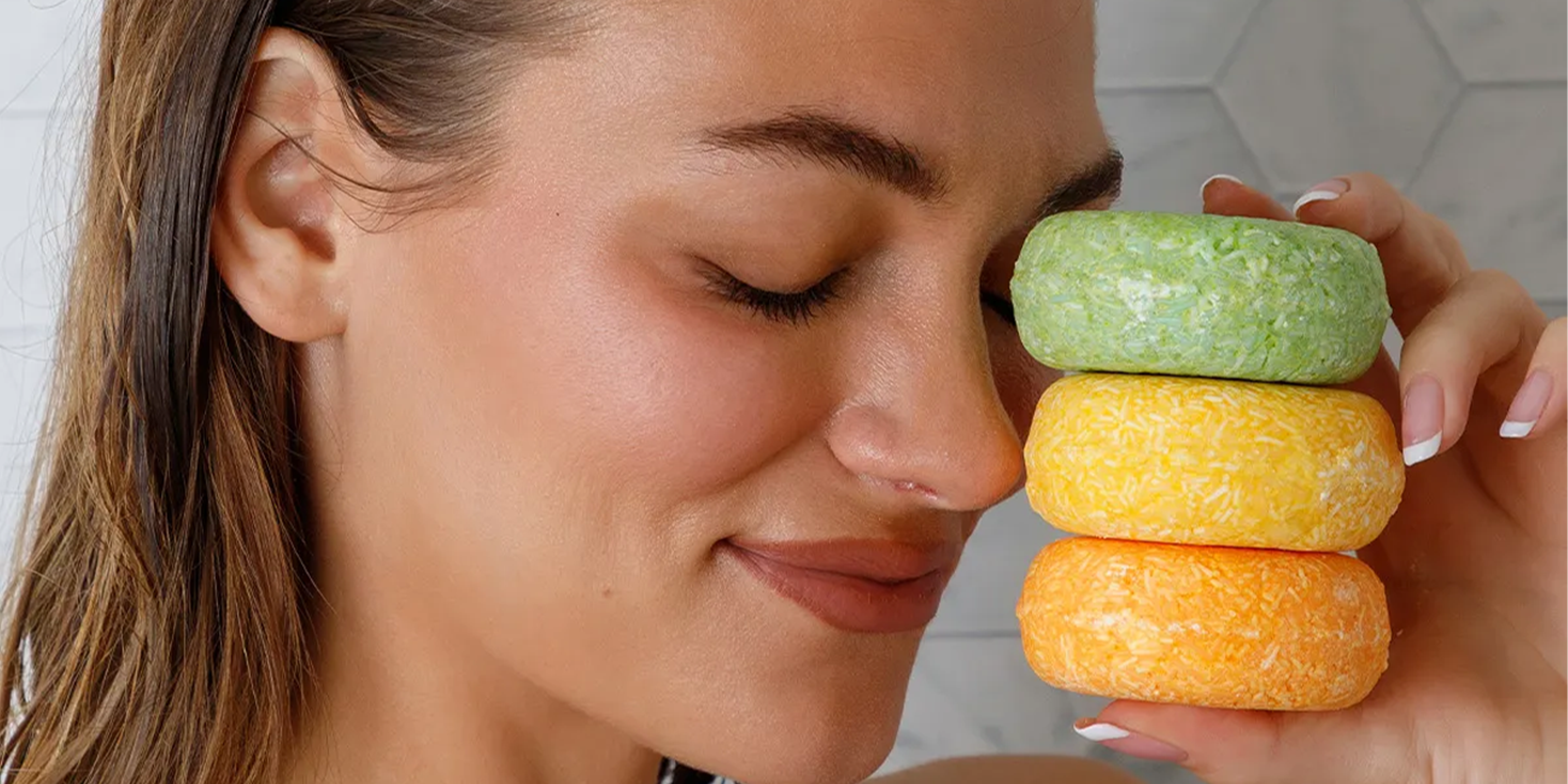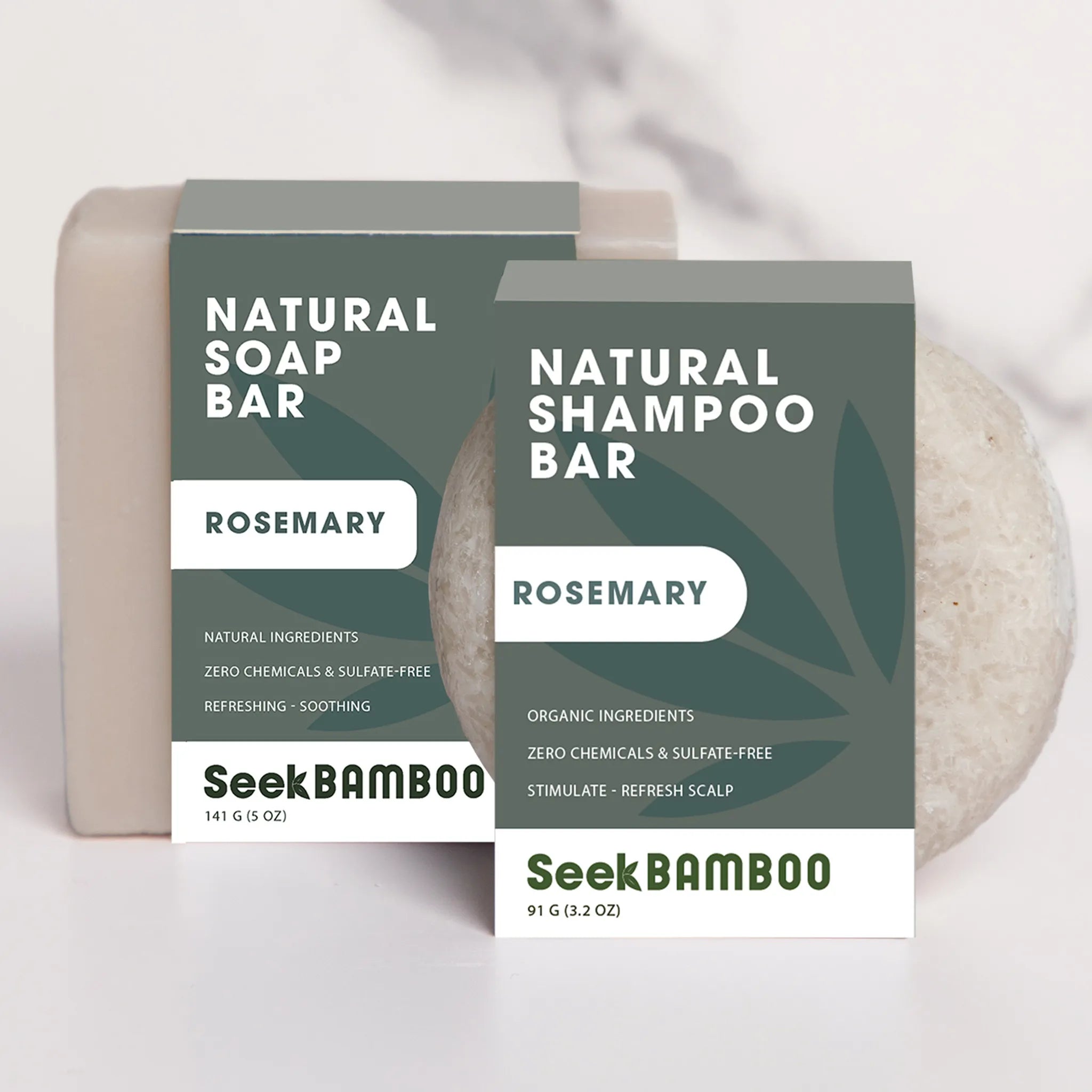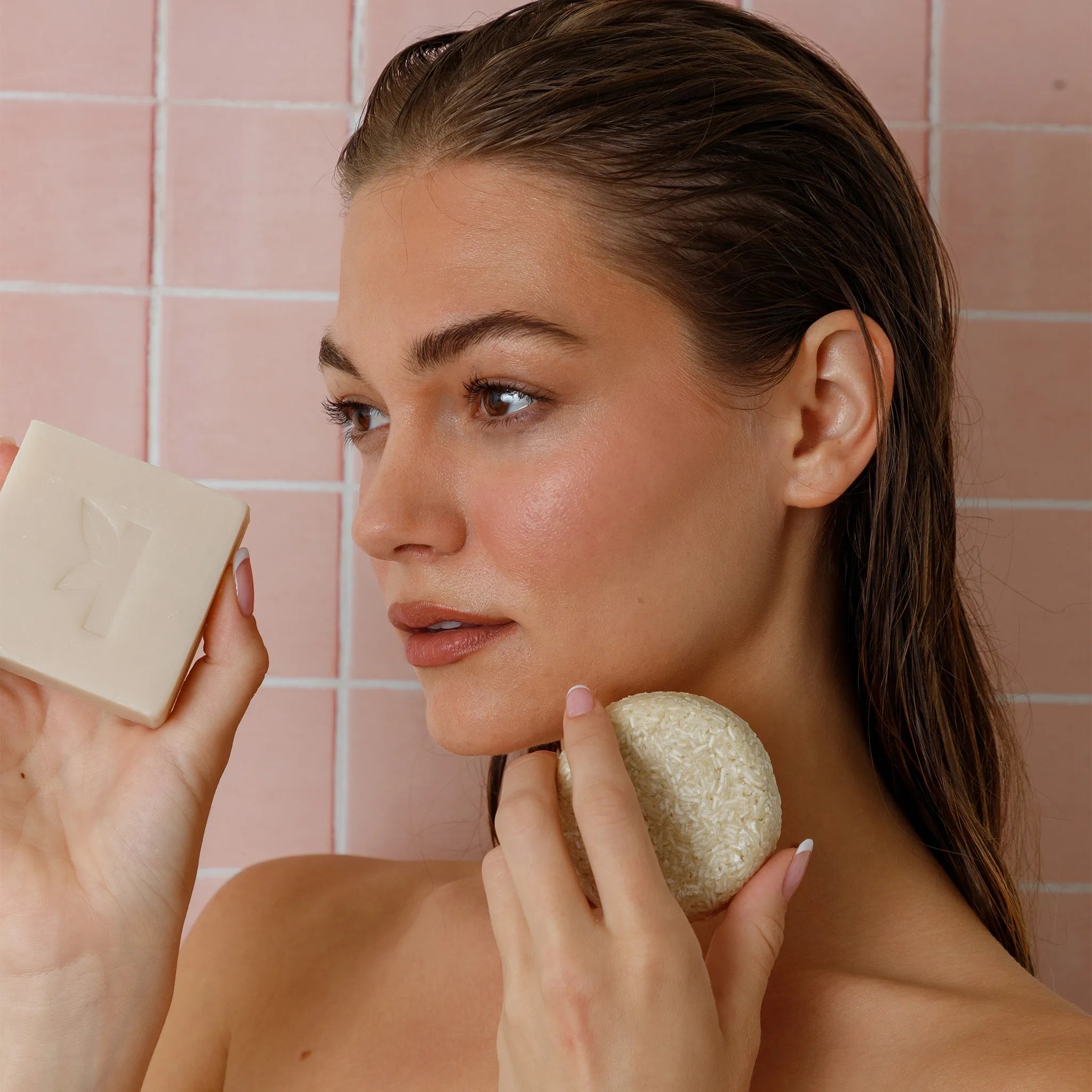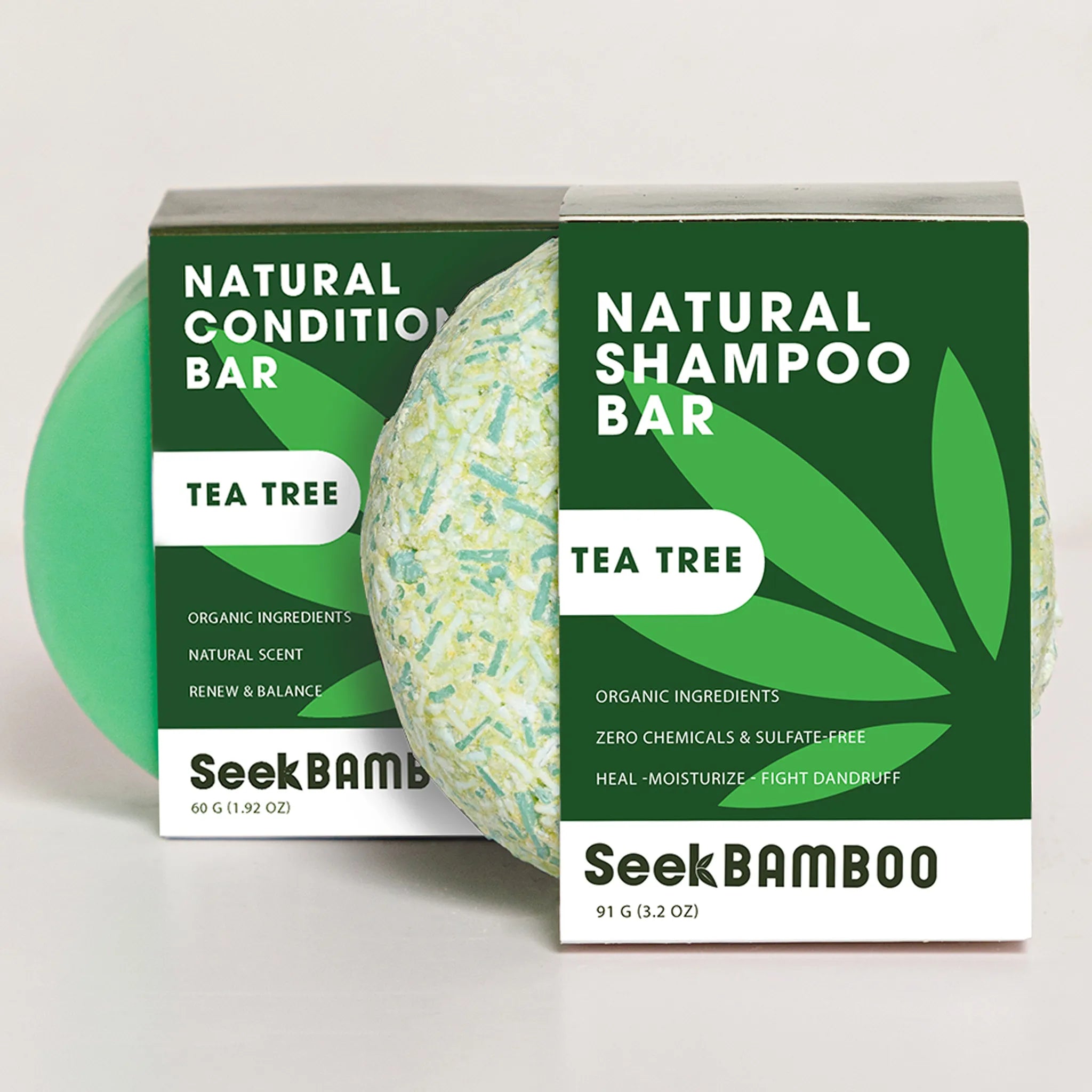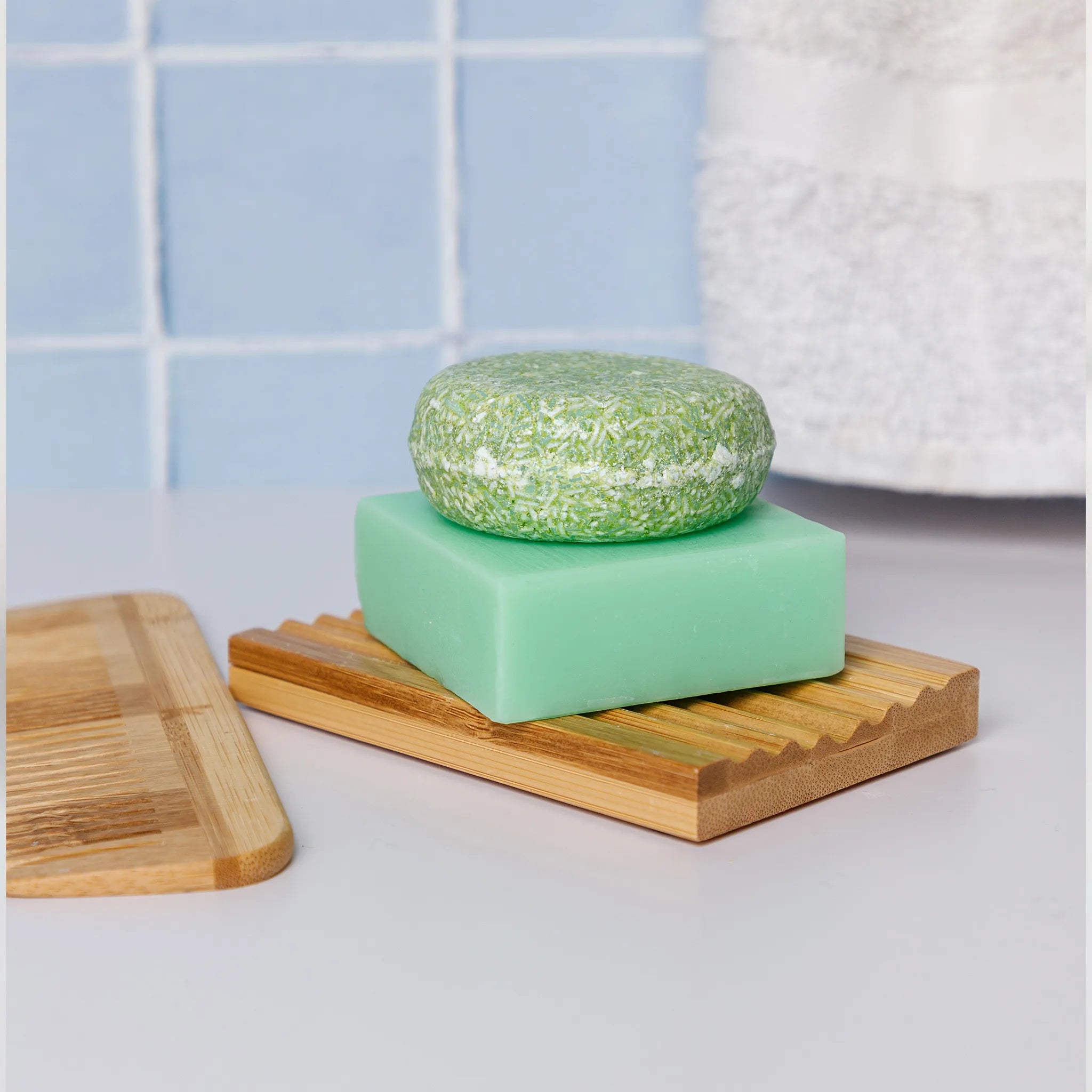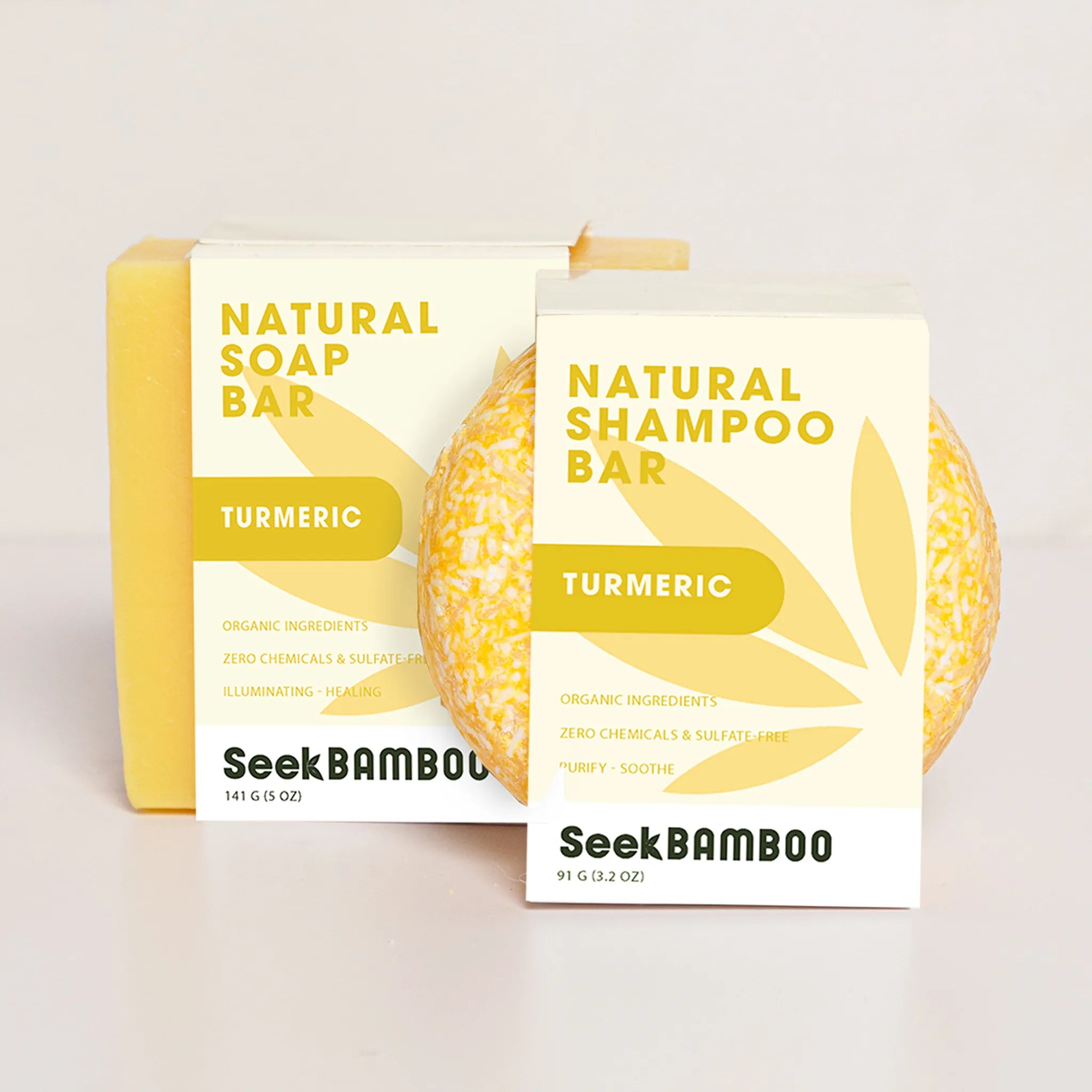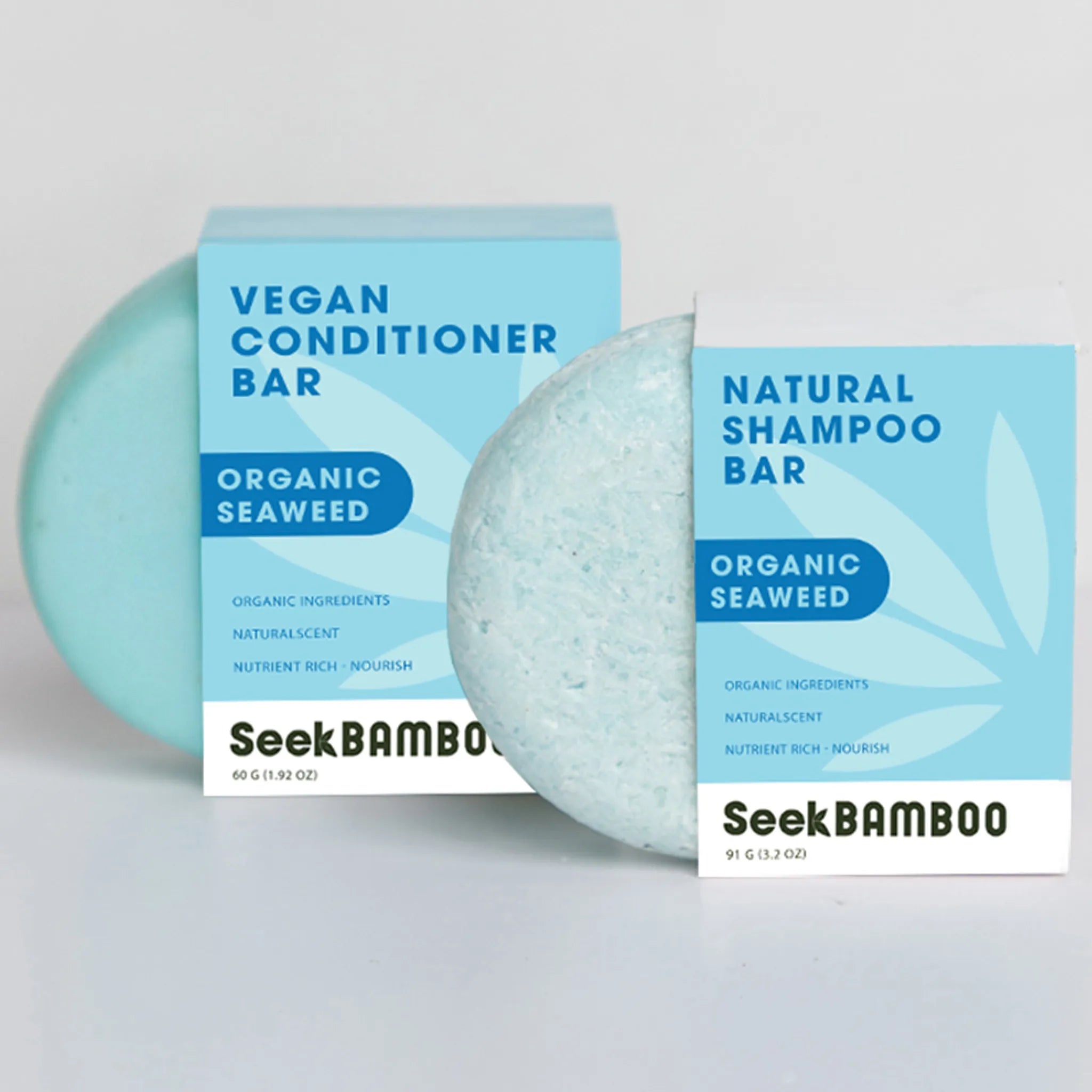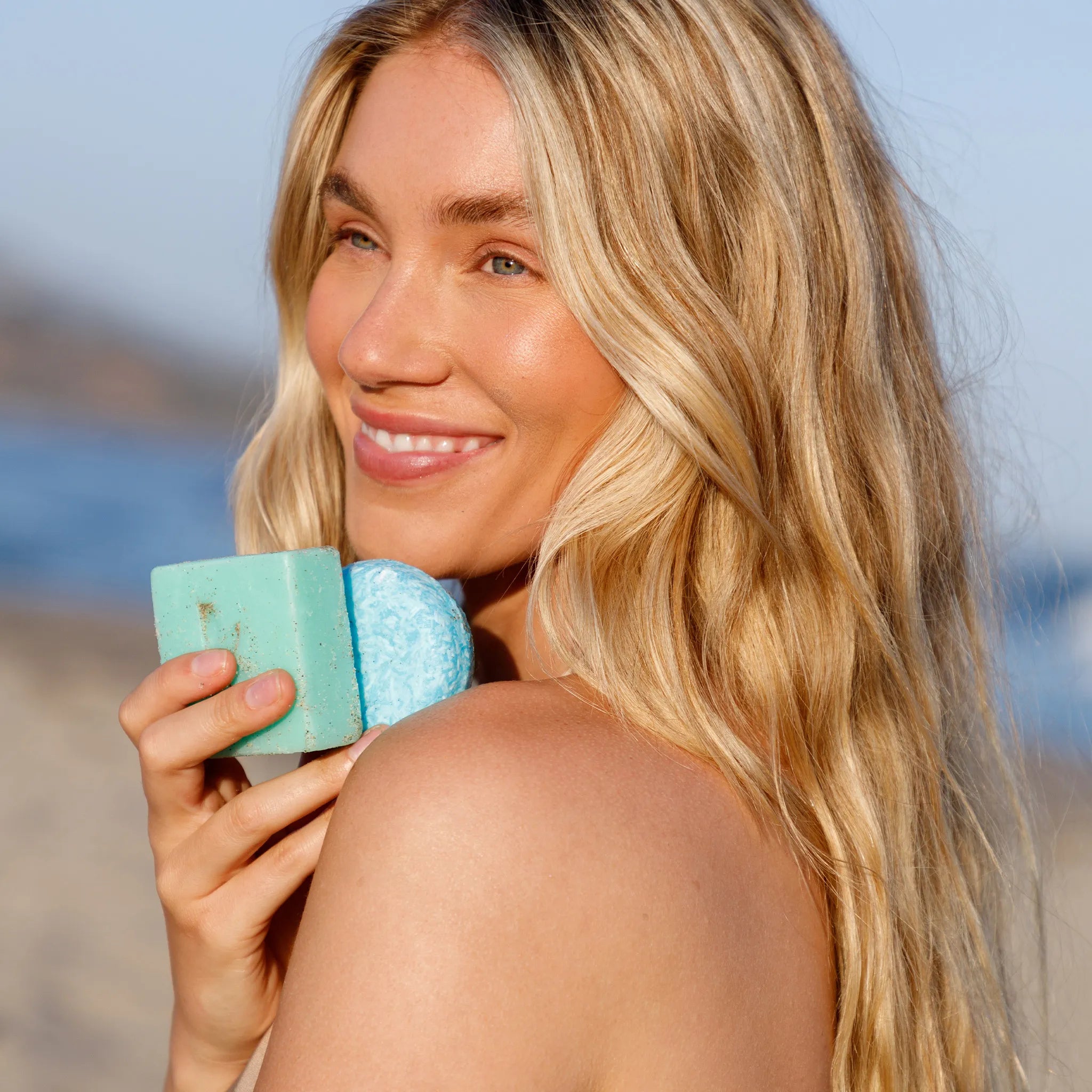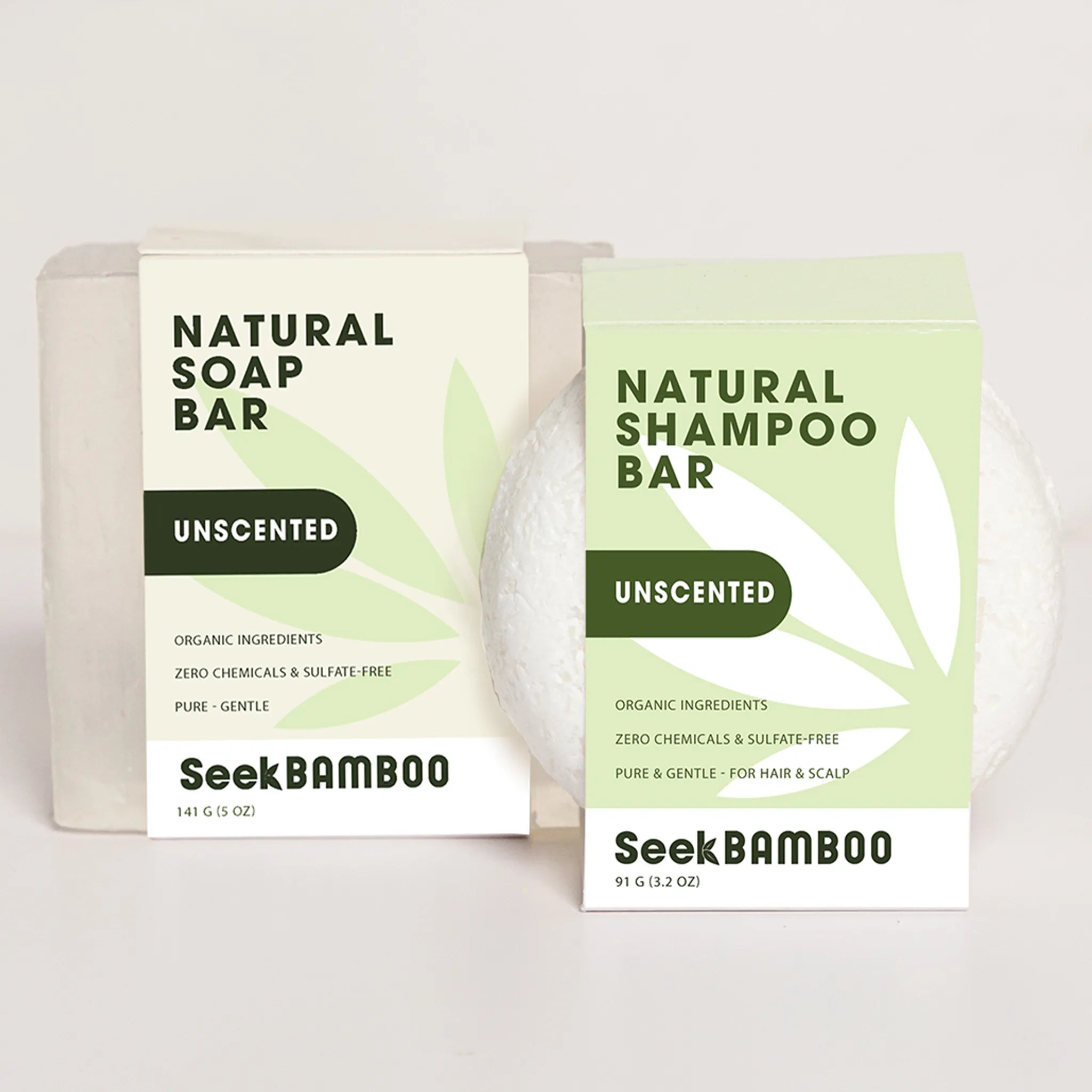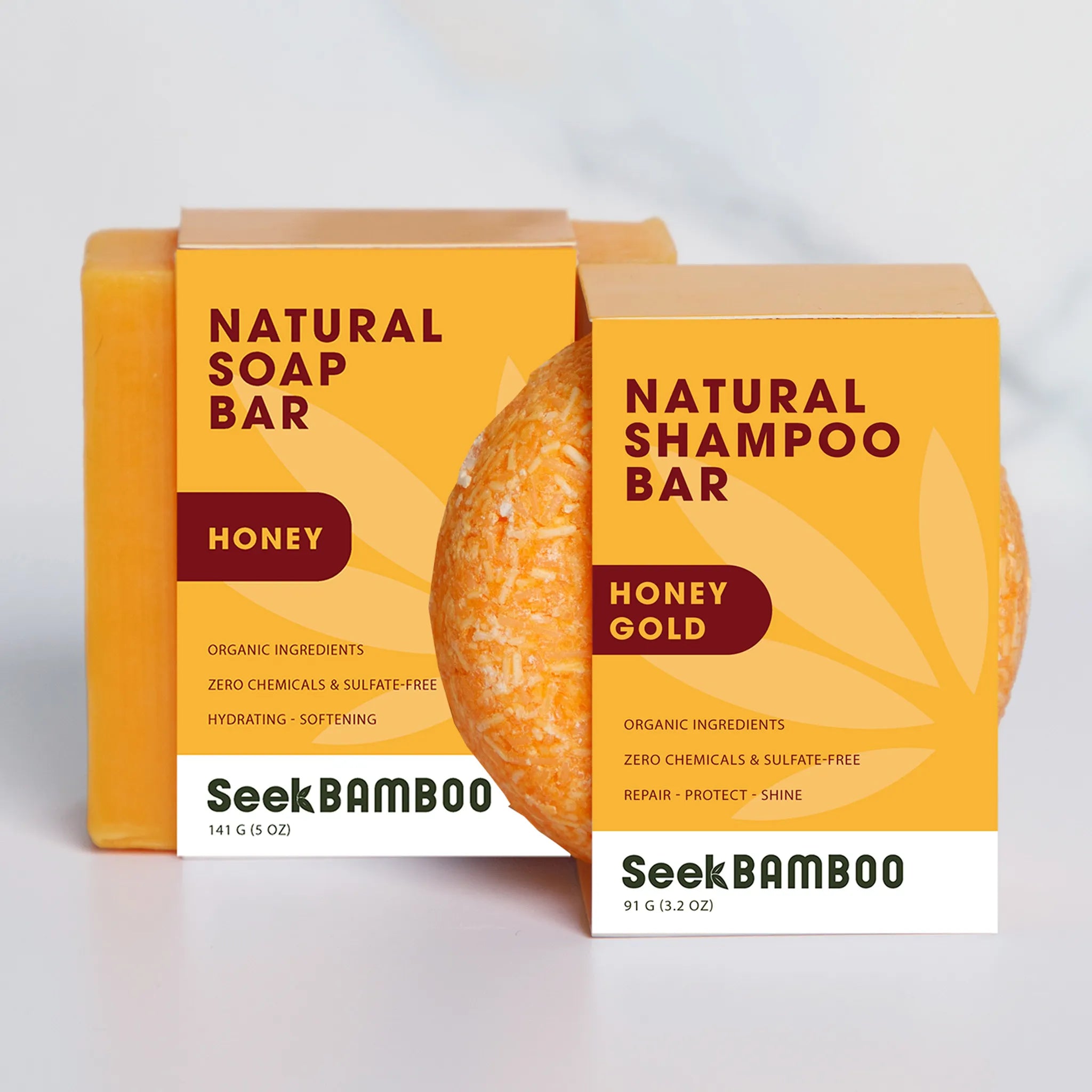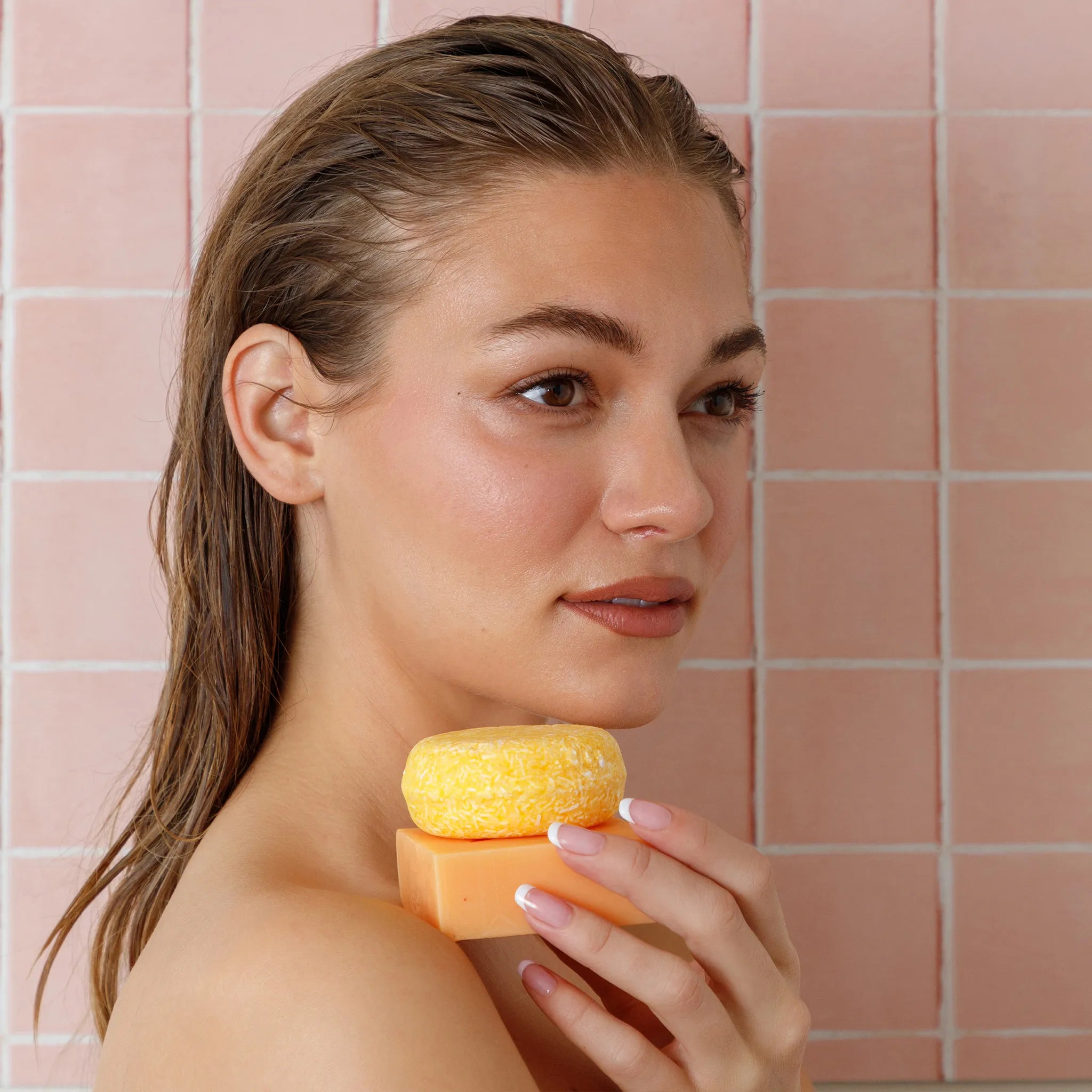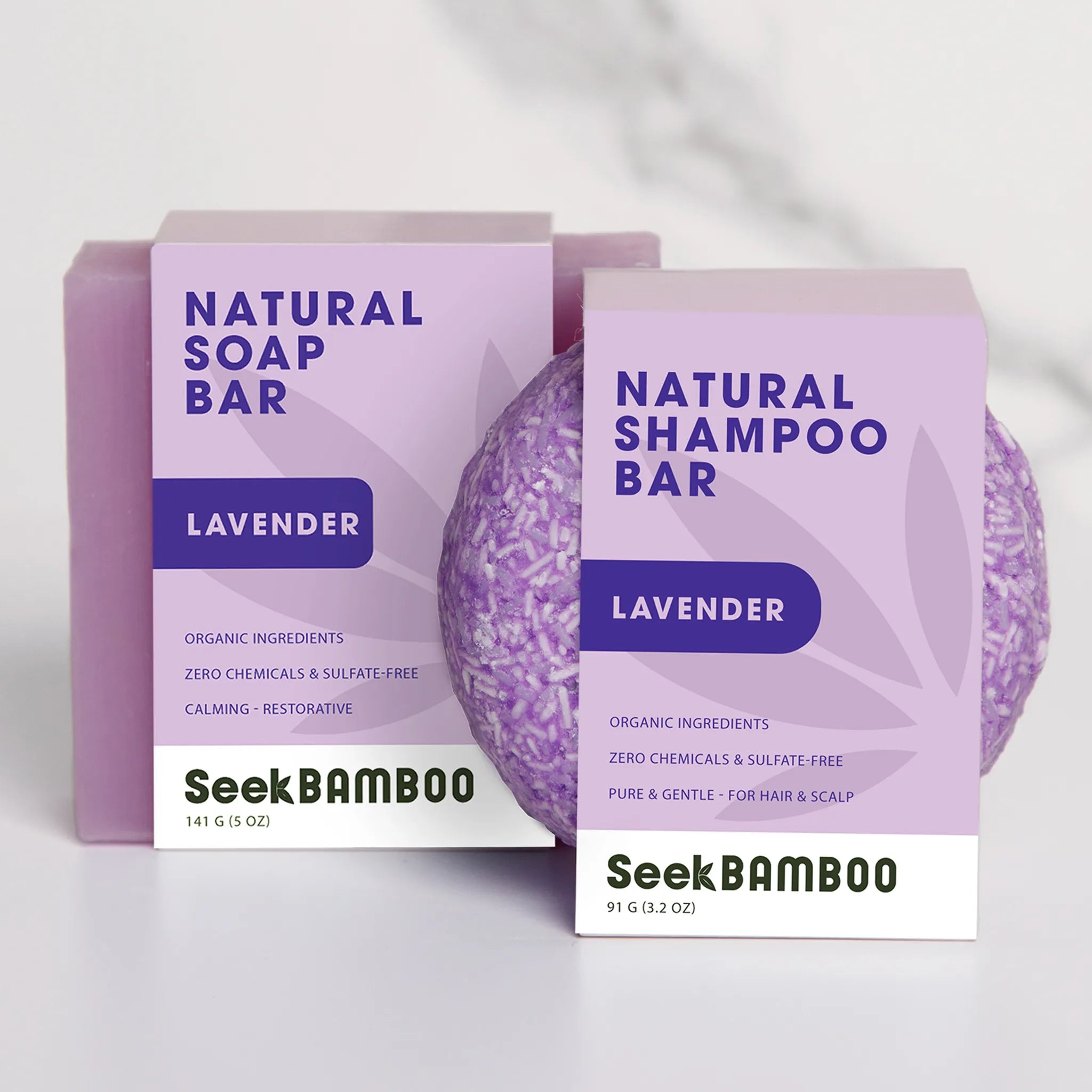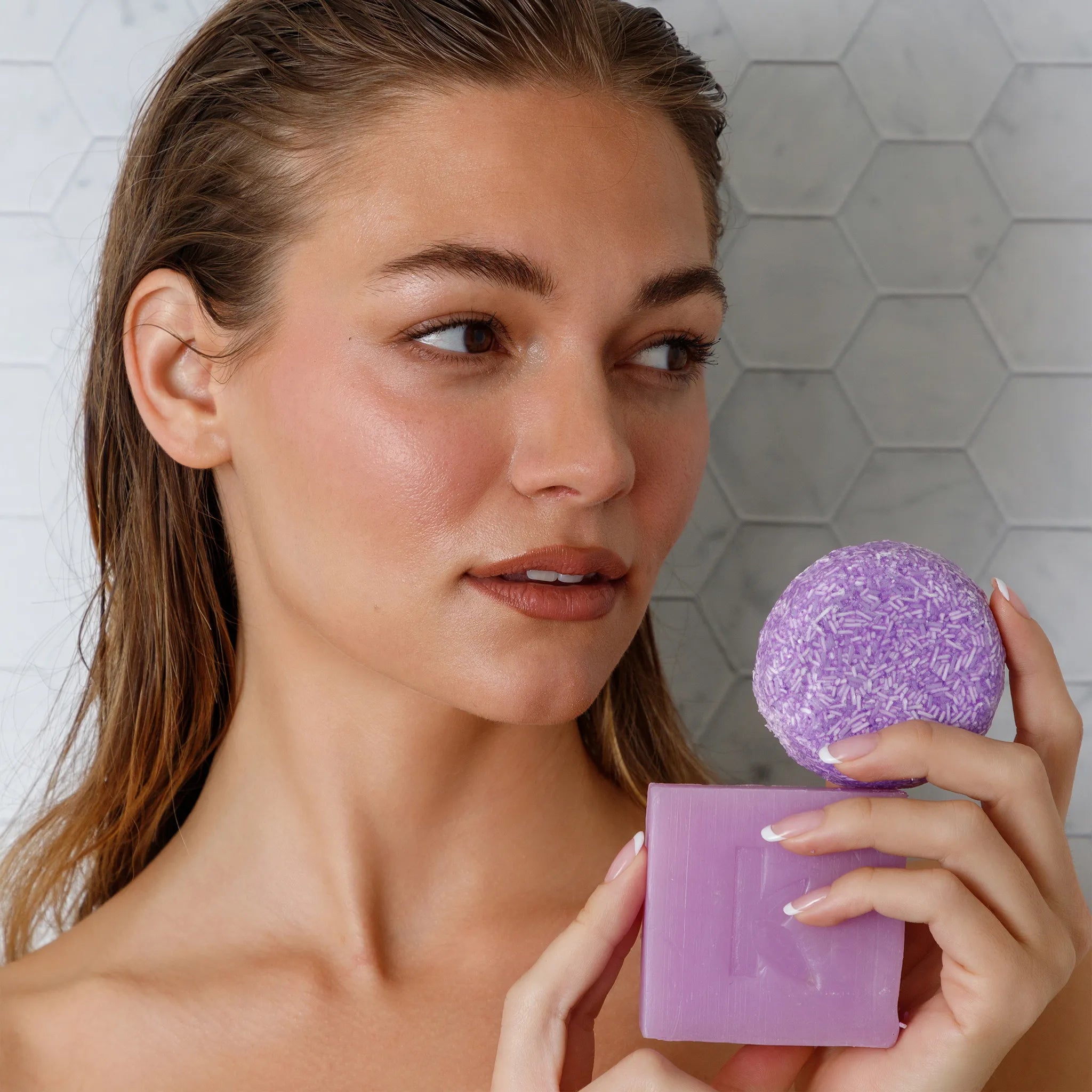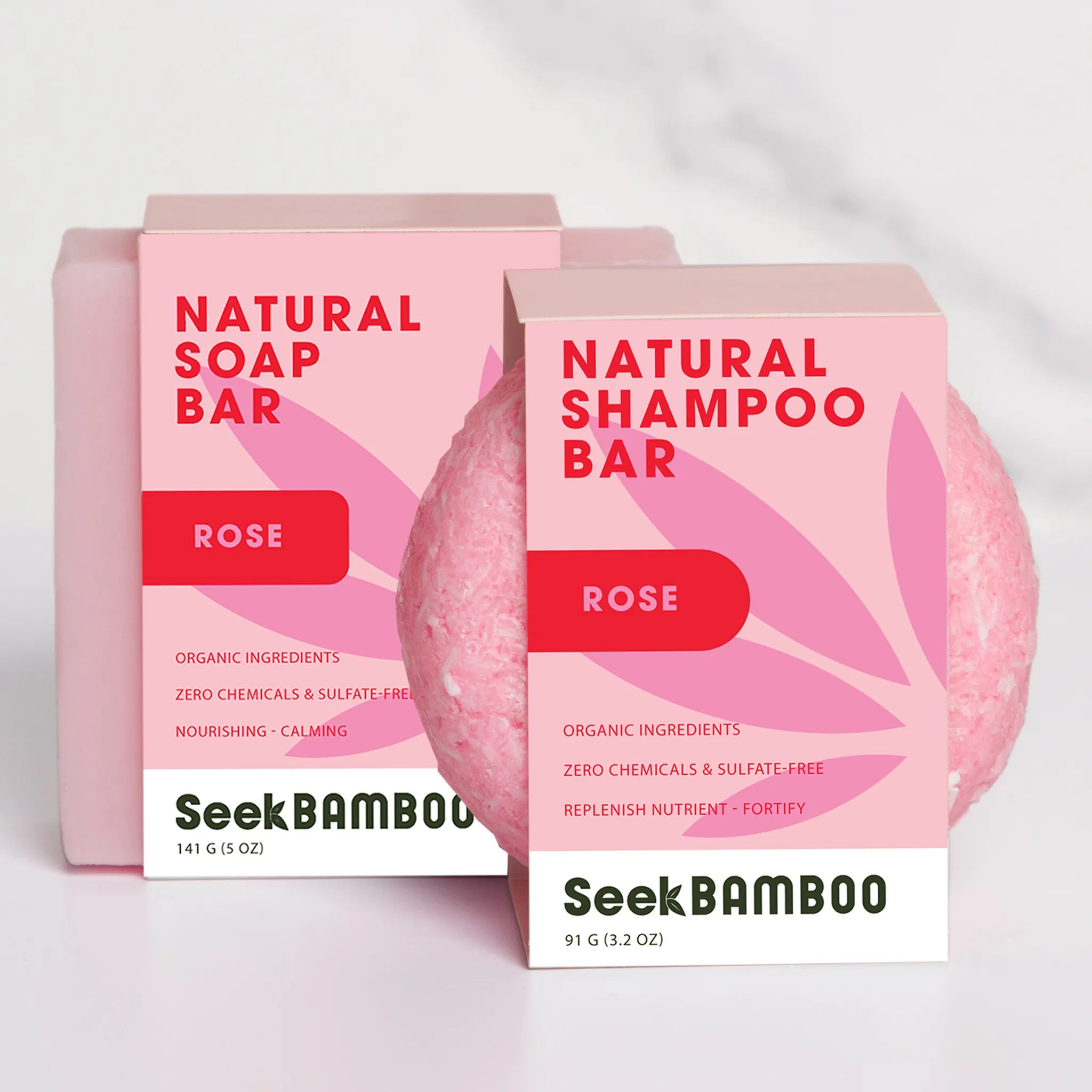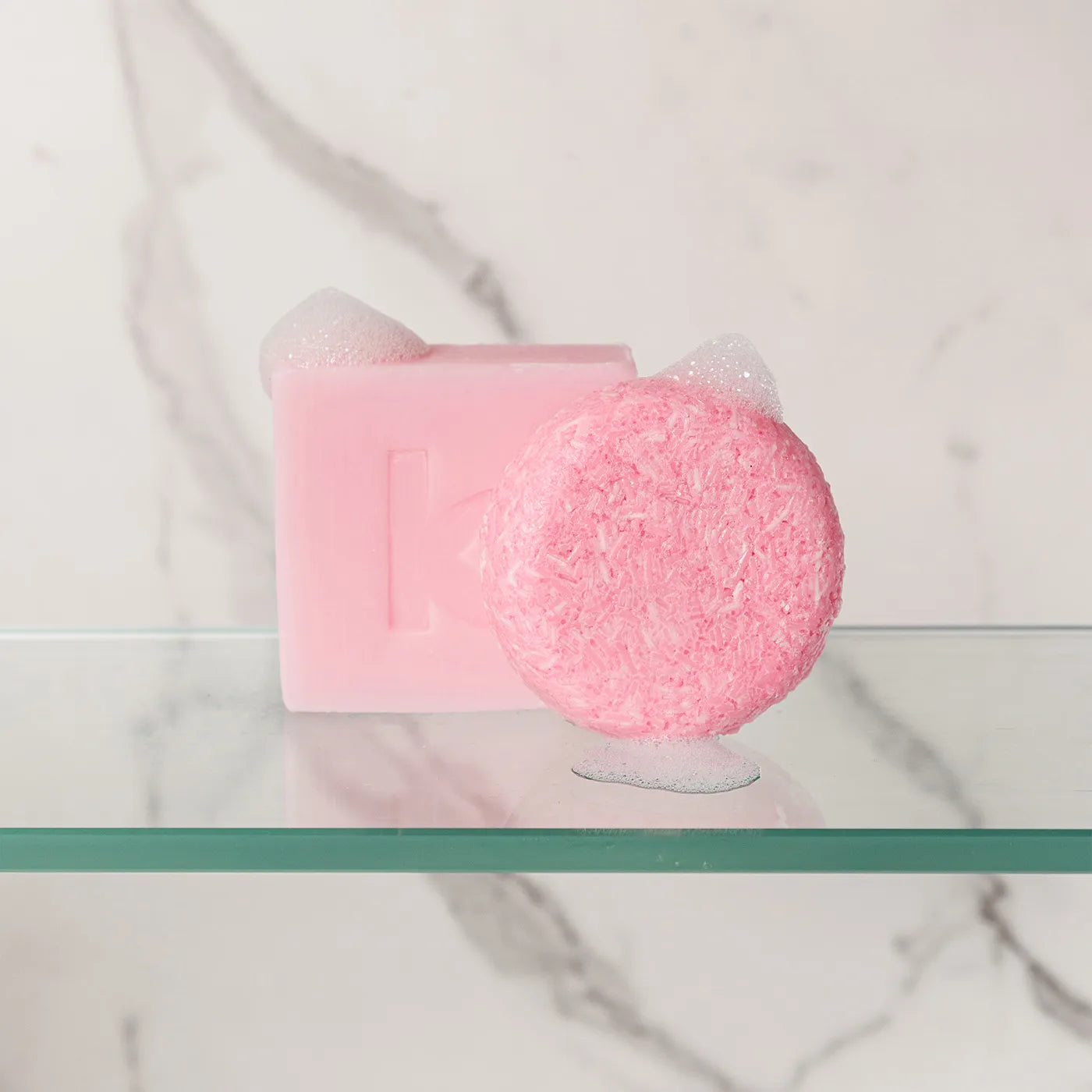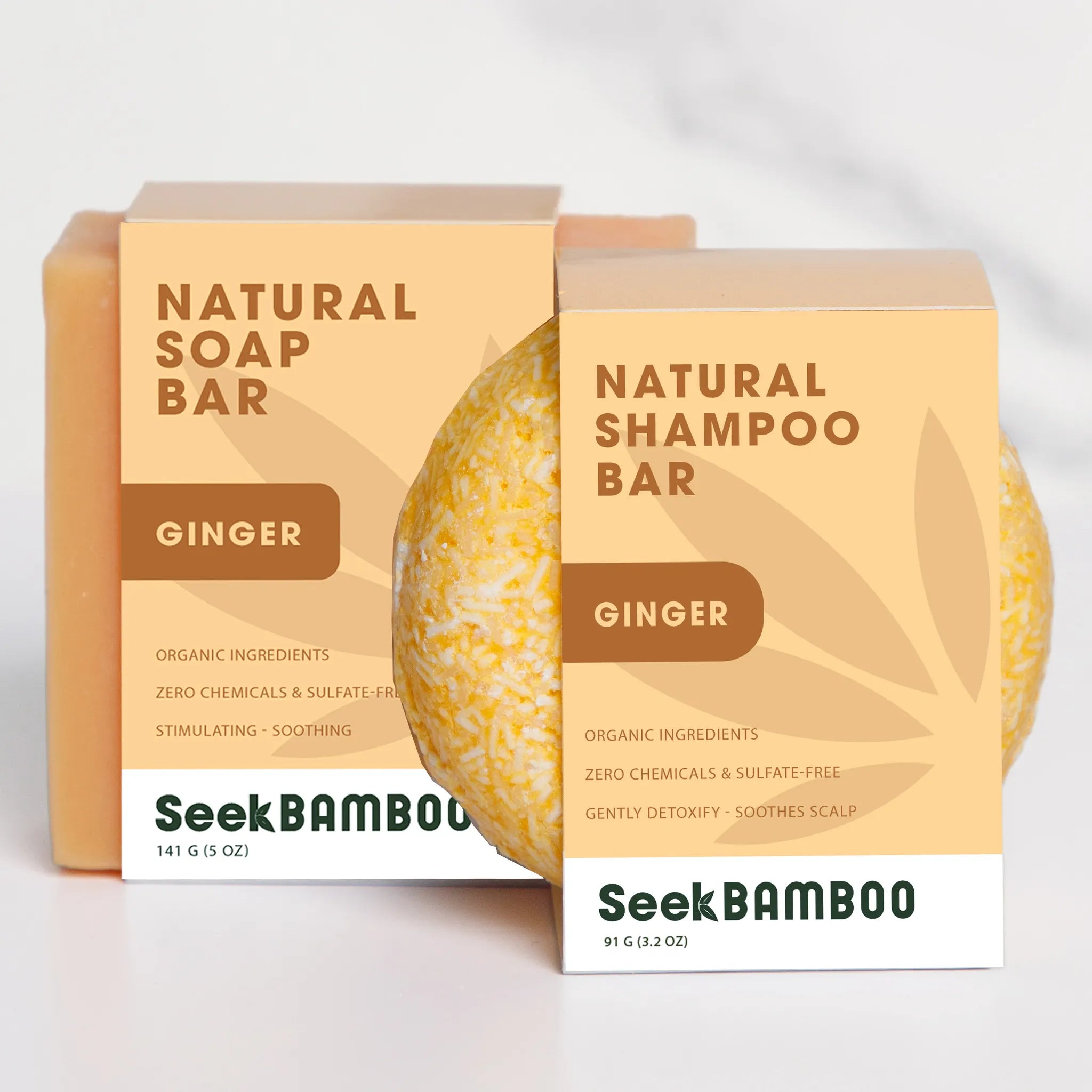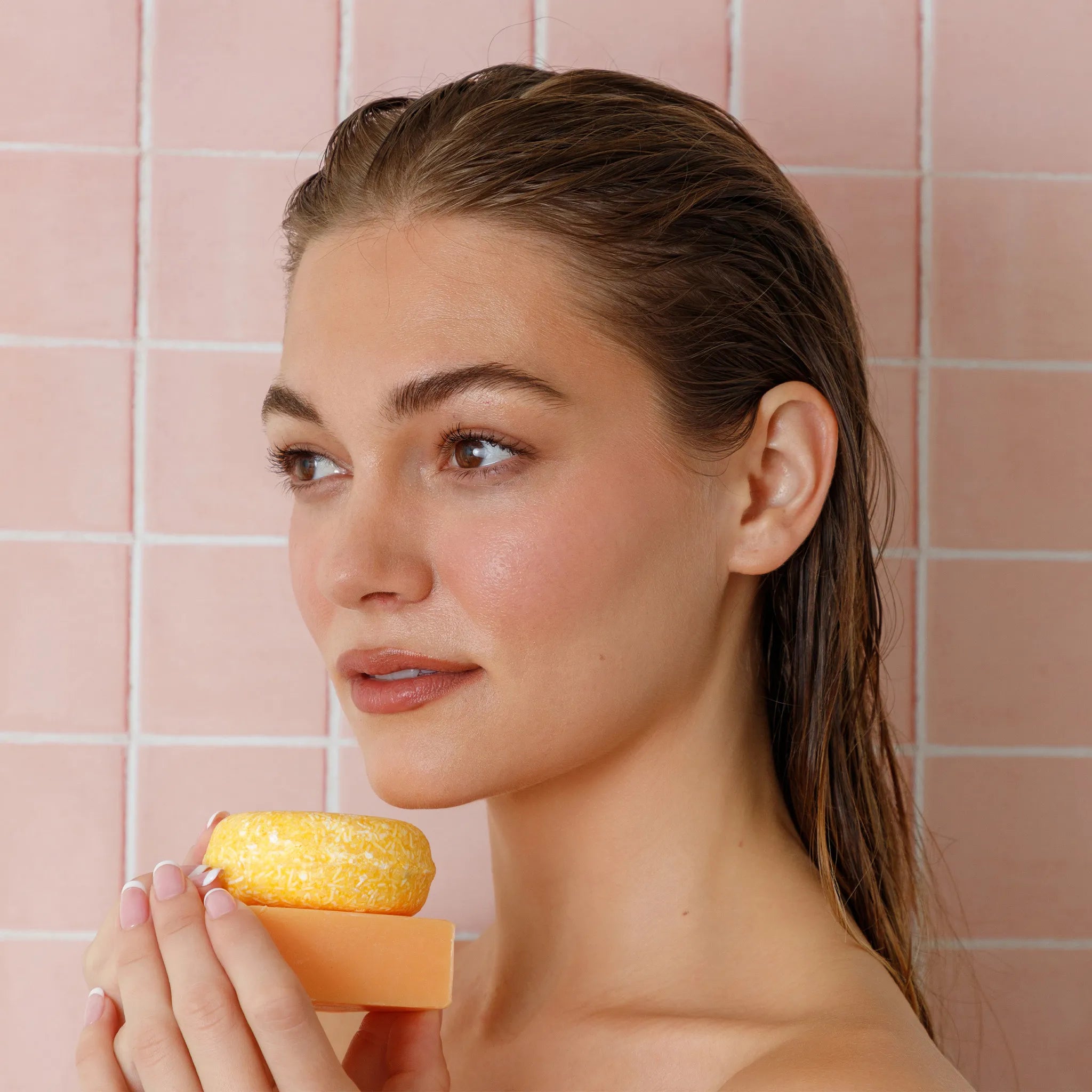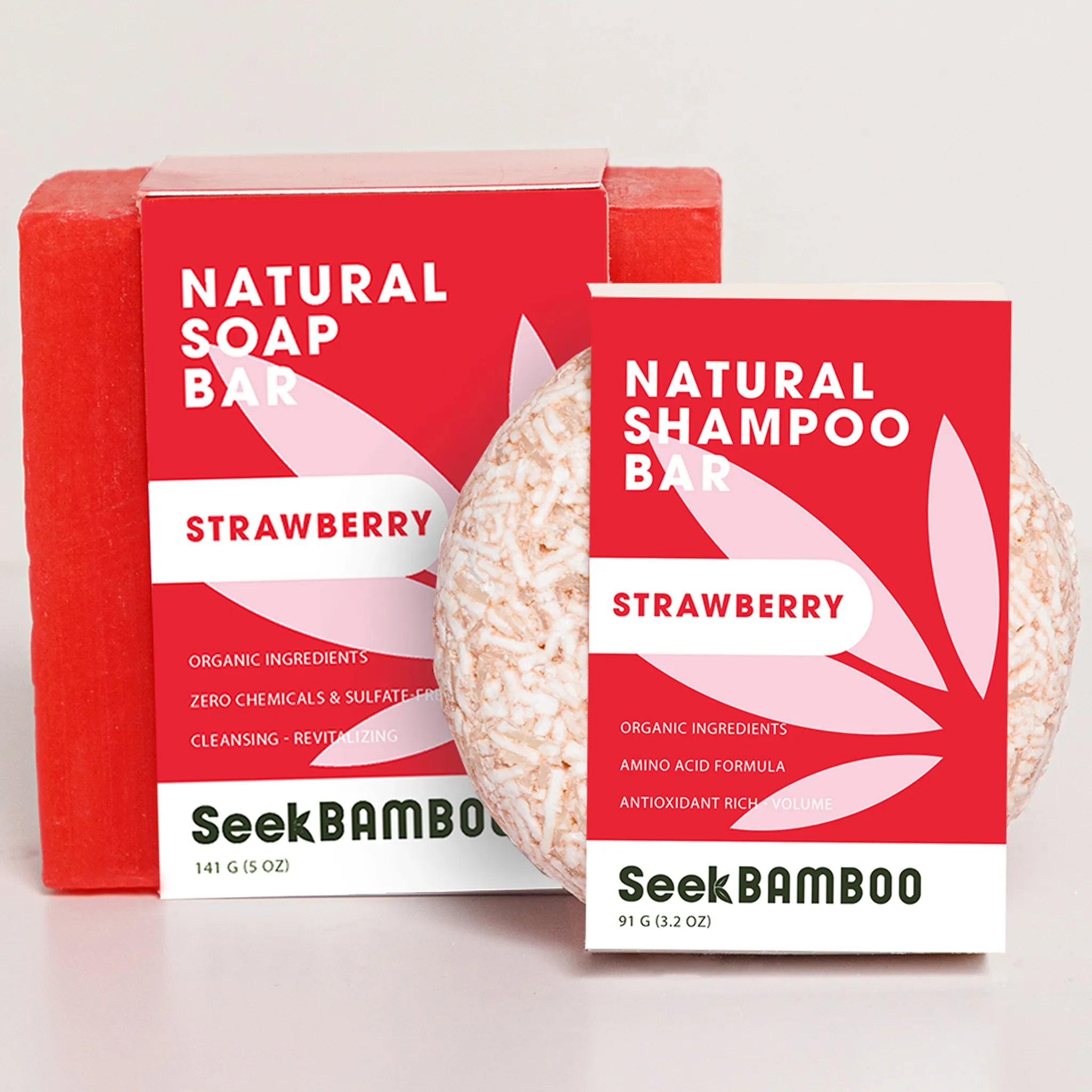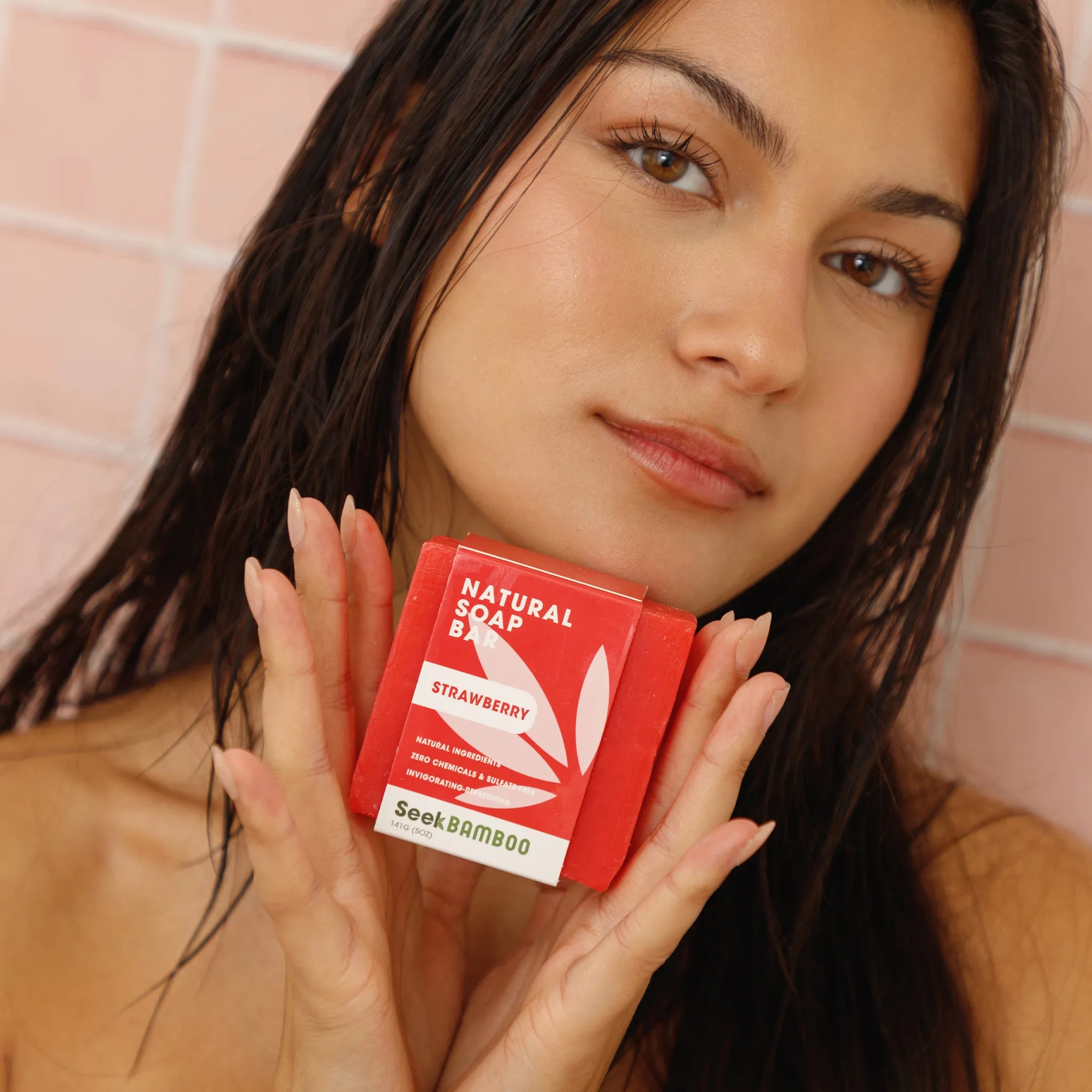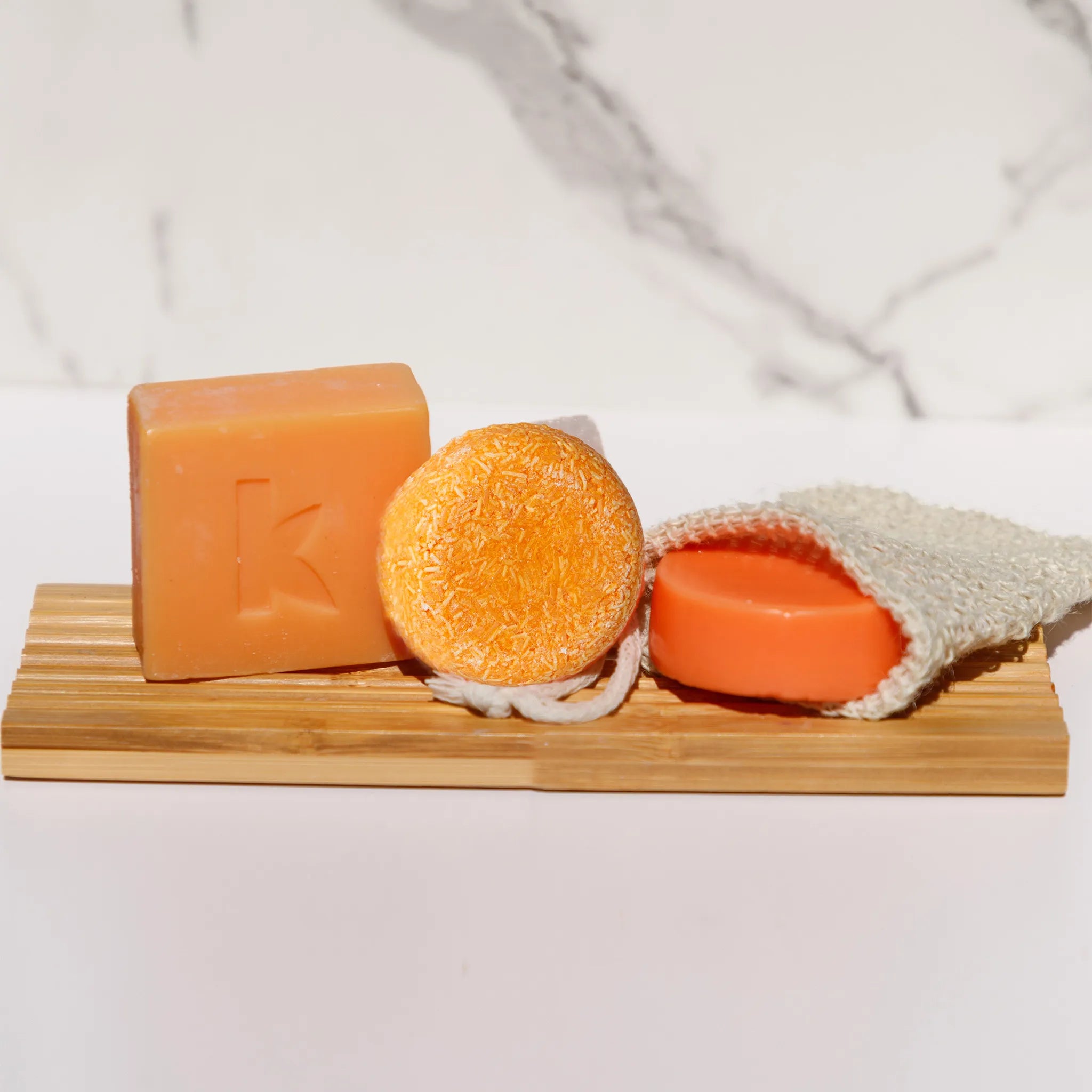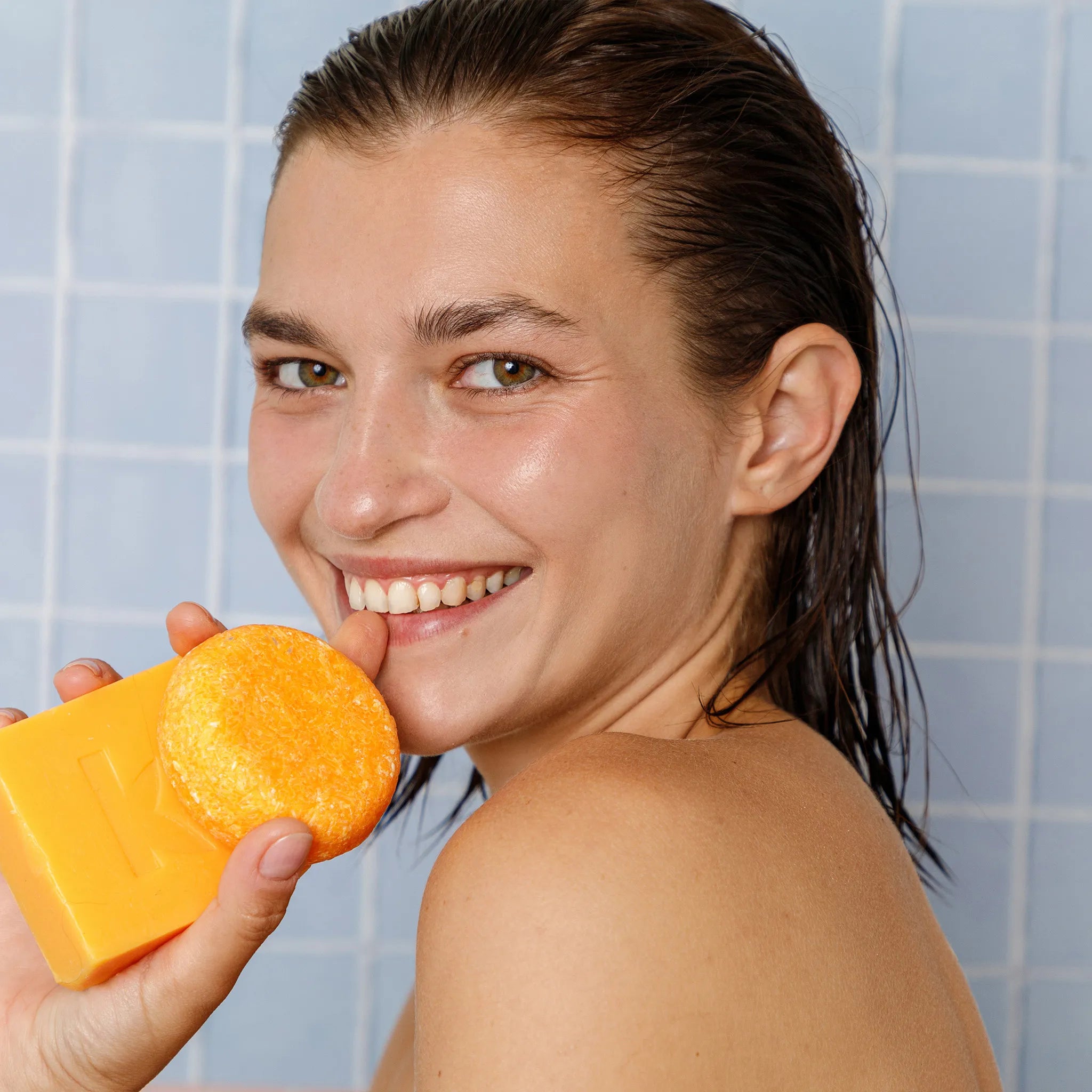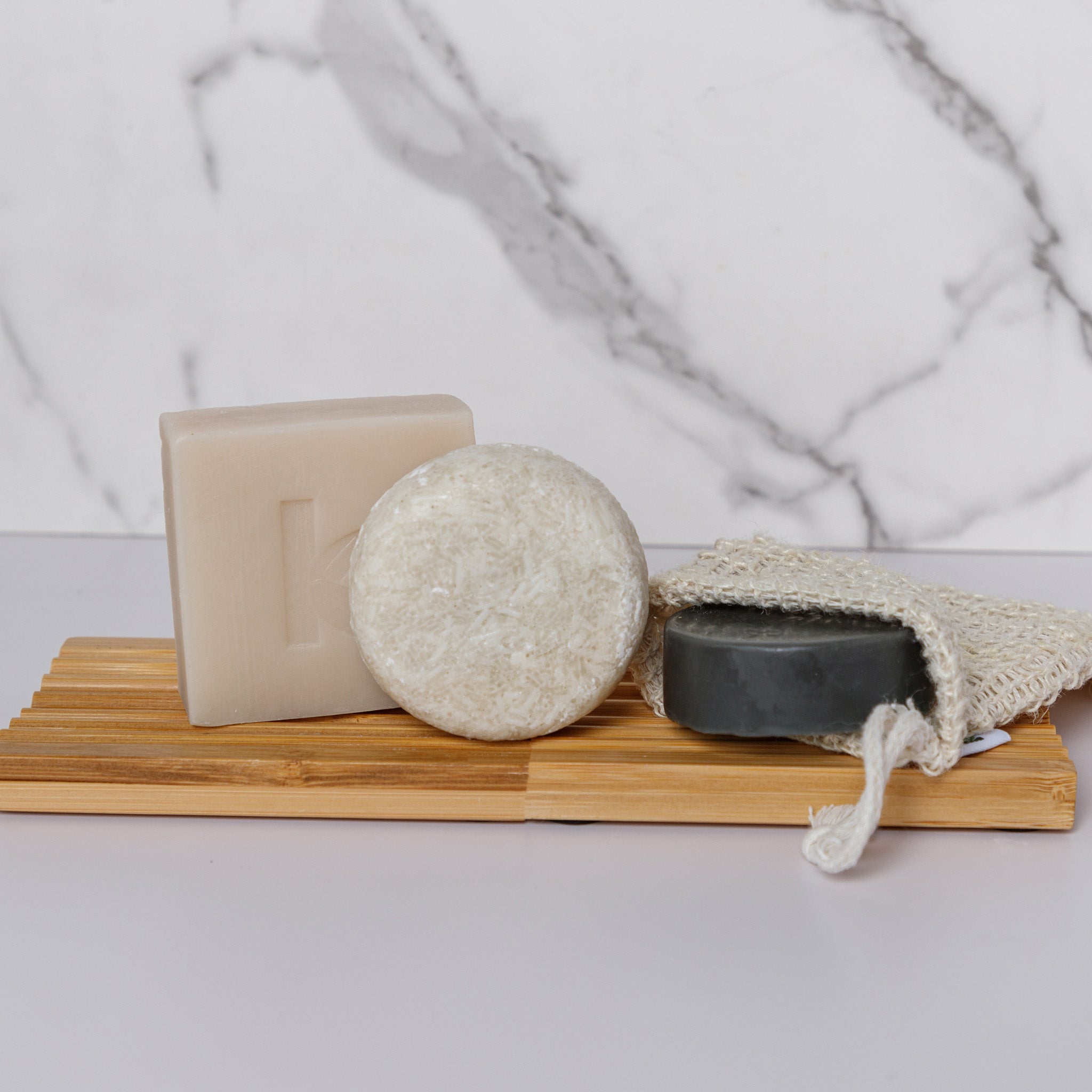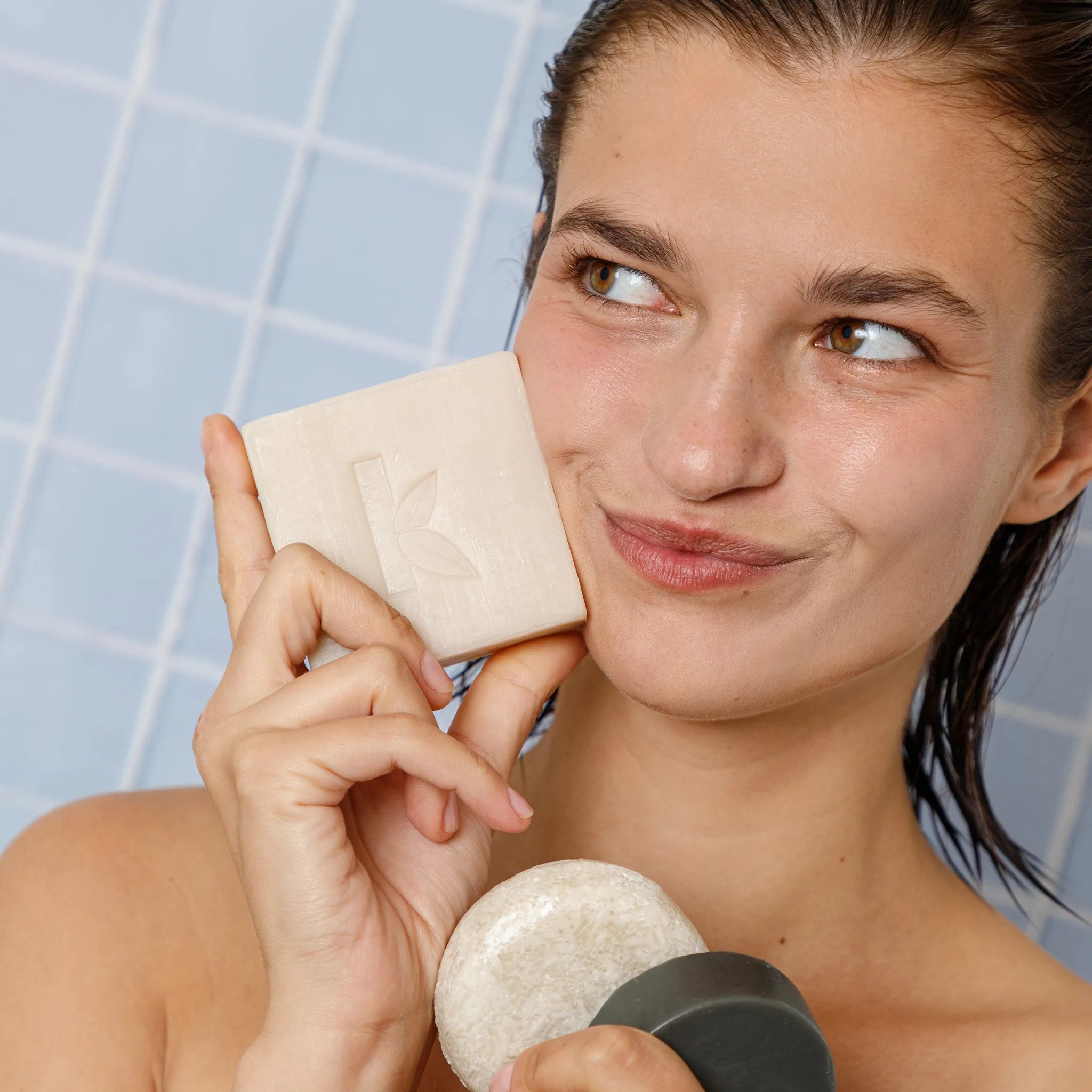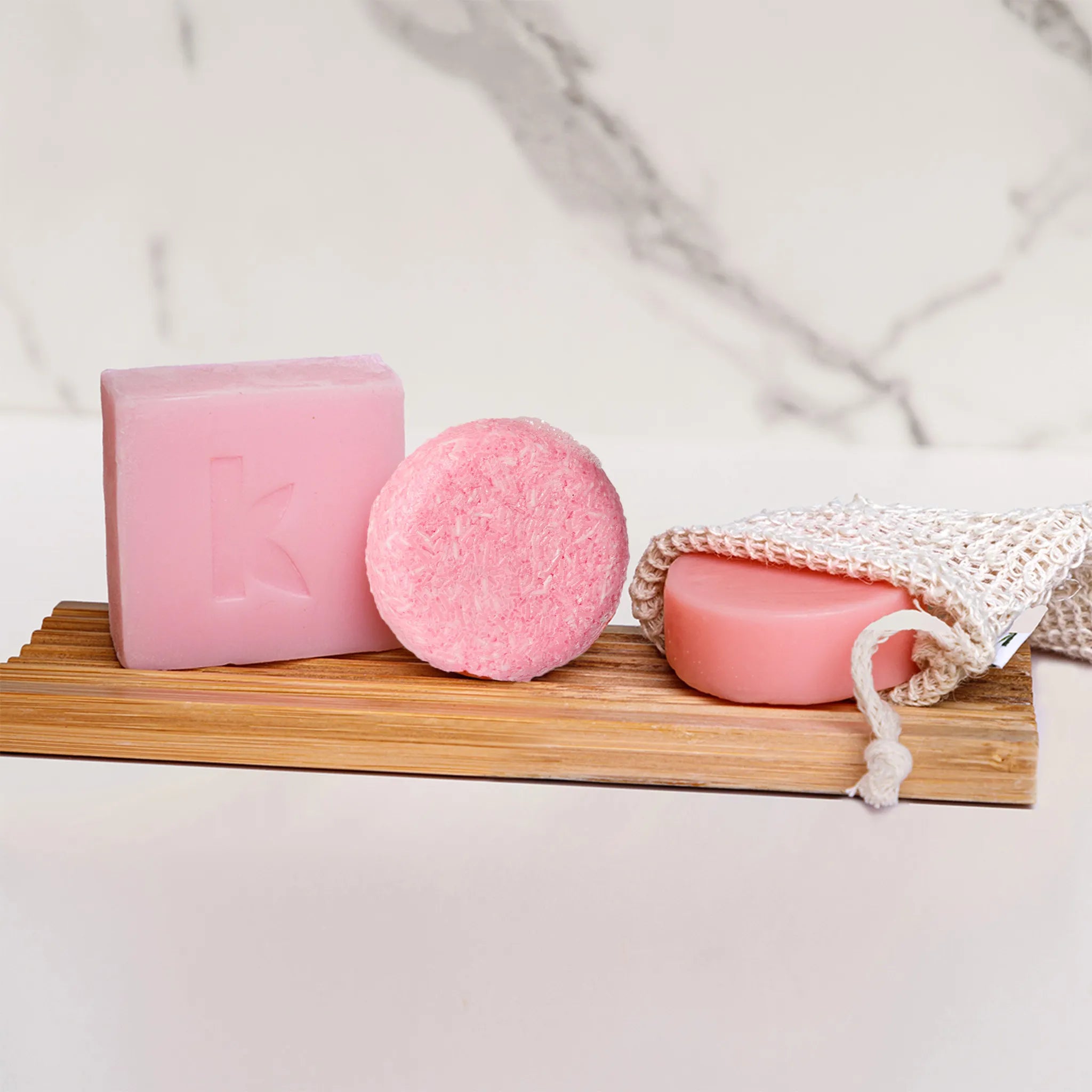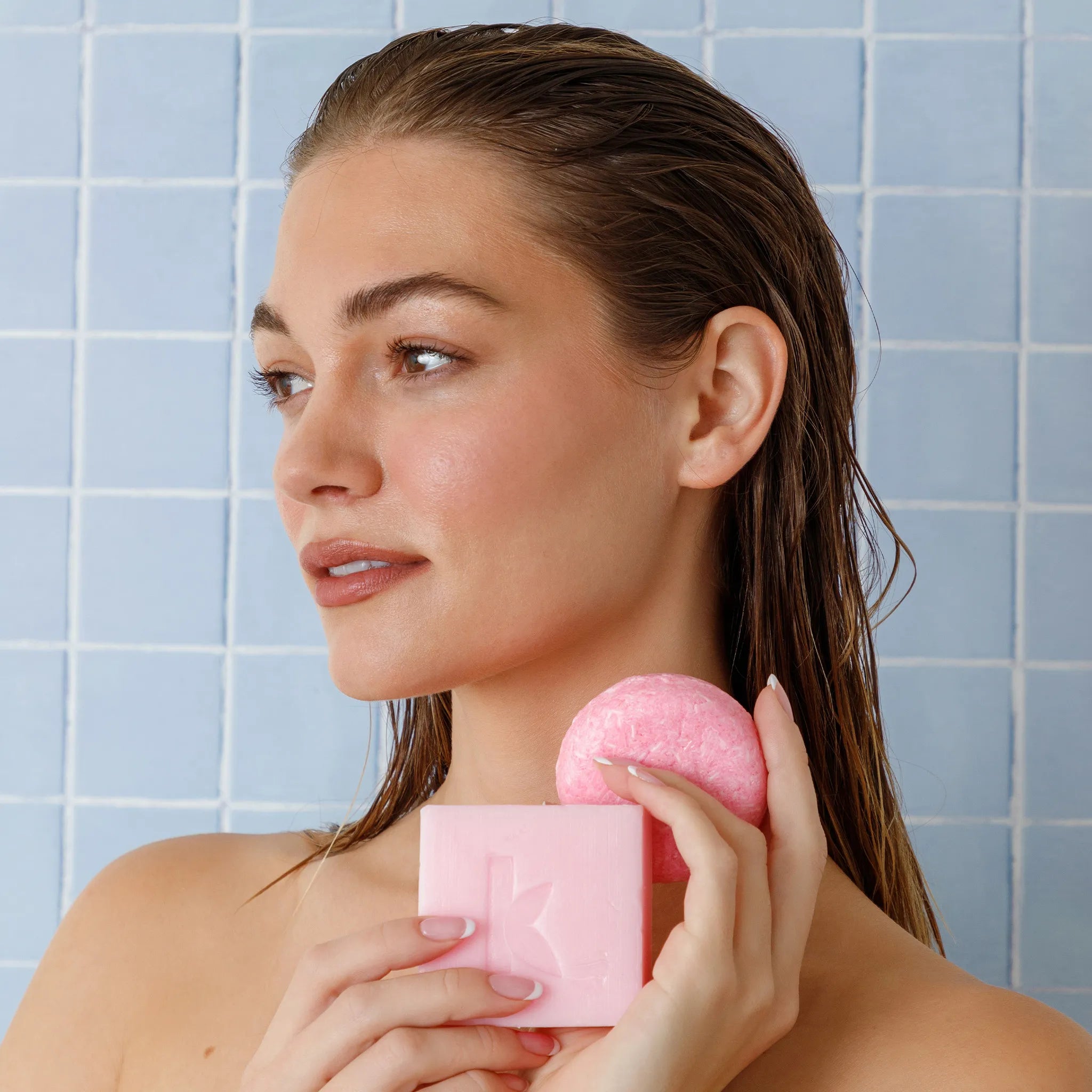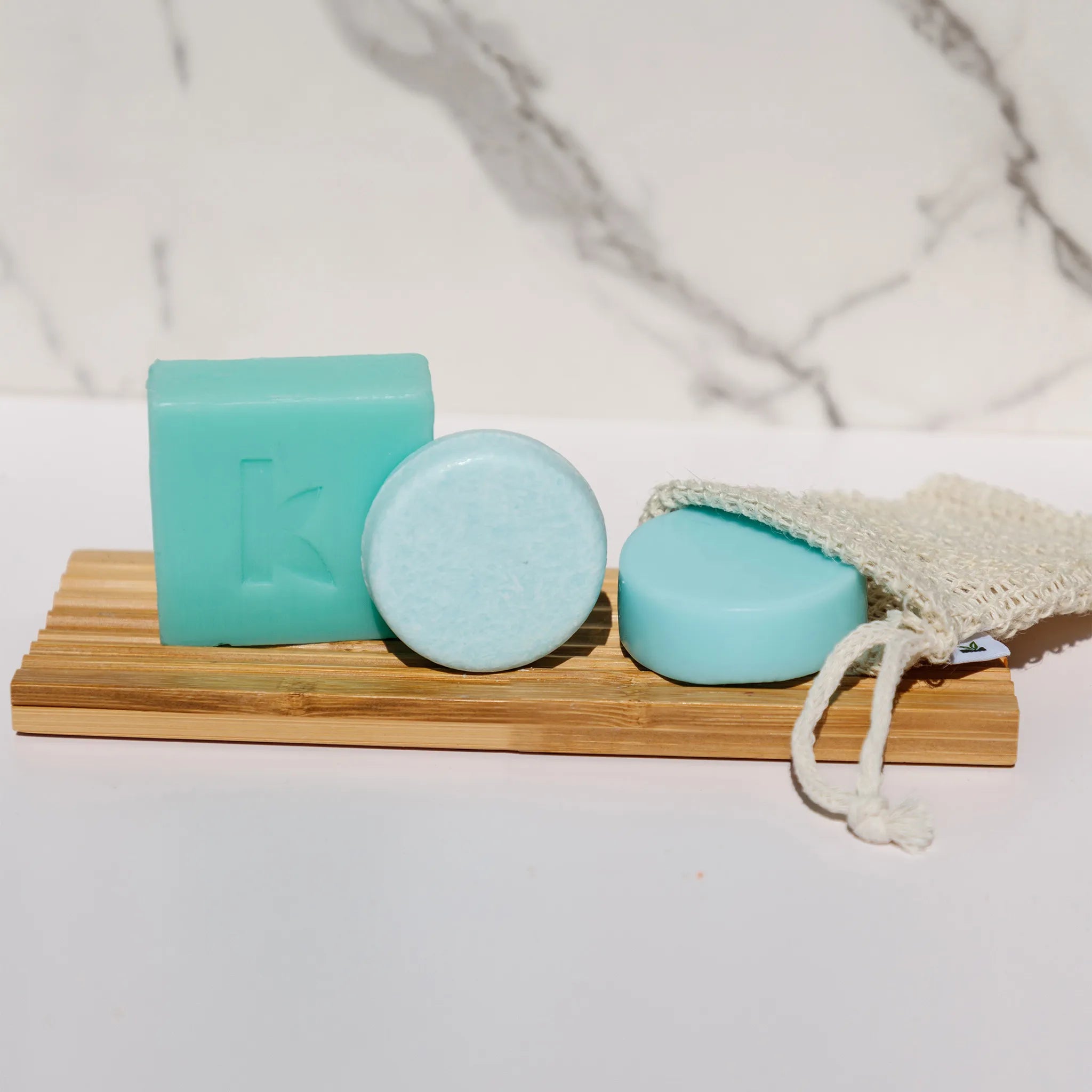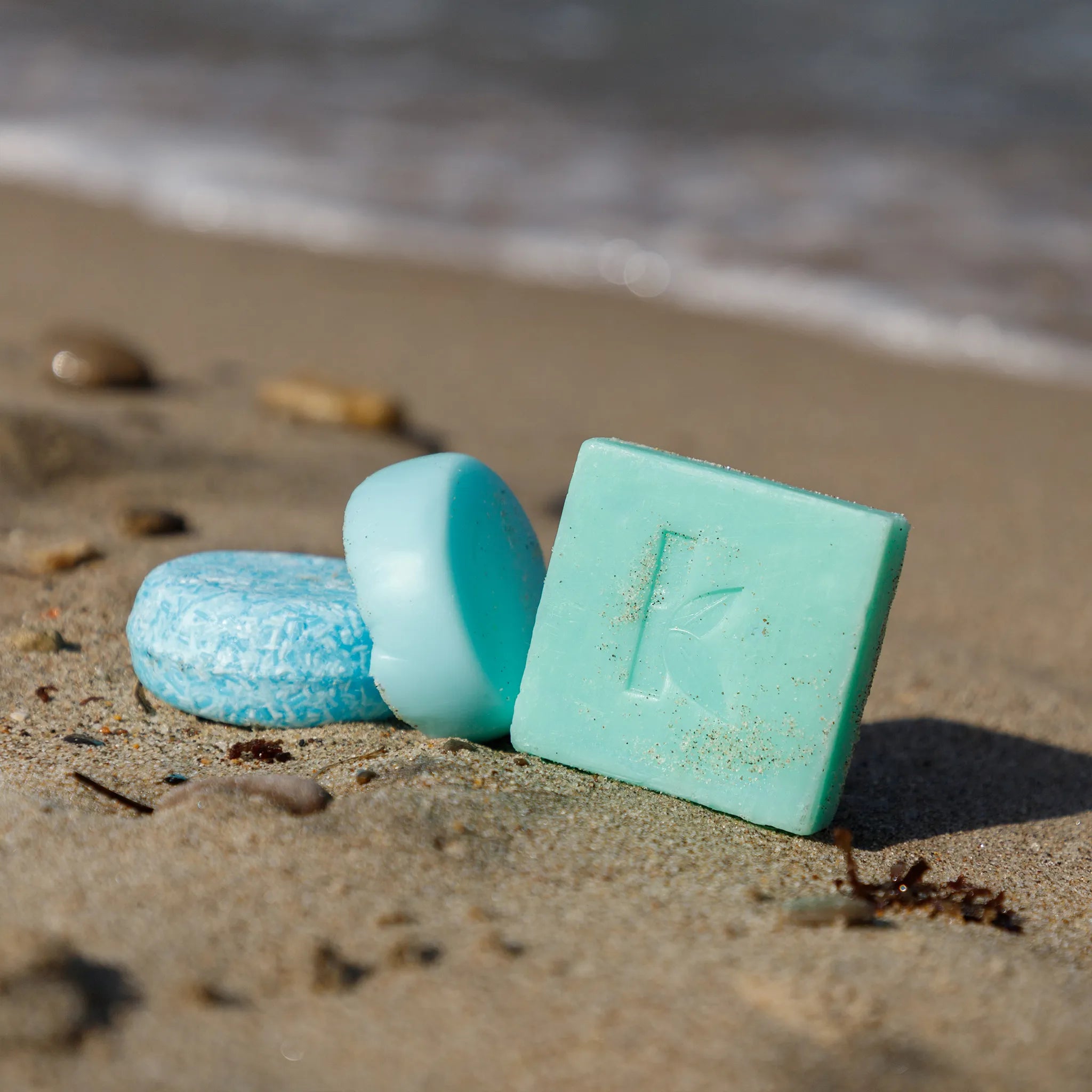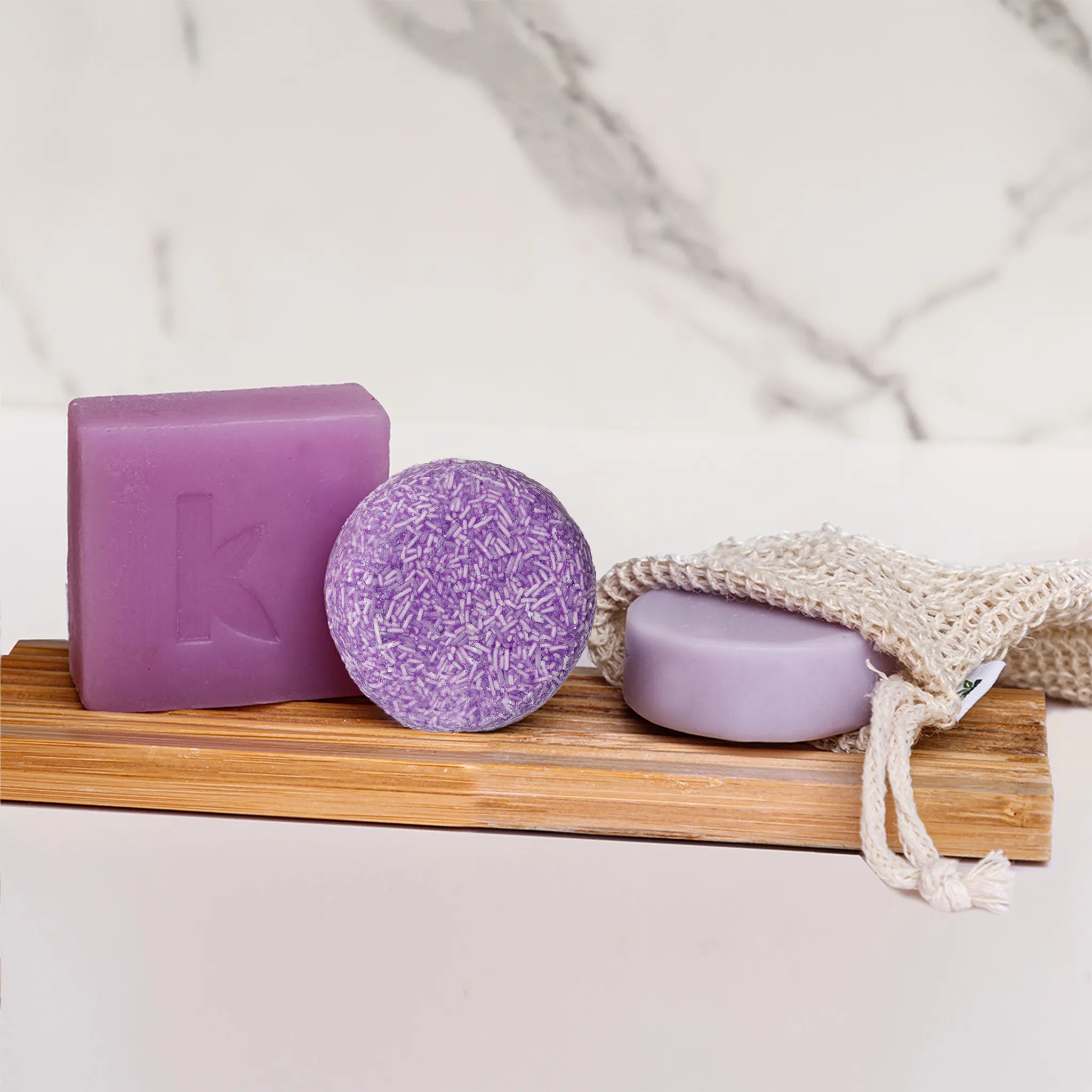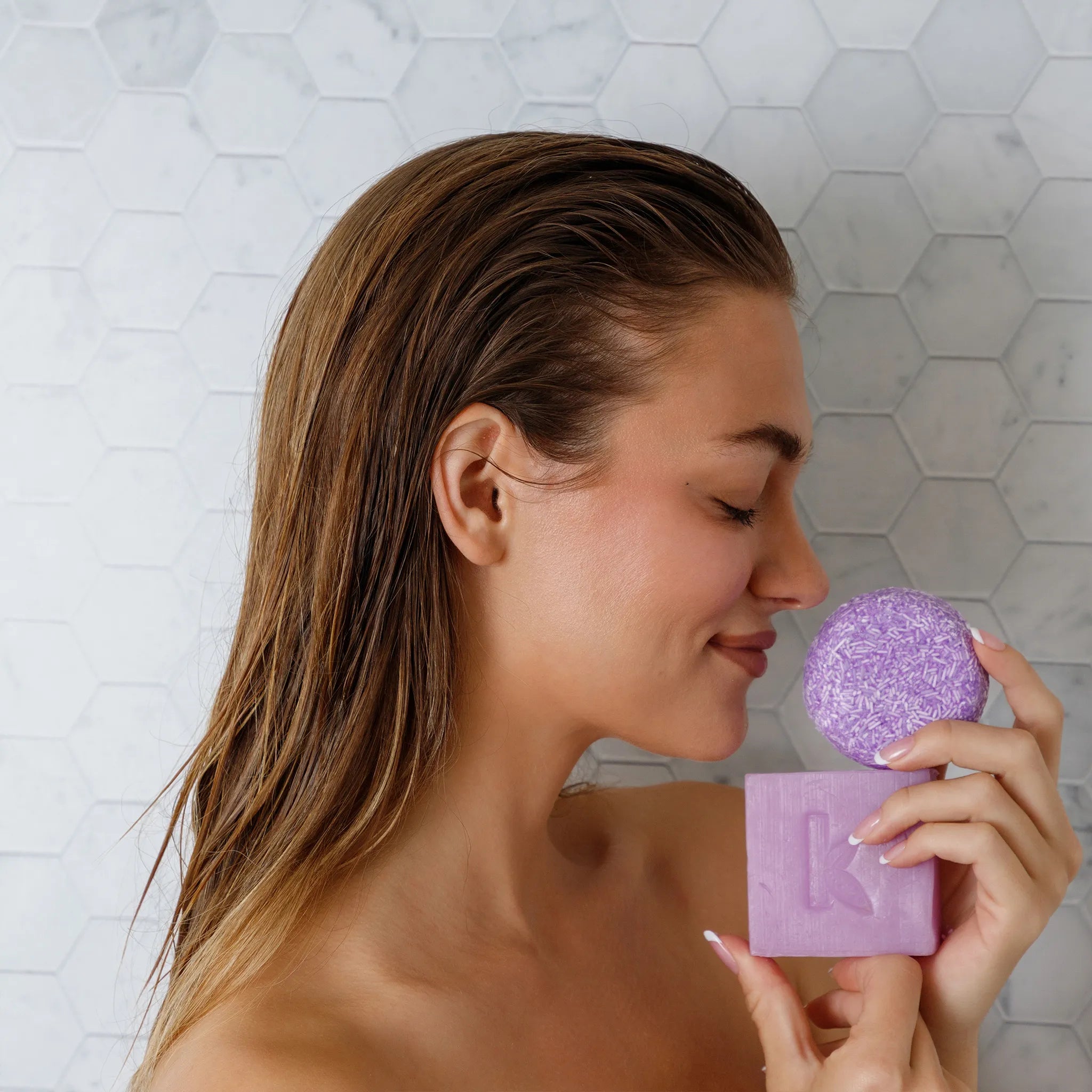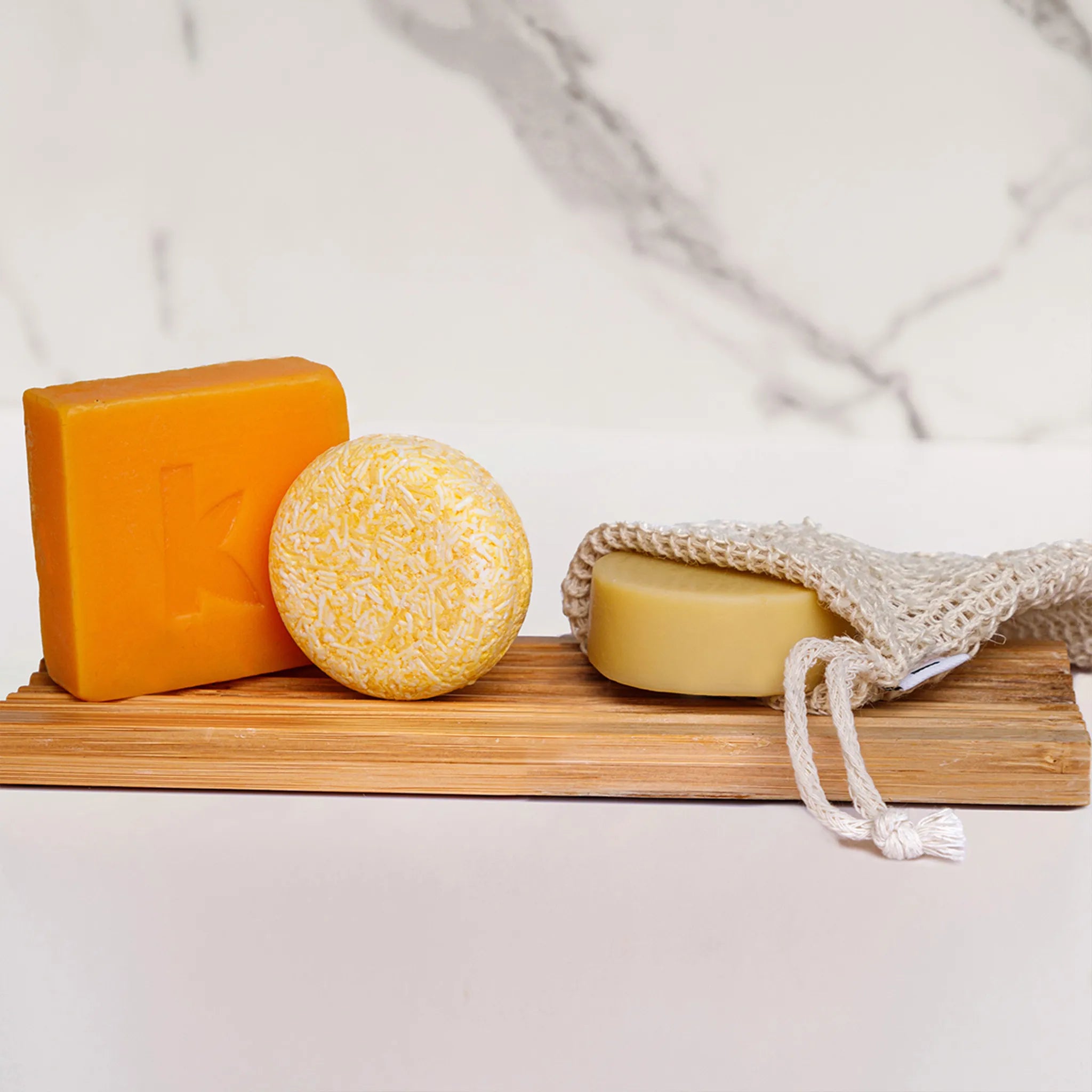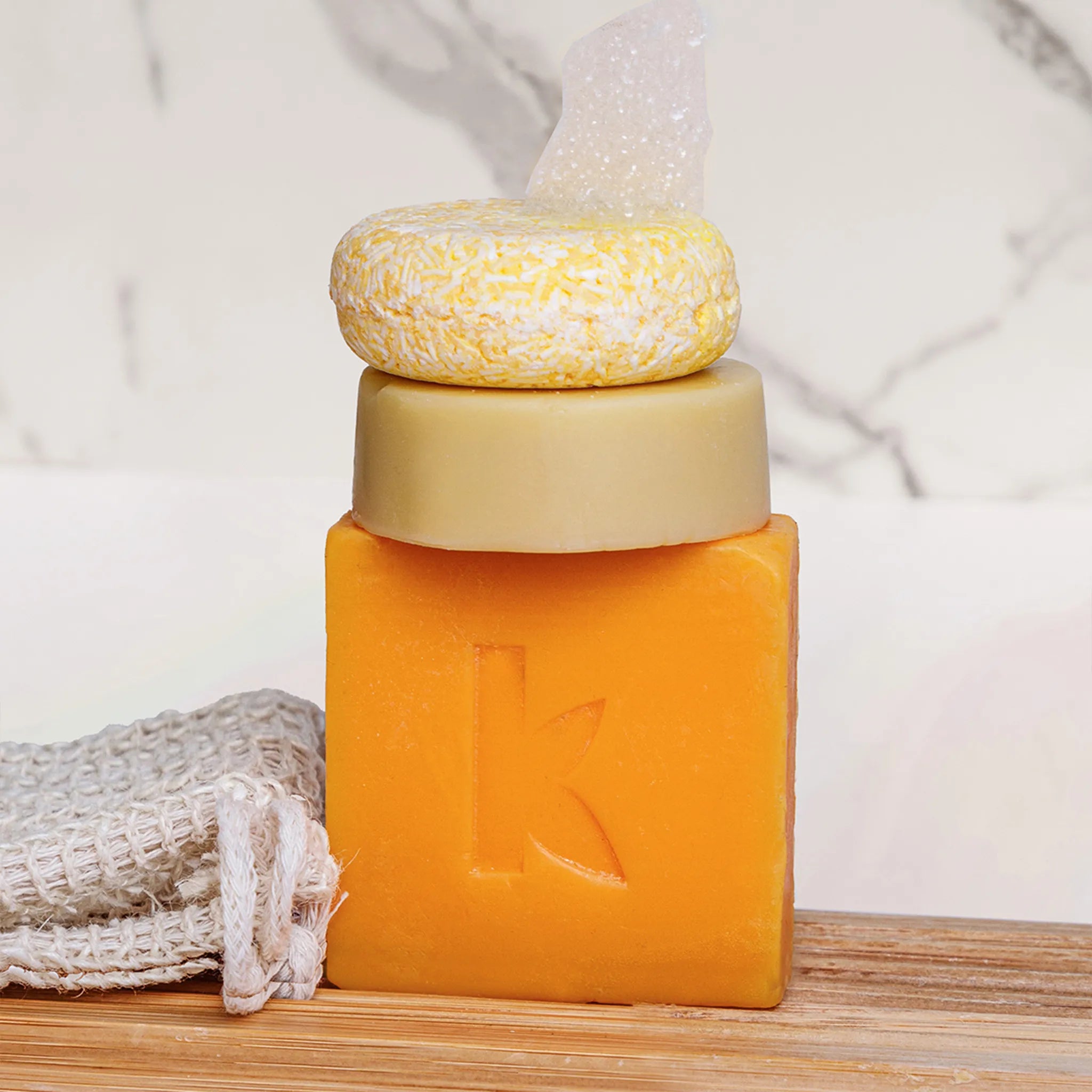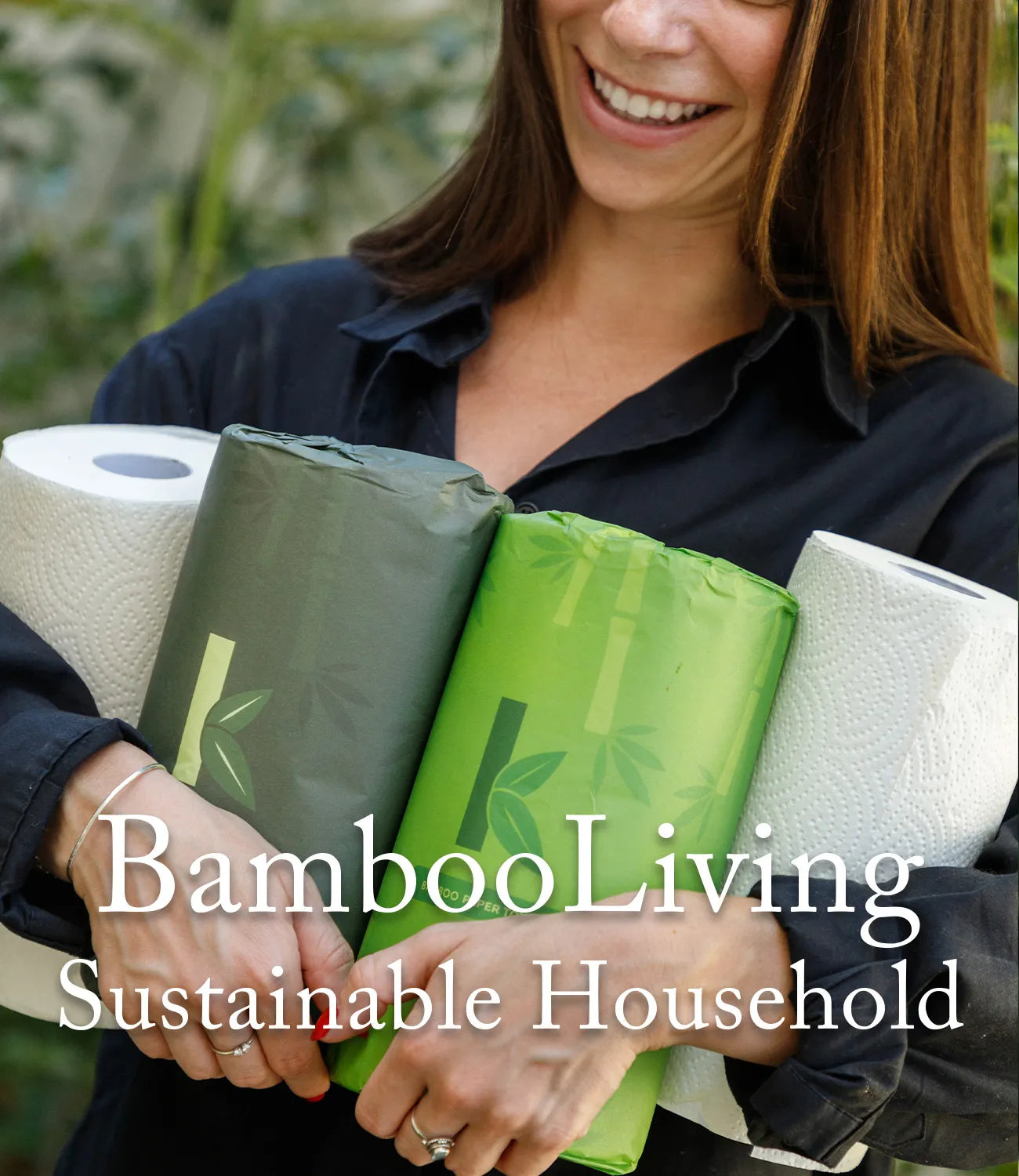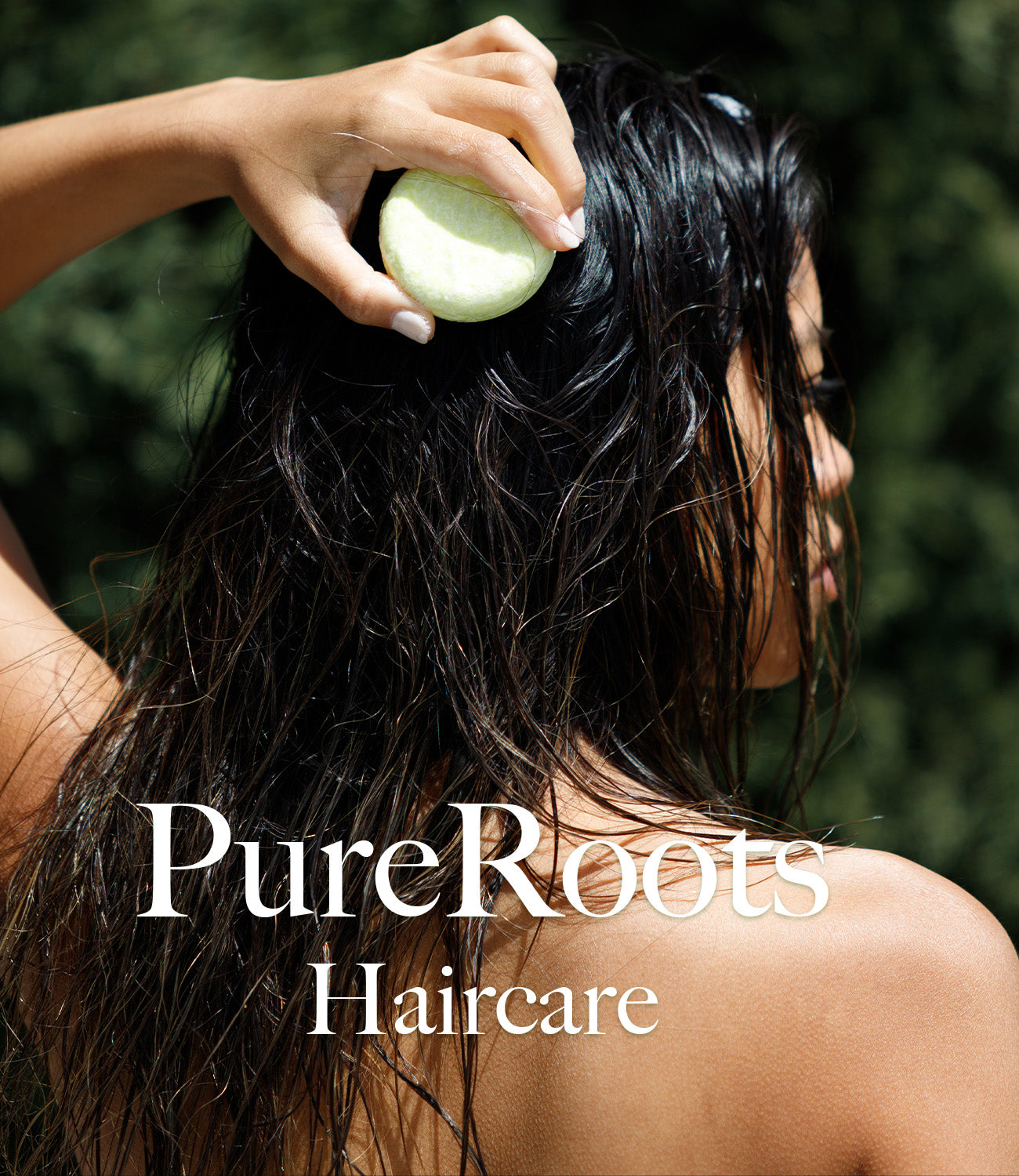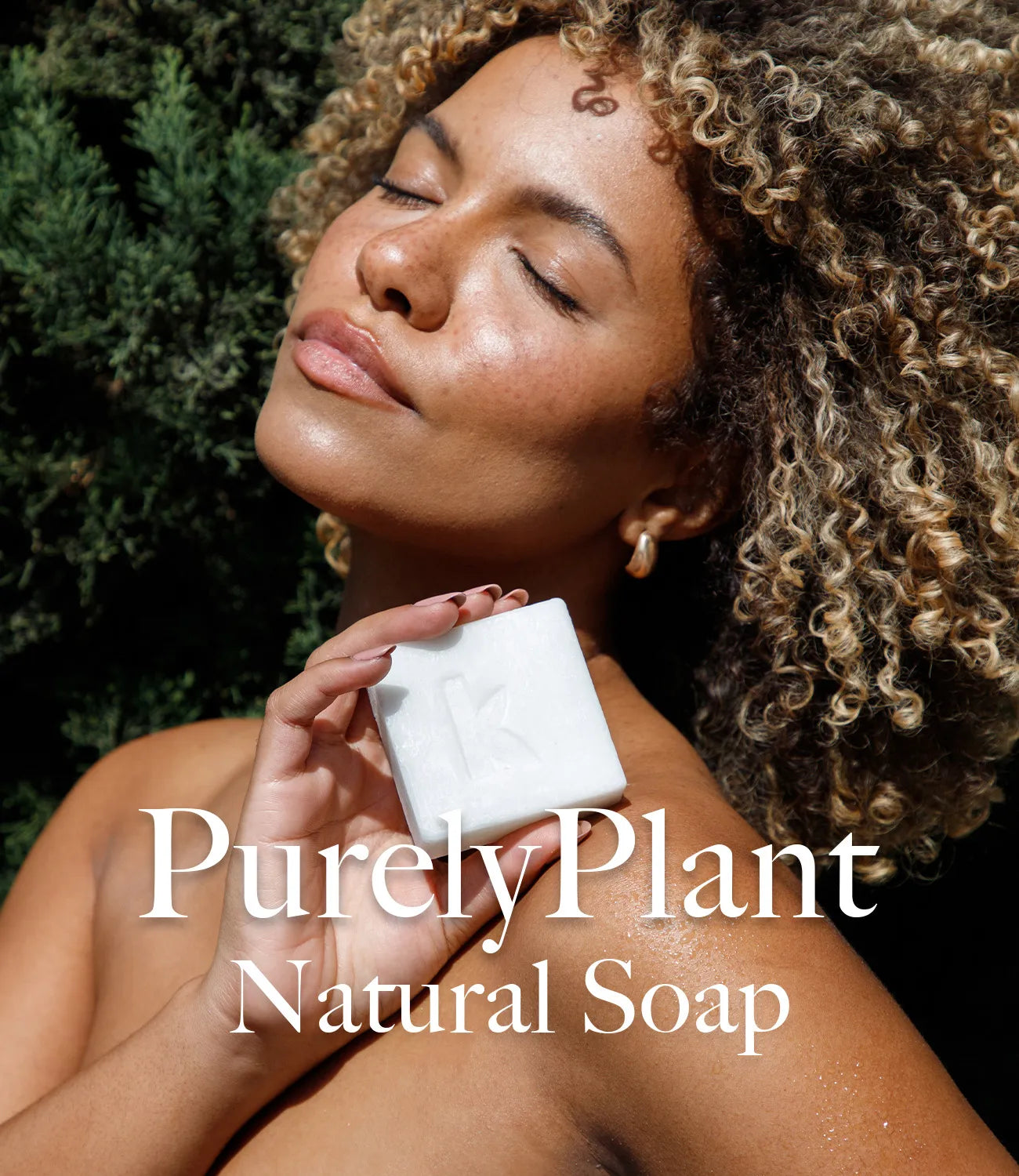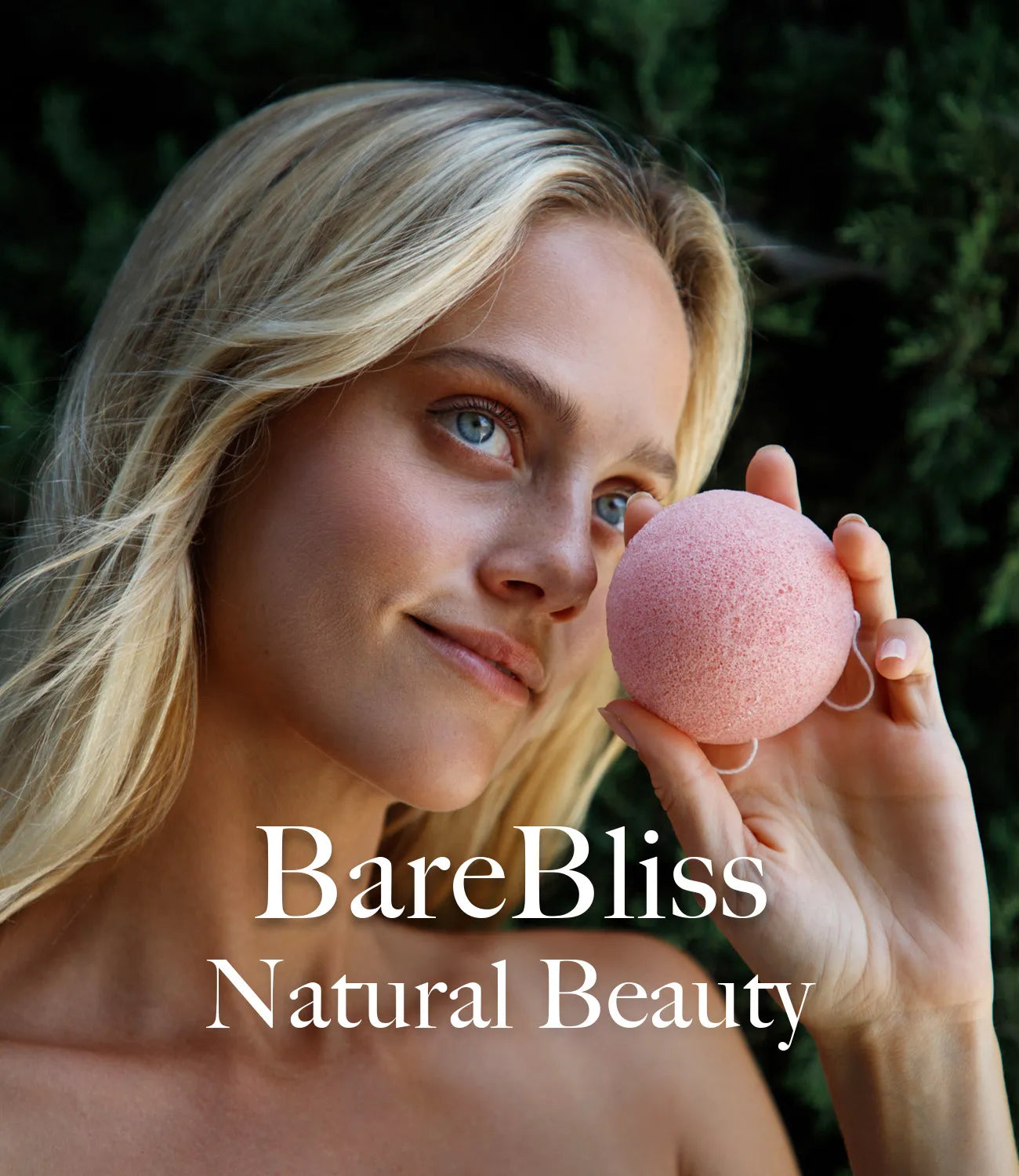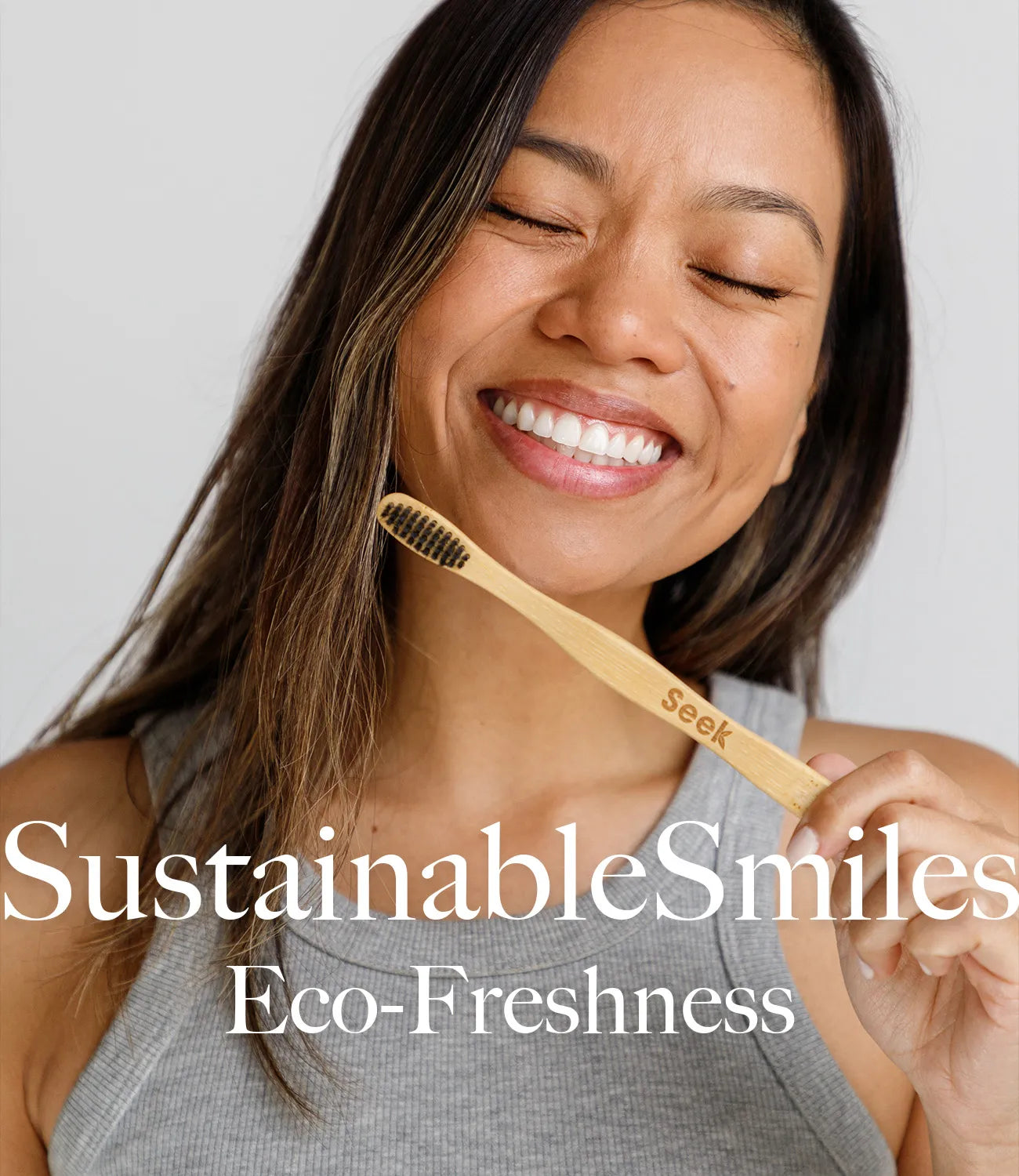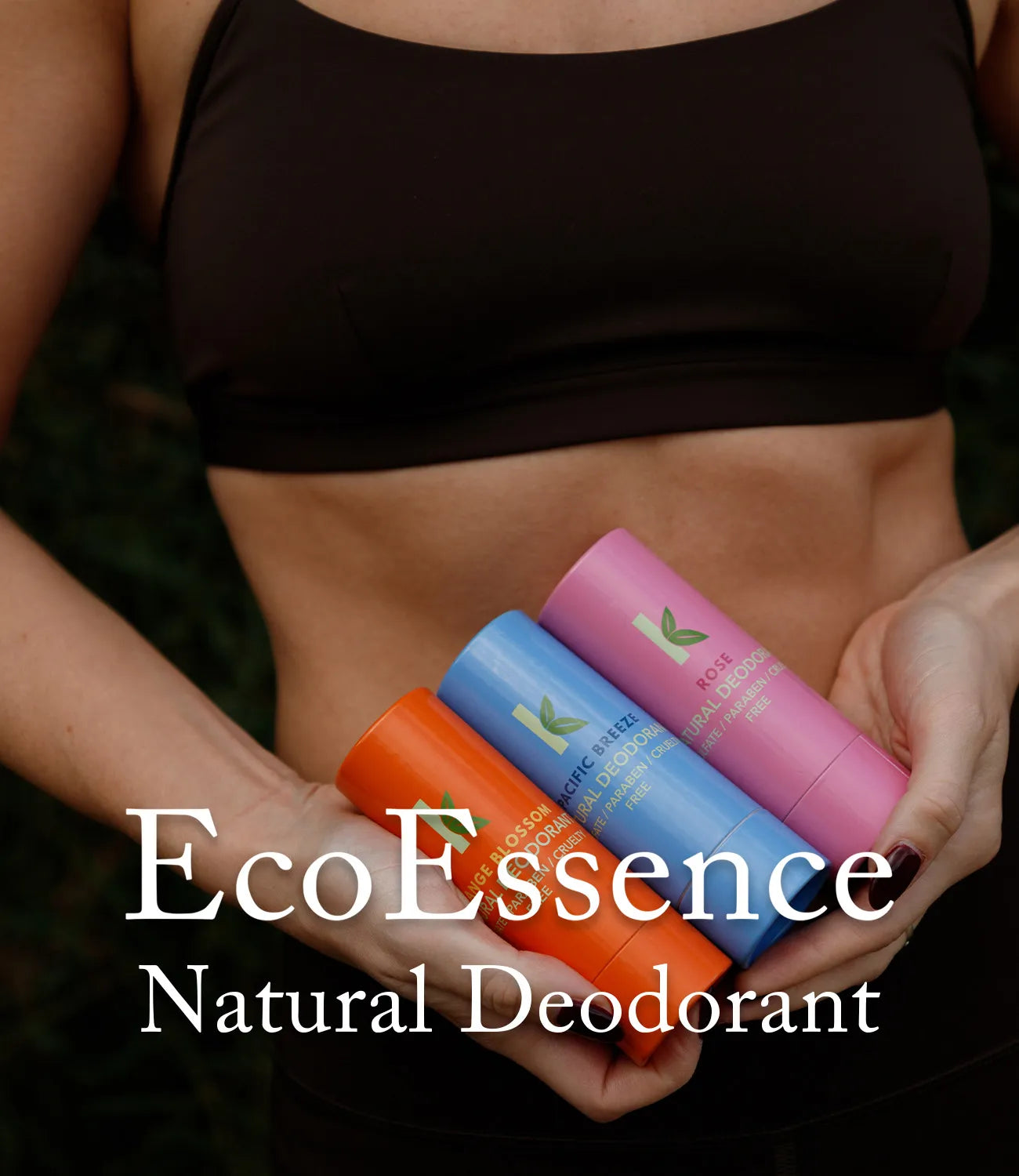Origins and Extraction of Cocoa and Mango Butter
When it comes to the everyday ritual of cleansing, the choice of soap may seem like a straightforward one. However, behind the appealing packaging and alluring scents of your average store-bought soap lies a hidden truth: it's anything but natural. These mass-produced bars often contain a cocktail of synthetic additives and chemicals that can leave your skin feeling less than pampered. Natural soap, on the other hand, represents a return to simplicity and purity in skincare. It's a product crafted with a commitment to harnessing the power of natural ingredients while leaving out the harsh chemicals found in many commercial alternatives. In this blog, we'll embark on a journey to unveil the essence of natural soap, exploring what sets it apart from conventional options and why making the switch to natural soap is a small yet significant act of self-care and environmental responsibility. Get ready to rediscover the beauty of mindful cleansing and sustainable skincare.When it comes to natural hair care, rich plant-based butters like cocoa butter and mango butter often take center stage. These nutrient-packed ingredients are celebrated for their ability to deeply nourish and moisturize hair, making them staples in natural shampoo formulations. But how do these butters differ, and which one might be better suited for your hair care routine?
In this blog, we’ll dive into the fascinating origins and extraction processes of cocoa butter and mango butter. From their tropical beginnings to how they’re transformed into the creamy, luxurious ingredients found in natural hair products, this exploration will give you a new appreciation for these two incredible butters.
Let’s uncover where they come from, how they’re made, and what makes them uniquely beneficial for hair care!
Nutritional and Chemical Composition
Cocoa butter and mango butter are powerhouses of essential nutrients, each offering unique benefits for hair care. Their composition of fatty acids, vitamins, and antioxidants plays a crucial role in nourishing, protecting, and revitalizing your hair. Let’s break down what each butter brings to the table:
Cocoa Butter
- Fatty Acids:
Linoleic Acid: Improves elasticity and helps manage brittle or thinning hair.
Oleic Acid: Deeply hydrates and softens hair, much like cocoa butter.
Stearic Acid: Repairs damaged hair and strengthens strands.
- Vitamins and Nutrients:
Vitamin E: A powerful antioxidant that promotes scalp health and encourages hair growth by improving circulation.
Phytochemicals: These help create a barrier on the hair, locking in moisture and preventing breakage.
Mango Butter
- Fatty Acids:
Linoleic Acid: Improves elasticity and helps manage brittle or thinning hair.
Oleic Acid: Deeply hydrates and softens hair, much like cocoa butter.
Stearic Acid: Repairs damaged hair and strengthens strands.
- Vitamins and Nutrients:
Vitamin A: Encourages cell turnover in the scalp, promoting healthy hair growth.
Vitamin C: Boosts collagen production, which helps maintain strong, shiny hair.
Antioxidants: Protect the hair and scalp from free radical damage, keeping hair youthful and vibrant.
How These Properties Benefit Hair Care
- Cocoa Butter: Best for dry, coarse, or frizzy hair, as its rich composition locks in moisture and smooths the hair shaft. It’s also ideal for protecting hair in harsh weather conditions.
- Mango Butter: Perfect for fine, brittle, or thinning hair, as it is lightweight yet deeply hydrating. Its higher vitamin content helps repair damage and stimulate healthy growth.
By including these nutrient-rich butters in your shampoo butters, you’re delivering intense hydration and nourishment to your hair, tailored to a variety of hair needs.
Texture and Consistency
The texture and consistency of cocoa butter and mango butter play a significant role in how they perform in hair care products, particularly in shampoo butters. Understanding these differences can help determine which butter is better suited for specific hair types and needs.
Cocoa Butter: Rich and Firm
- Texture: Cocoa butter has a solid, dense consistency at room temperature, requiring slight warmth to soften and melt. It feels rich and creamy once applied.
- Application: Due to its firmness, cocoa butter is slower to absorb, creating a protective layer on the hair. This makes it excellent for sealing in moisture and combating dryness, especially in harsh weather conditions.
Mango Butter: Soft and Lightweight
- Texture: Mango butter is softer and lighter compared to cocoa butter. It has a creamy texture that spreads easily, making it ideal for lightweight applications.
- Application: Absorbs quickly into the hair and scalp without leaving a greasy residue. Its smooth texture makes it easy to distribute, even in fine or thin hair.
How Texture Impacts Hair Care
- Cocoa Butter creates a long-lasting barrier that locks in moisture, making it ideal for deeply moisturizing treatments and those with hair prone to dryness.
- Mango Butter, on the other hand, offers a more lightweight, breathable feel, making it versatile for daily use and suitable for all hair types, especially finer hair that may get weighed down by heavier products.
By incorporating these butters into your natural shampoo butters, you can offer targeted solutions that cater to a wide variety of hair textures and needs.
Benefits for Hair
Both cocoa butter and mango butter are packed with moisturizing and protective properties that make them invaluable in hair care. Each butter provides unique advantages that cater to different hair concerns, from combating dryness to managing frizz and preventing damage.
Cocoa Butter: The Deep Moisturizer
- Moisturizing Properties: Rich in fatty acids like oleic and stearic acid, cocoa butter deeply penetrates the hair shaft, delivering intense hydration.
Forms a protective barrier on the surface of the hair, locking in moisture for long-lasting softness and shine.
- Protection Against Damage: The natural emollients in cocoa butter shield hair from environmental stressors like wind, sun, and pollution.
Helps repair damaged cuticles, reducing breakage and split ends.
- Frizz Management: Its thick, creamy texture smooths the hair shaft, taming flyaways and minimizing frizz.
Ideal for curly or coarse hair that needs extra help staying defined and manageable.
Mango Butter: The Lightweight Hydrator:
- Moisturizing Properties: Packed with linoleic and oleic acids, mango butter hydrates without leaving hair greasy or heavy.
Its lightweight texture makes it easy for the hair and scalp to absorb, ensuring balanced moisture.
- Protection Against Damage: High in antioxidants like vitamins A and C, mango butter protects hair from free radicals that can weaken strands.
Its natural UV-filtering properties help shield hair from sun damage.
- Frizz Management: Smooths and softens hair, reducing frizz while maintaining a light, airy feel.
Works well for fine or wavy hair that doesn’t require heavy conditioning.
Which Butter to Choose?
- For severely dry or damaged hair, cocoa butter’s deep hydration and protective properties make it the ideal choice.
- For lighter hydration and frizz control, especially in fine or slightly dry hair, mango butter’s lightweight formula is the way to go.
By incorporating cocoa butter and mango butter into your natural shampoo butters, you’re offering versatile solutions that cater to diverse hair care needs, ensuring hydration, protection, and improved manageability.
Comparison for Hair Types and Needs
When it comes to addressing specific hair issues, cocoa butter and mango butter excel in different ways. Understanding their unique strengths can help you and your customers choose the right butter for targeted hair care needs.
Dry Scalp
- Cocoa Butter: Ideal for deeply moisturizing a dry, flaky scalp.
Its thicker consistency creates a protective barrier, locking in moisture and soothing irritation.
- Mango Butter: A great lightweight option for hydrating the scalp without clogging pores.
Its anti-inflammatory properties can help reduce redness and itching.
Best Choice: Mango butter is better for oily-prone scalps that still need hydration, while cocoa butter is excellent for severely dry or cracked scalps.
Thinning Hair
- Cocoa Butter: Strengthens the hair shaft, reducing breakage and preventing further thinning.
Rich in antioxidants, it protects hair from damage caused by free radicals.
- Mango Butter: Contains vitamin A and C, which promote healthy scalp conditions and encourage hair growth.
Its lightweight texture won’t weigh down thinning or fine hair, adding volume instead.
Best Choice: Mango butter is better for promoting growth and volume in thinning hair, while cocoa butter is more suited for strengthening weak strands.
Maintaining Curls
- Cocoa Butter: Its rich texture defines curls, reducing frizz and adding a natural shine.
Helps hold the shape of curls for longer by locking in moisture.
- Mango Butter: Lightweight hydration enhances curl elasticity and bounce.Prevents curls from feeling heavy or greasy, making it a good option for wavy or looser curl patterns.
- Best Choice: Cocoa butter is better for tight or coarse curls needing intense moisture, while mango butter works well for lightweight hydration in wavy or fine curls.
Dry or Damaged Hair
- Cocoa Butter: Deeply penetrates and nourishes damaged strands, making it ideal for repairing breakage and split ends.
Adds a protective layer to prevent further damage.
- Mango Butter: Hydrates and restores shine to slightly dry or mildly damaged hair without weighing it down.
Helps maintain a soft, healthy appearance with regular use.
Best Choice: Cocoa butter is better for extremely dry or damaged hair, while mango butter is perfect for mild damage or everyday hydration.
Fine or Oily Hair
- Cocoa Butter: May be too heavy for fine or oily hair, potentially weighing it down.
- Mango Butter: Lightweight and easily absorbed, making it ideal for adding moisture without excess weight or greasiness.
Best Choice: Mango butter is the go-to for fine or oily hair types.
Summary
- Choose cocoa butter for deep hydration, repairing damage, and defining curls.
- Opt for mango butter for lightweight hydration, promoting hair growth, and maintaining fine or wavy hair.
By including both options in your natural shampoo butters, you offer a comprehensive solution for a variety of hair types and needs.
Why Natural Butters Matter
Incorporating plant-based ingredients like cocoa butter and mango butter into your hair care routine goes beyond just beauty—it’s about prioritizing the health of your hair and the environment. Free from harsh chemicals, these natural butters nourish your hair with pure, effective ingredients straight from nature. Whether you’re repairing damage or enhancing your hair’s natural beauty, choosing natural shampoo butters is a step toward sustainable, healthy living.
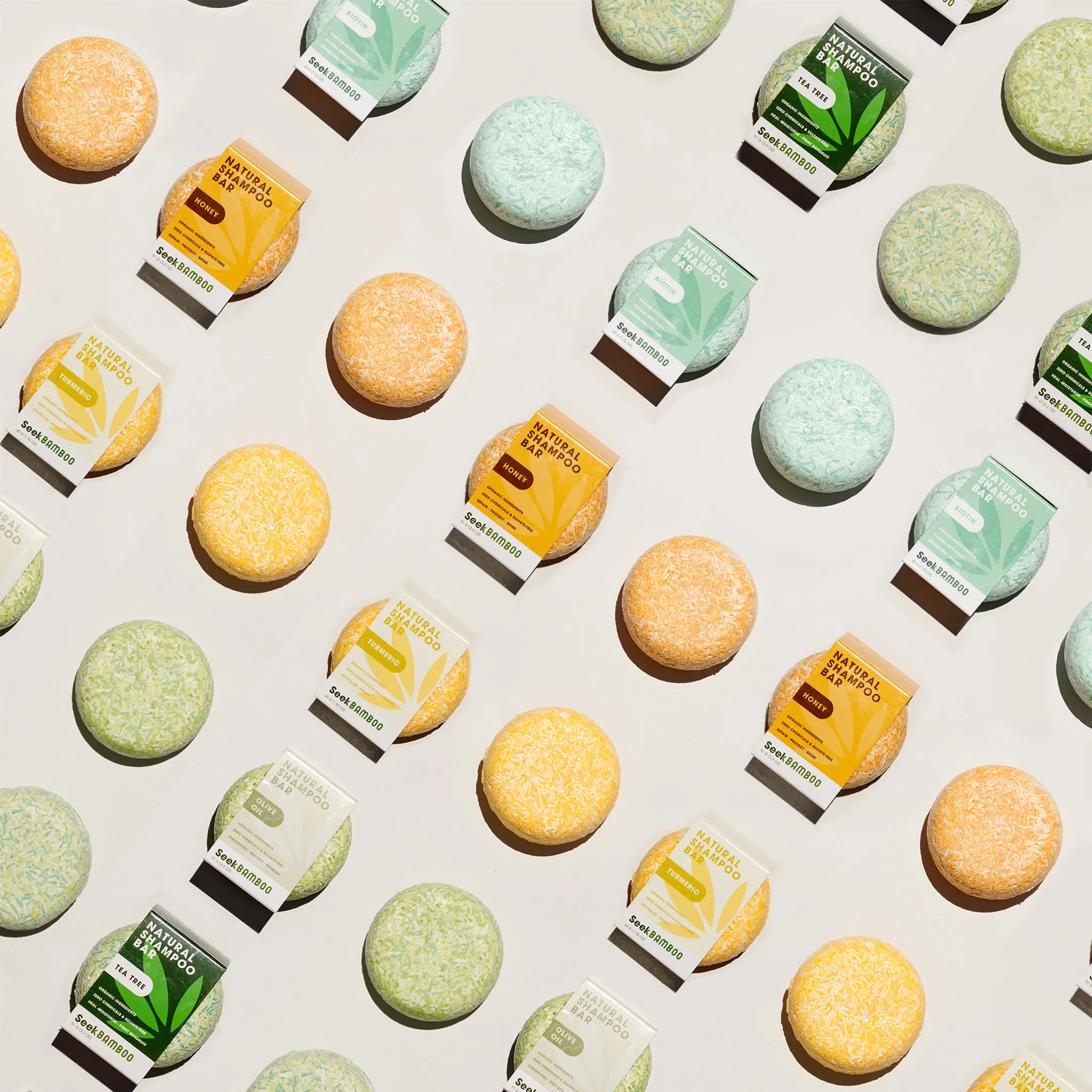
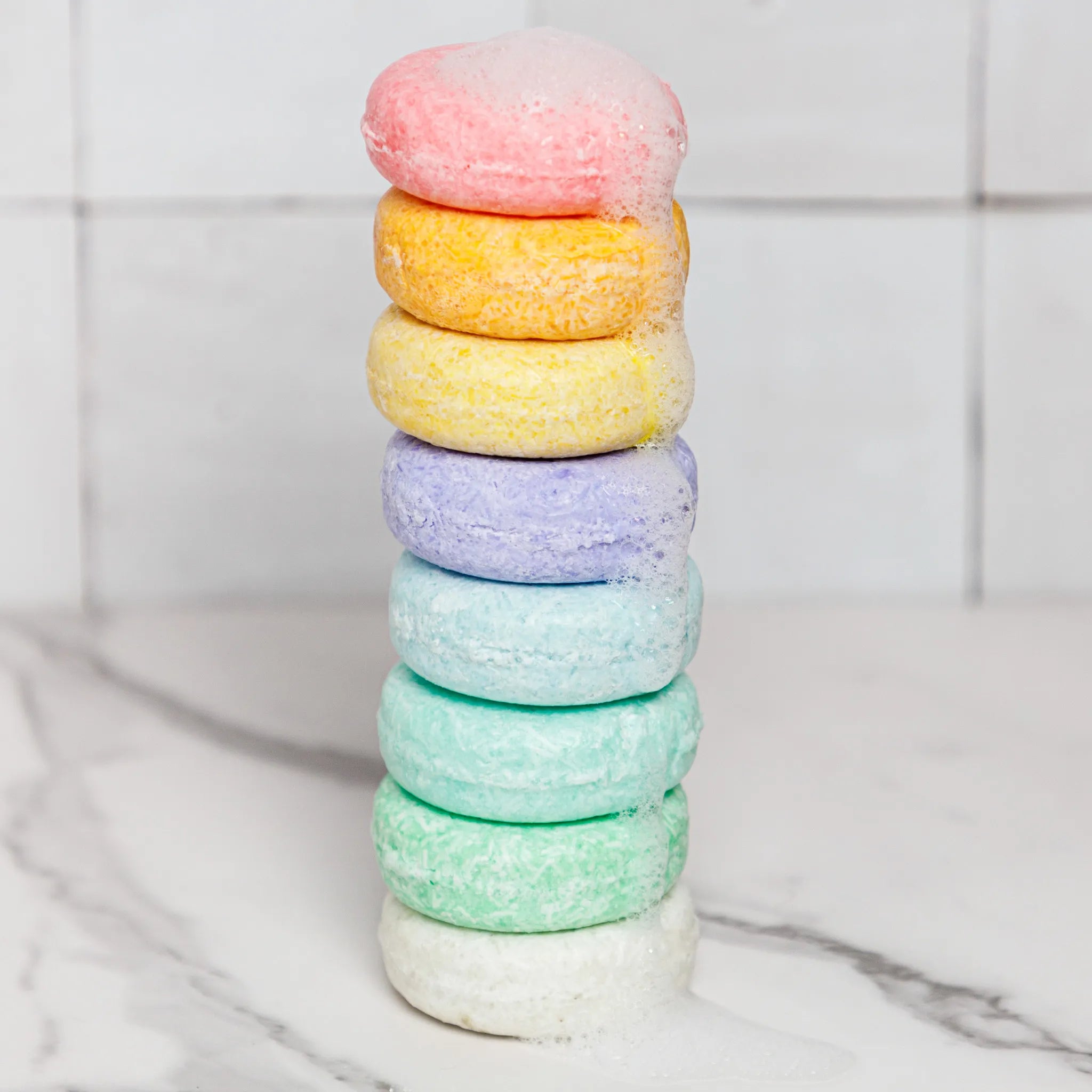
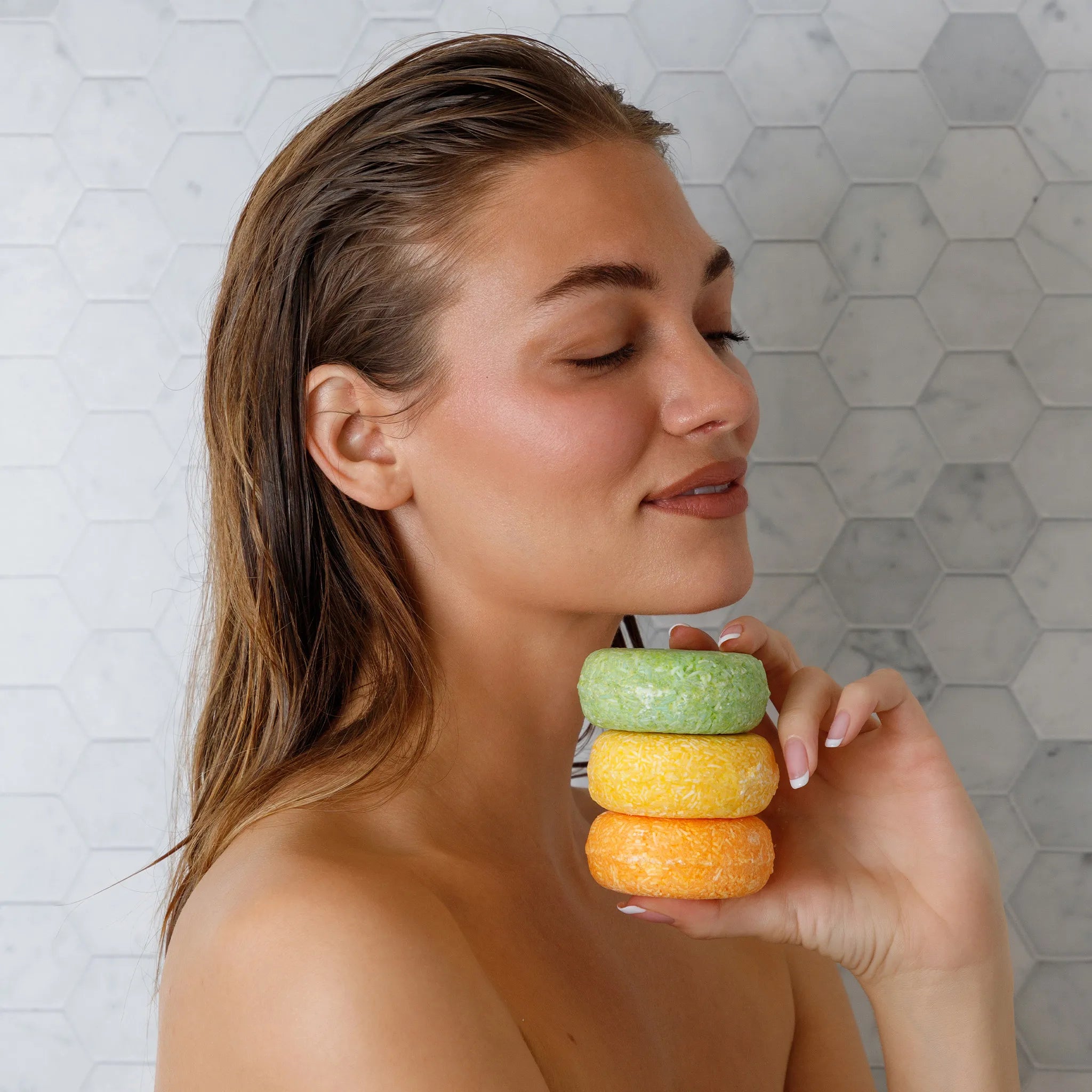
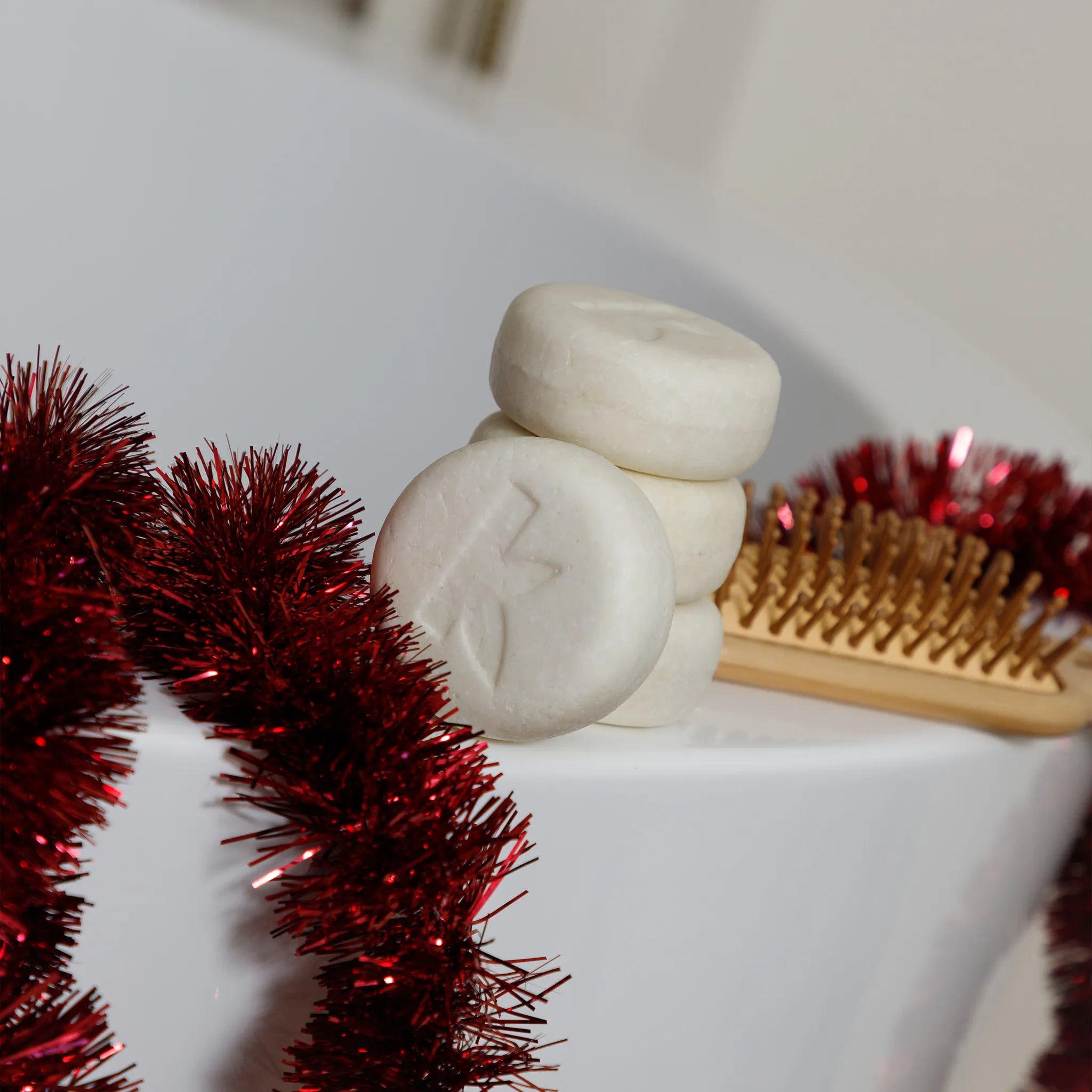
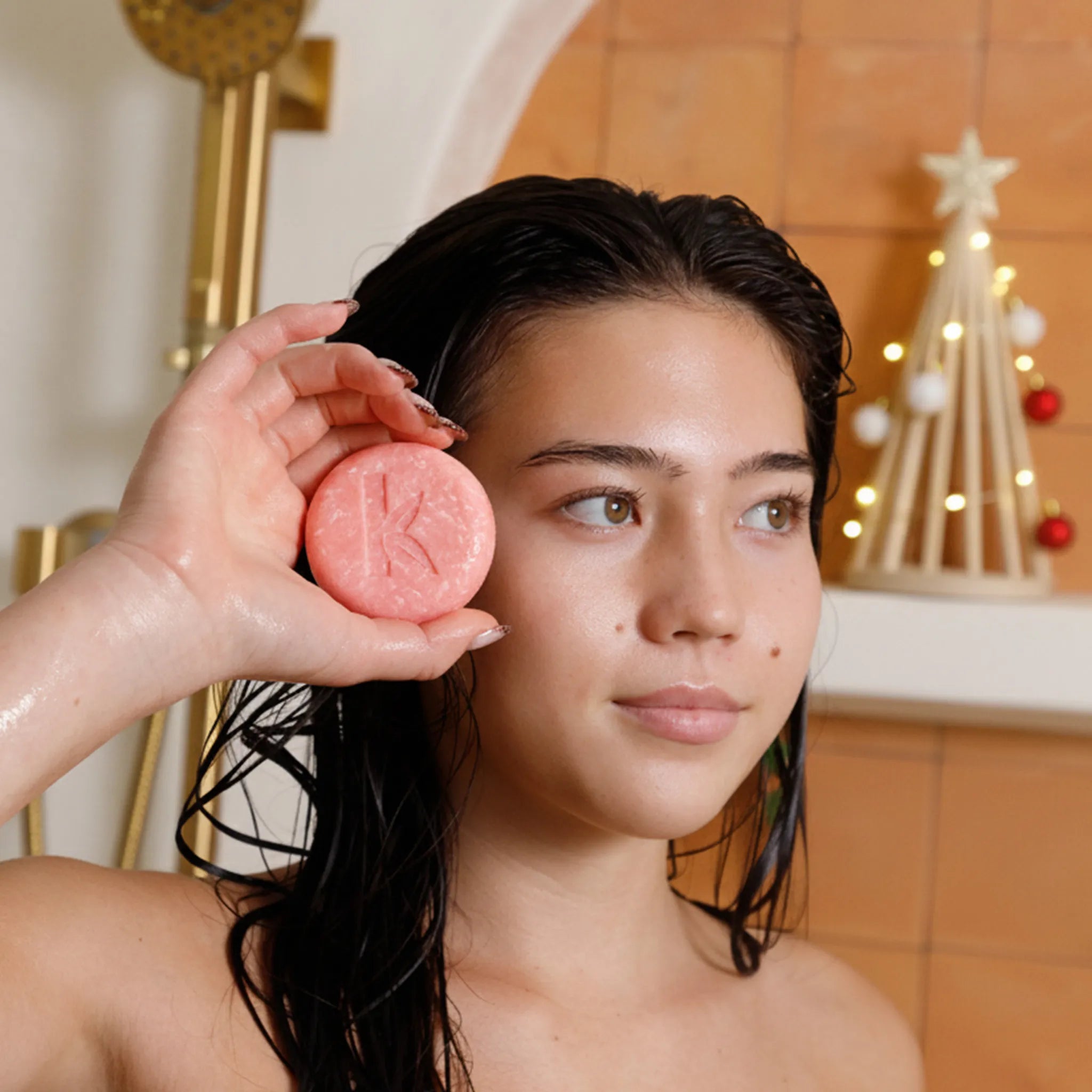
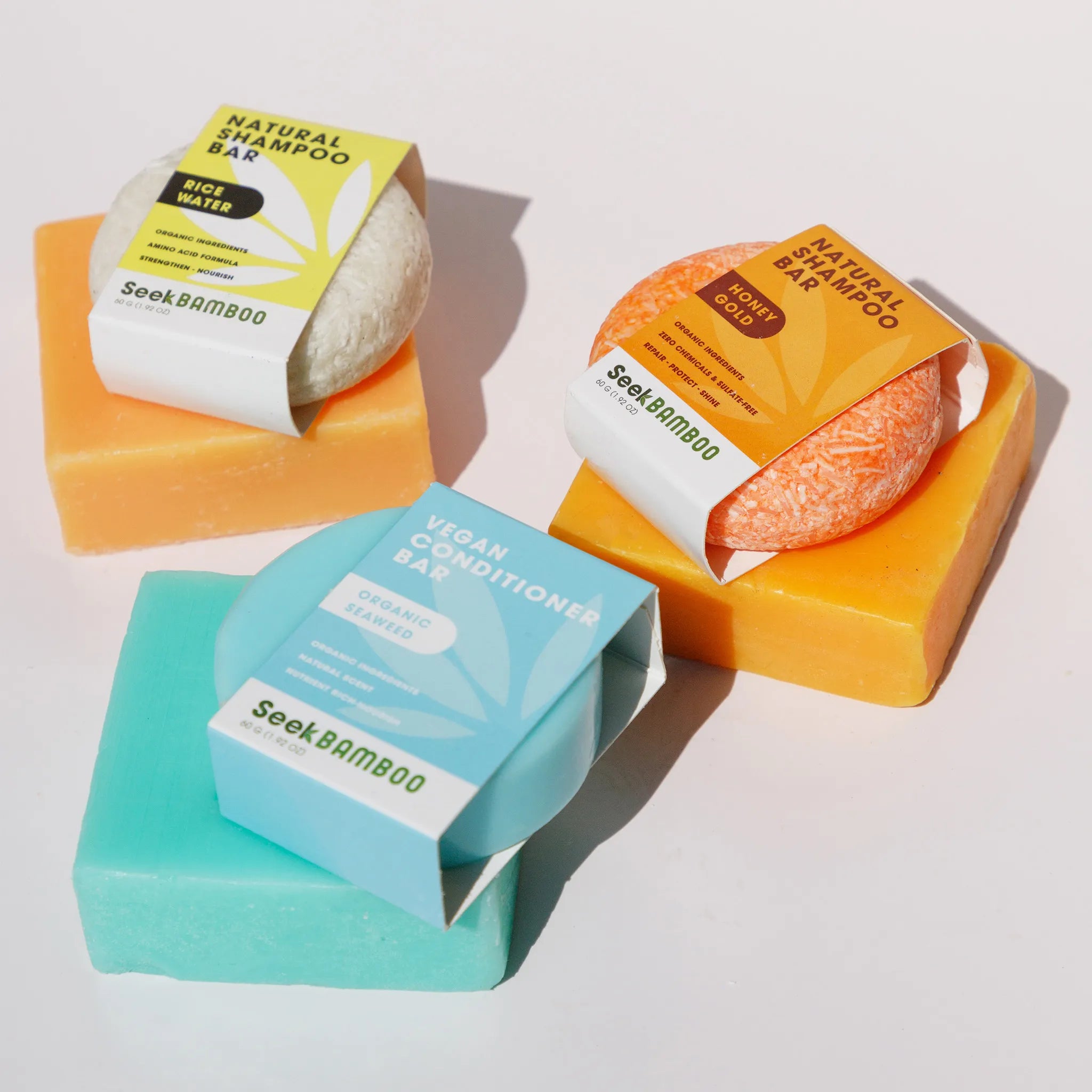
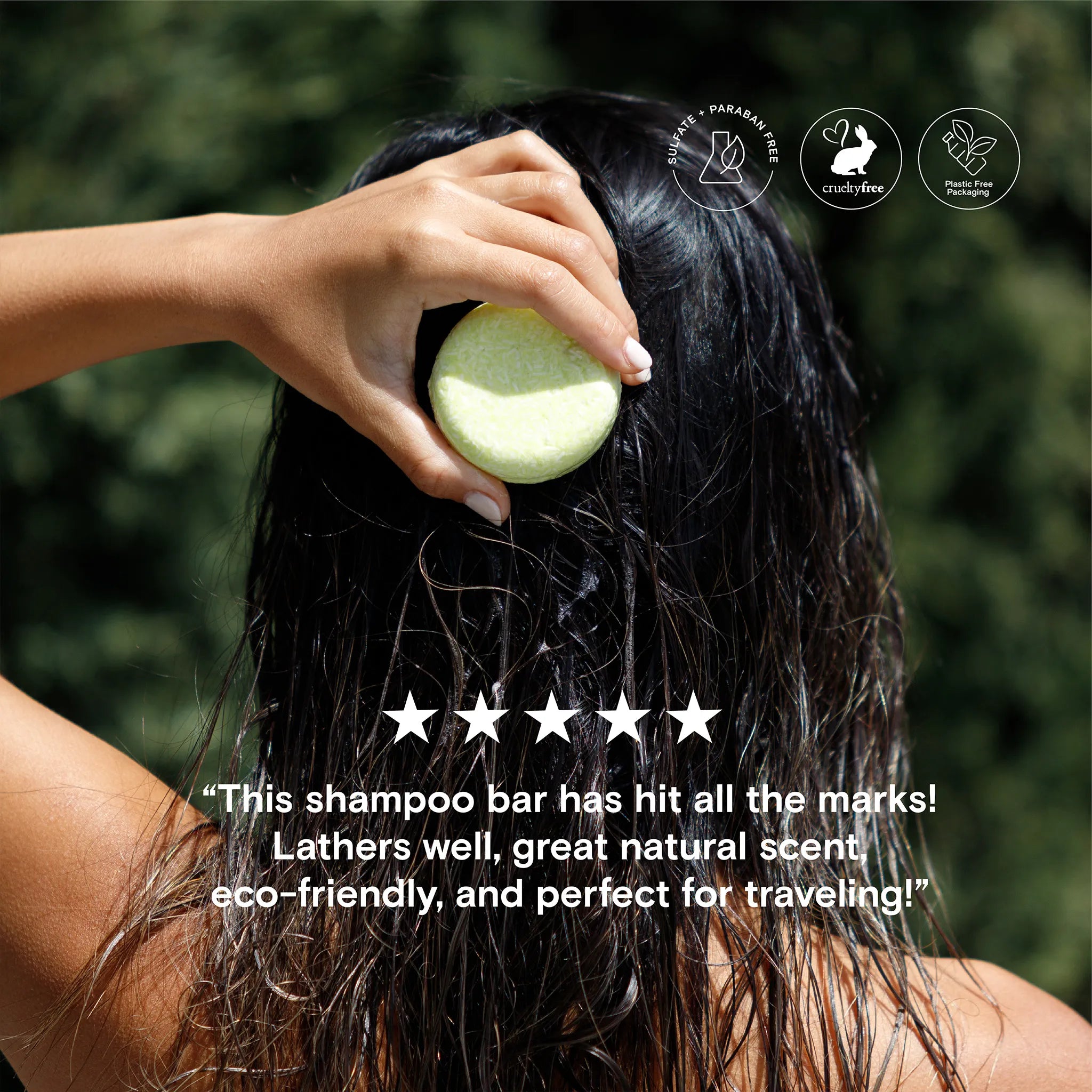
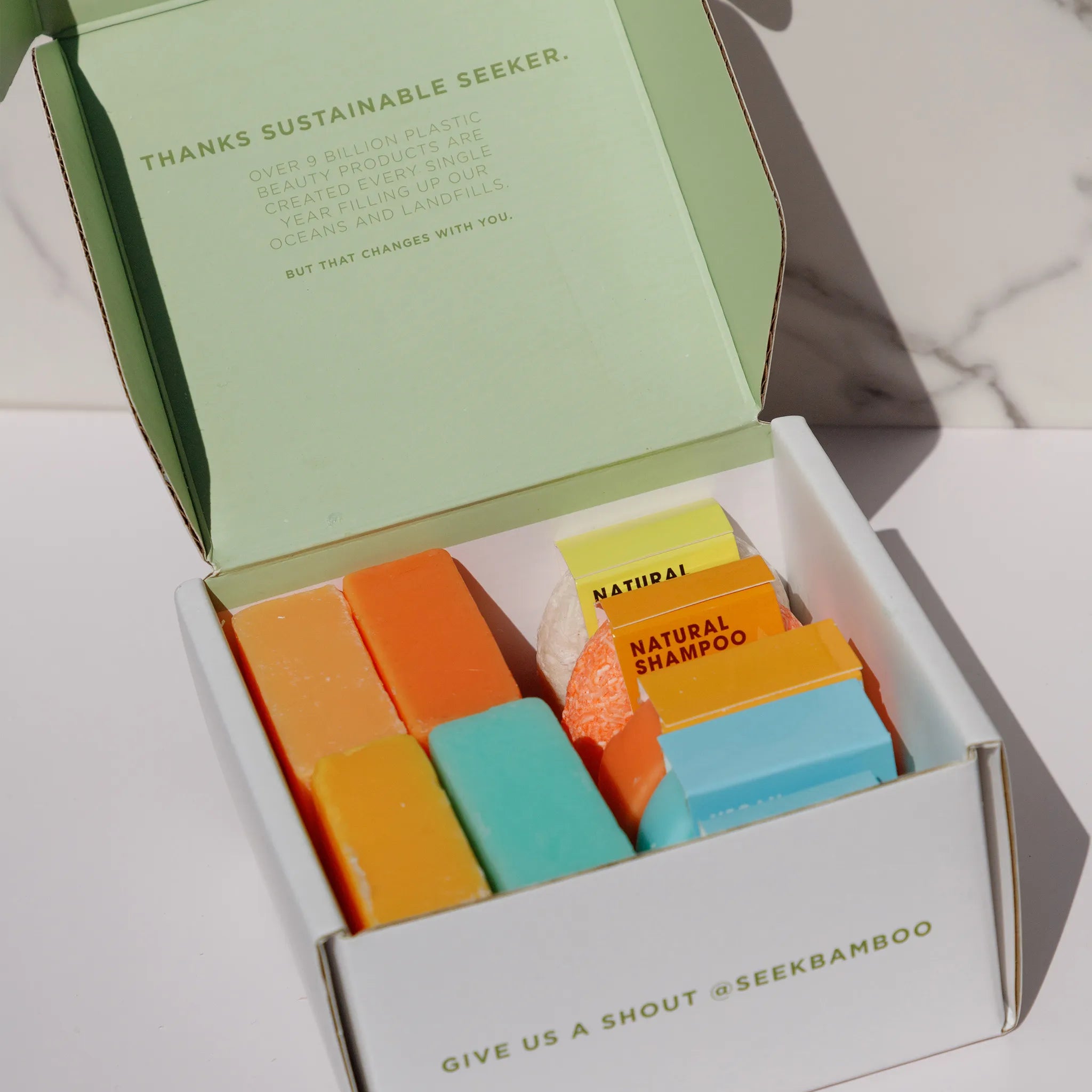
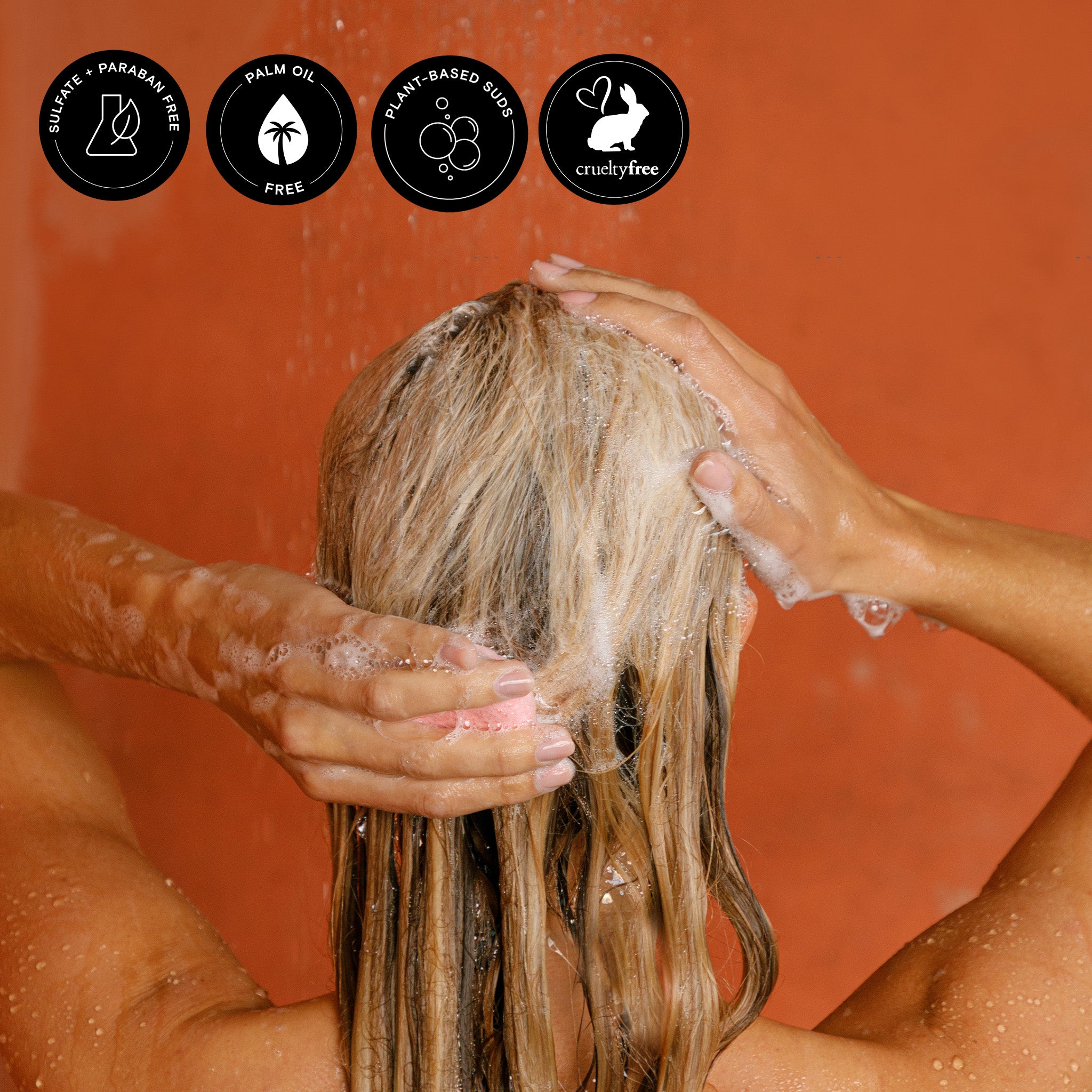

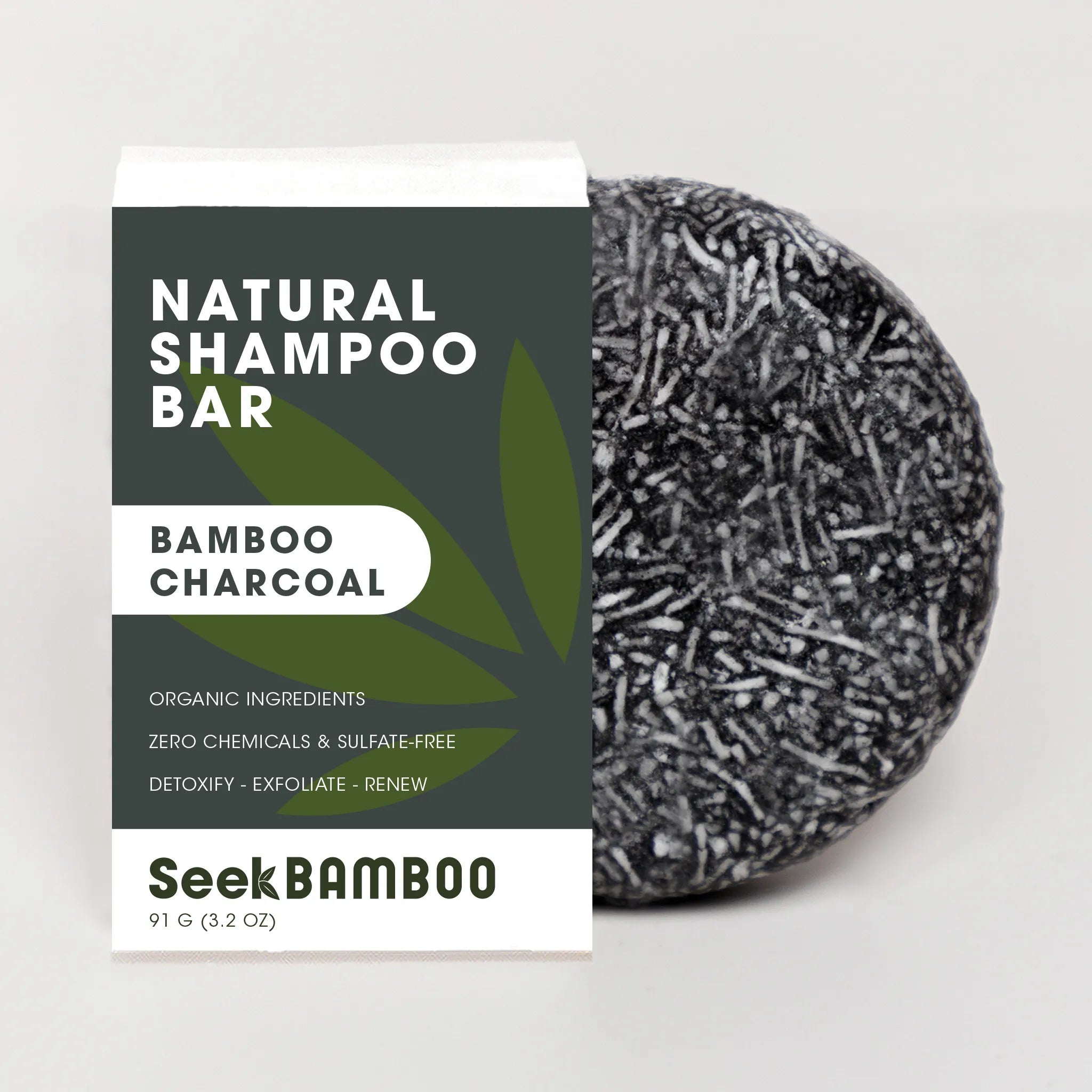
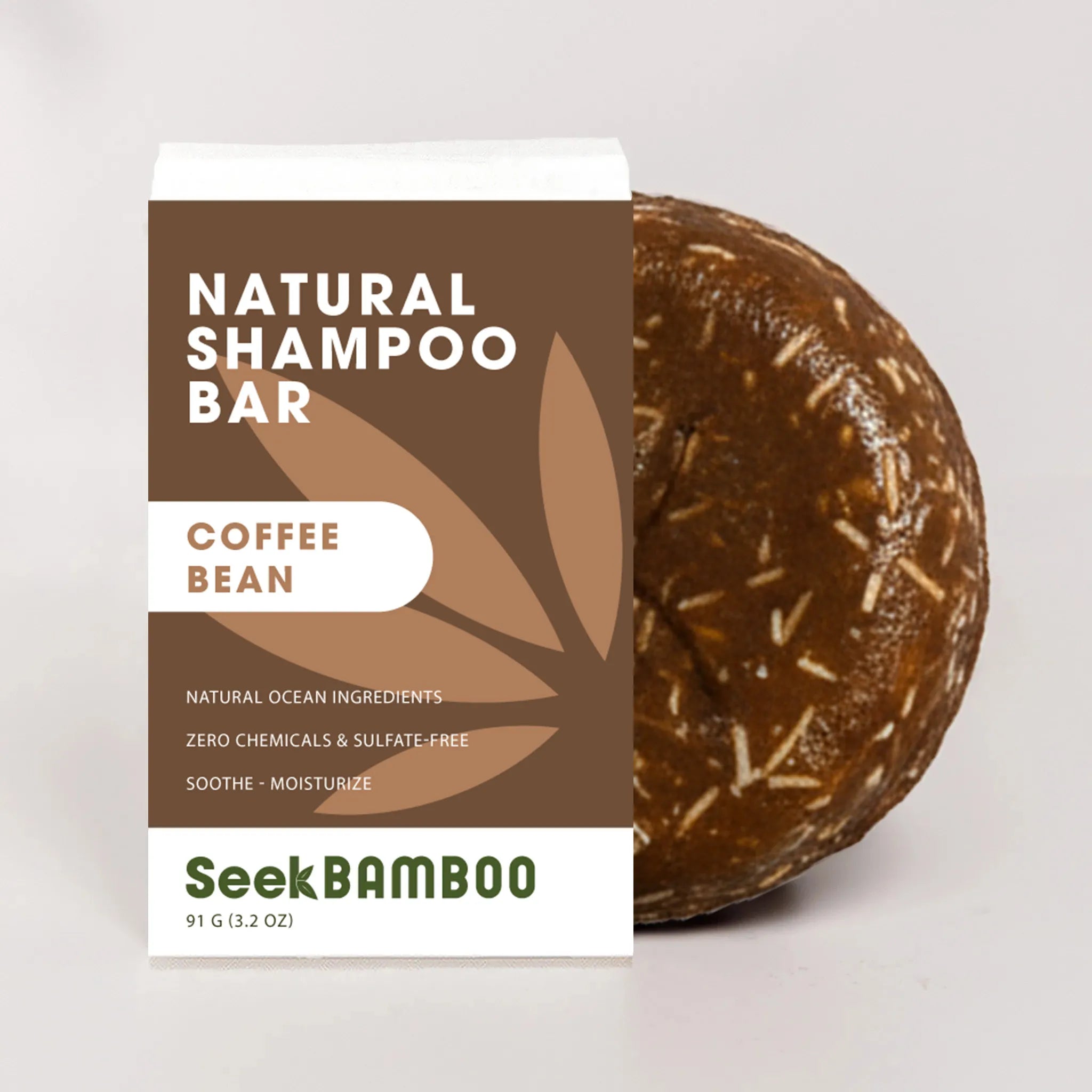
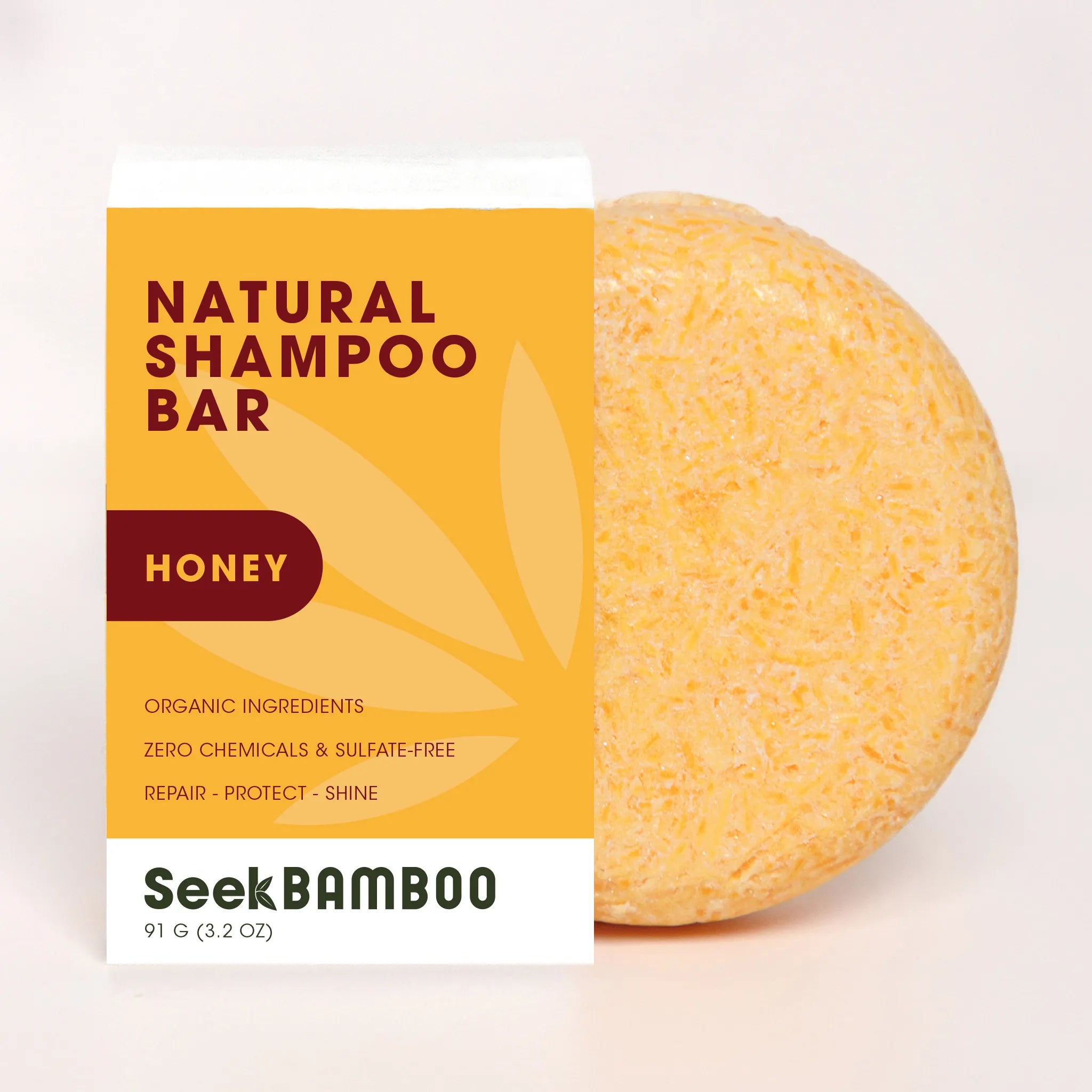
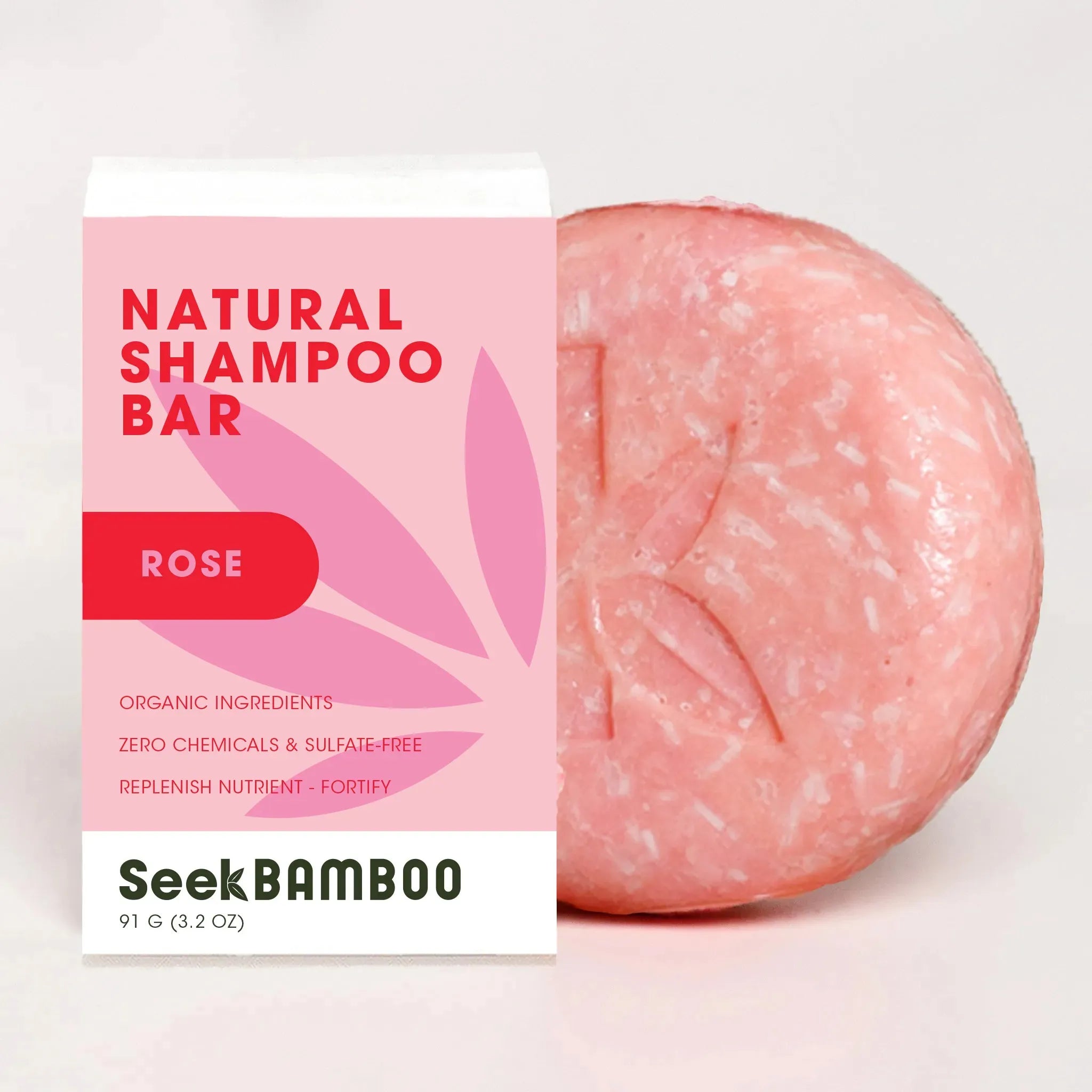
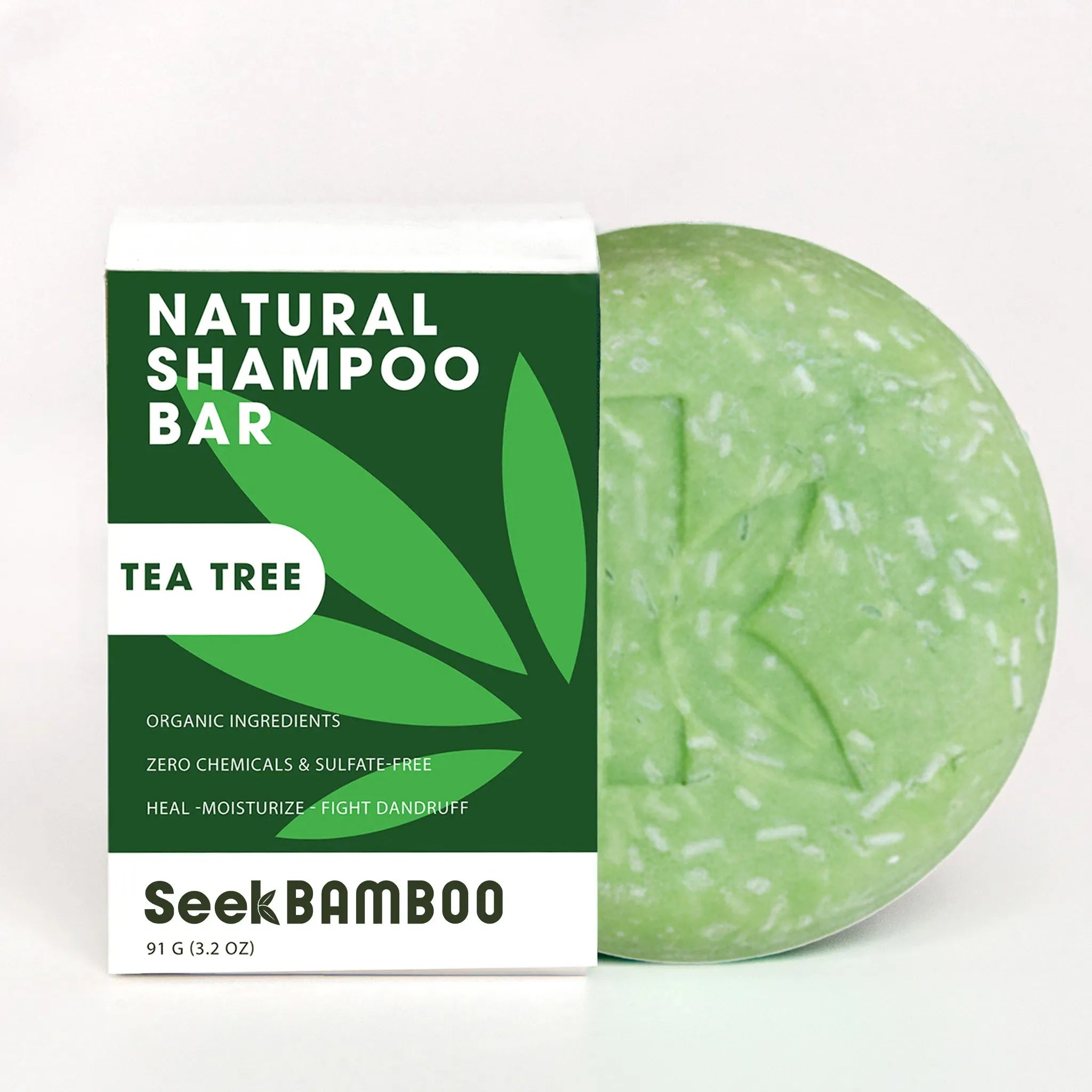


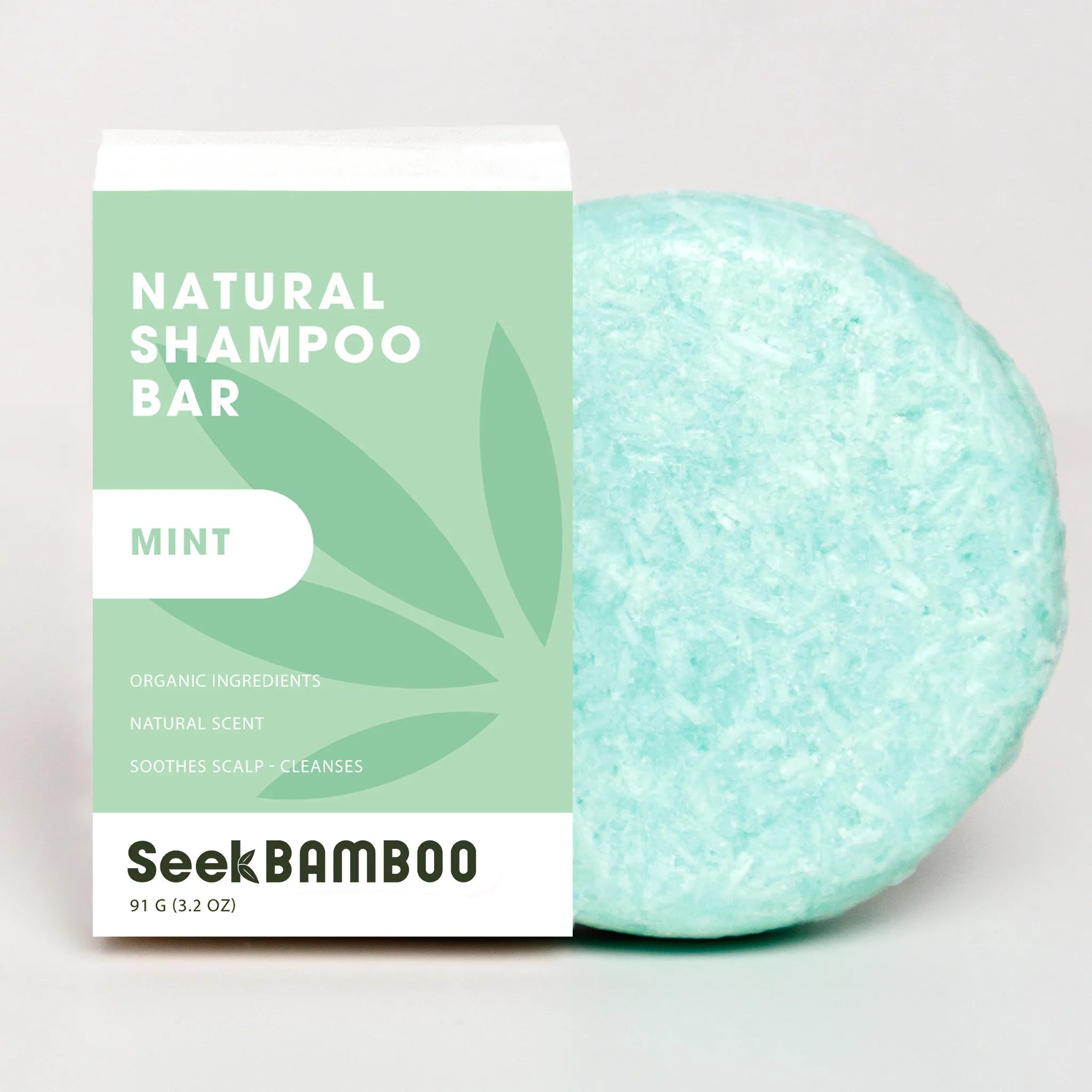
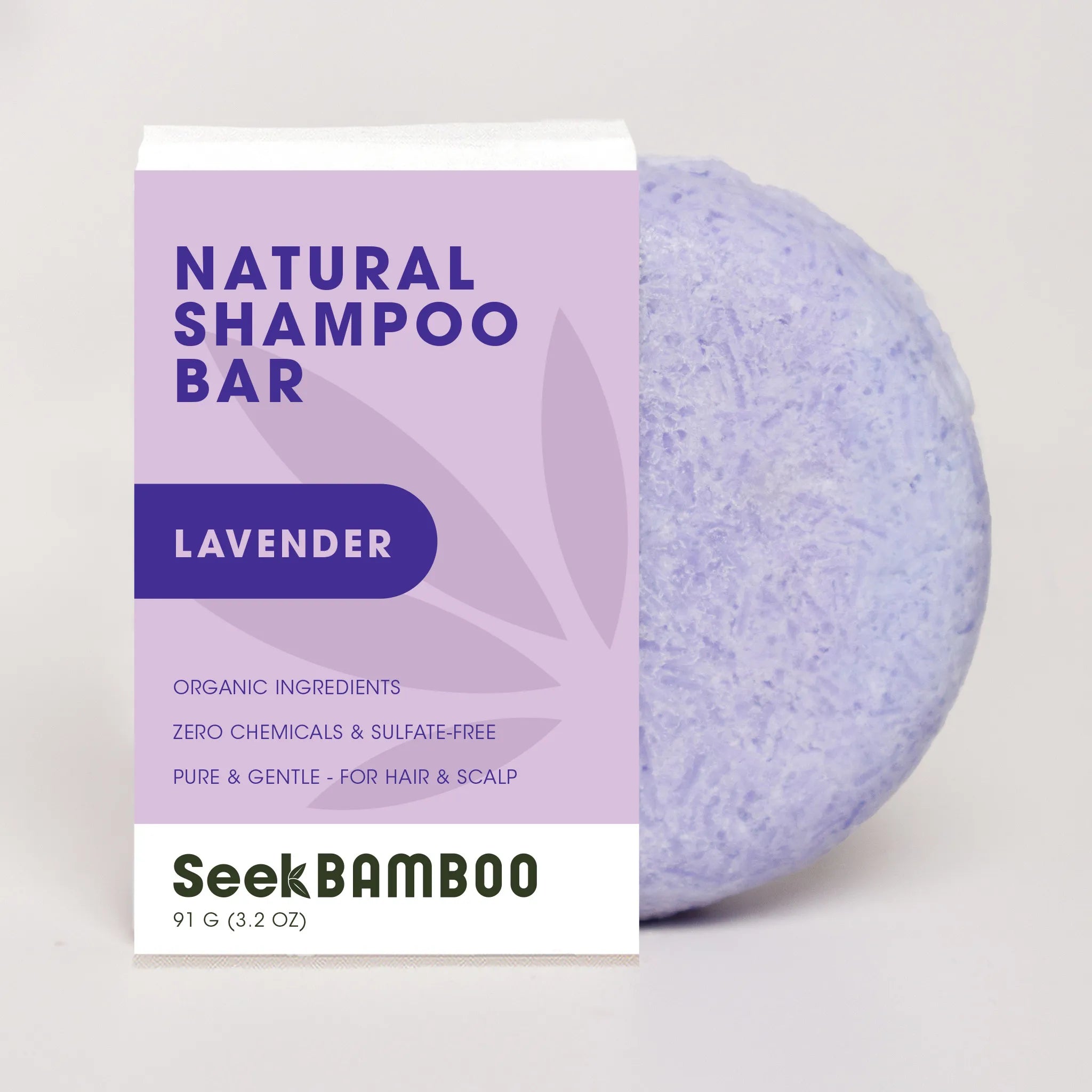
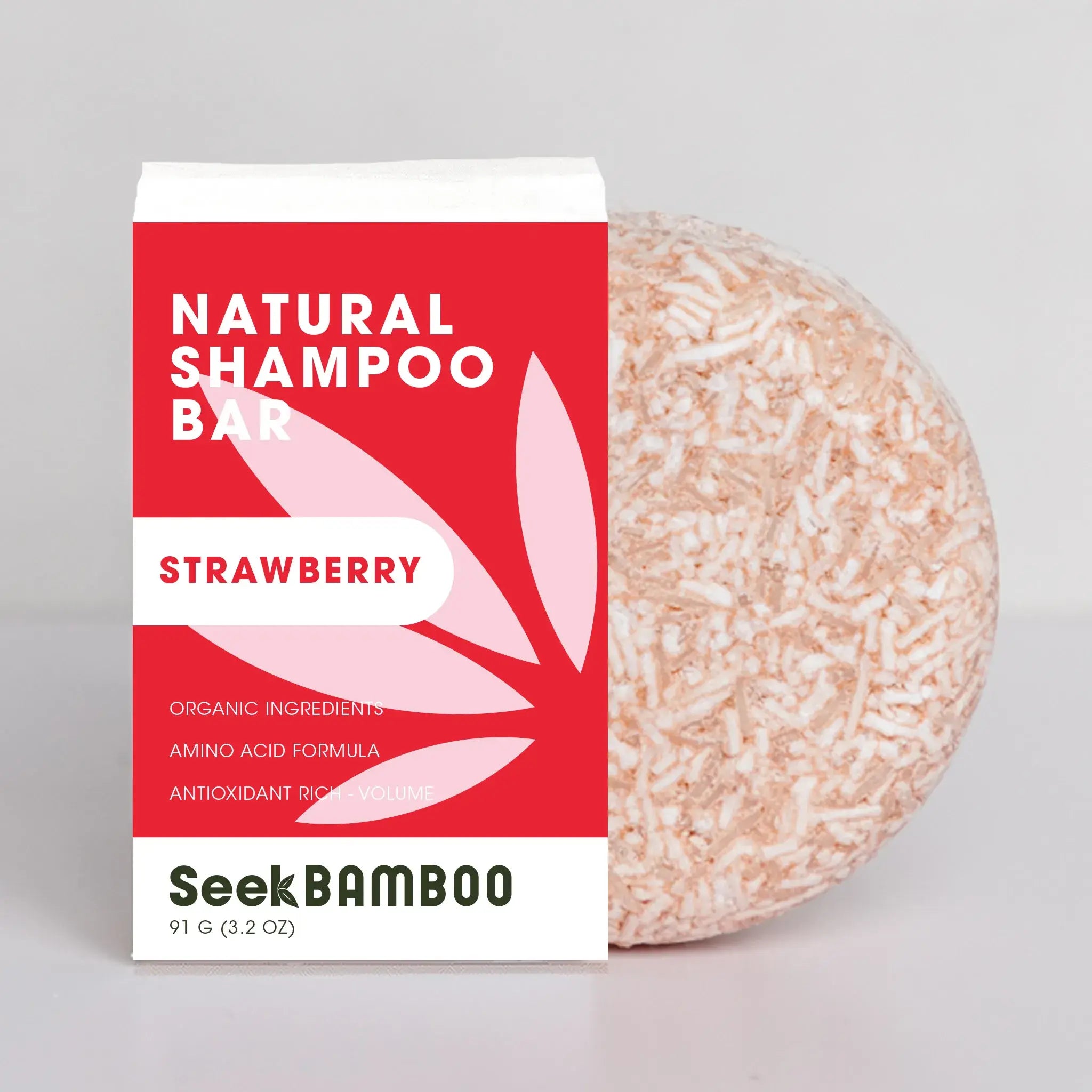
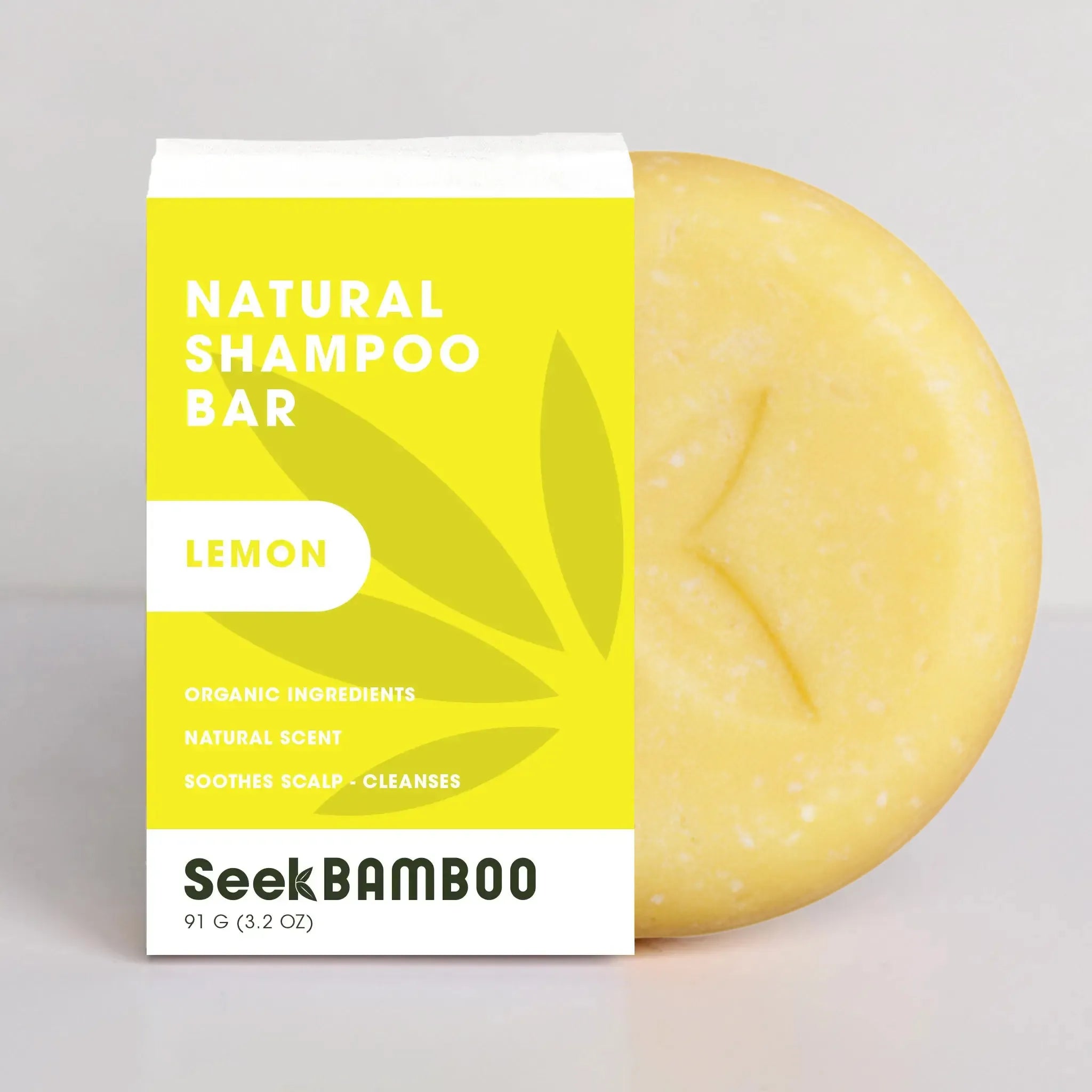
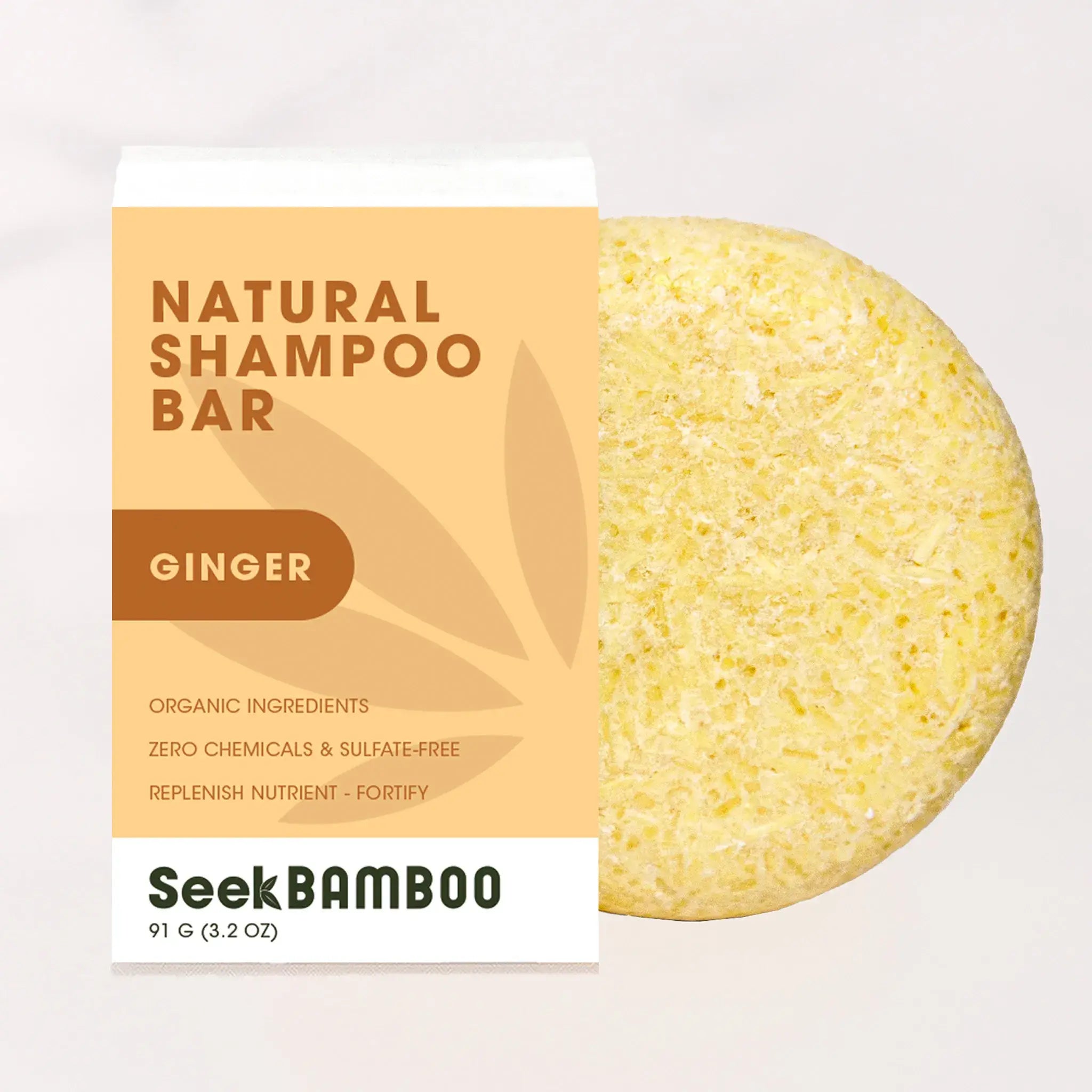
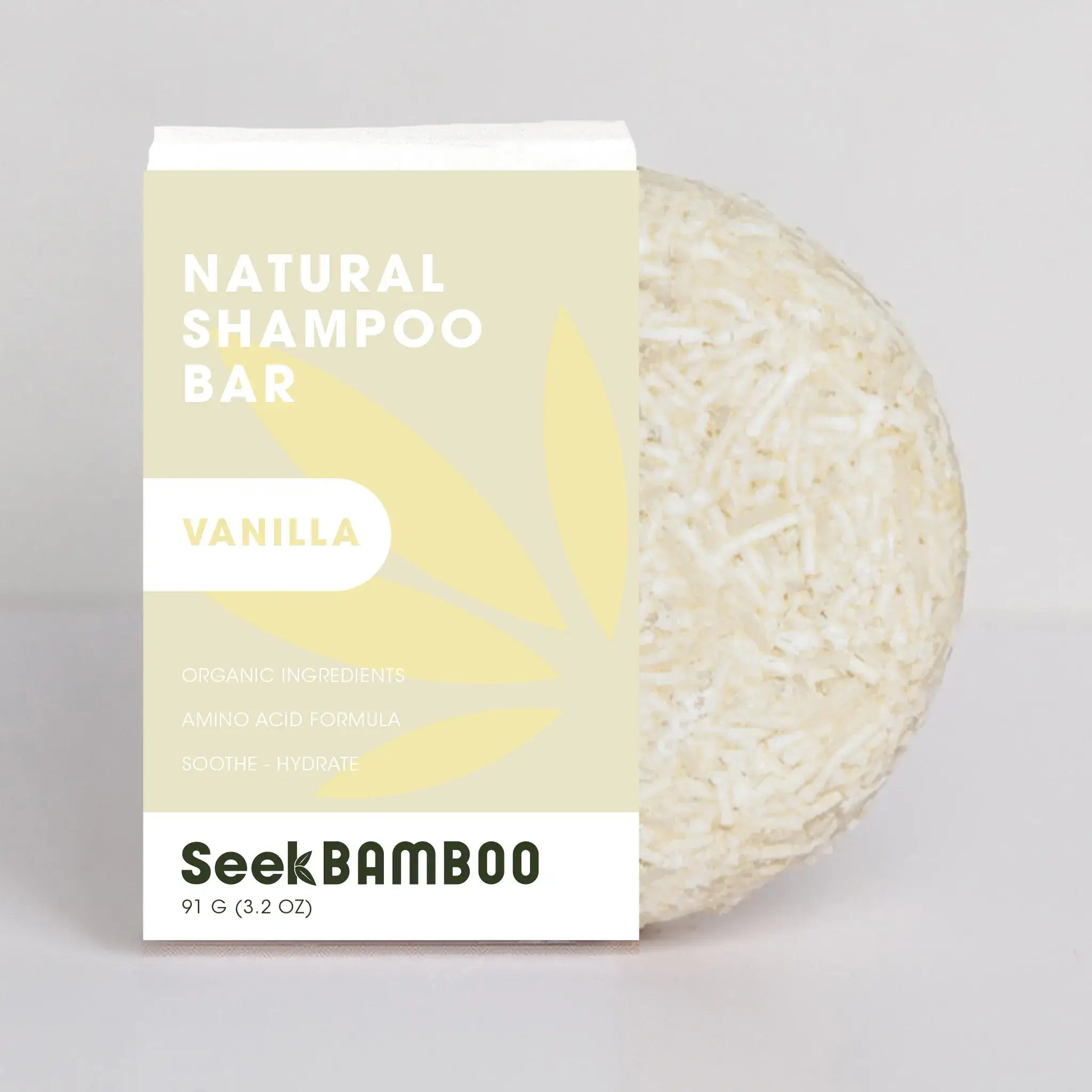

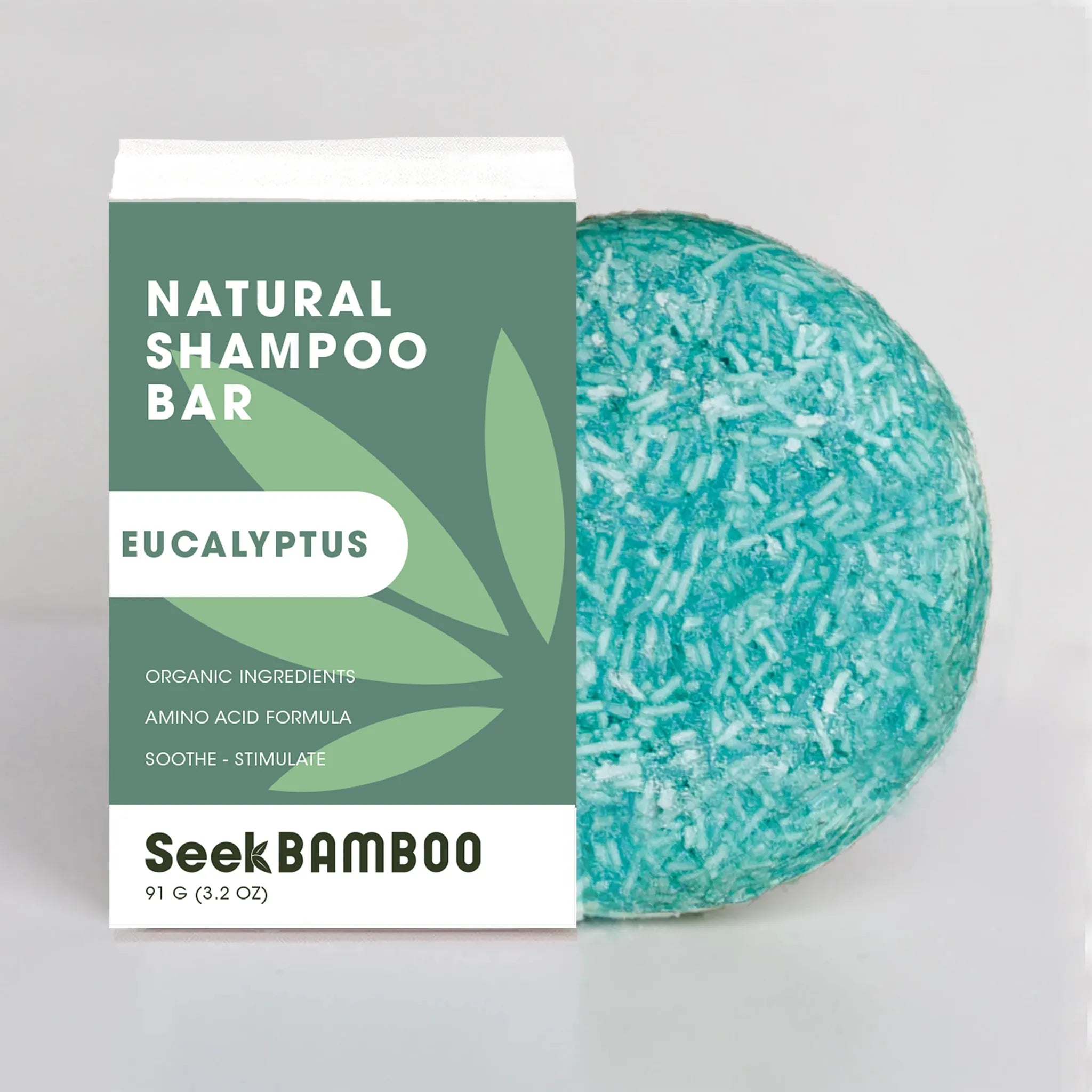
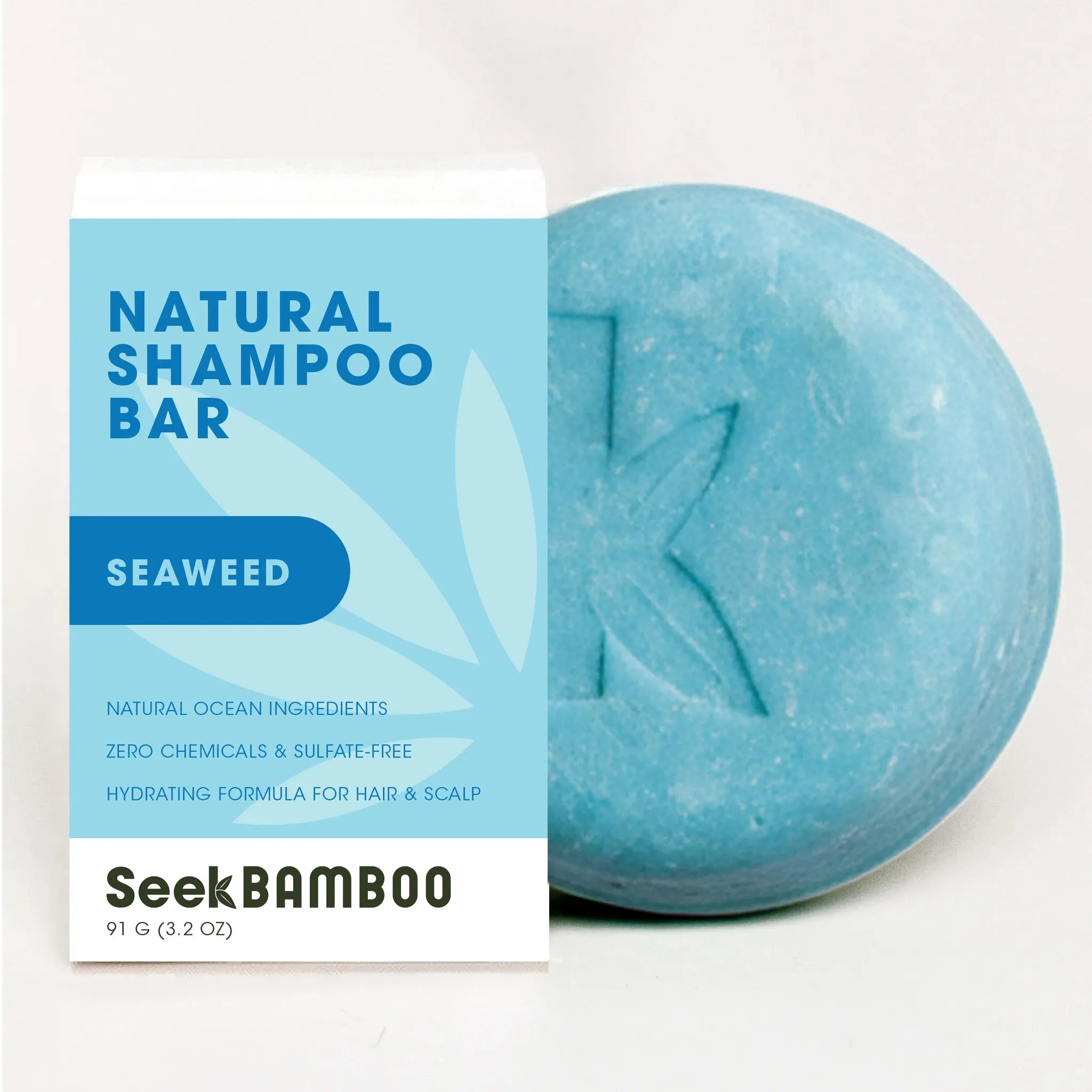

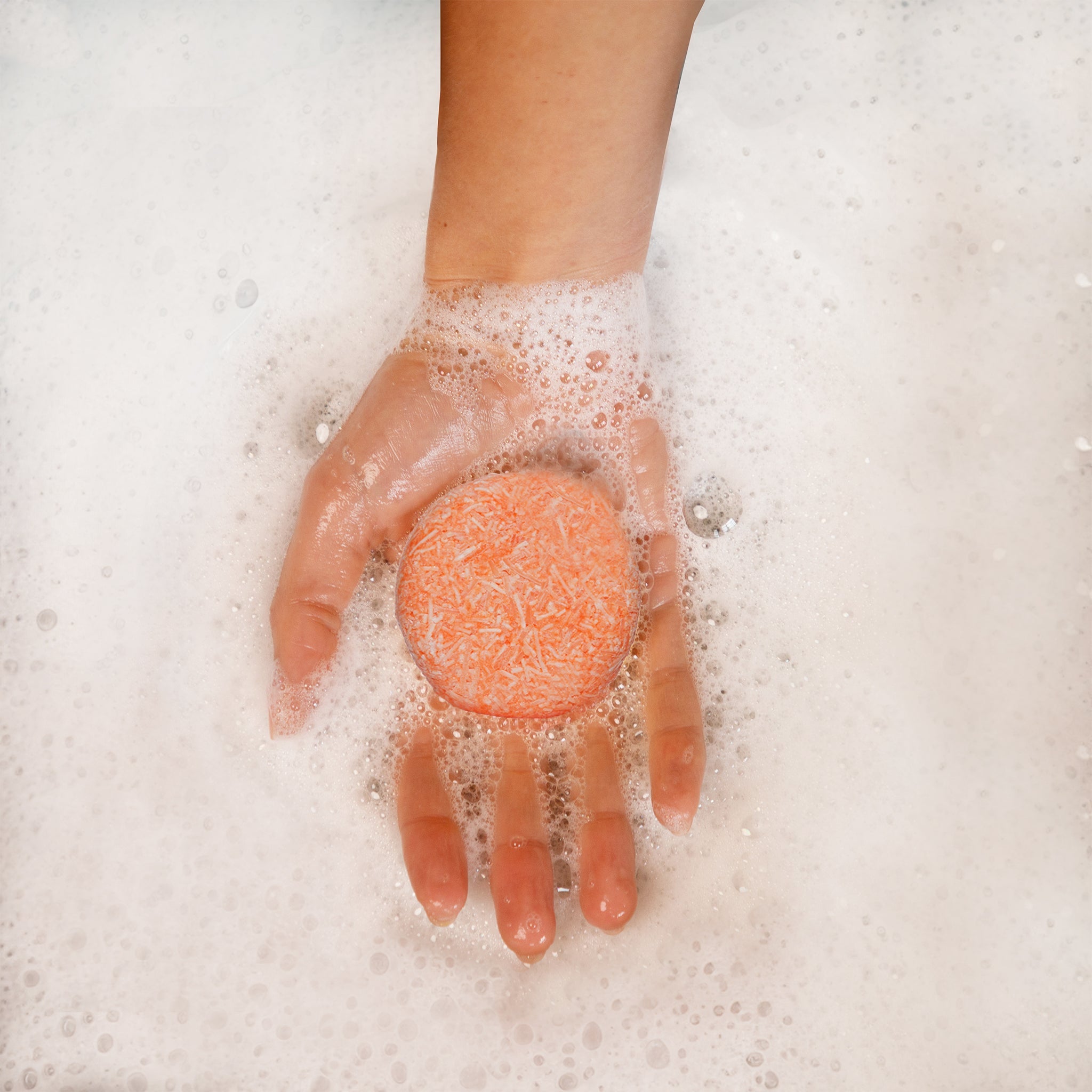
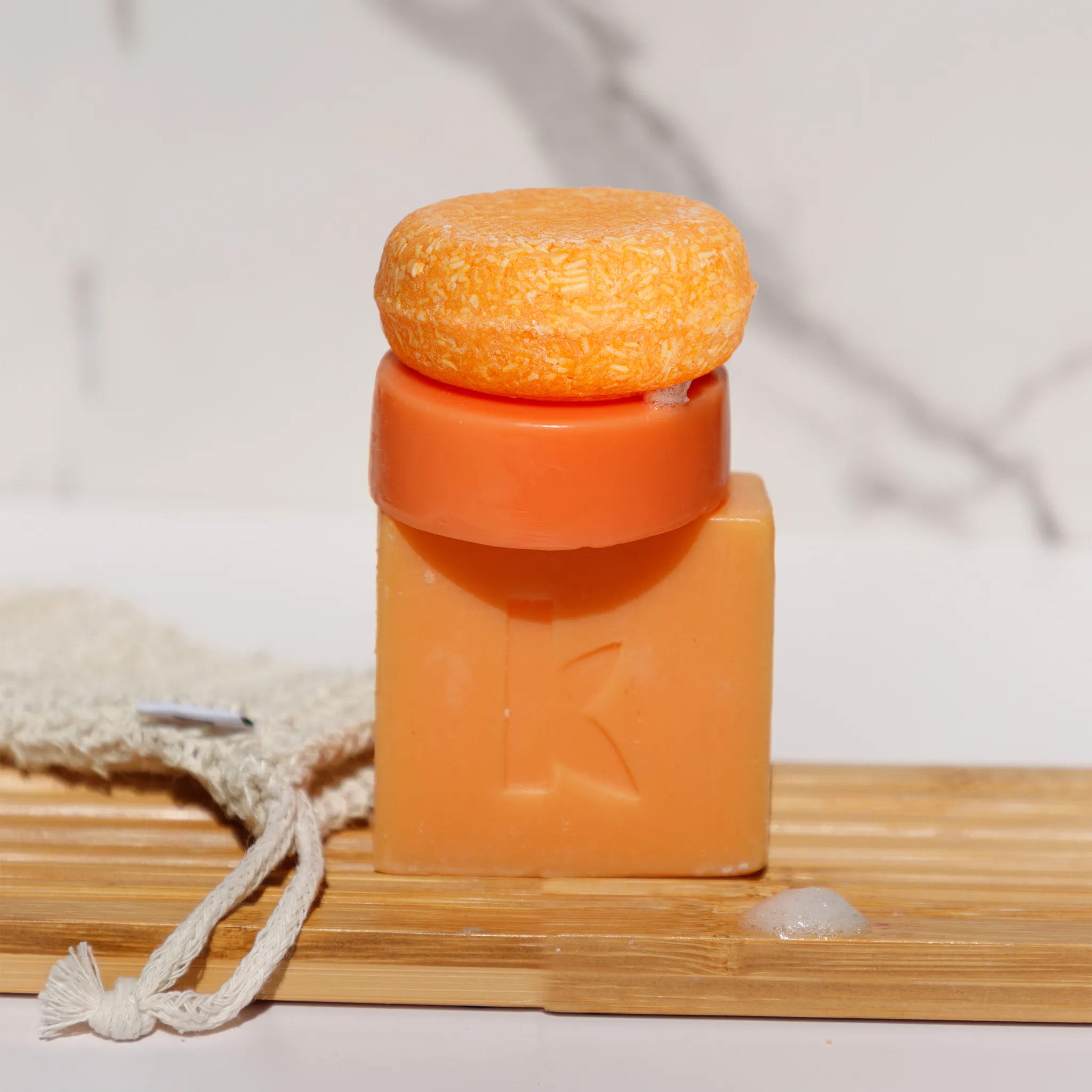
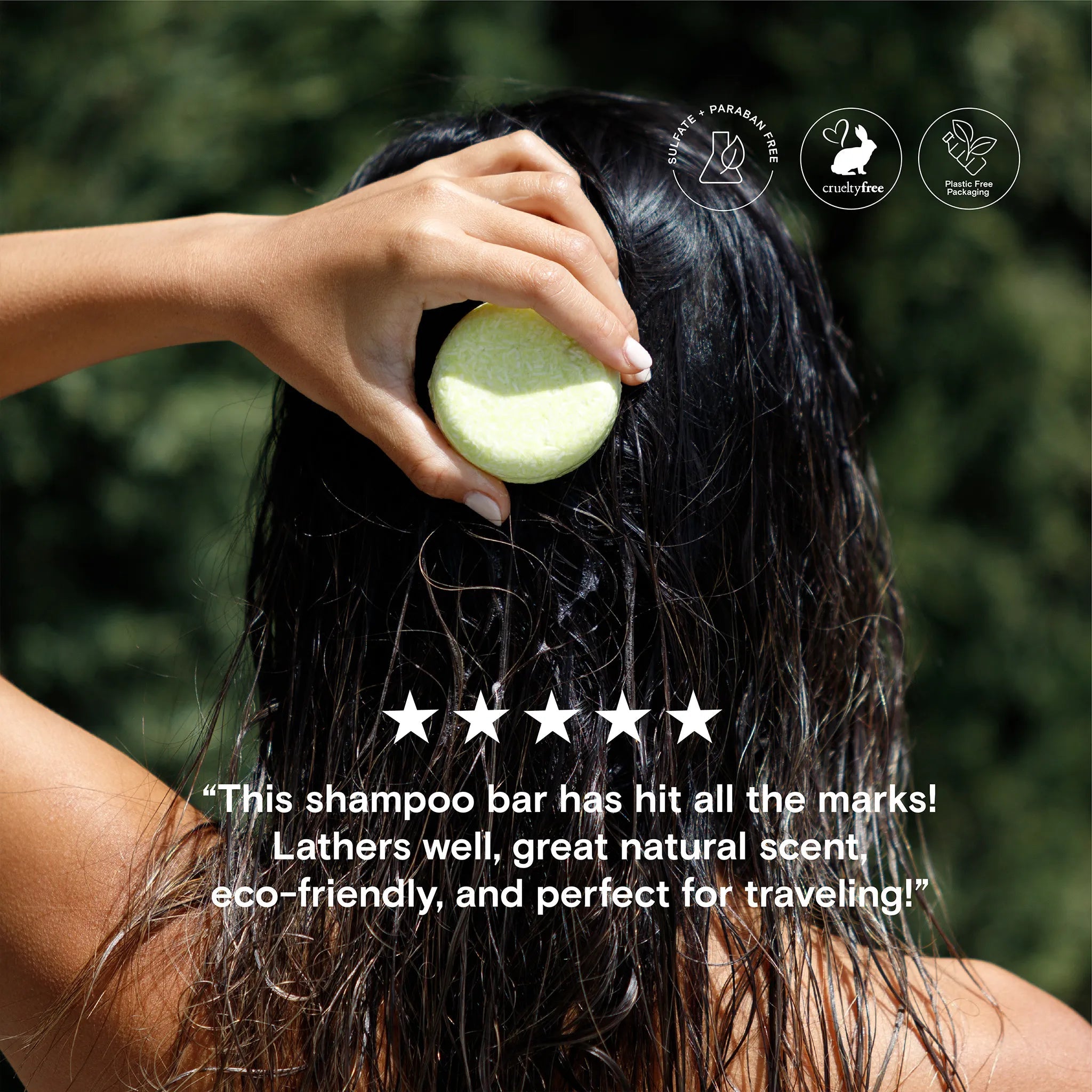
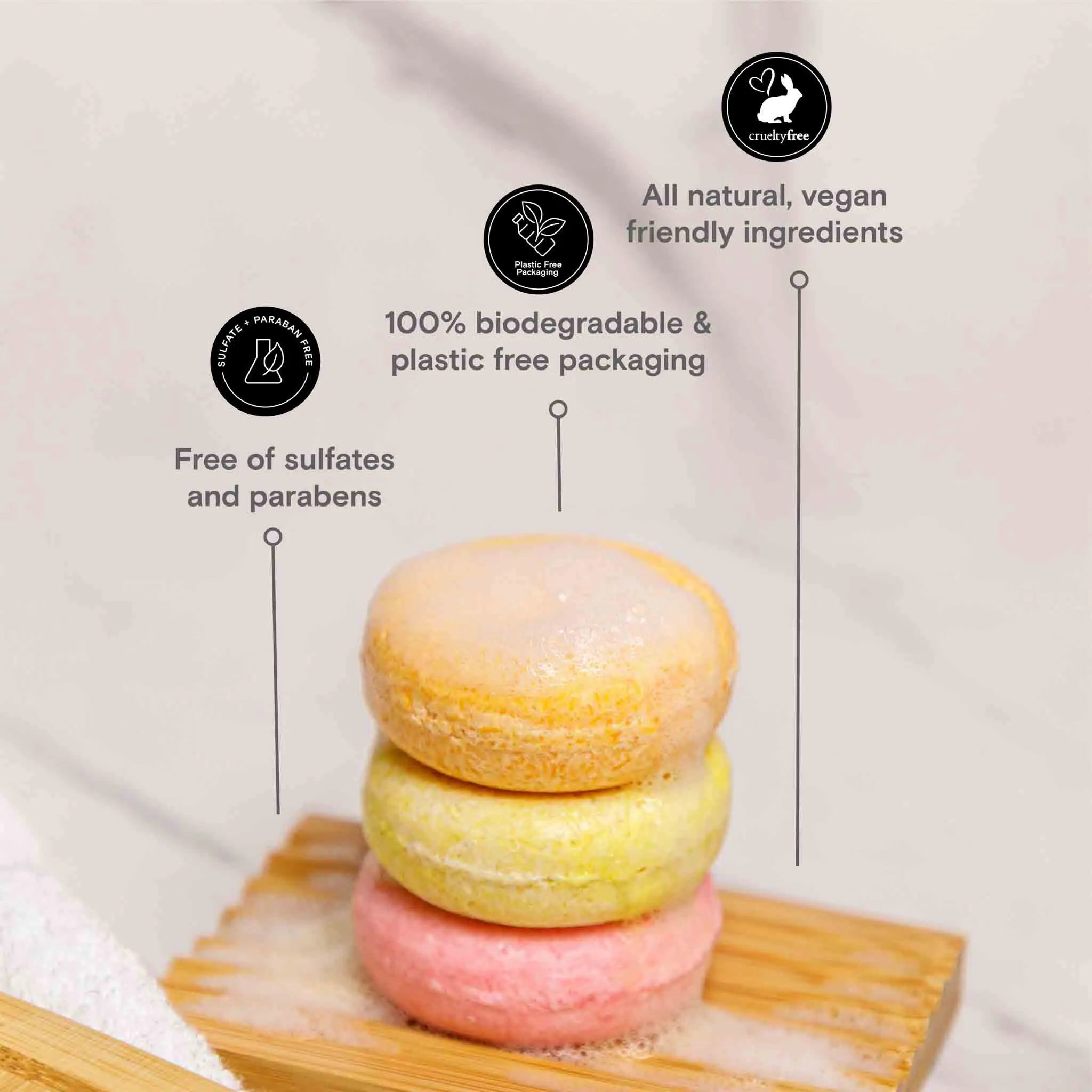
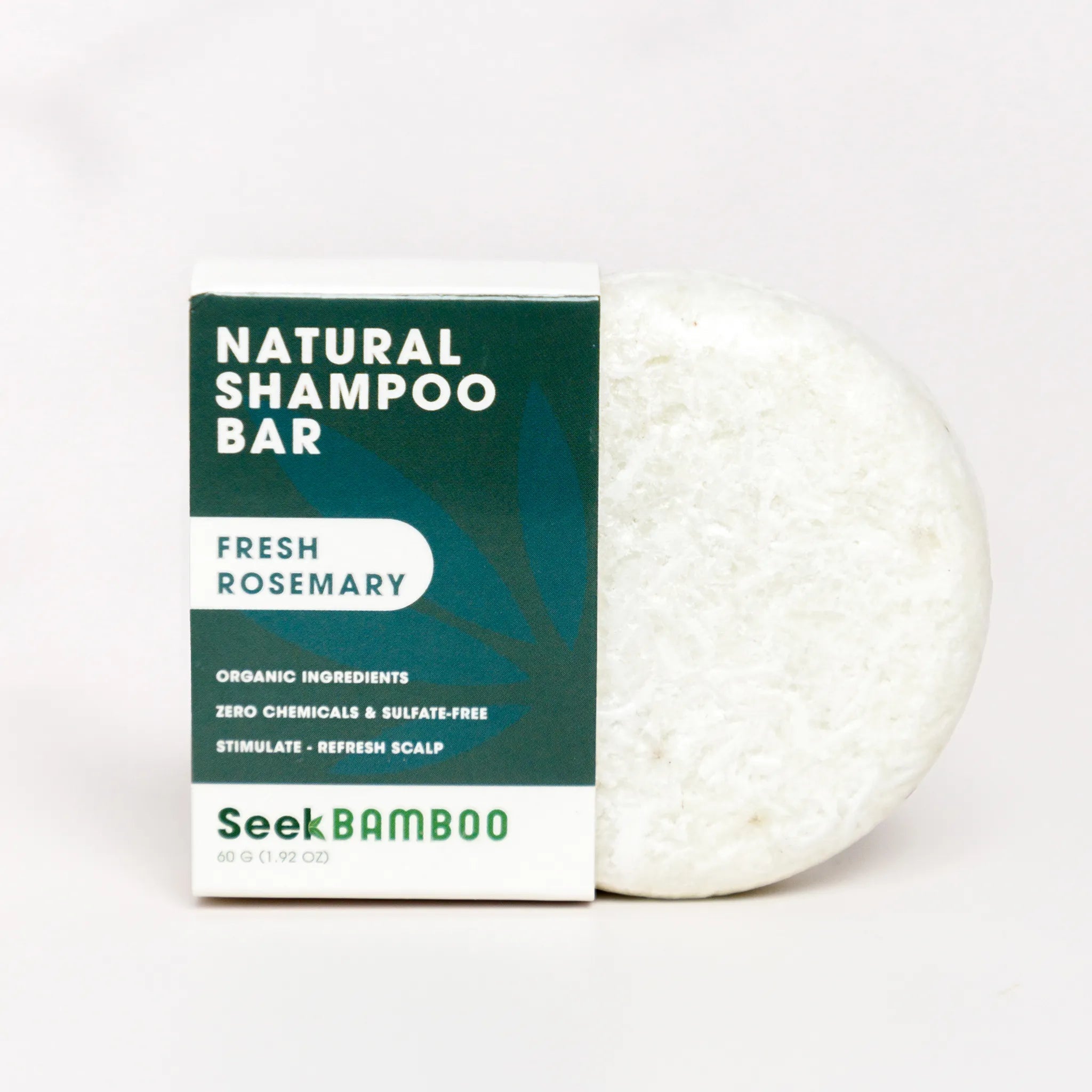
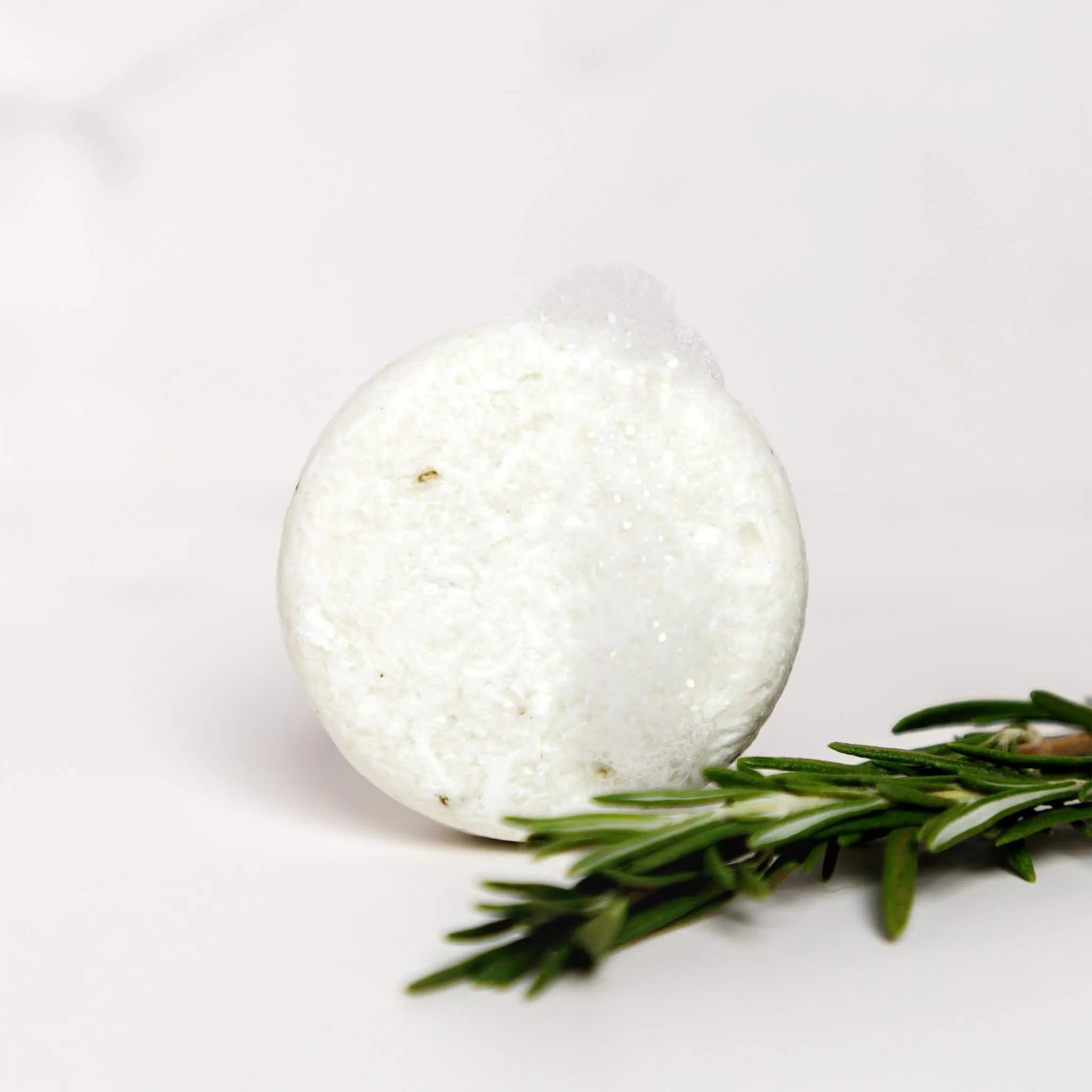
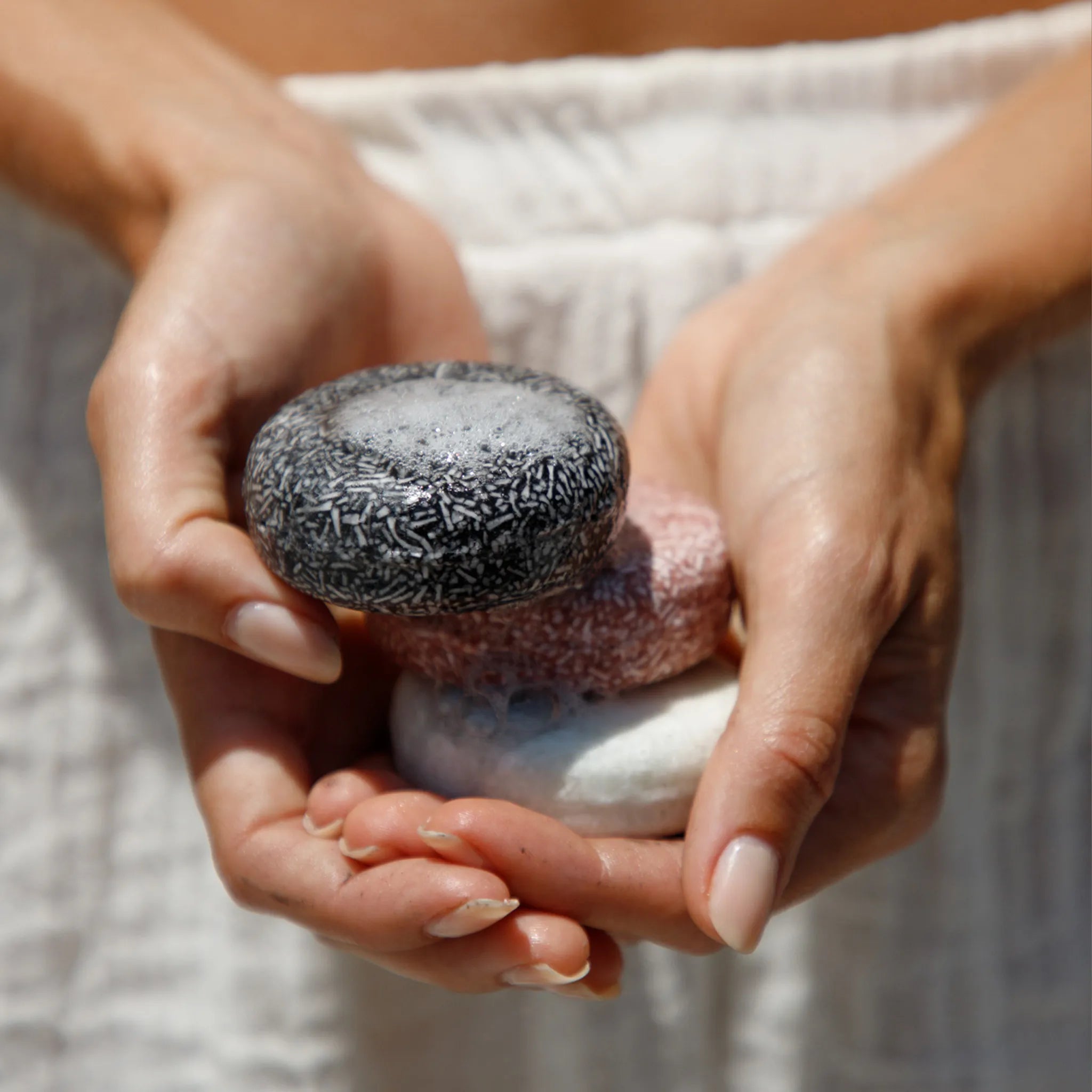
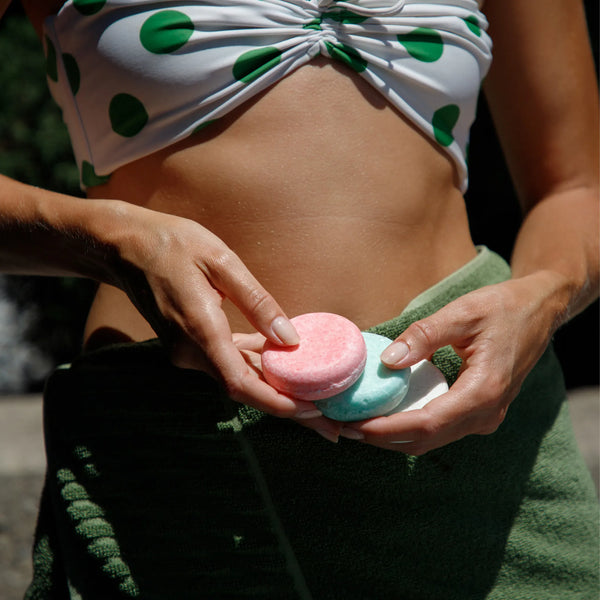
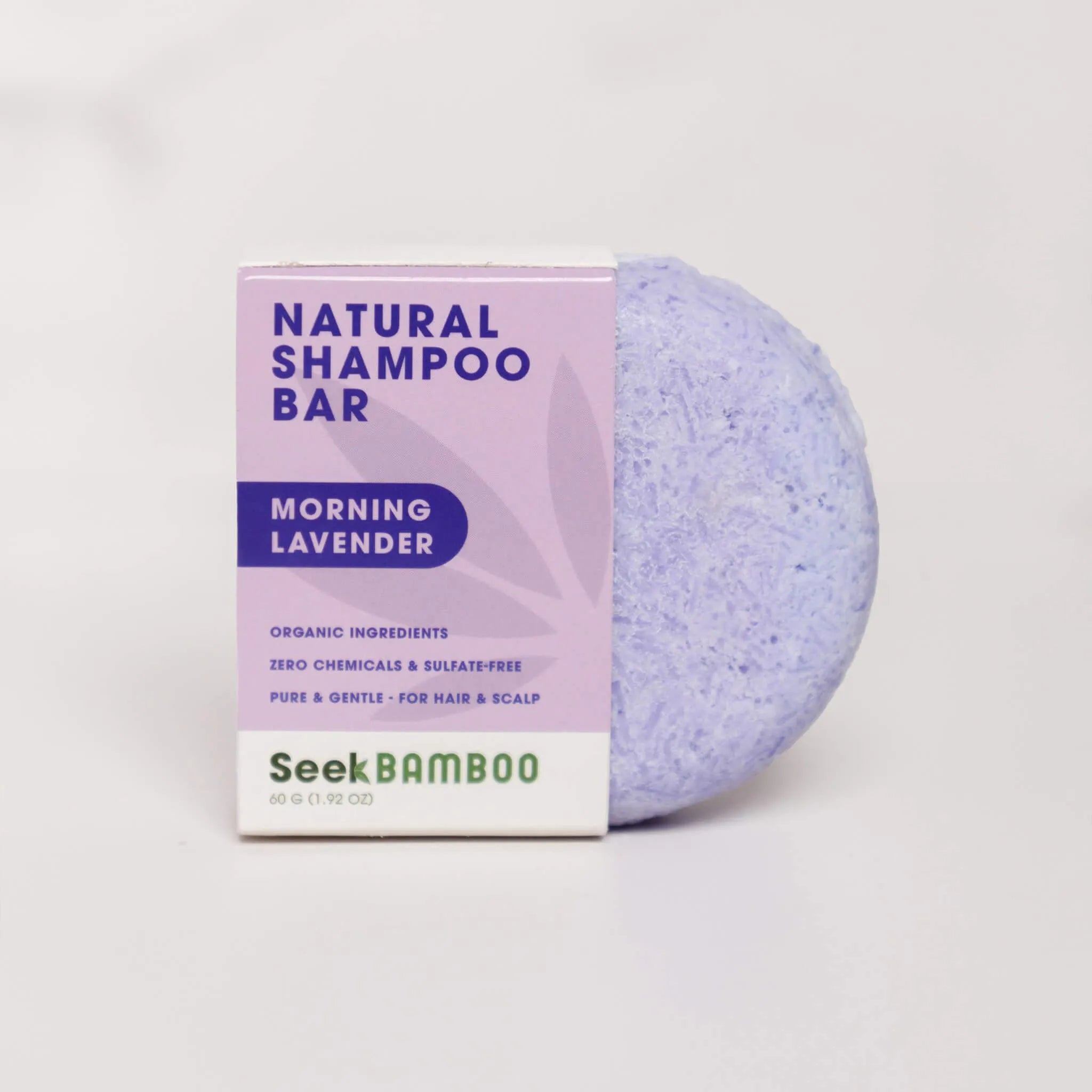
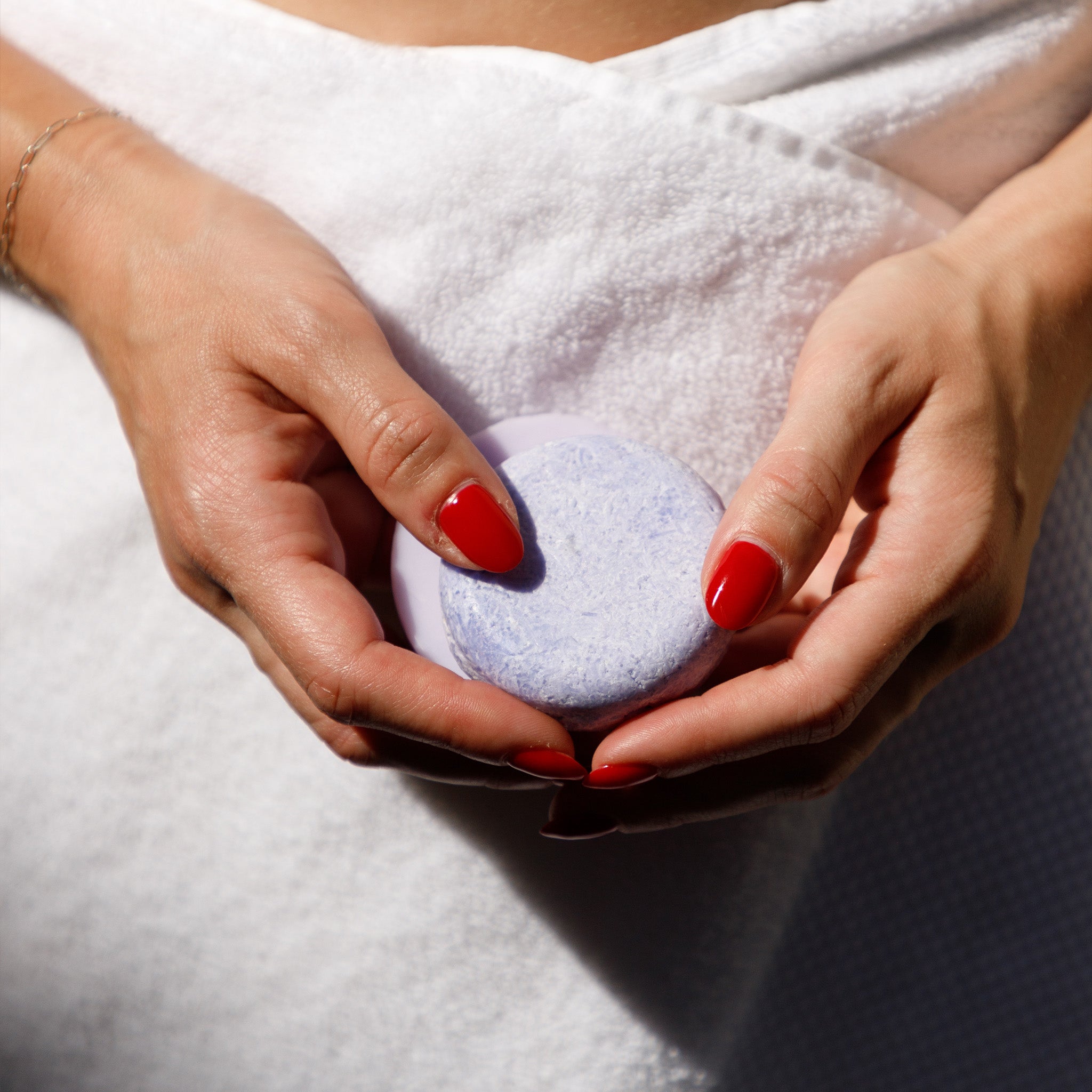
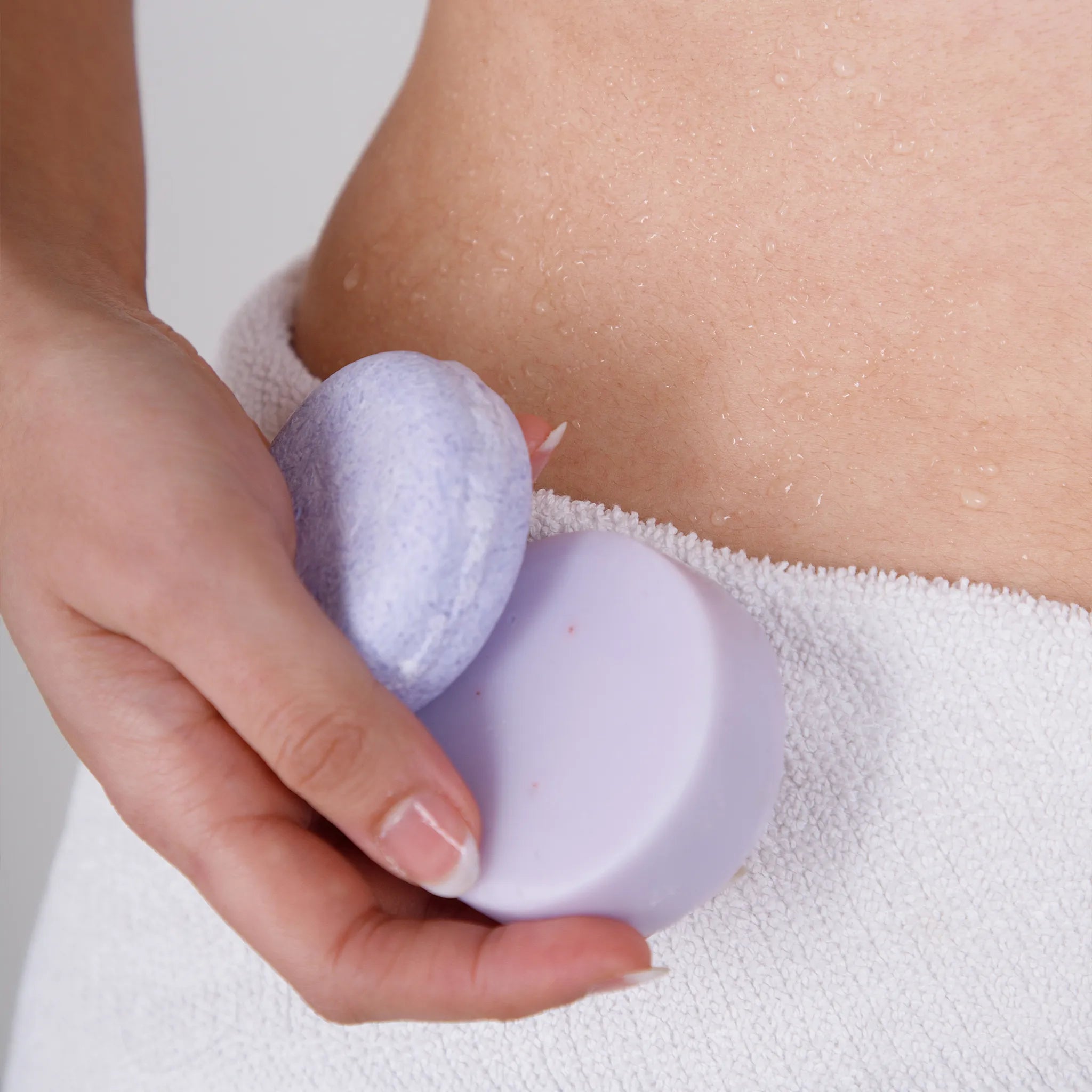
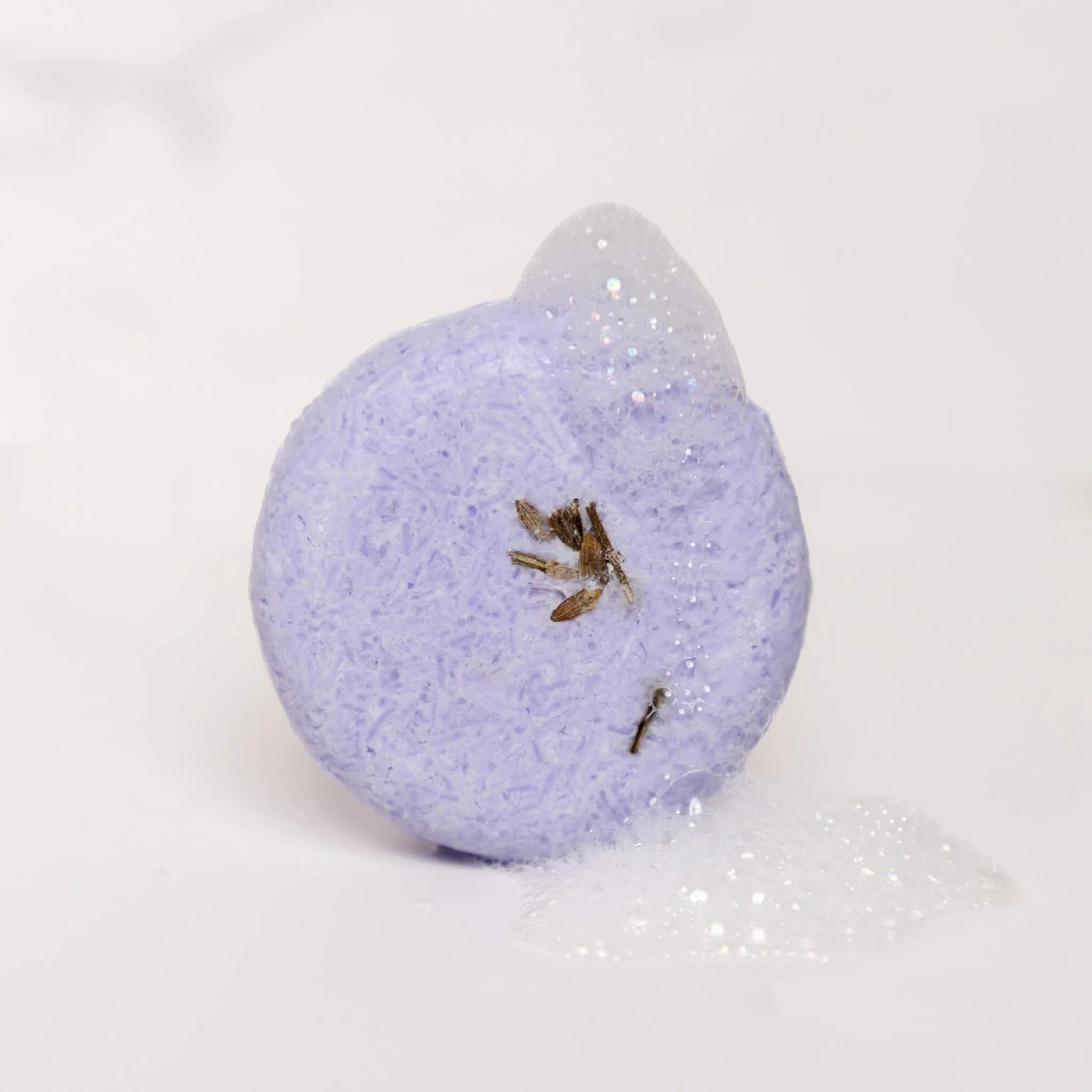
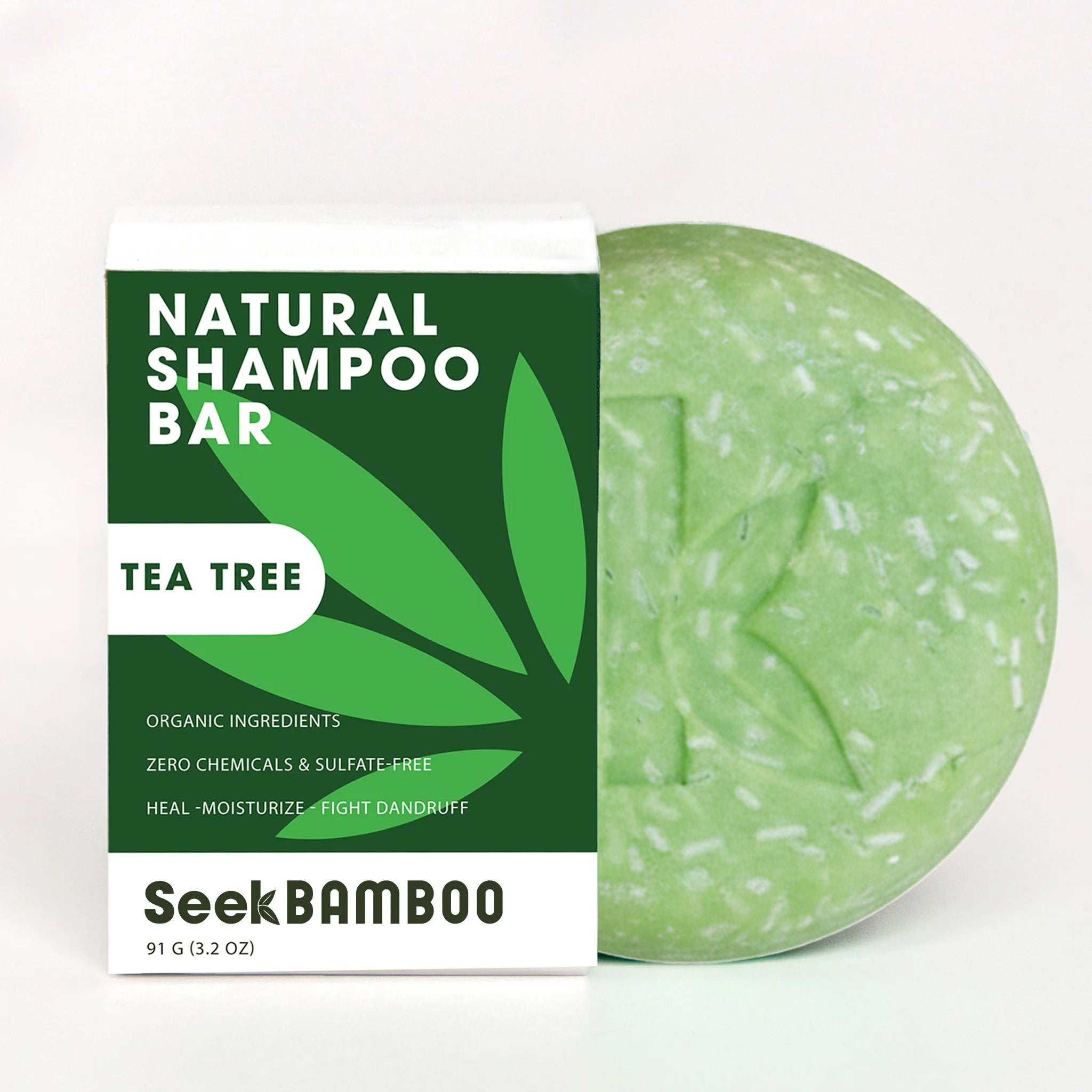
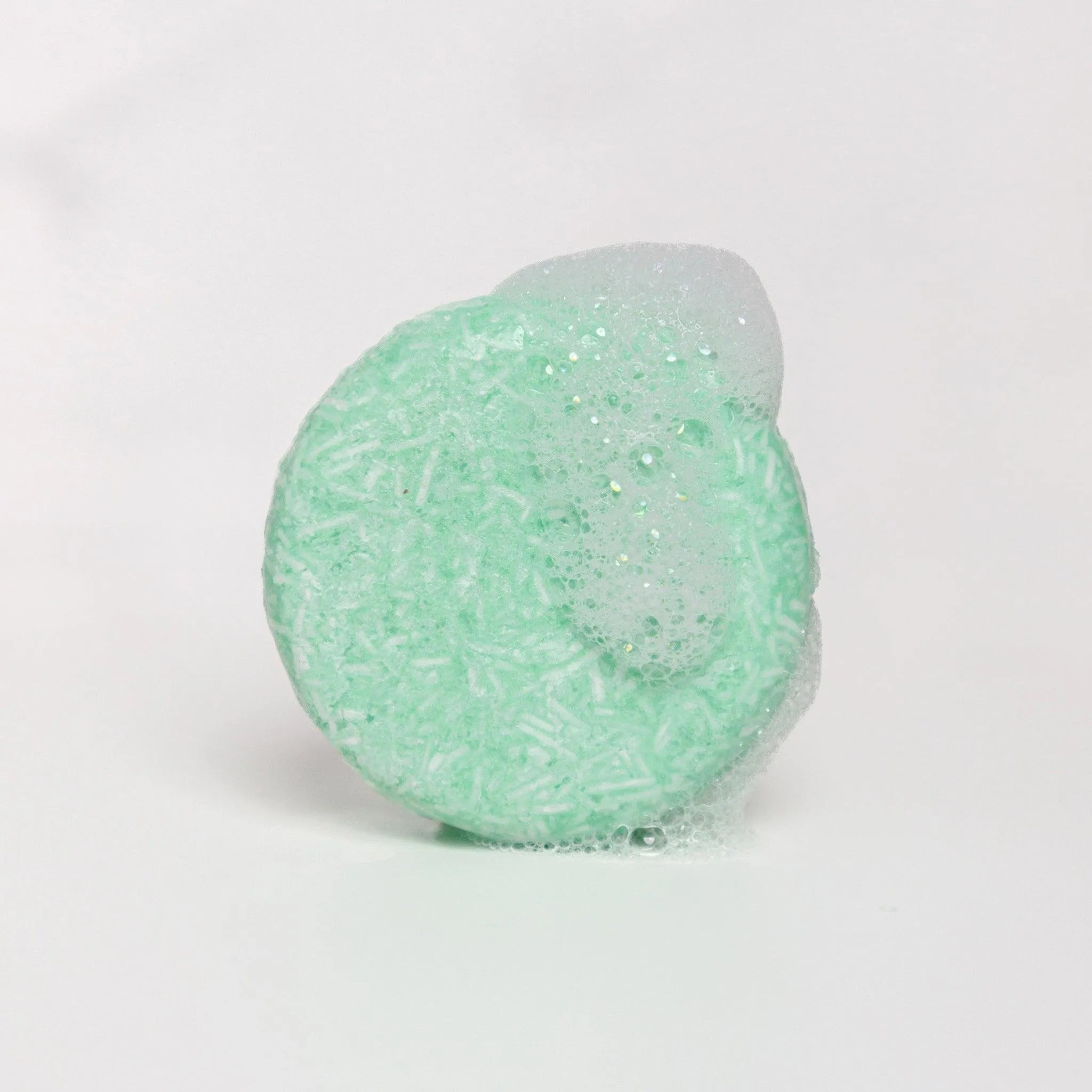
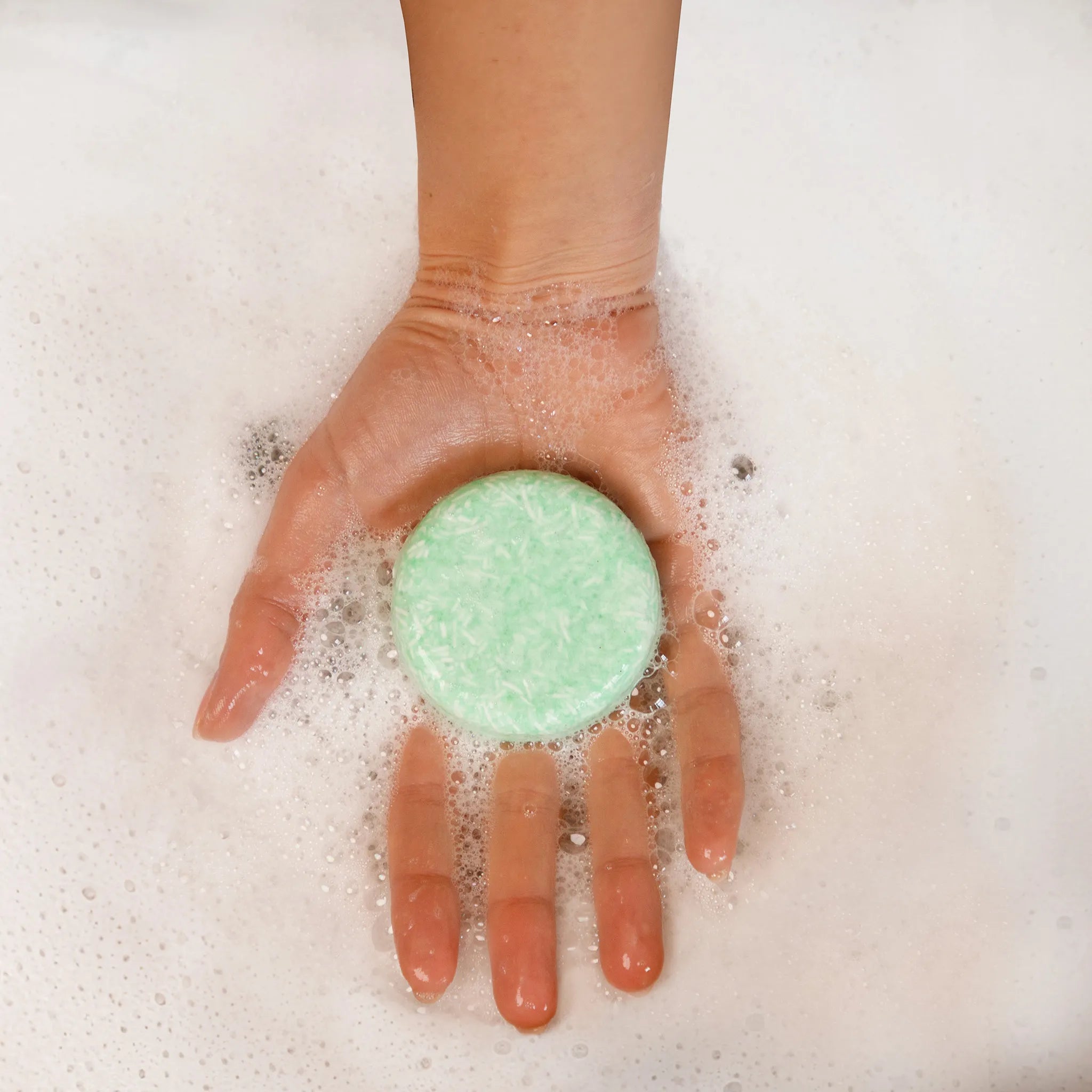
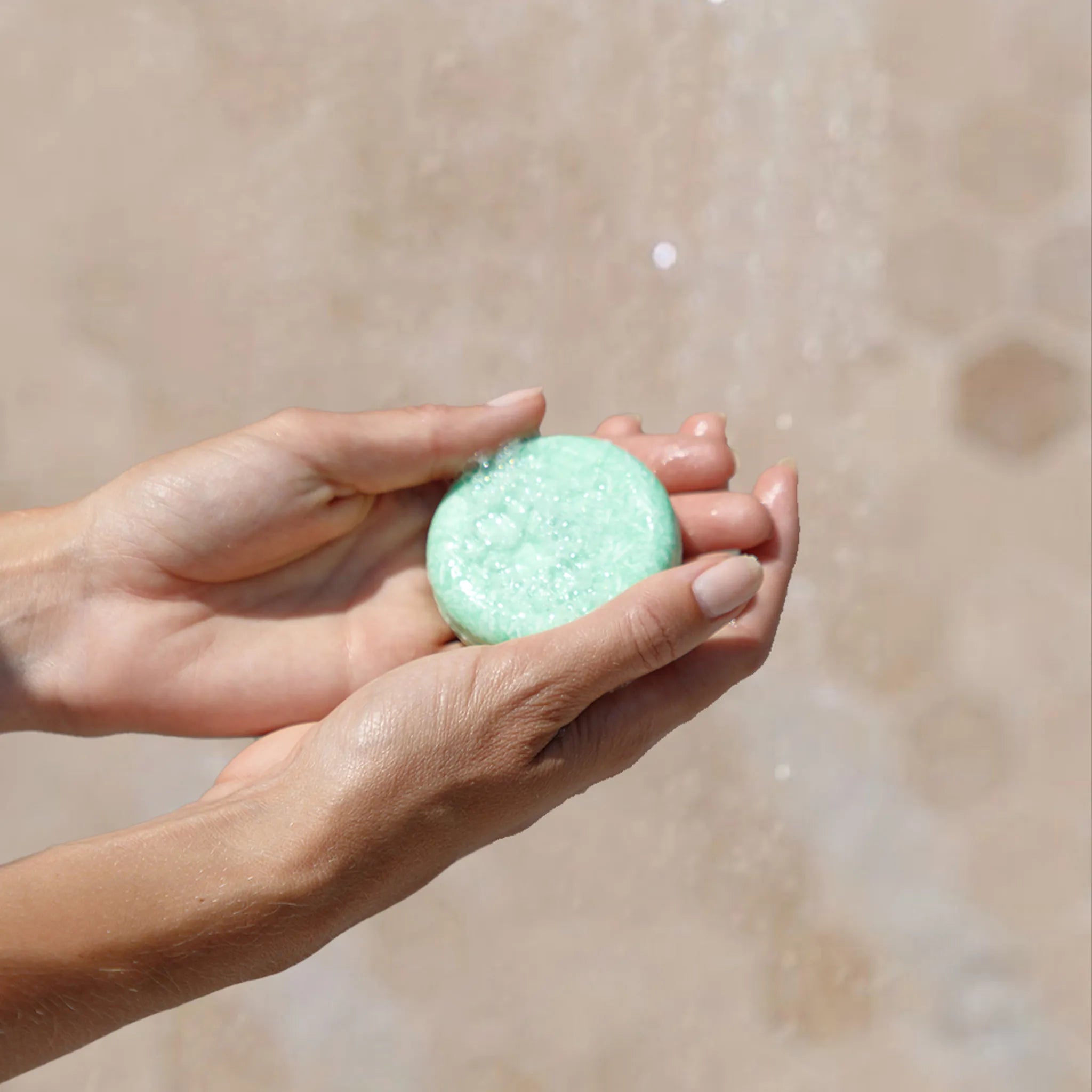
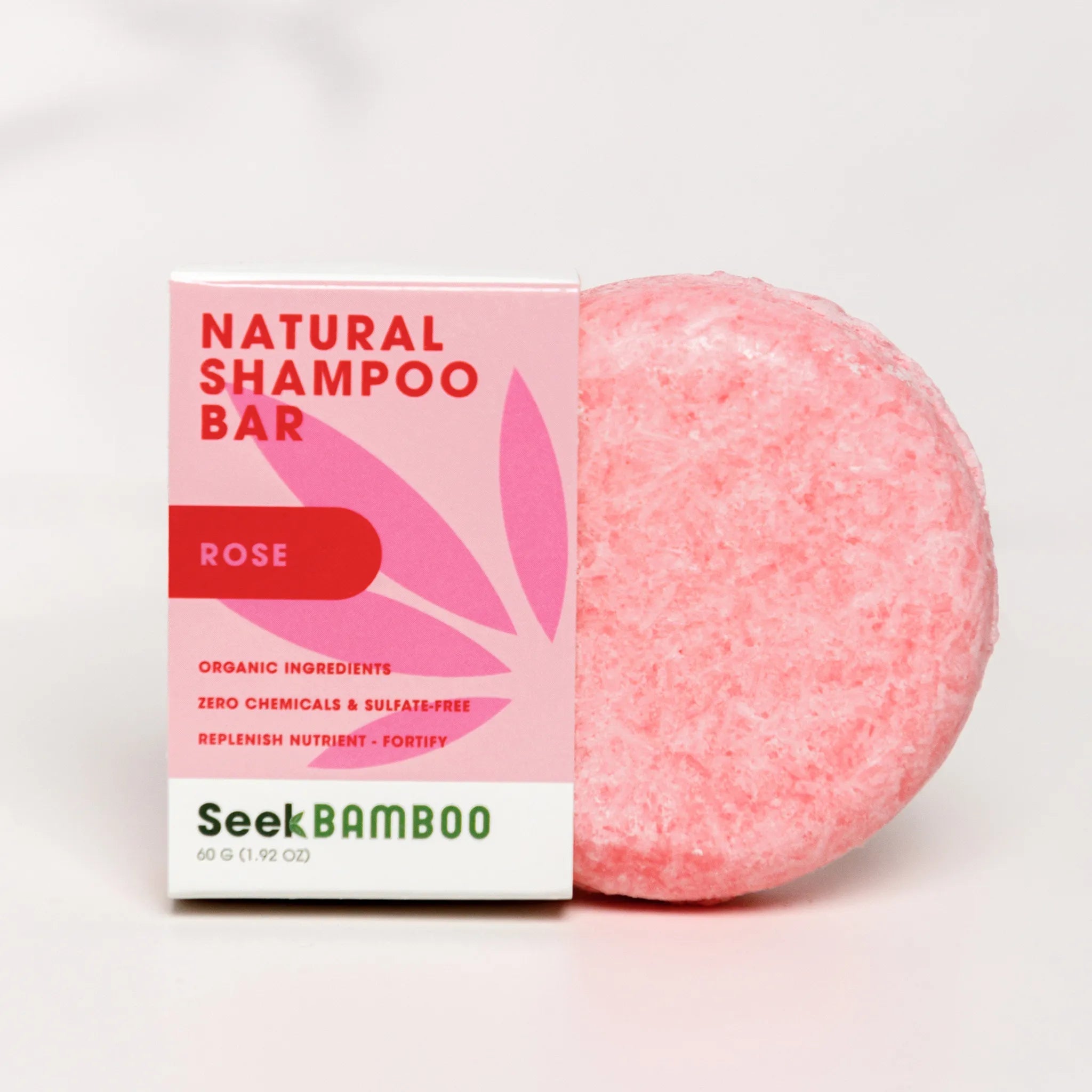
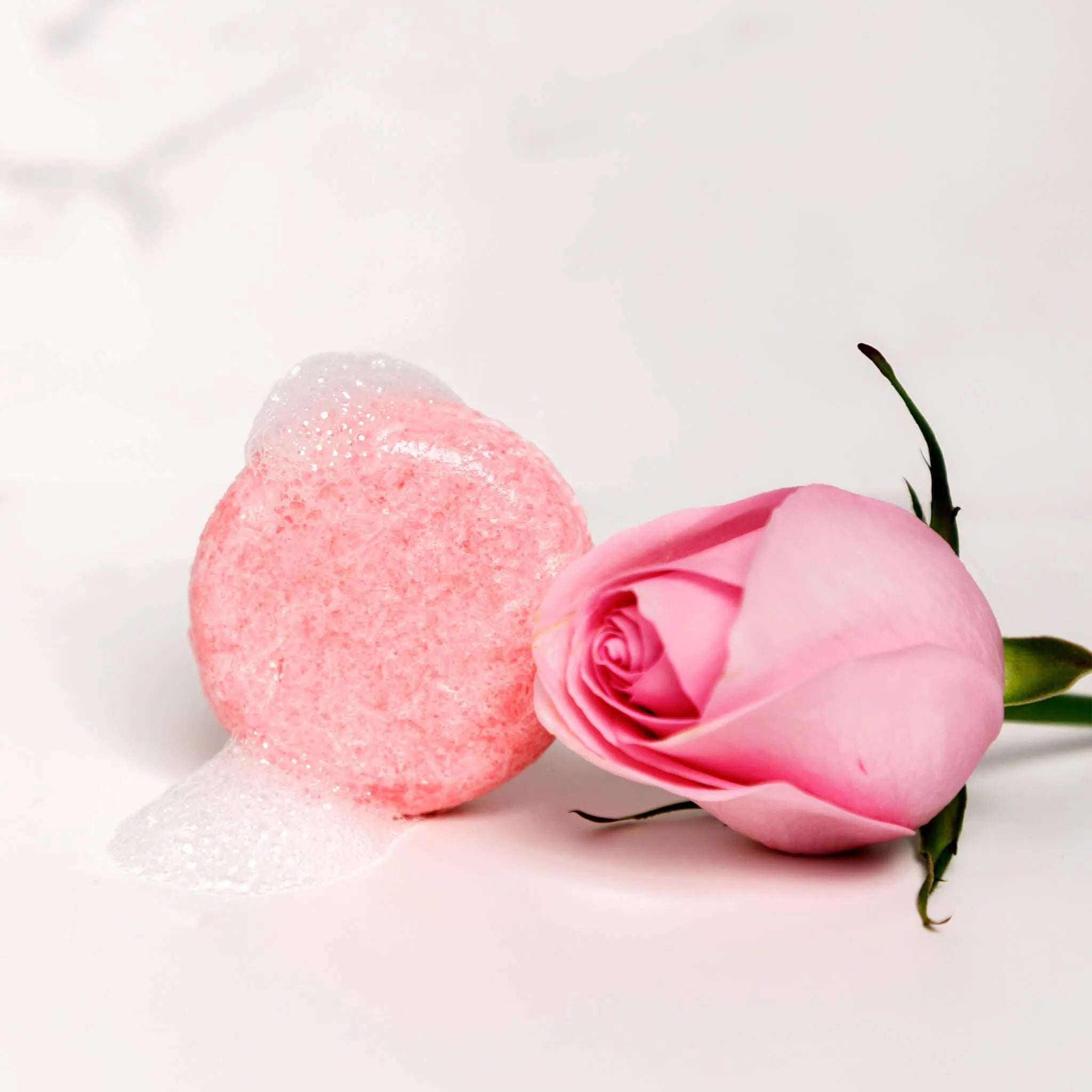
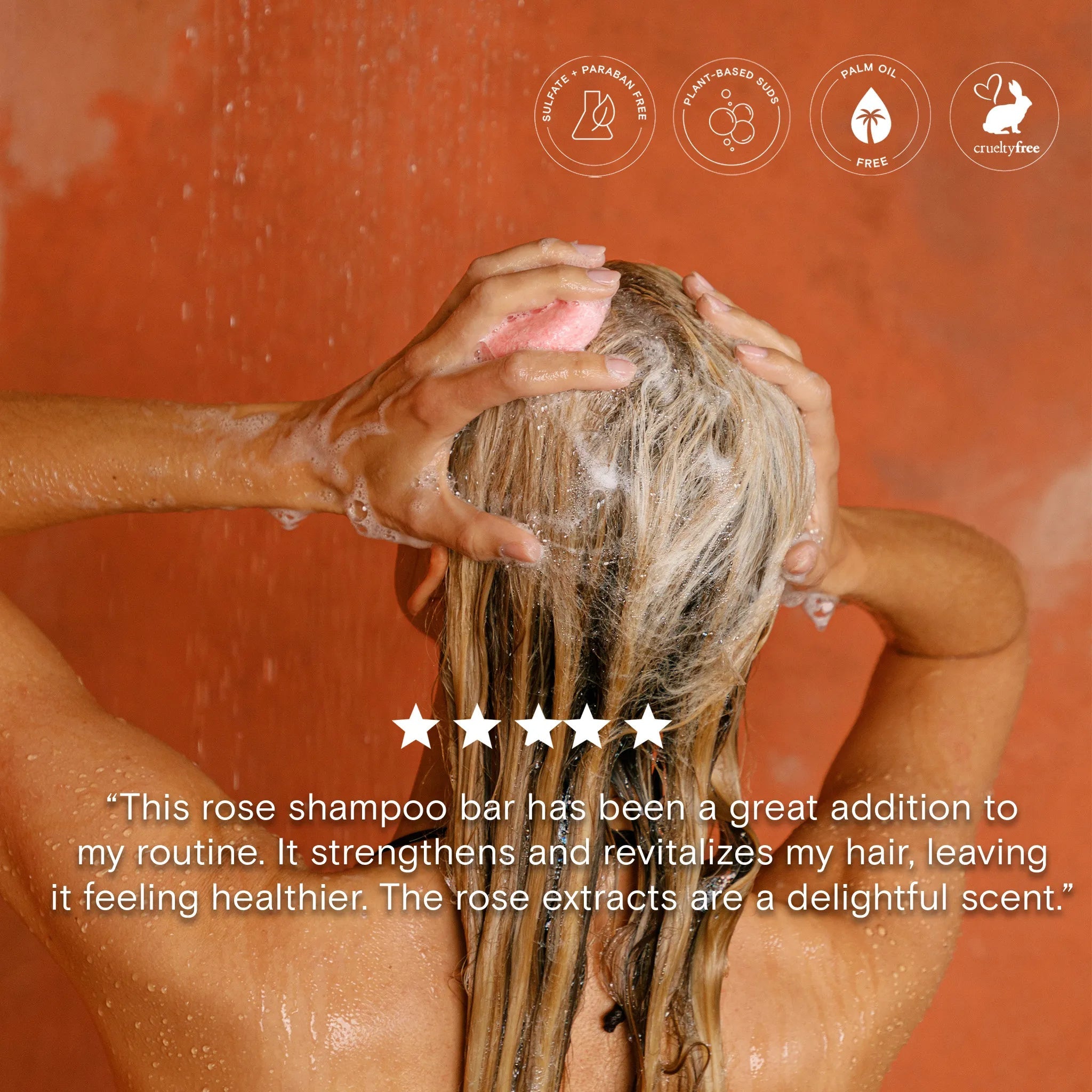
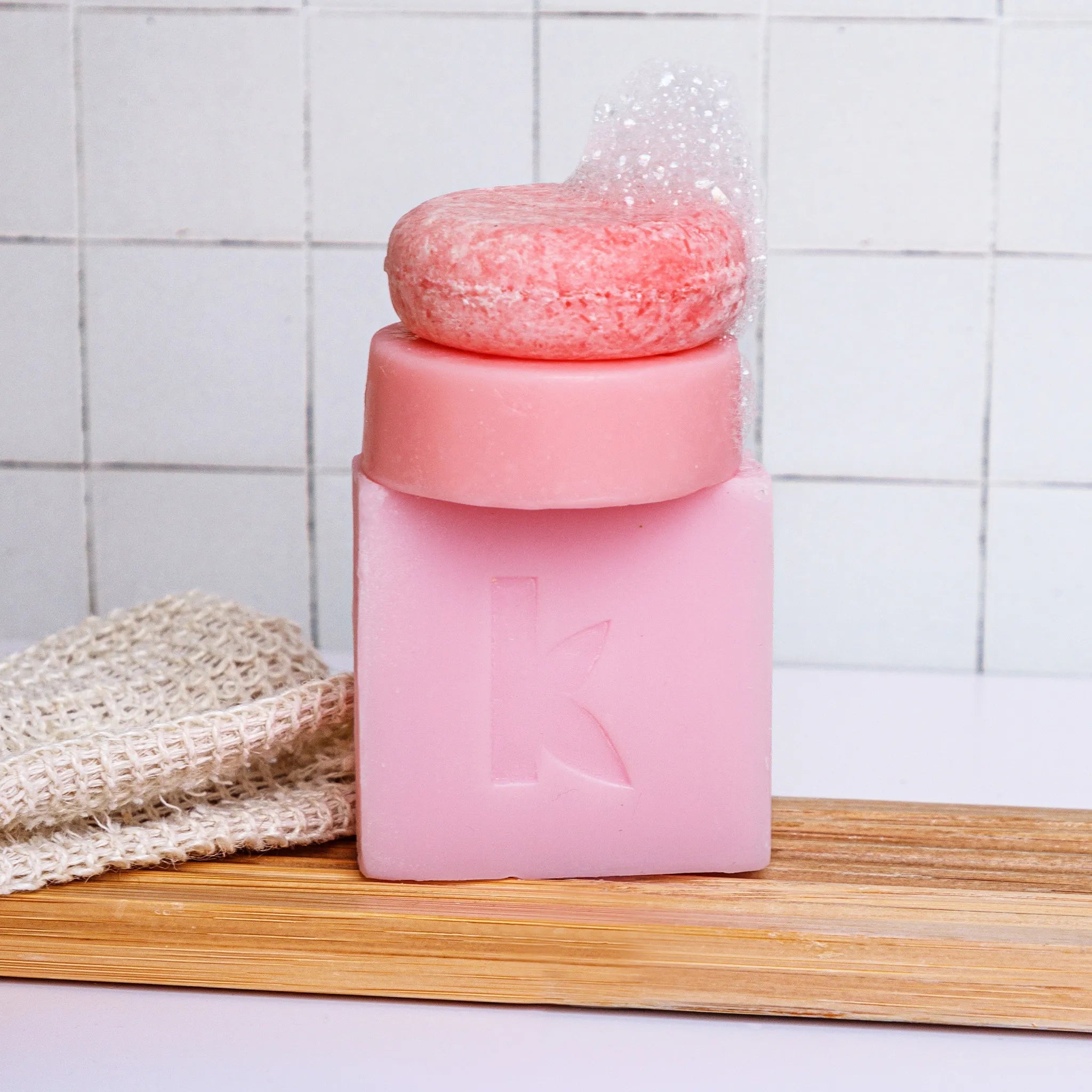
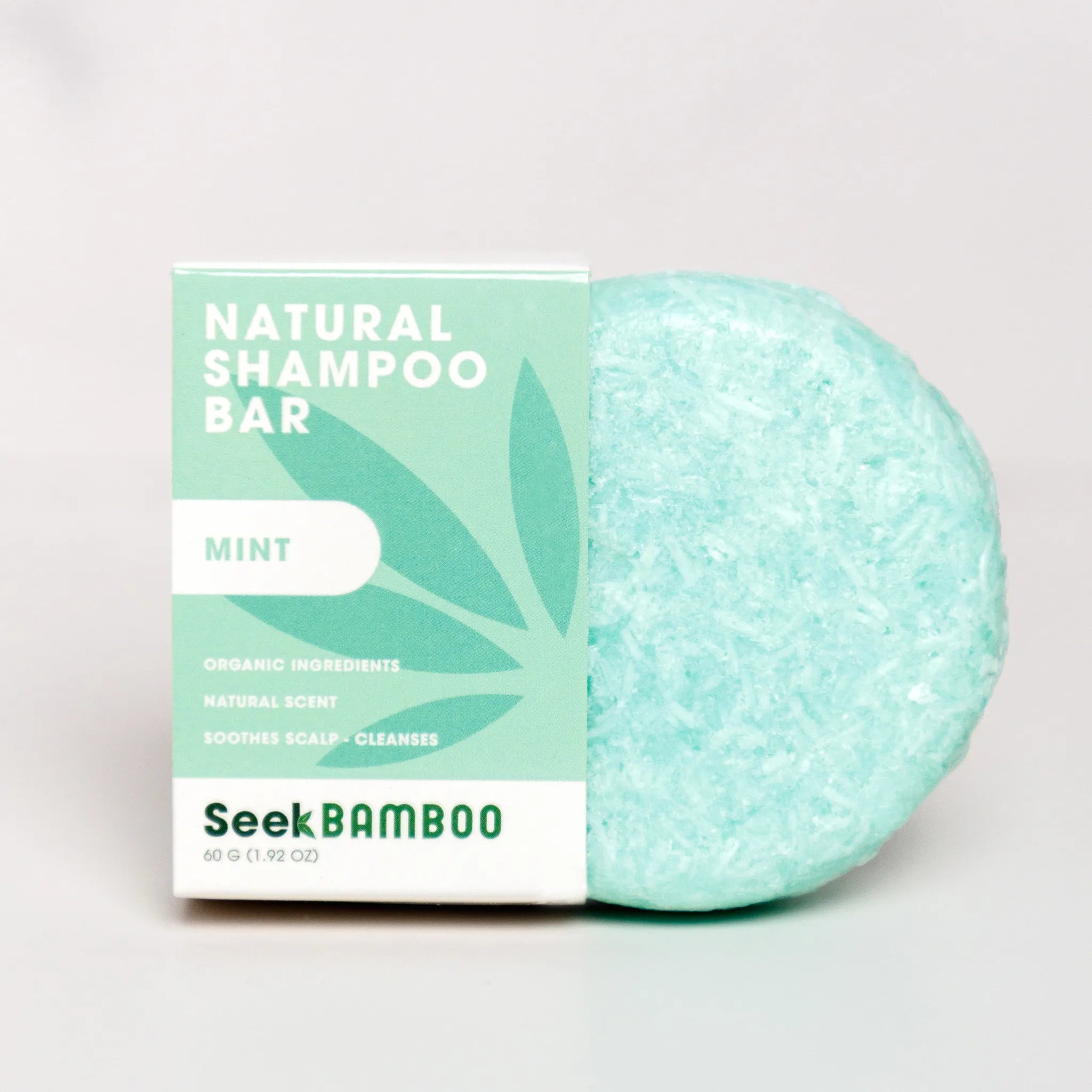
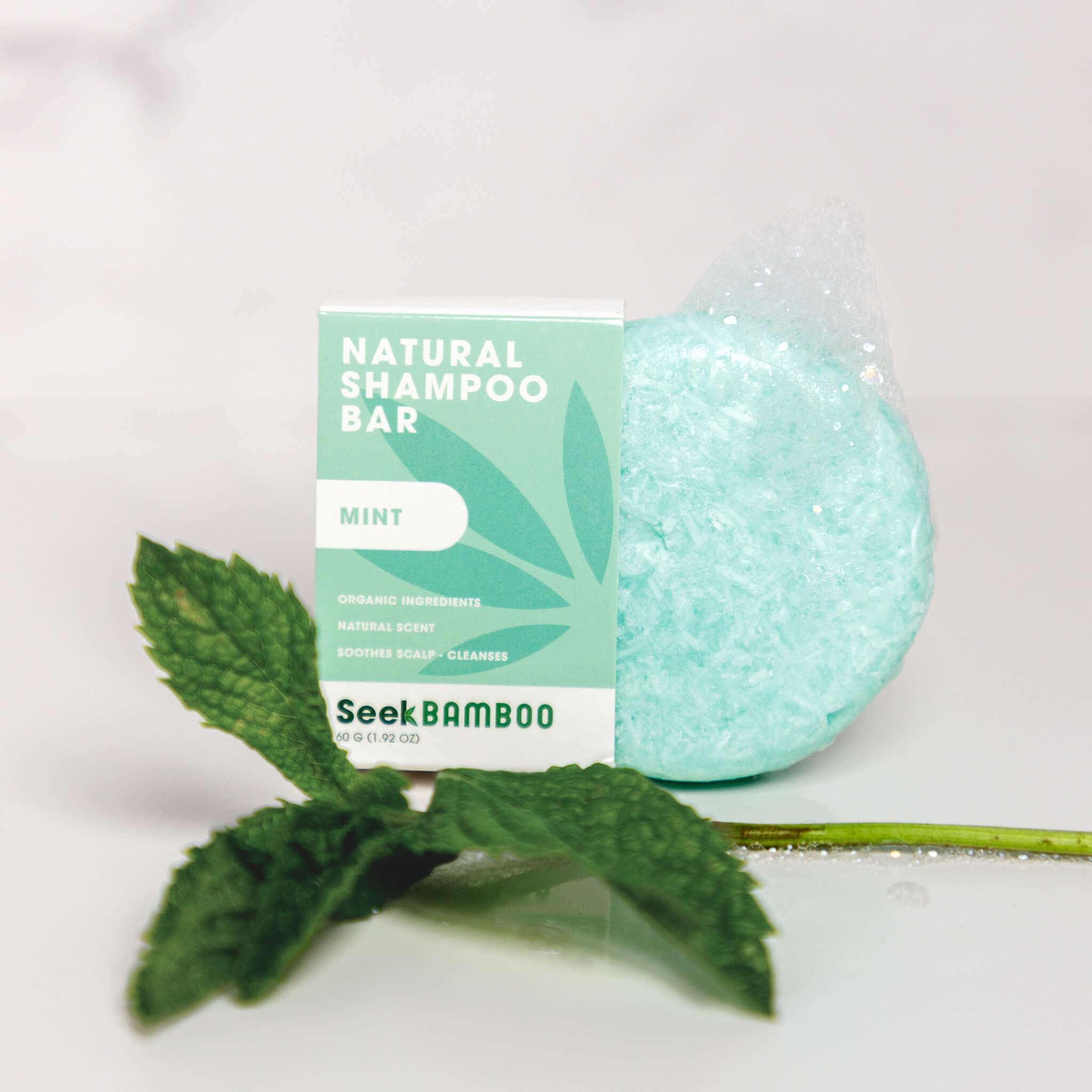
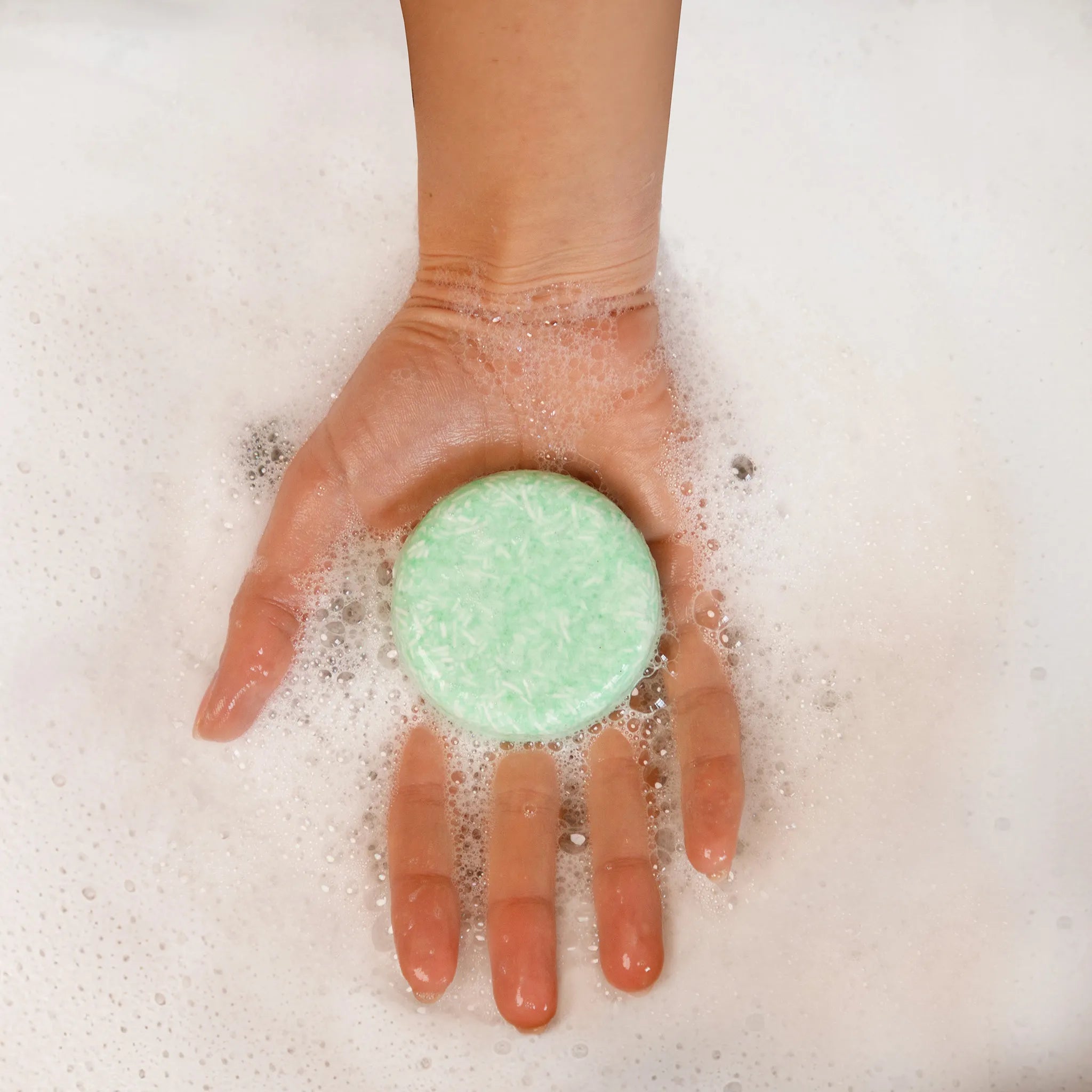
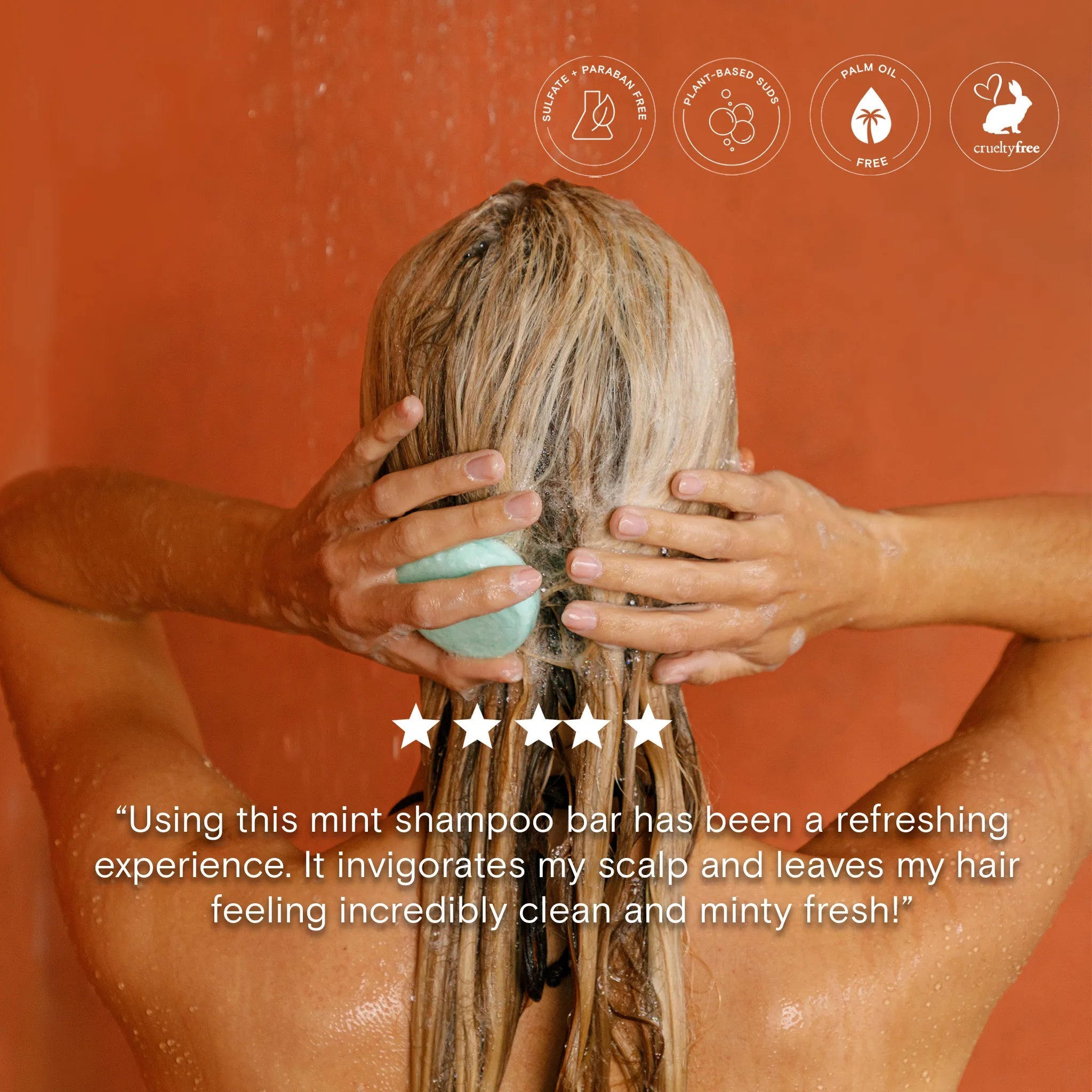
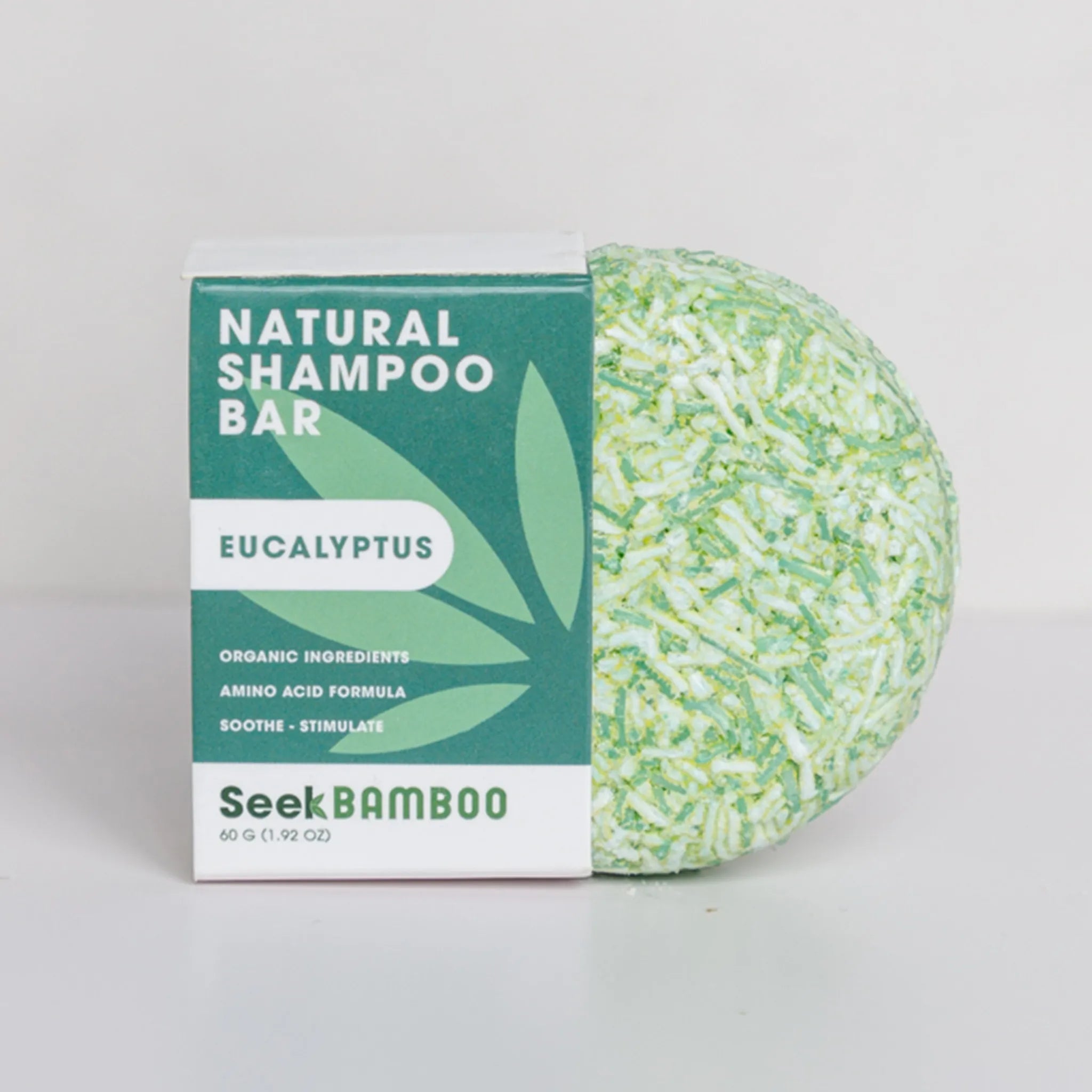
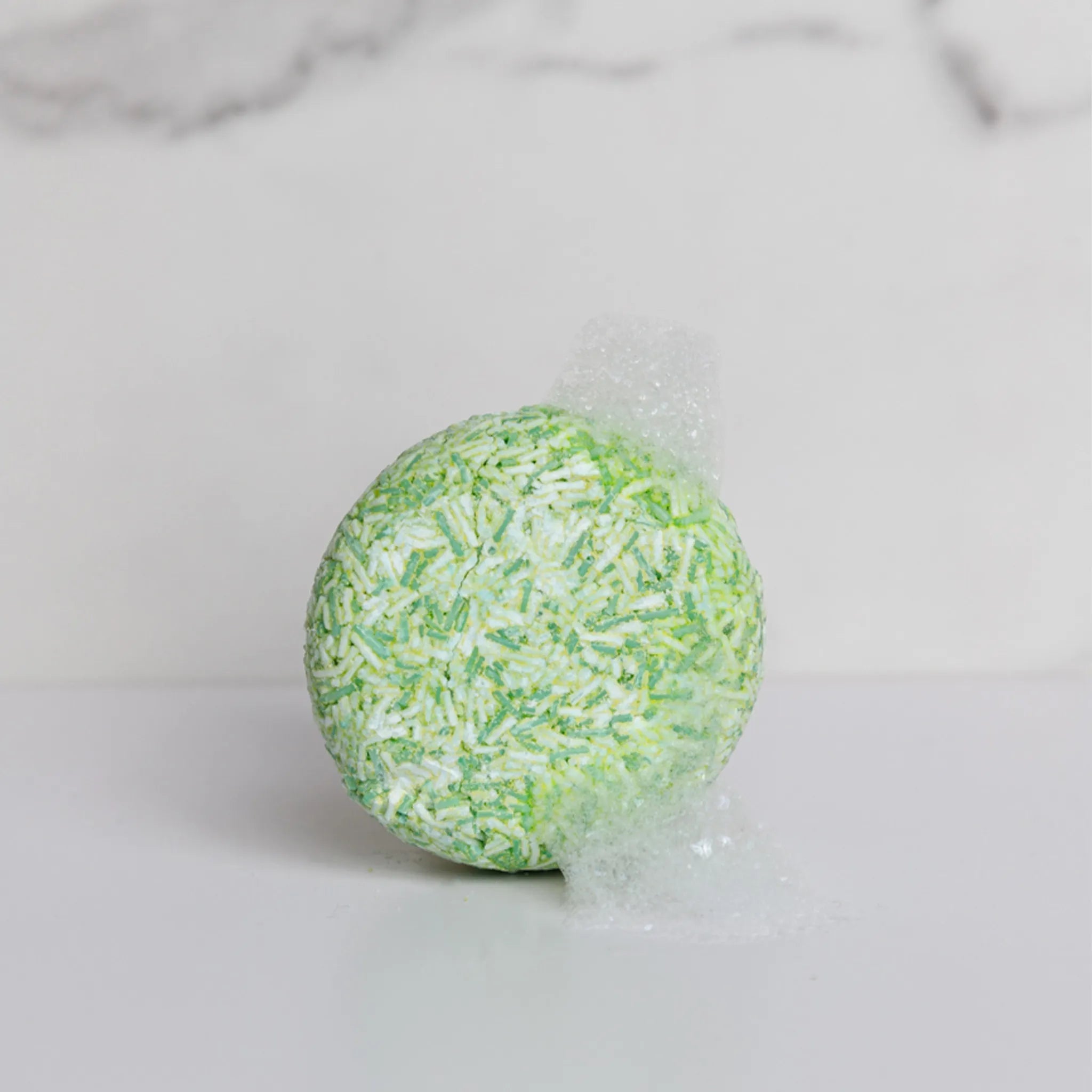
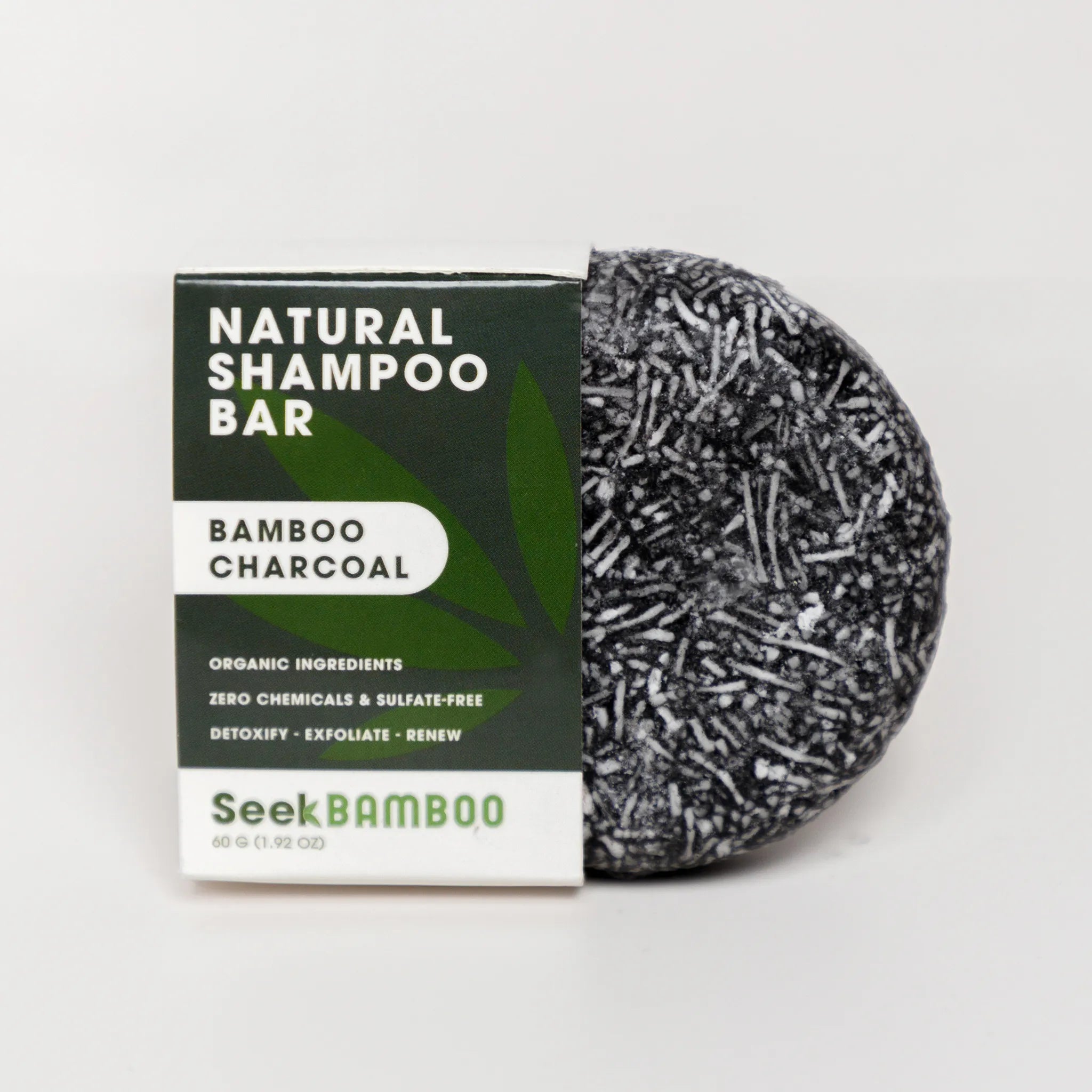
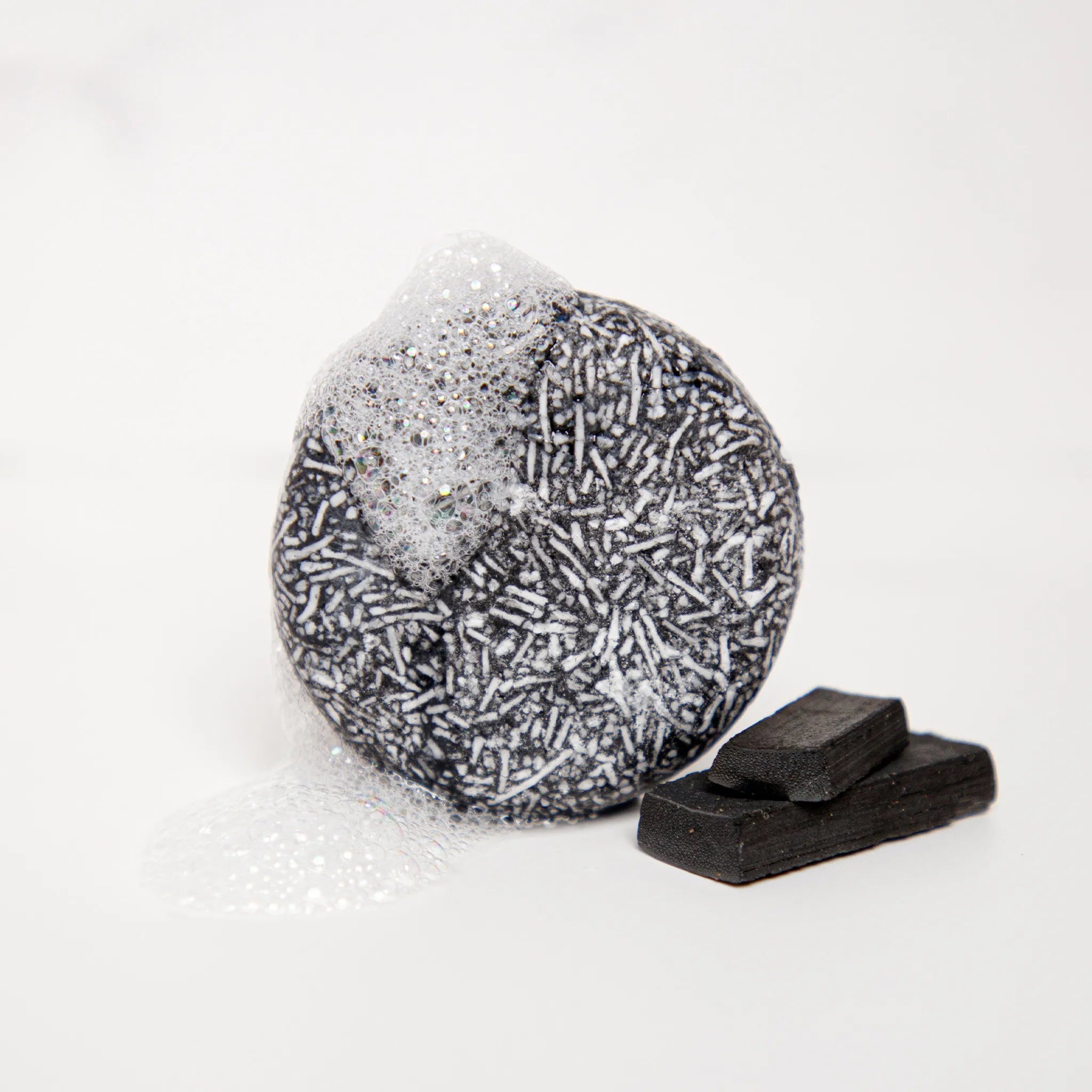
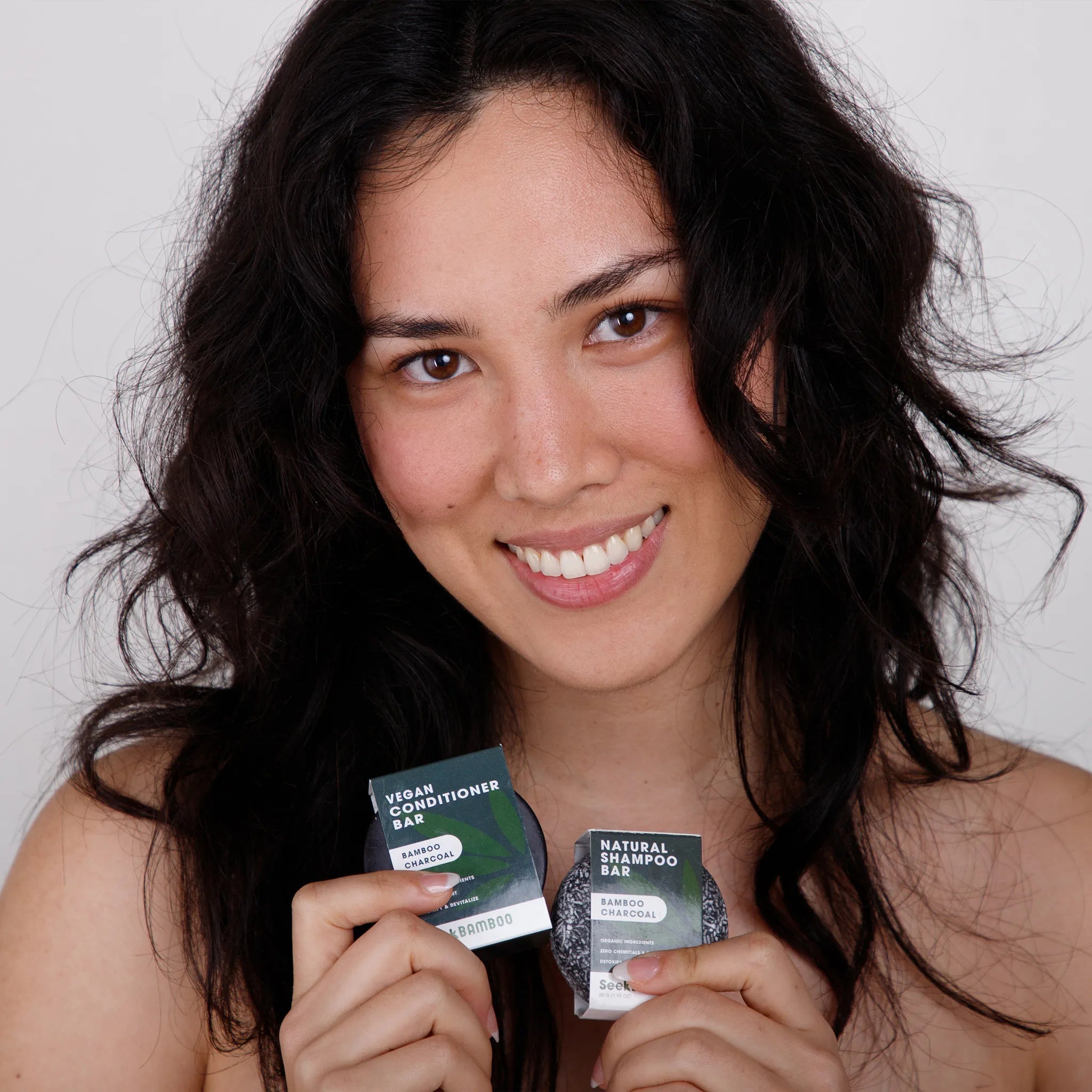
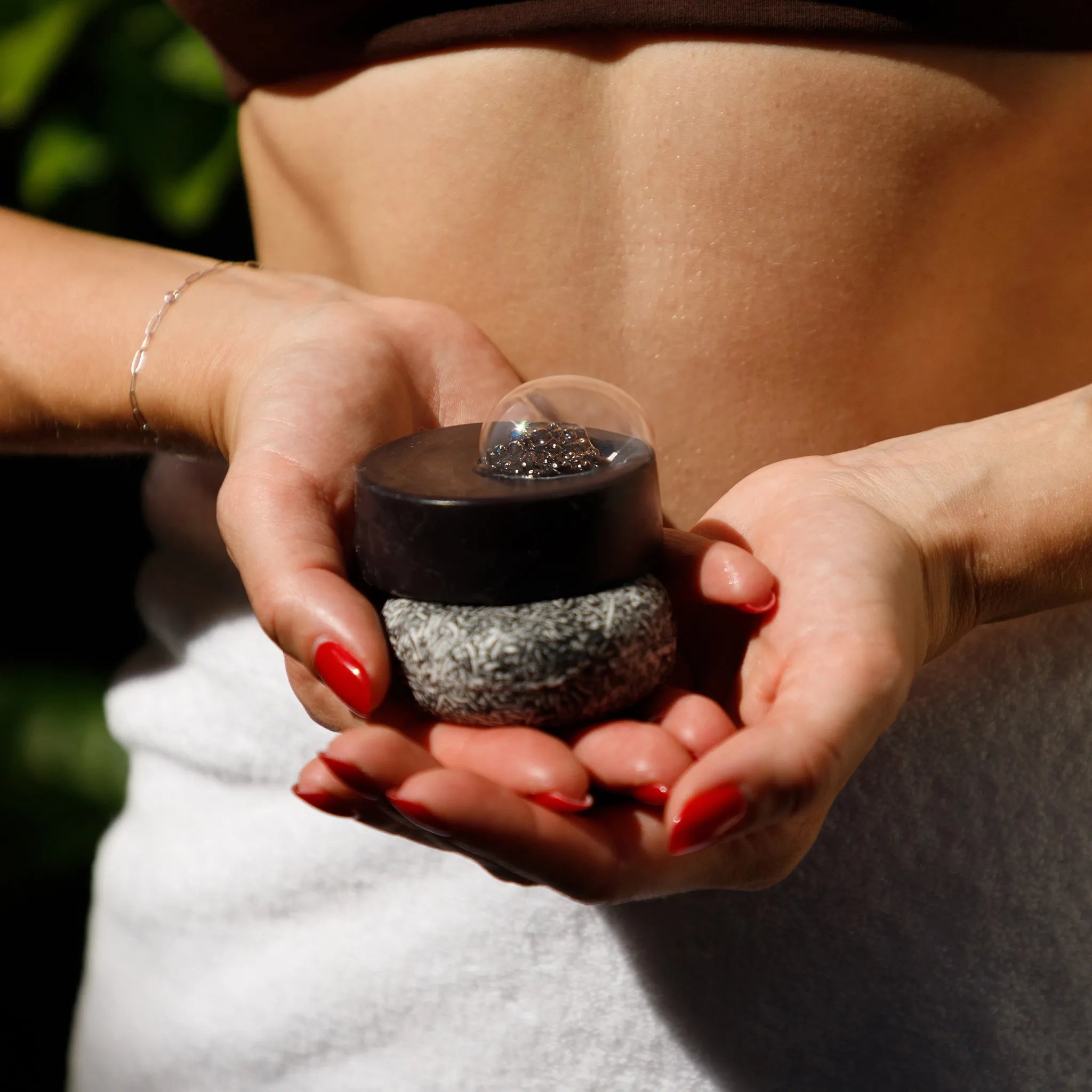
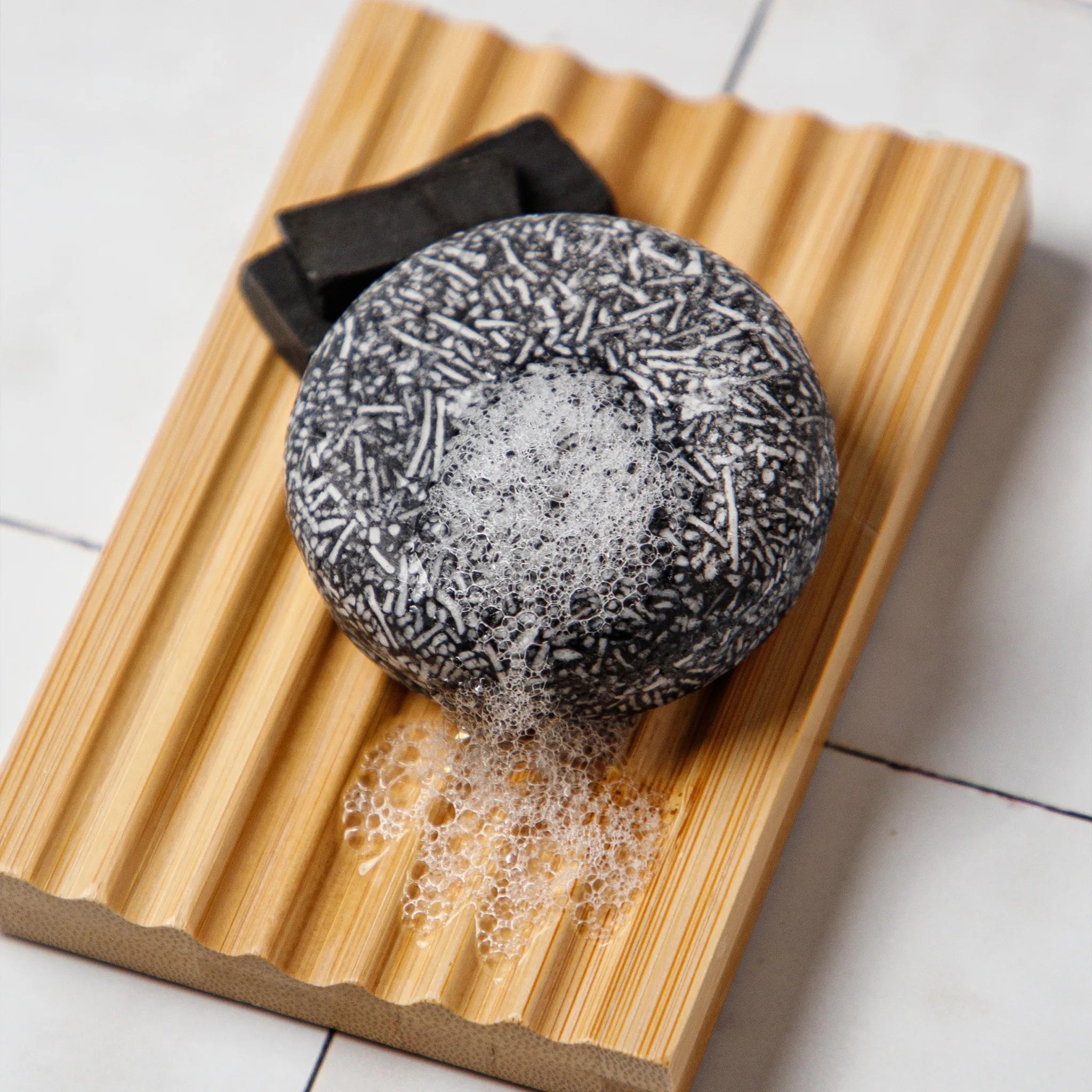
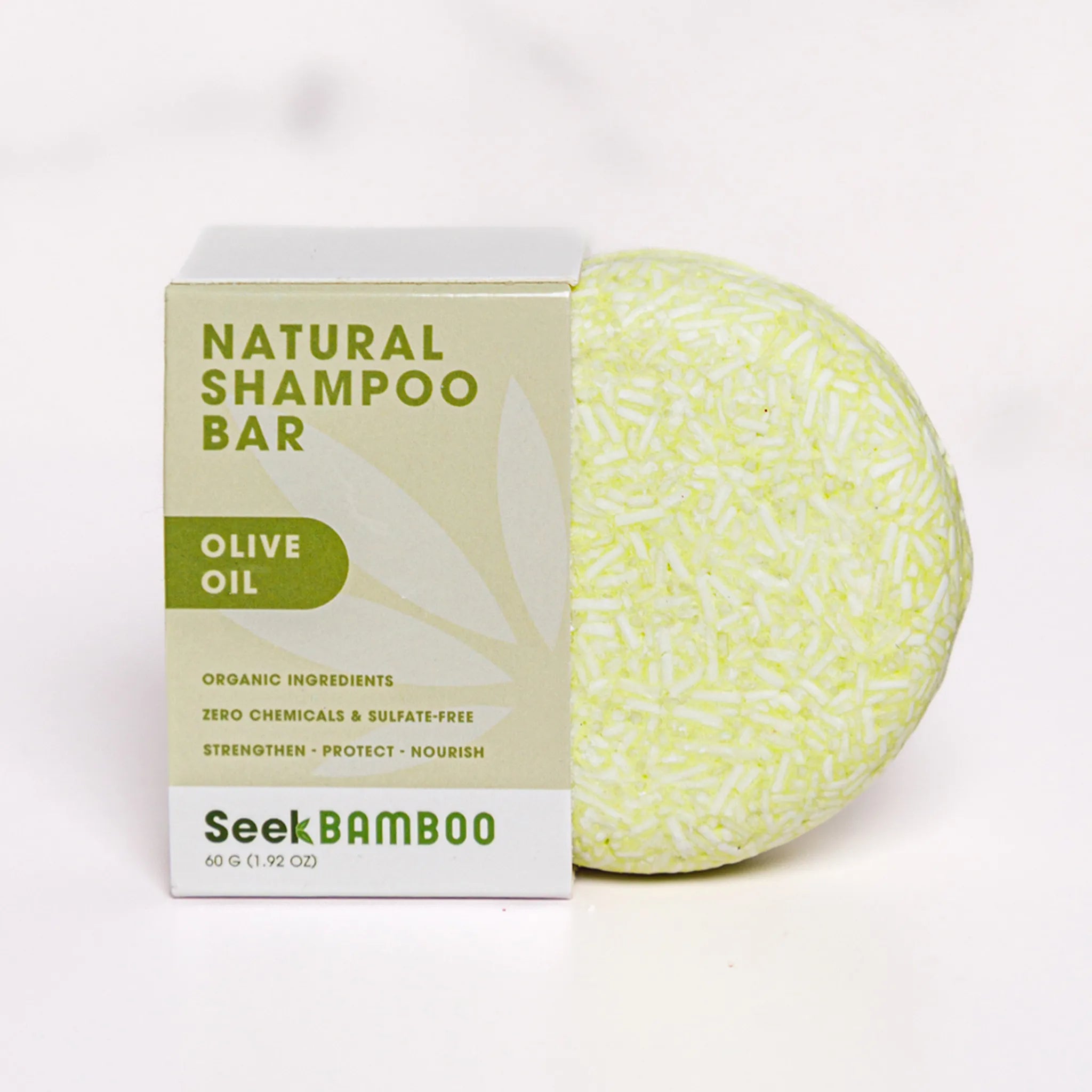
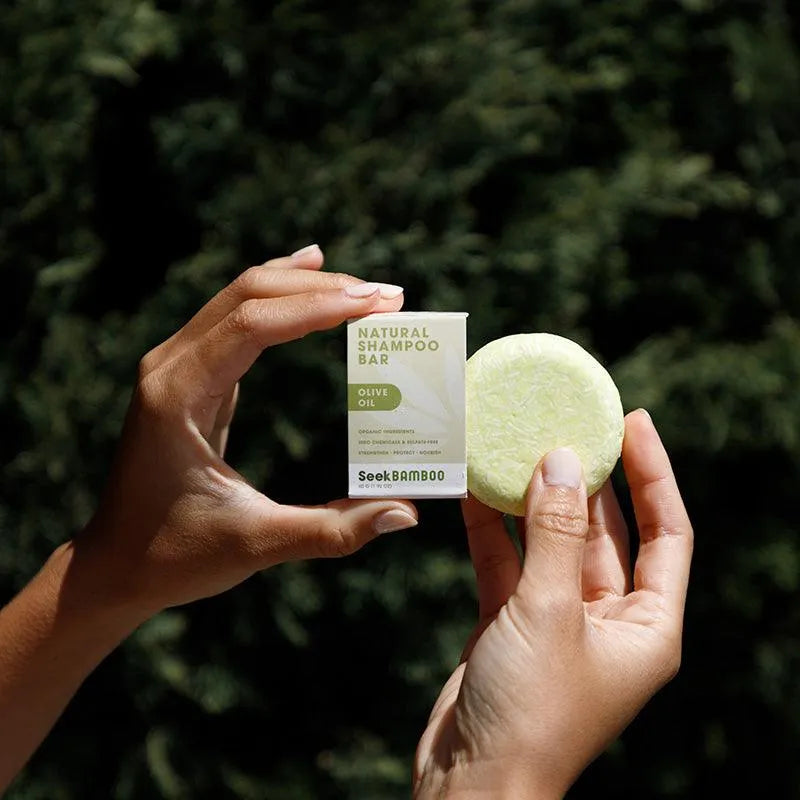
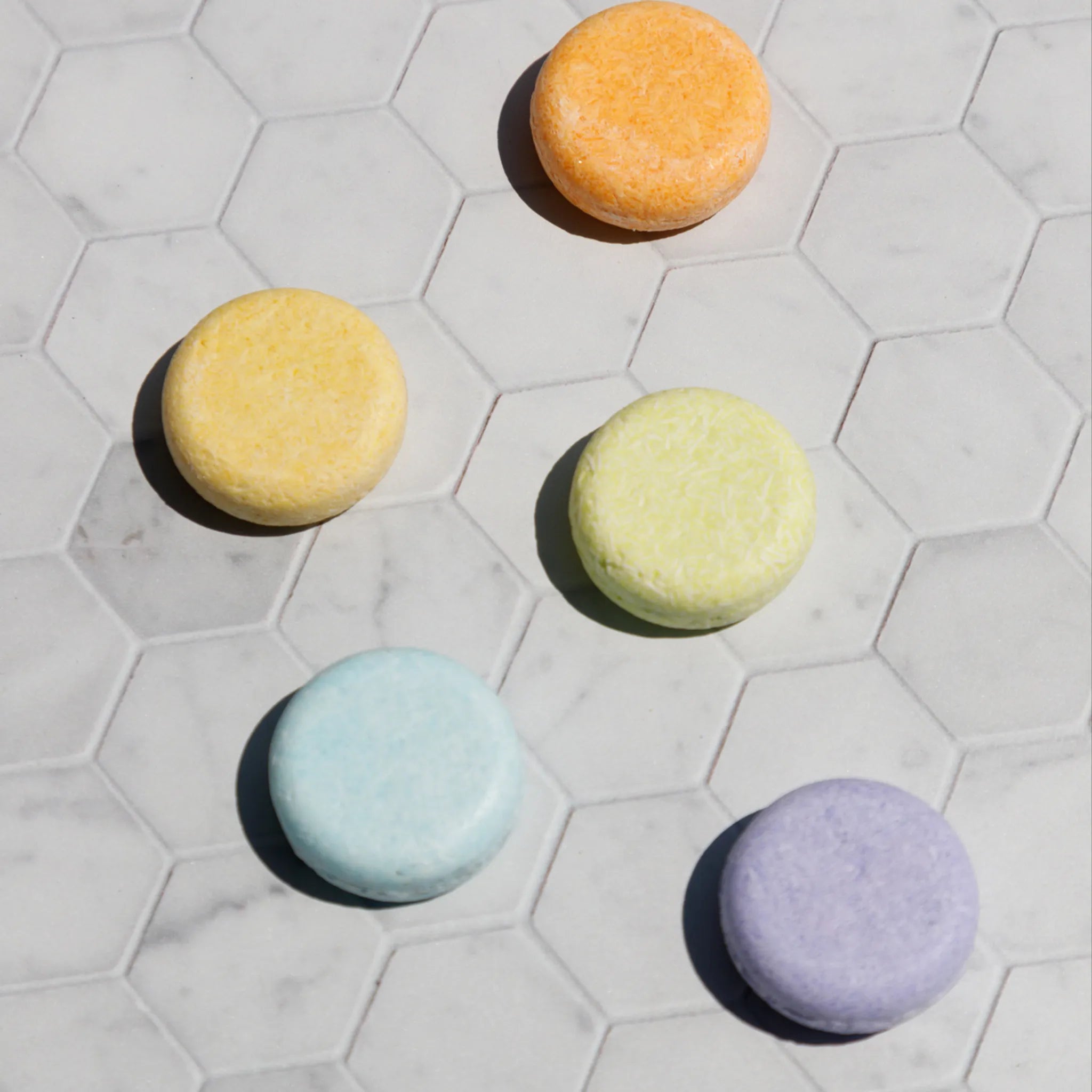
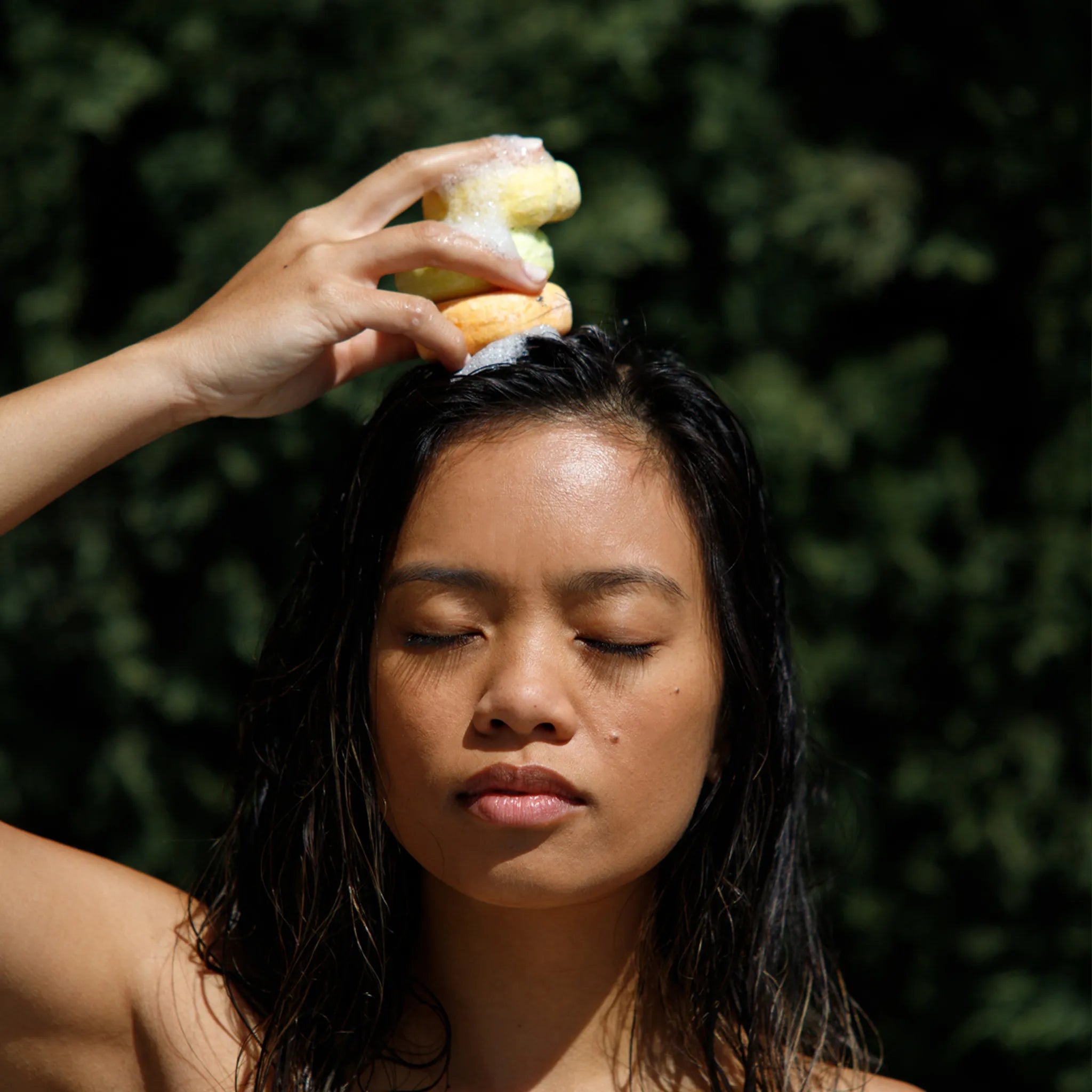

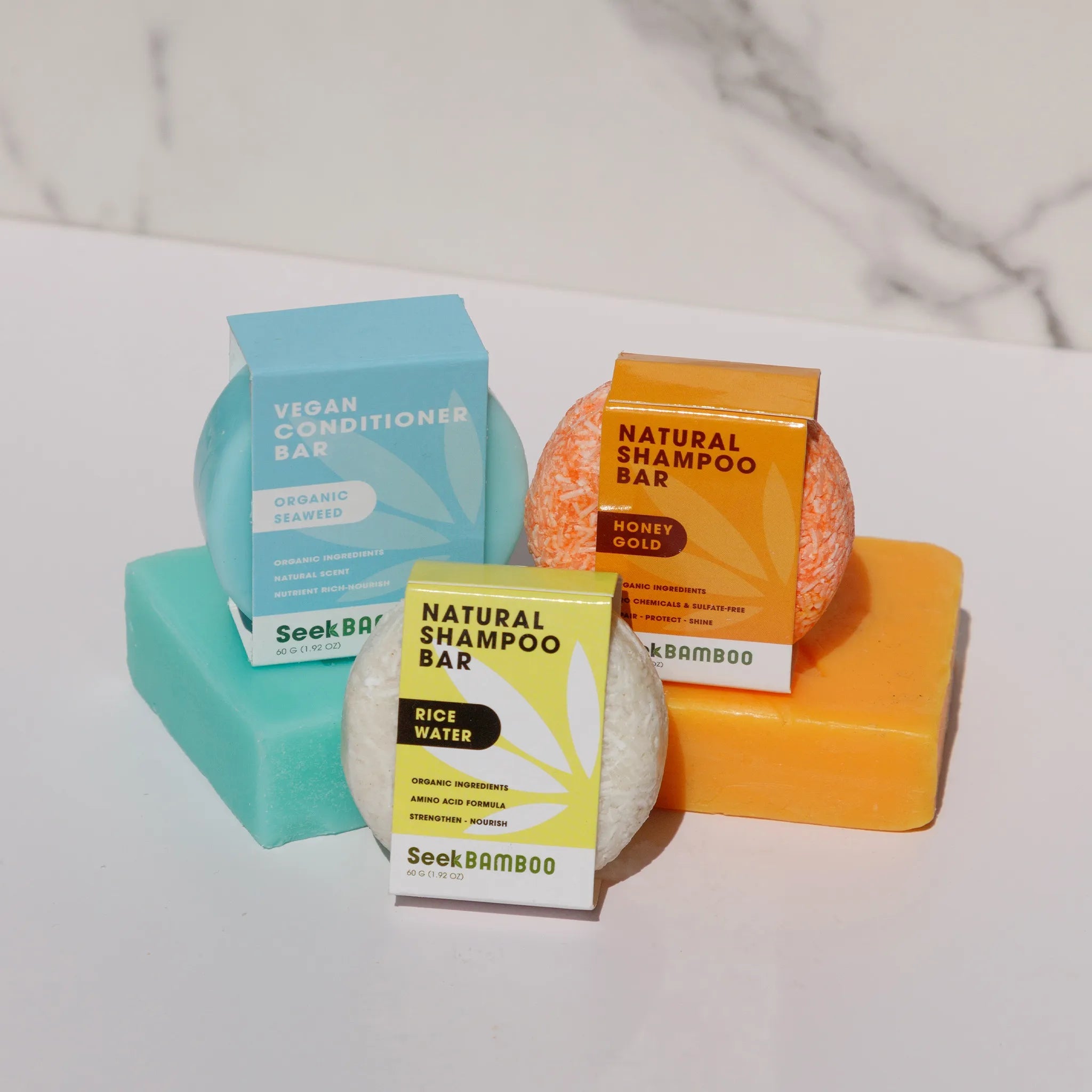
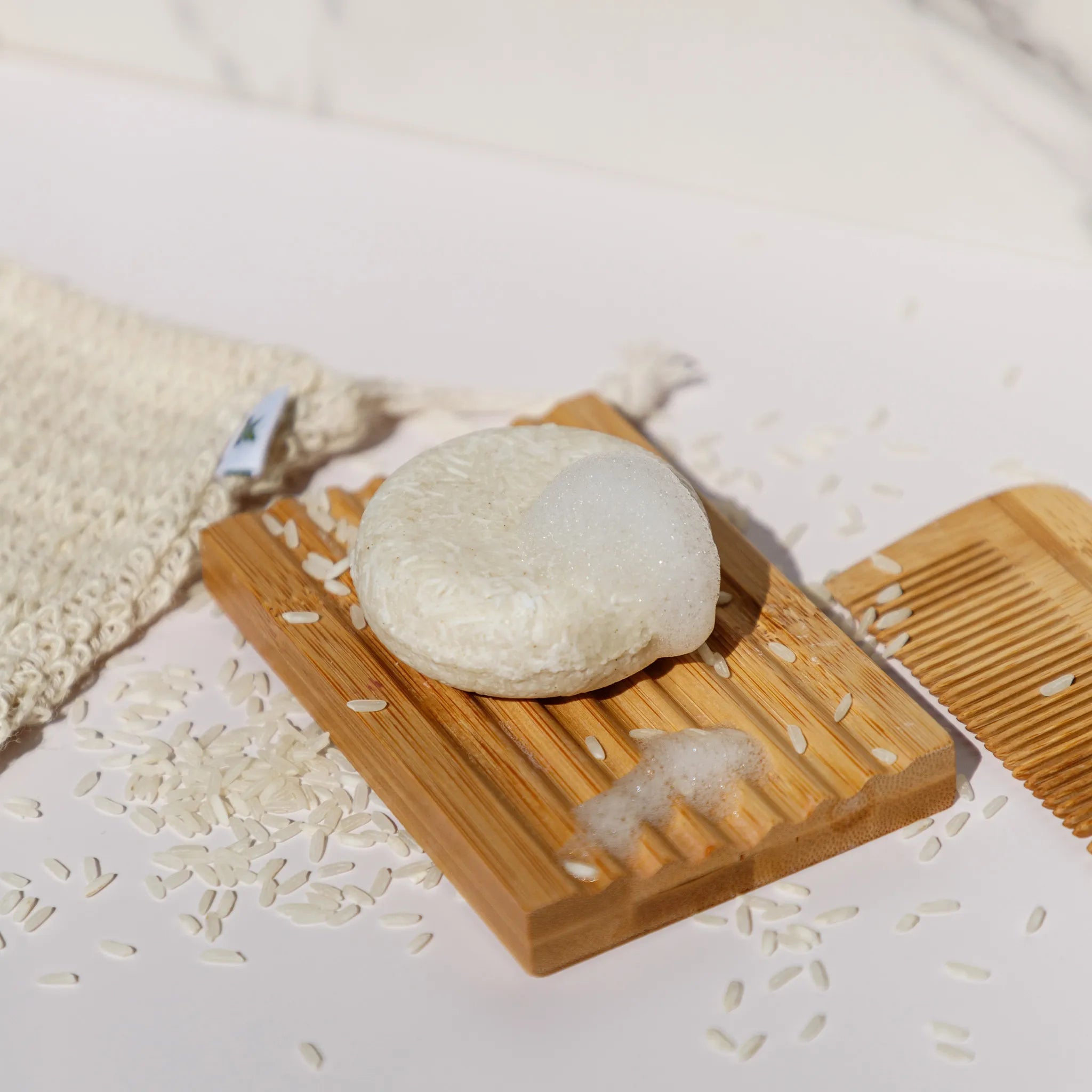
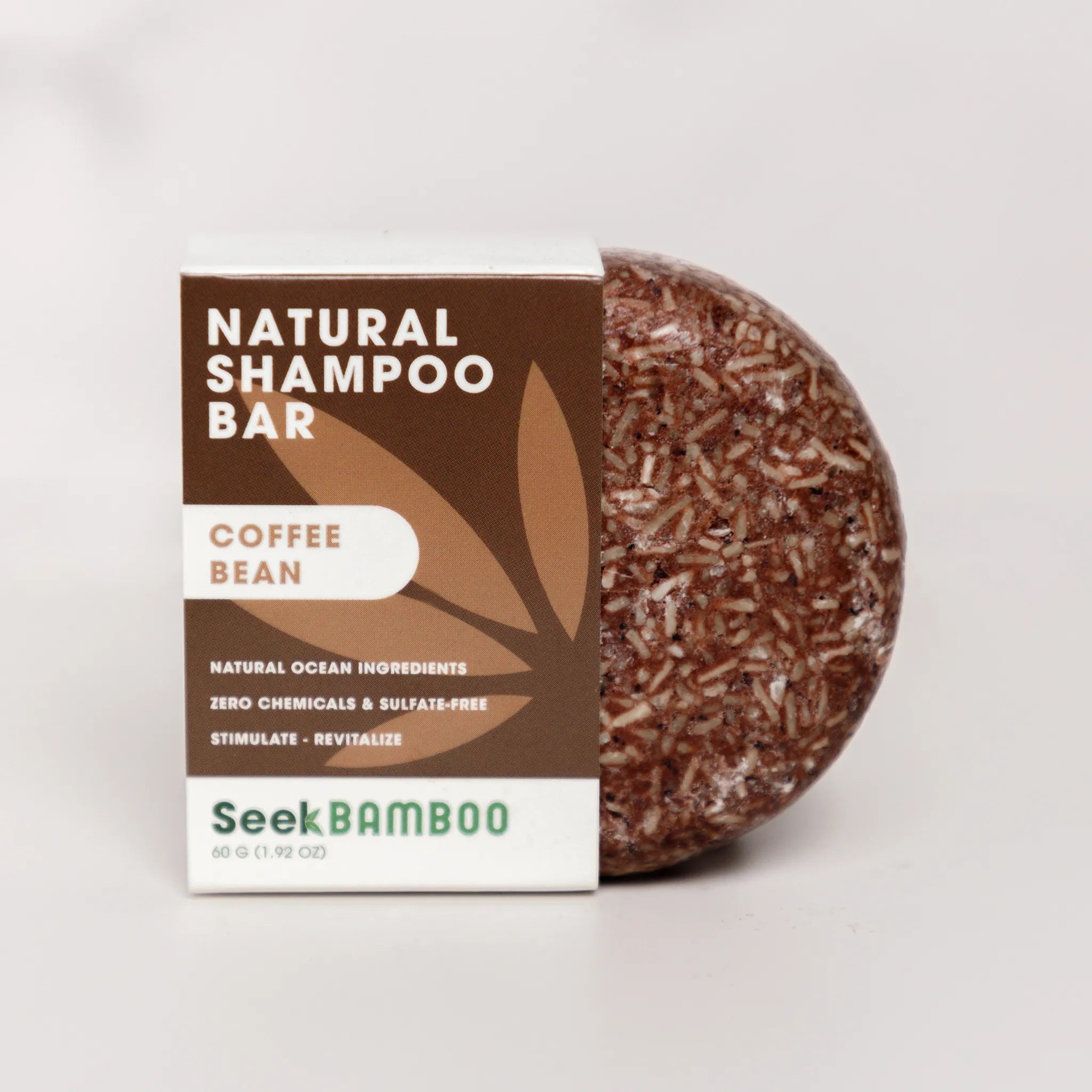
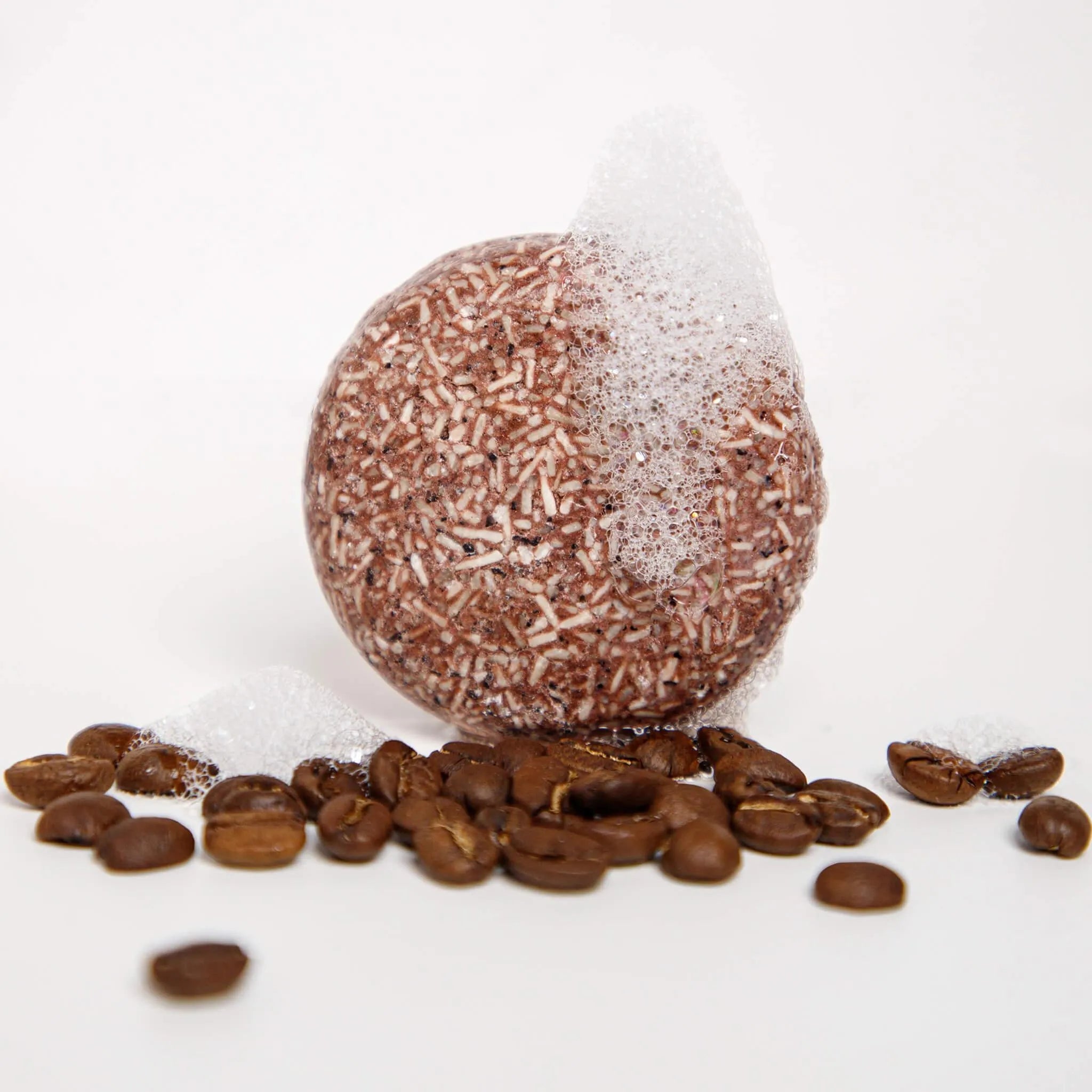
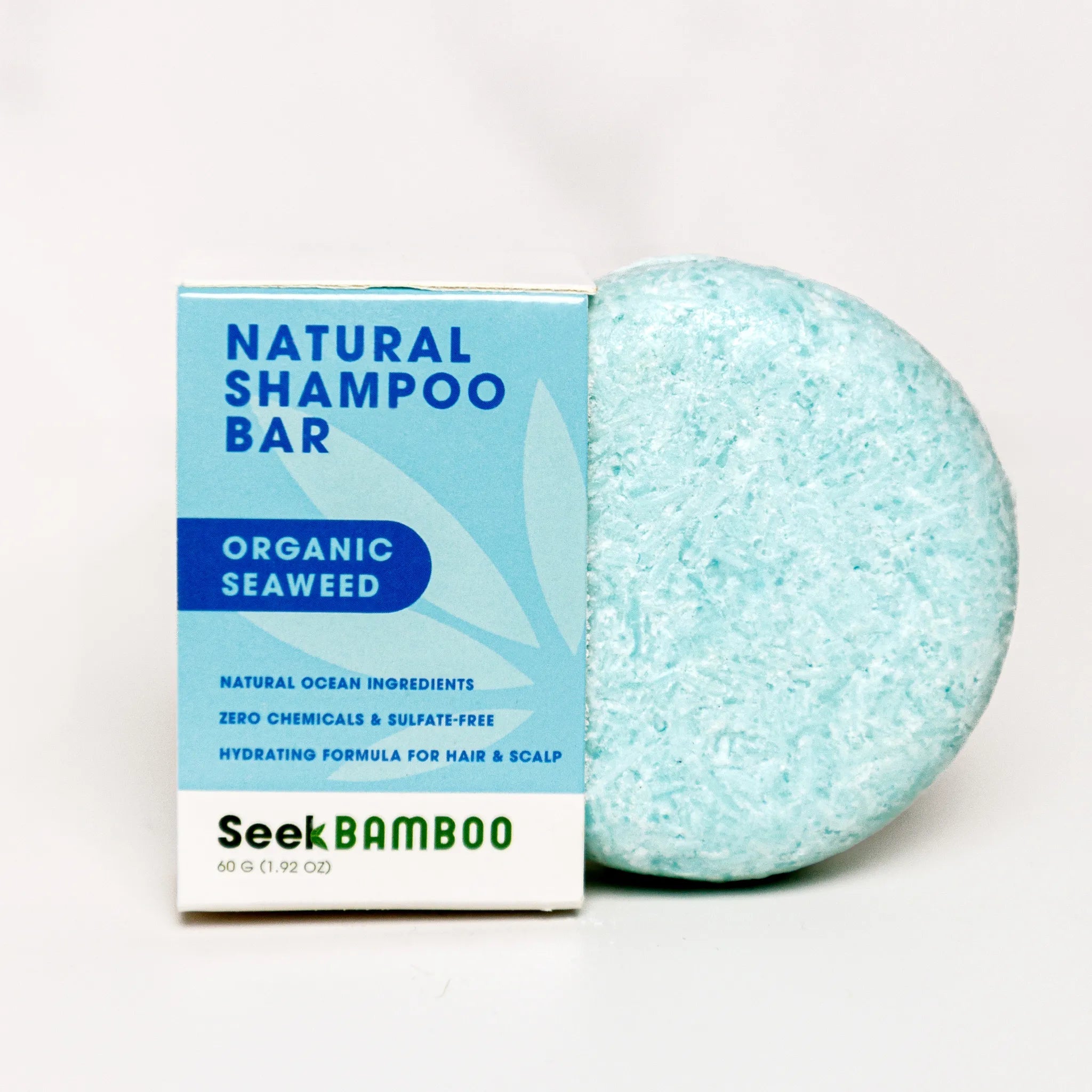
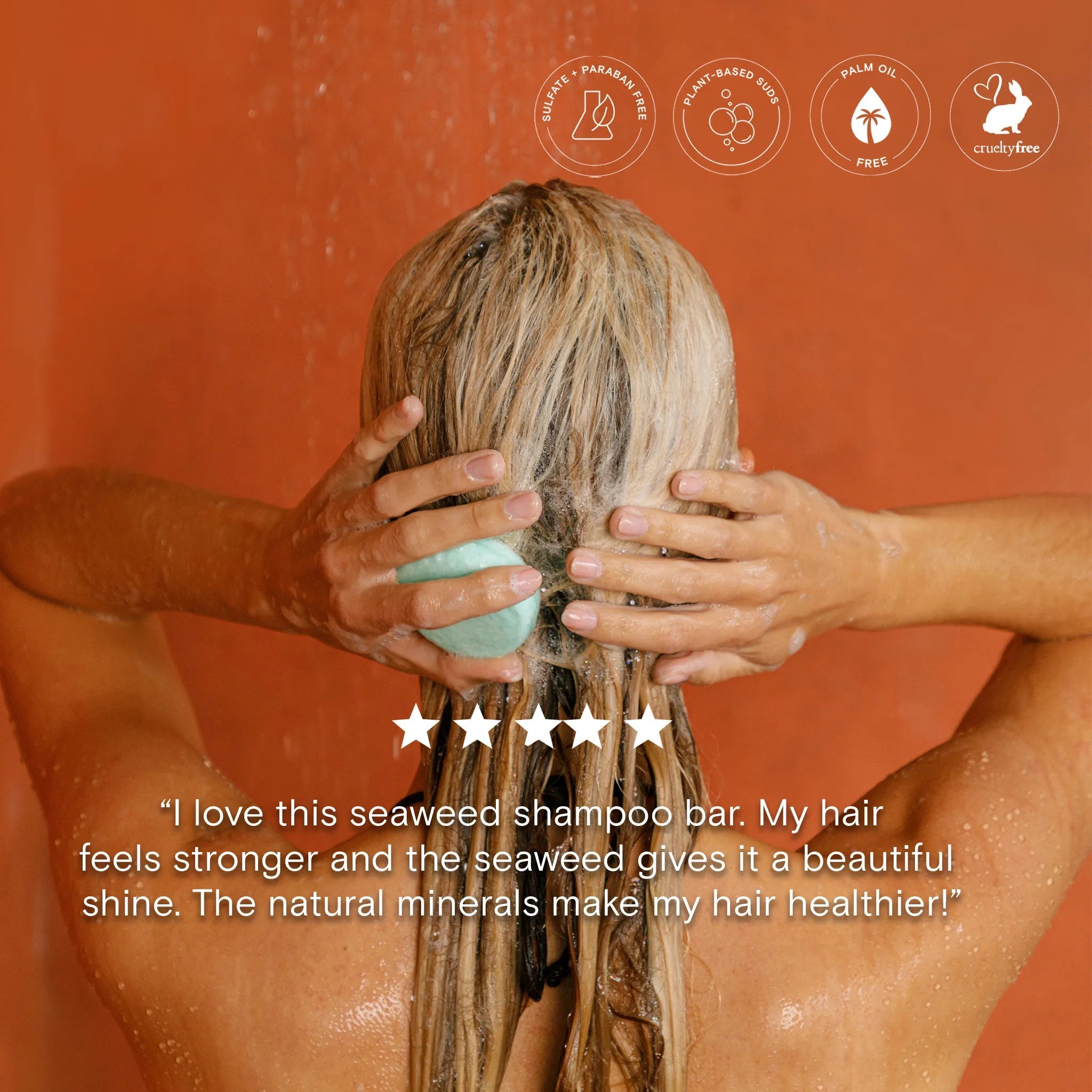
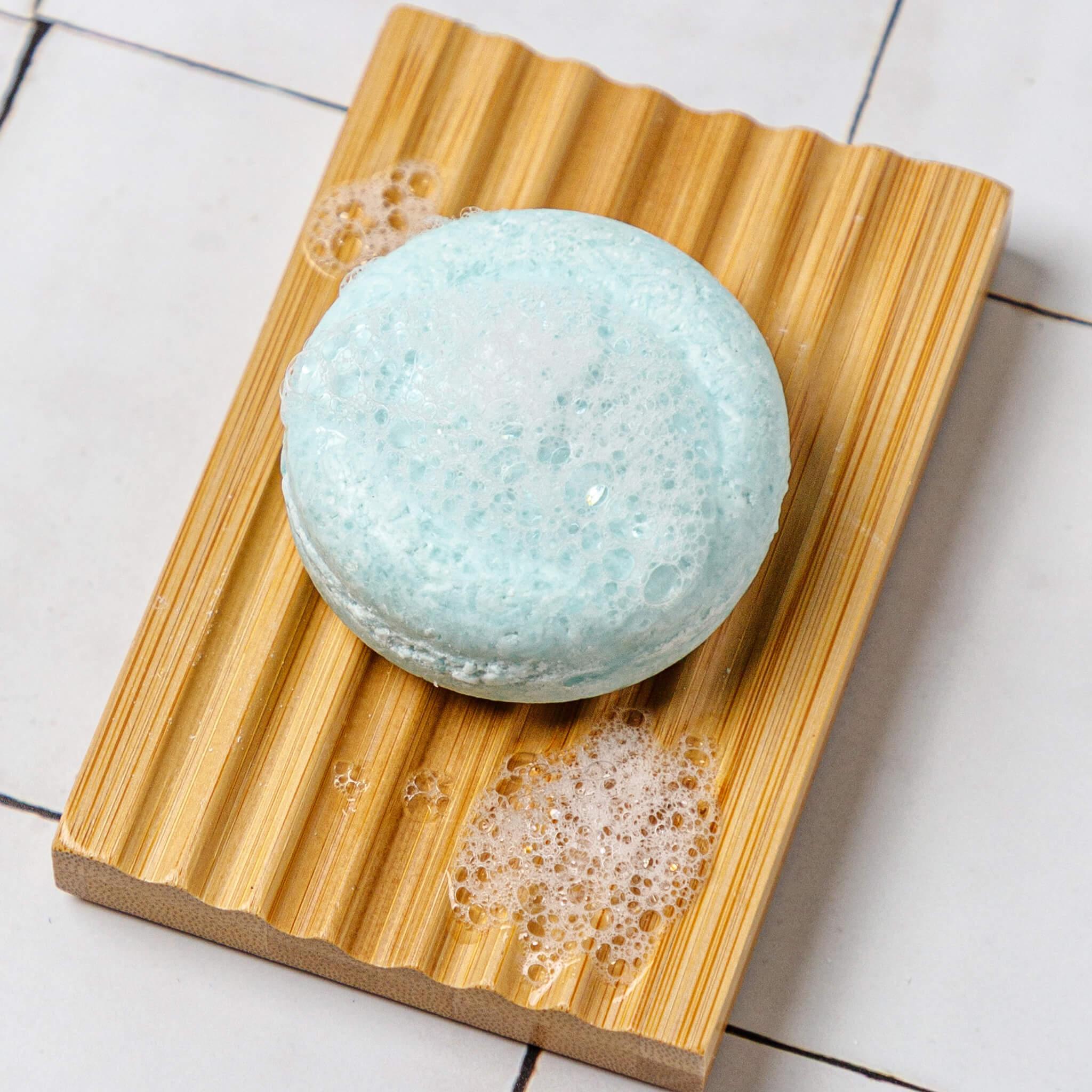
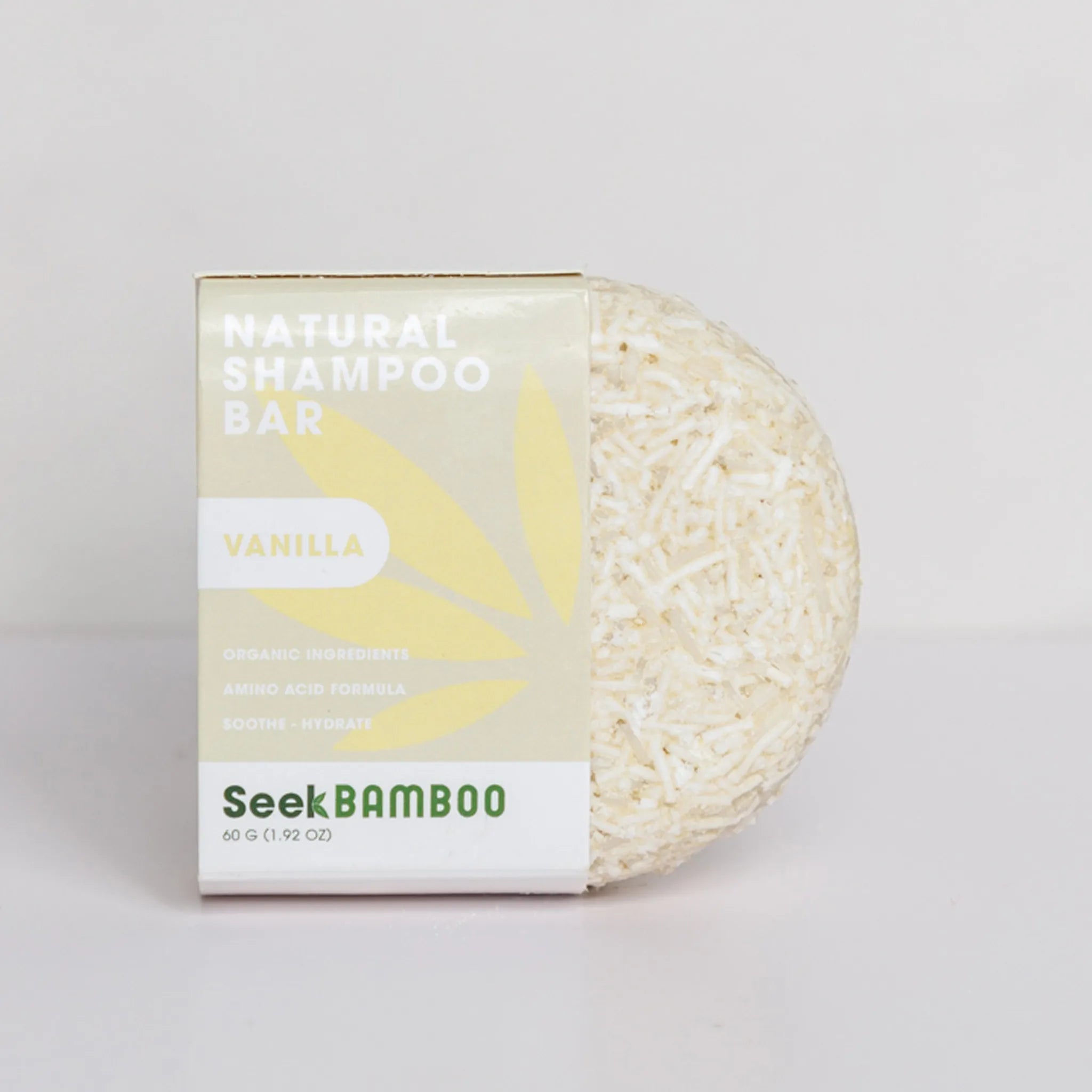
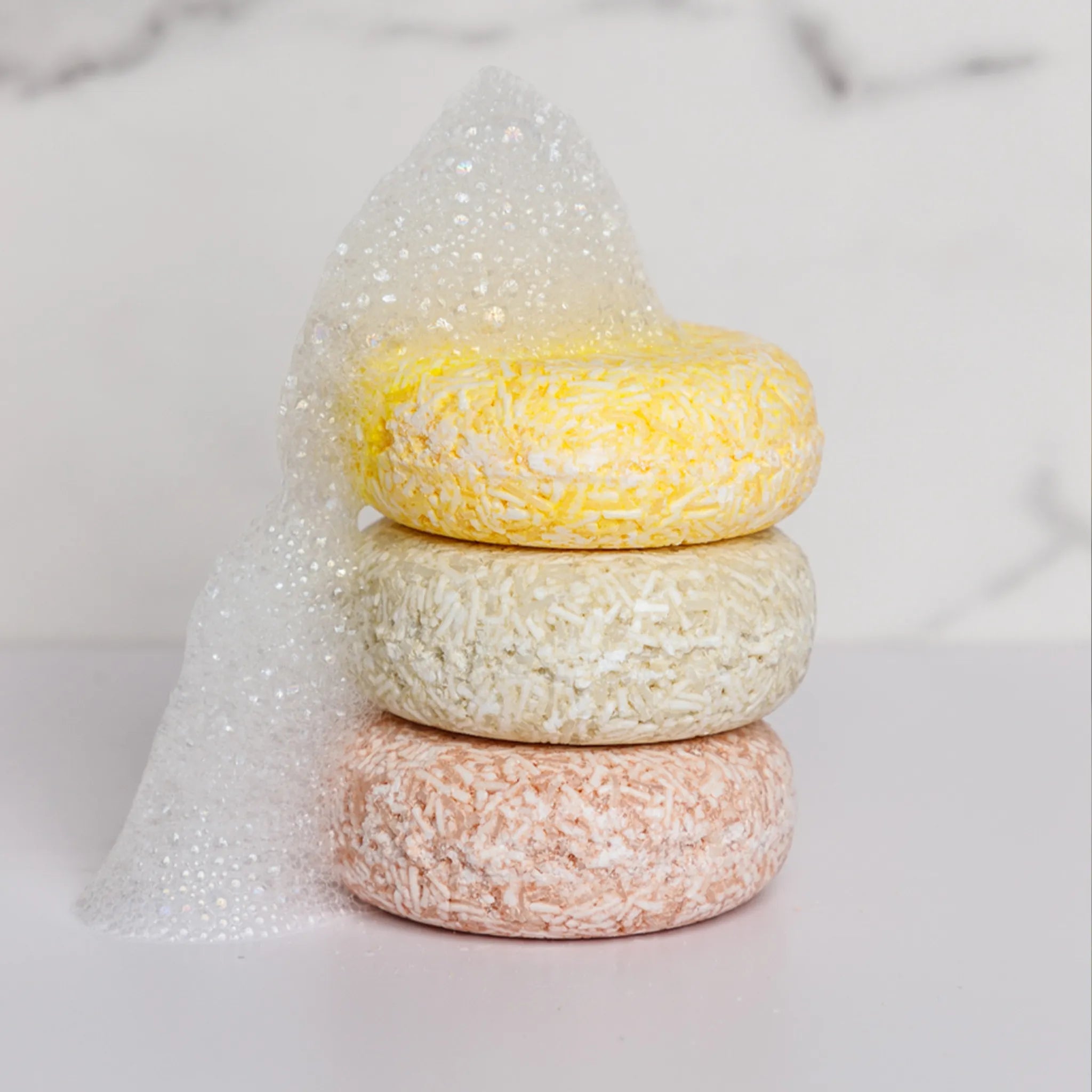
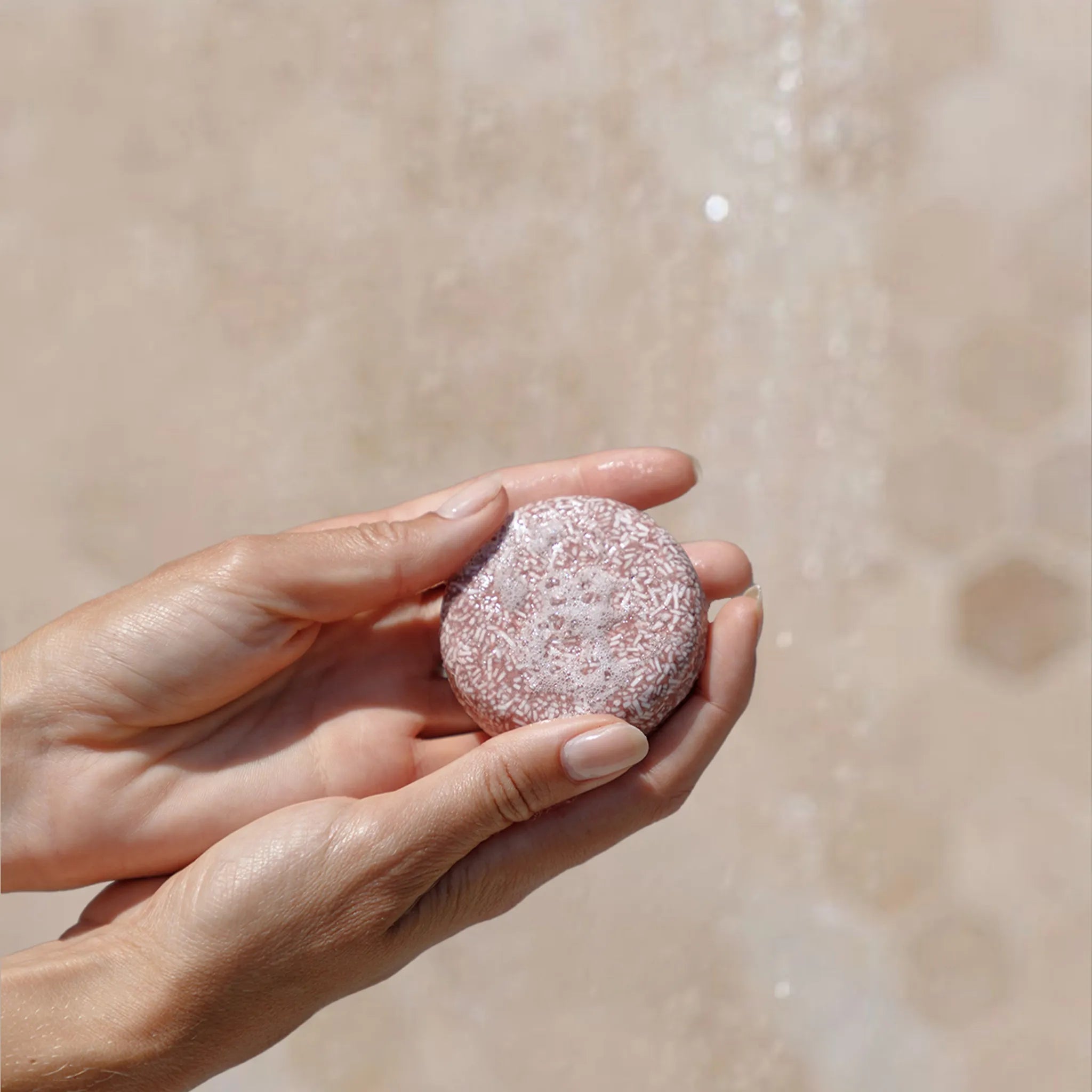
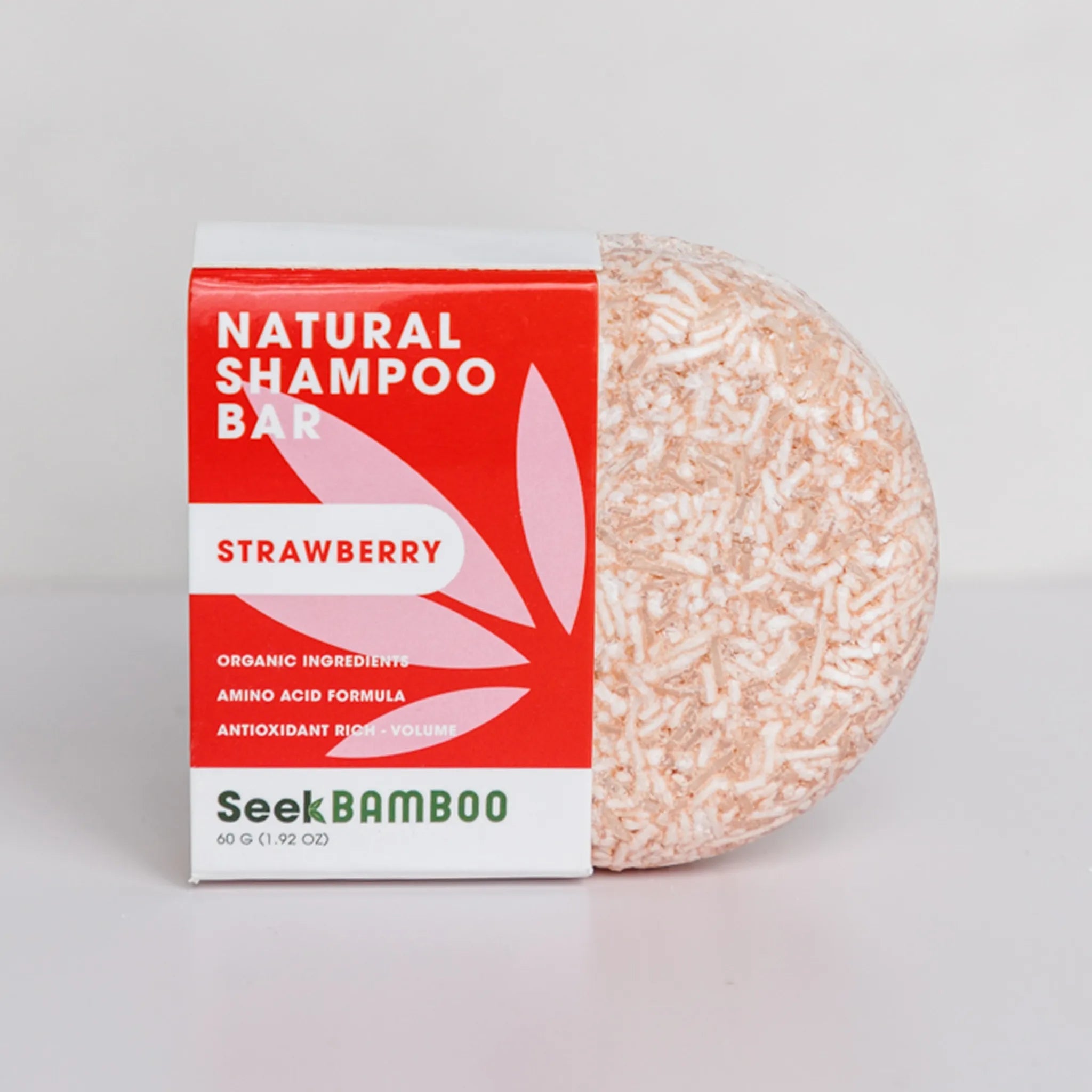
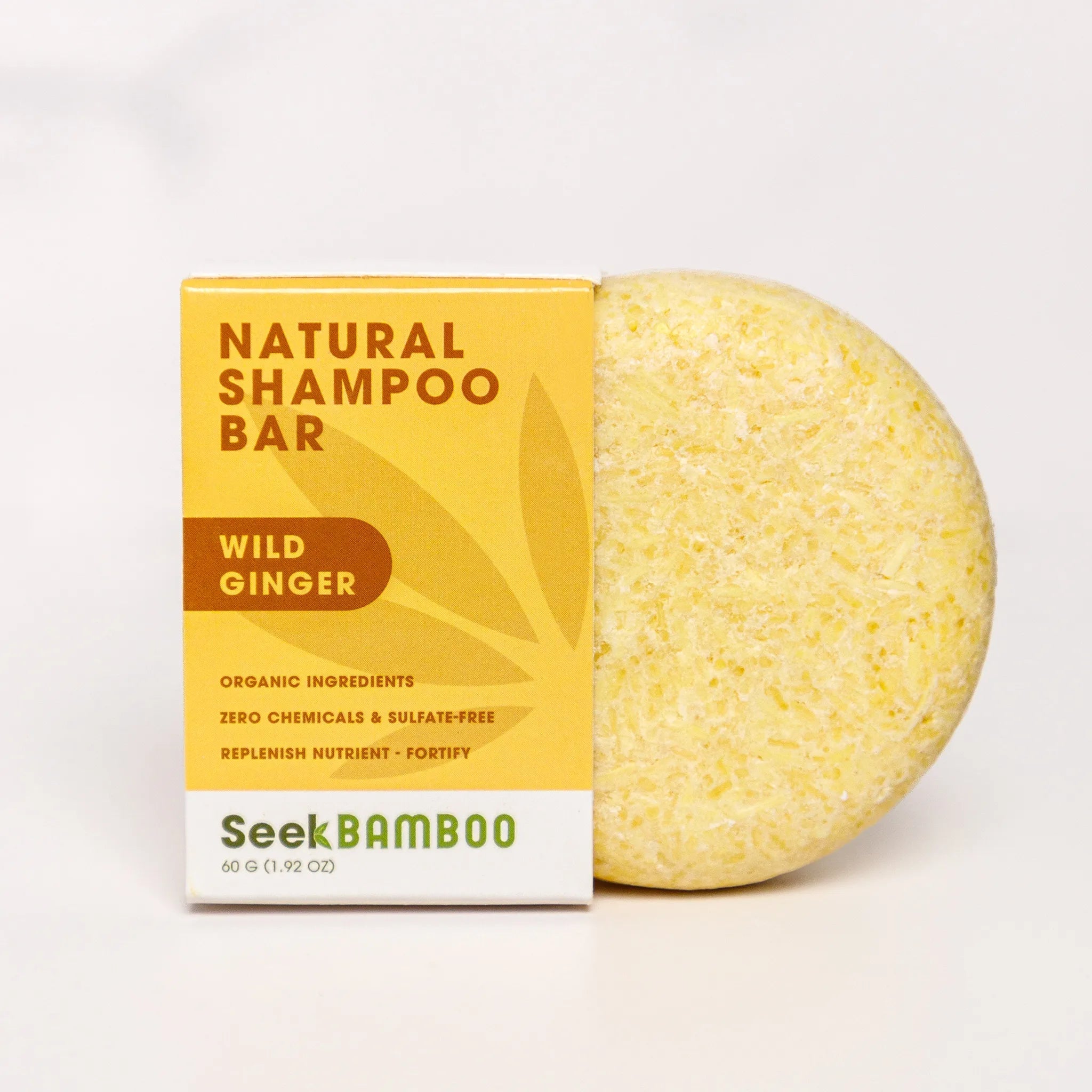
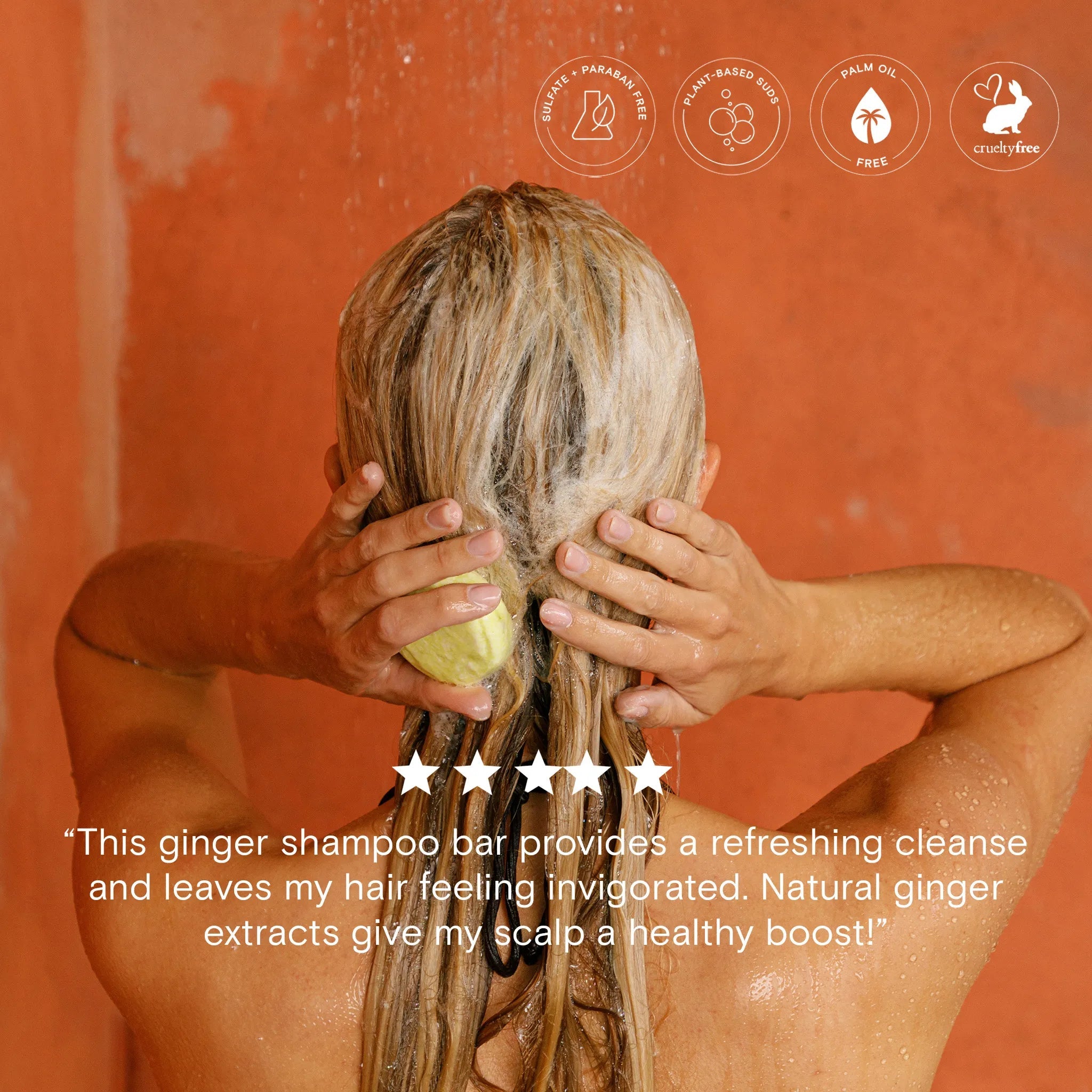
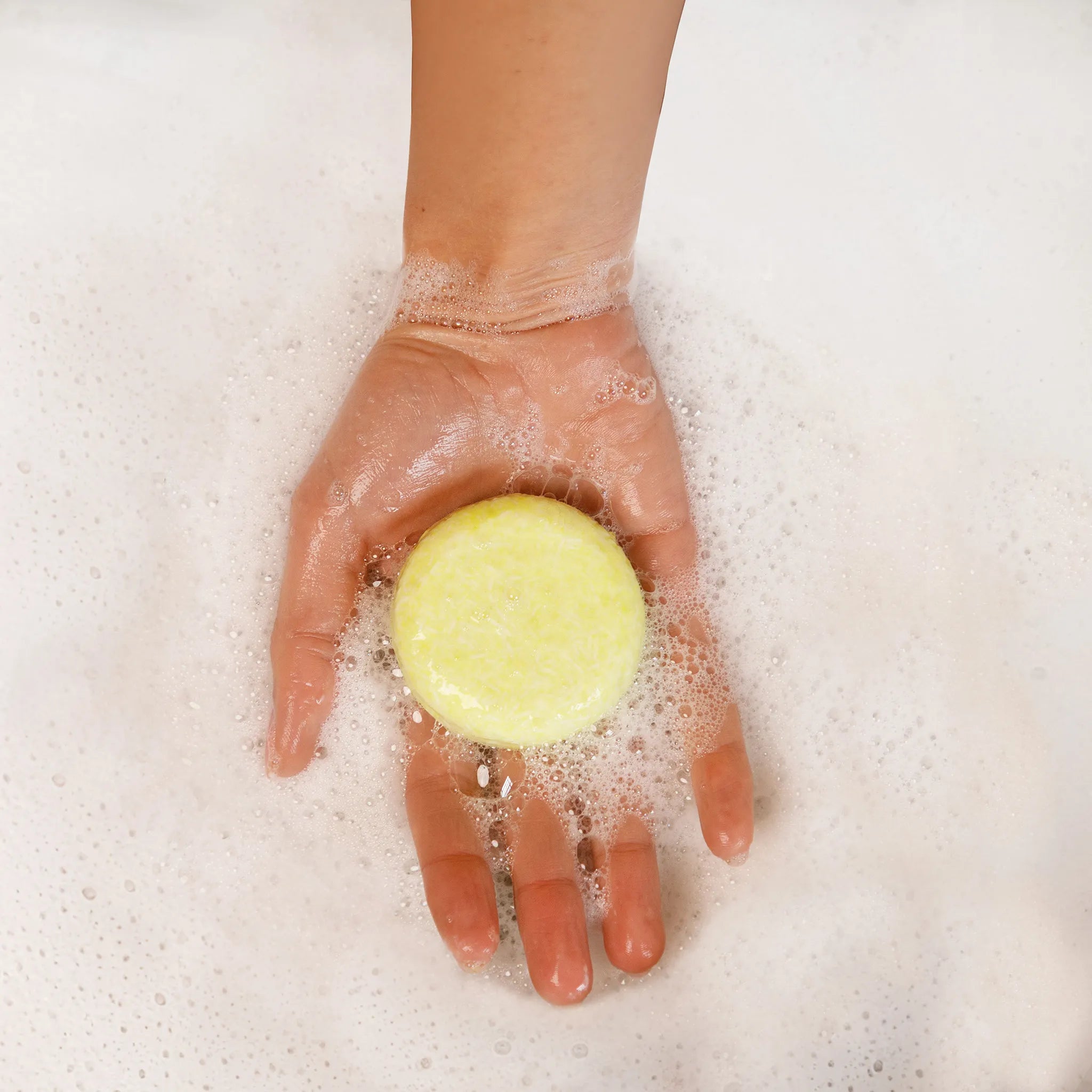
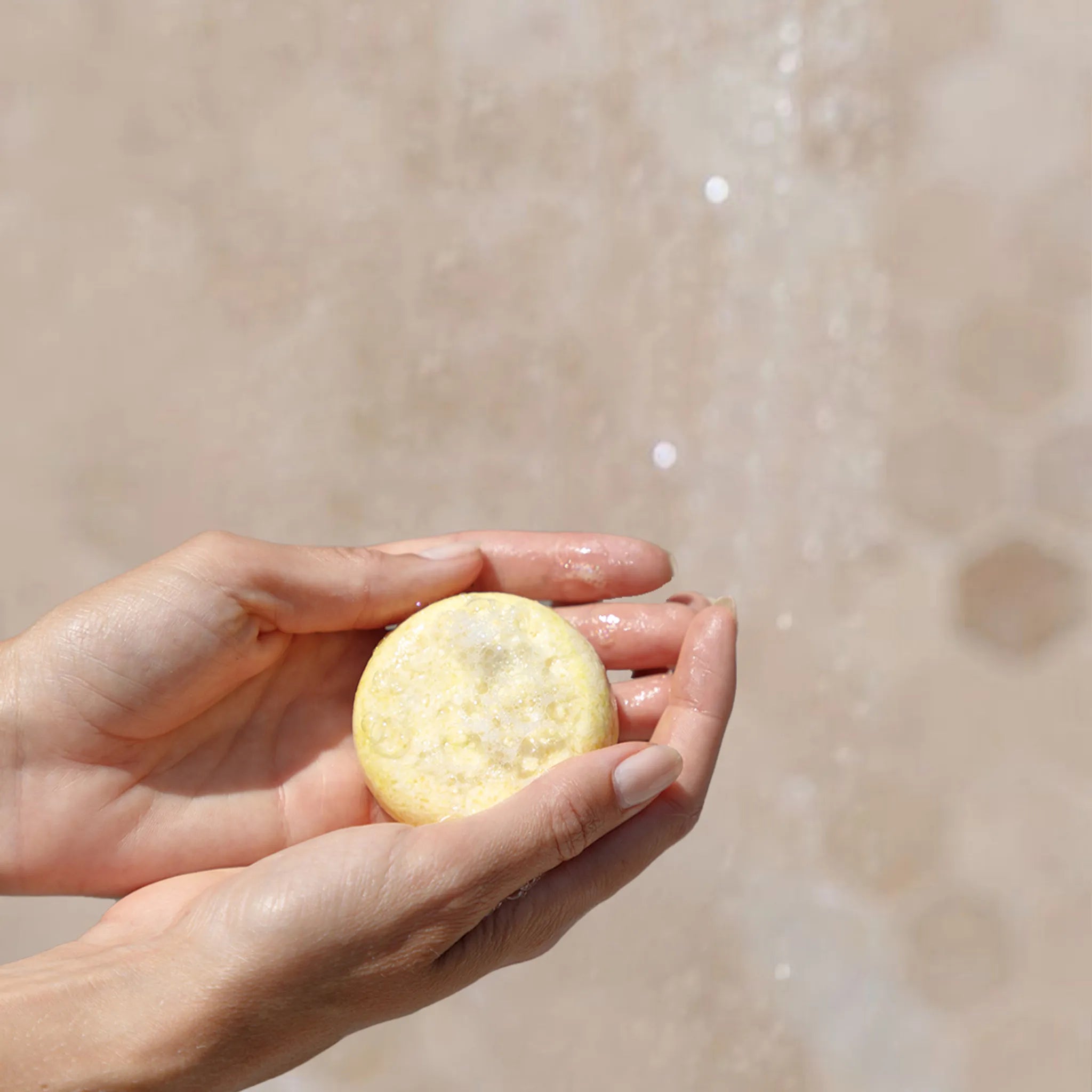
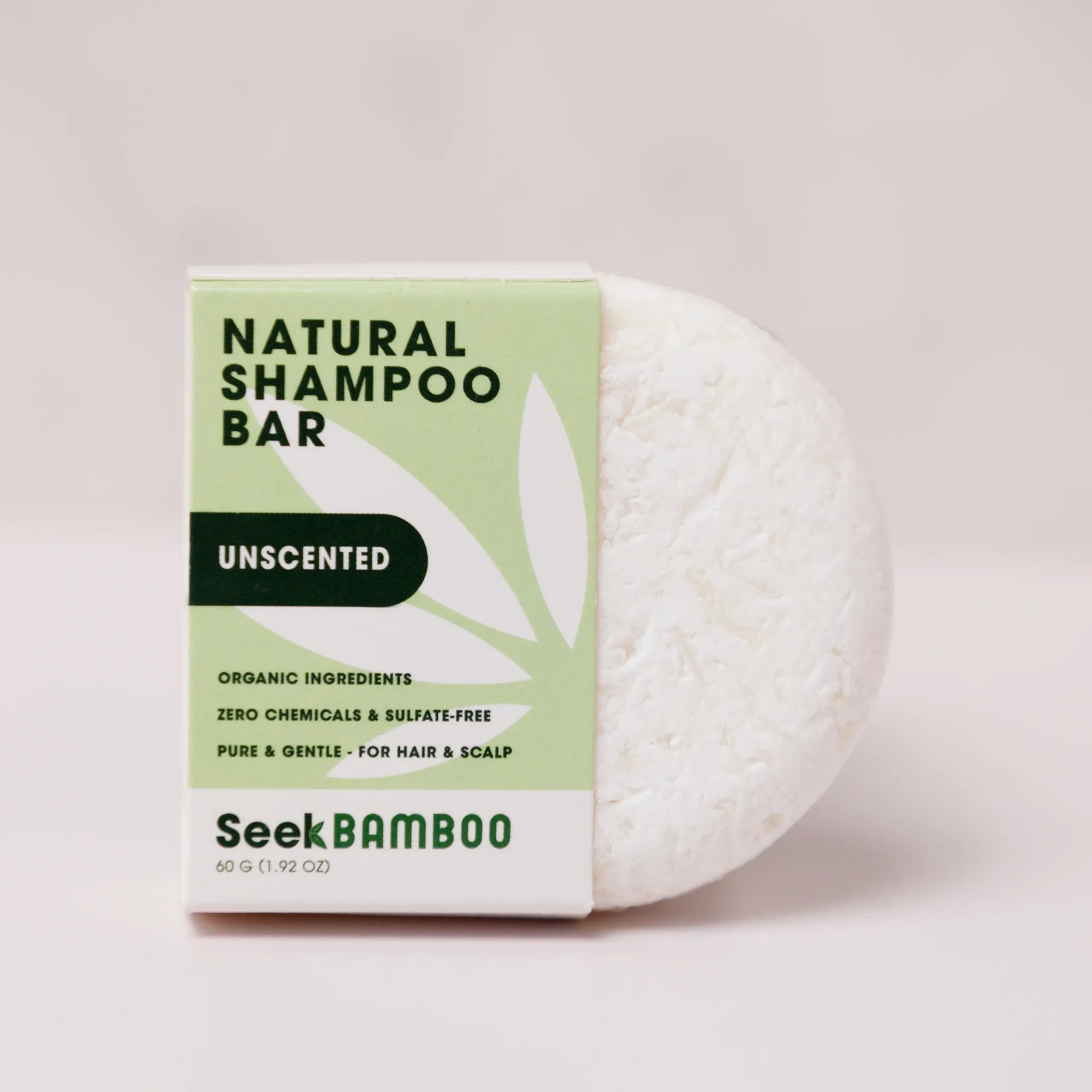
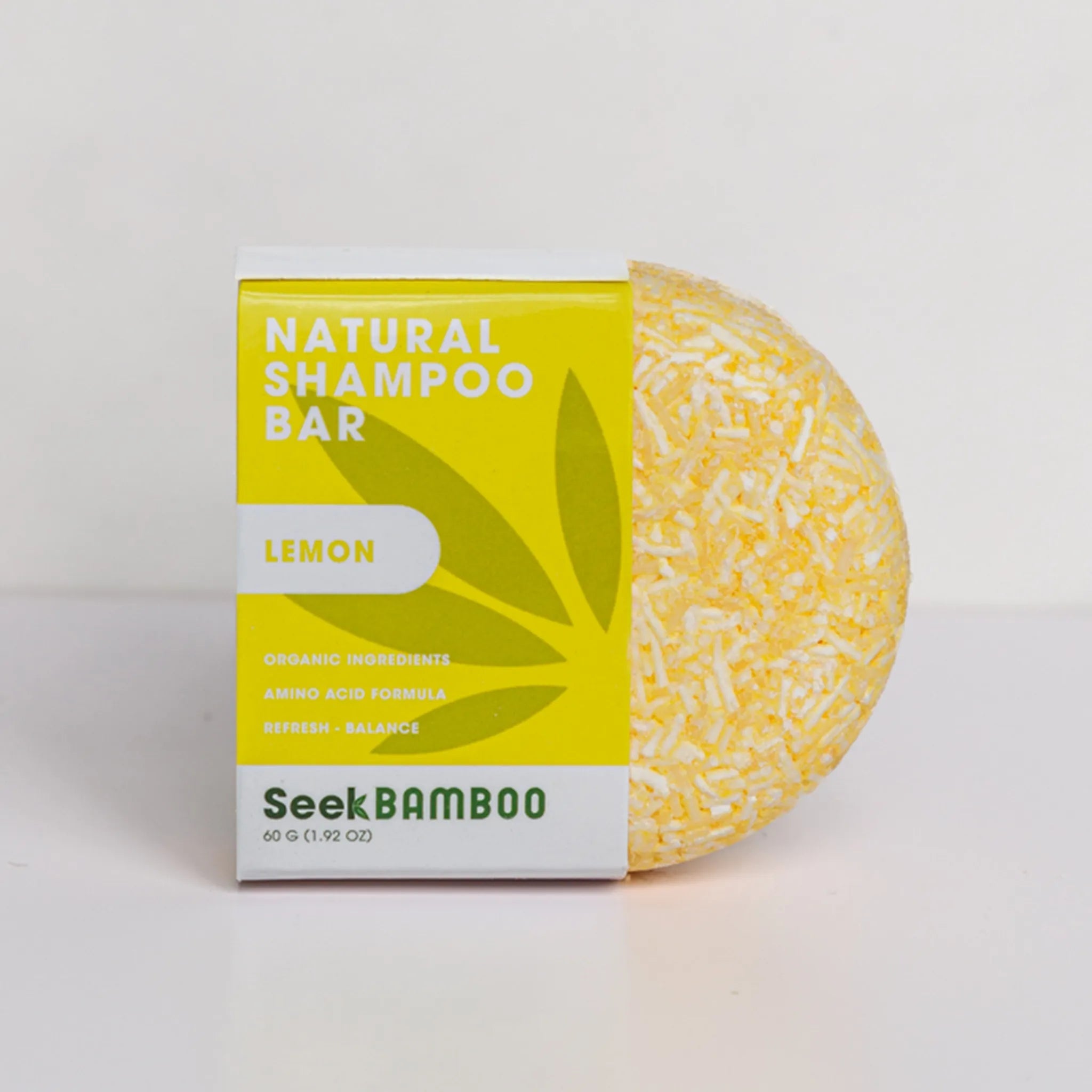
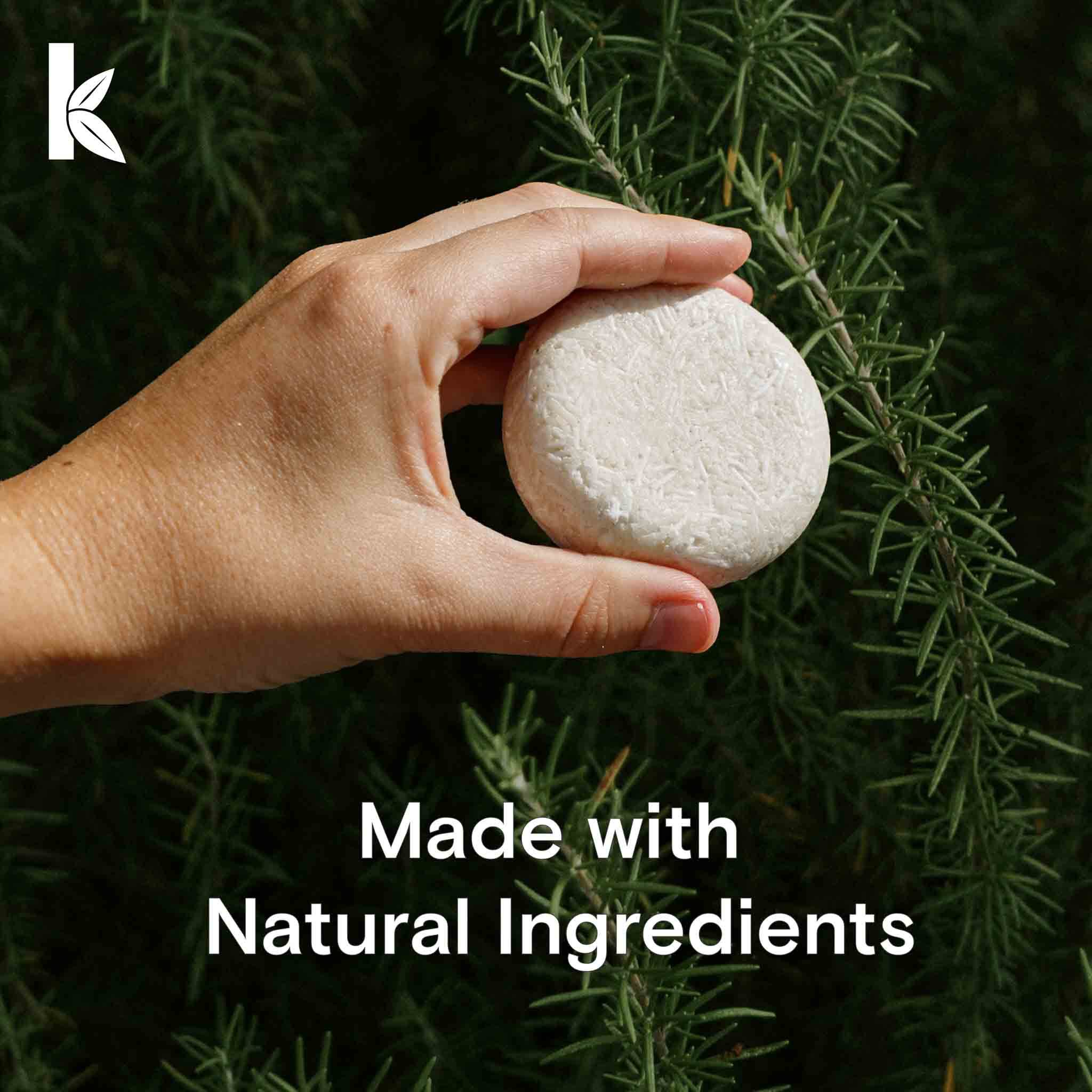
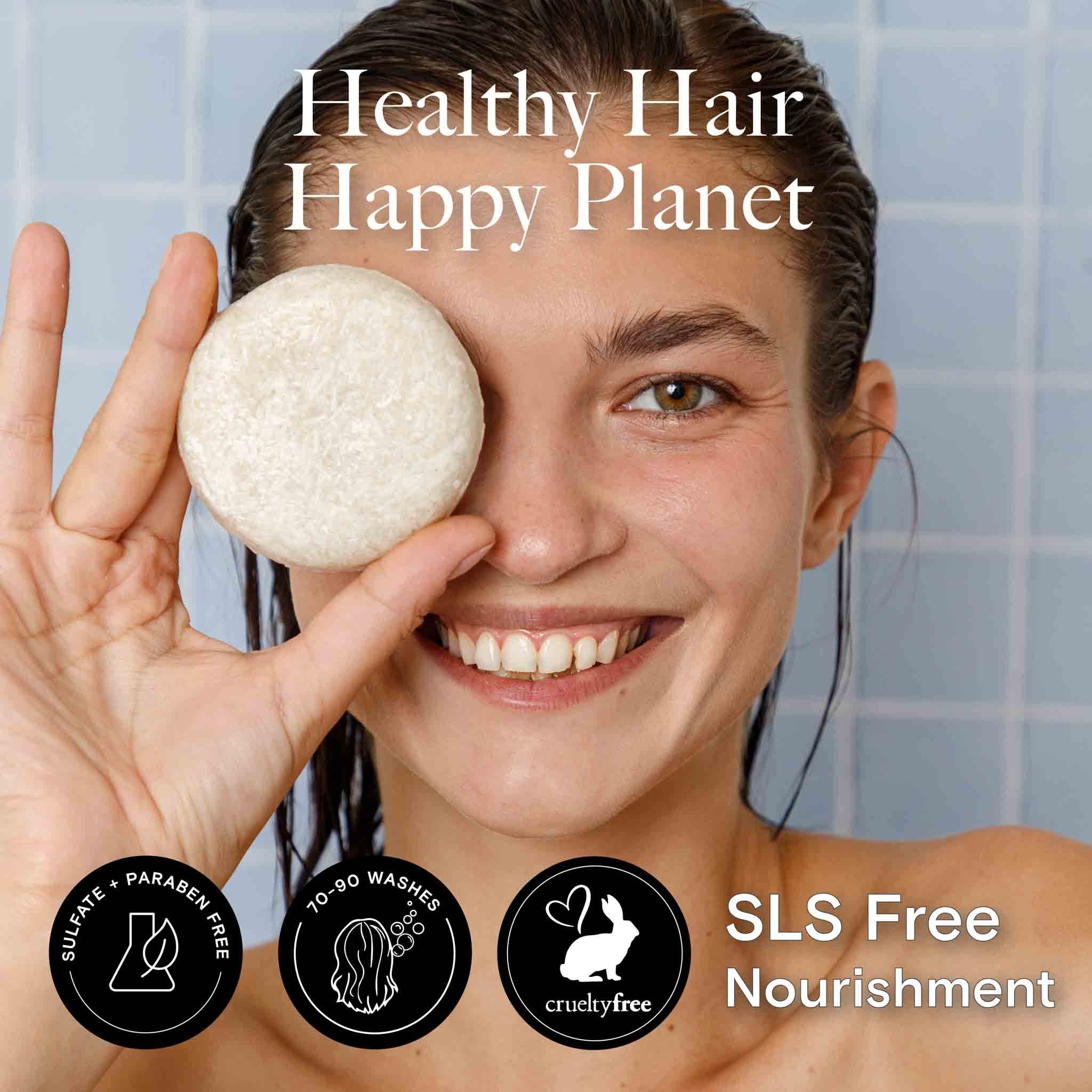
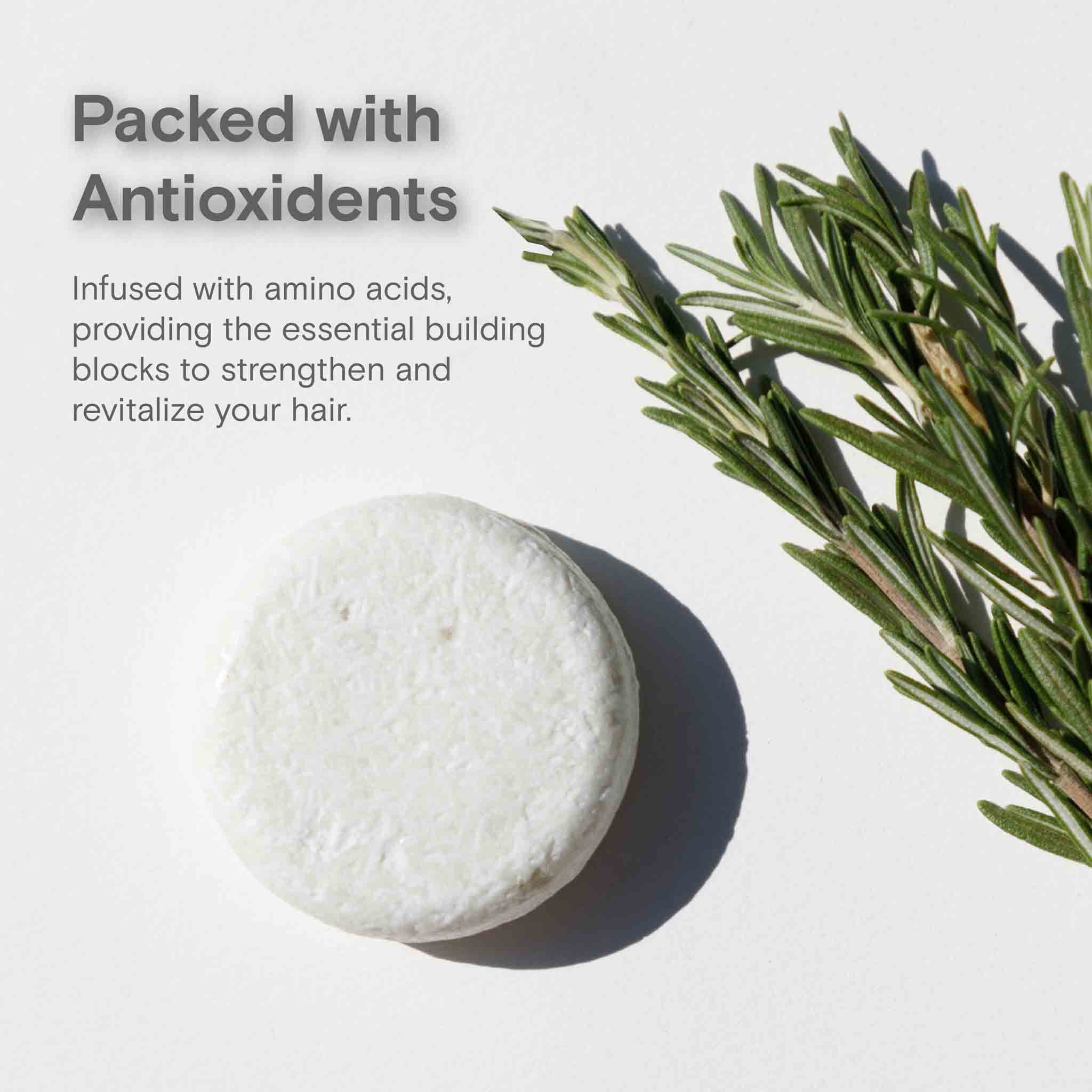
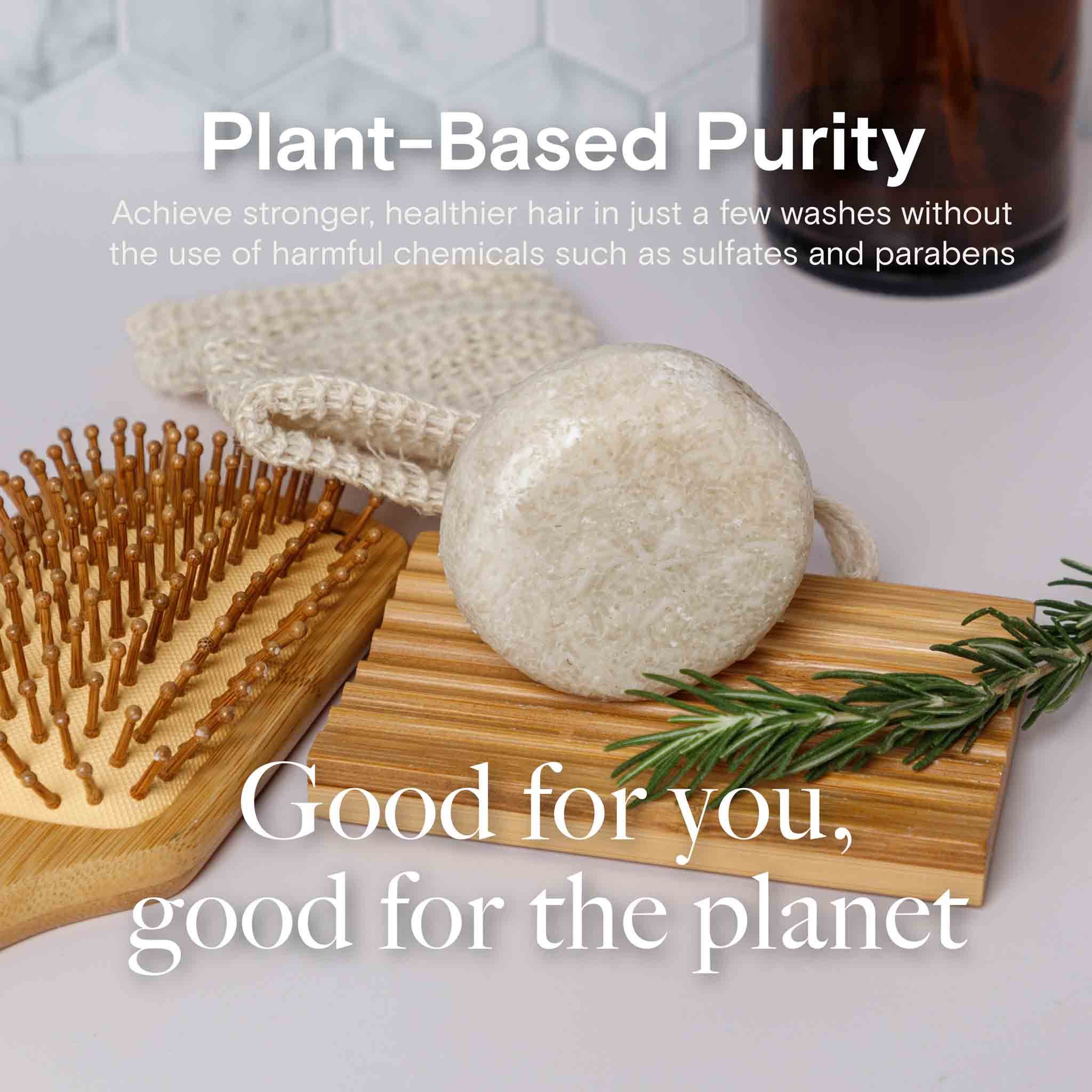
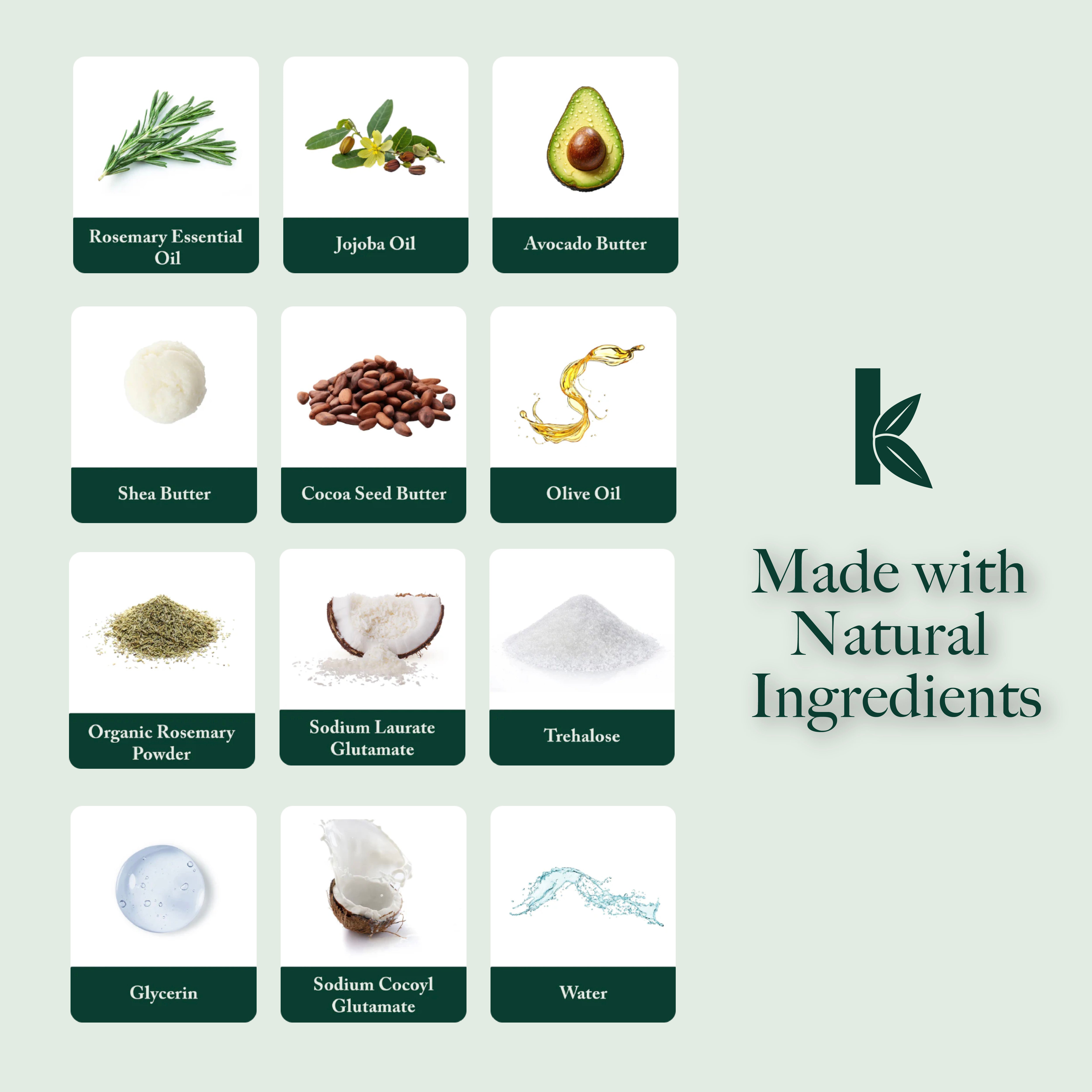
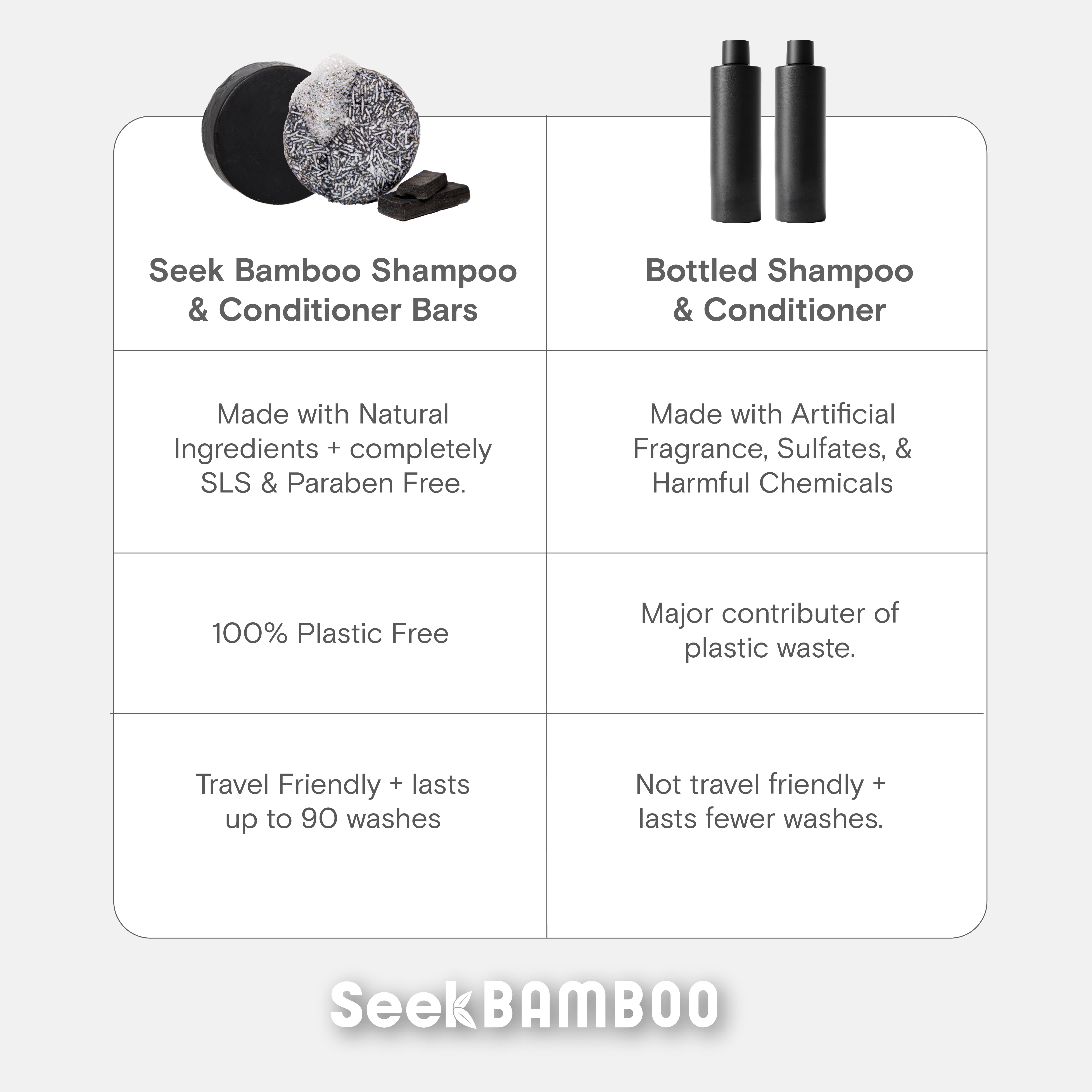

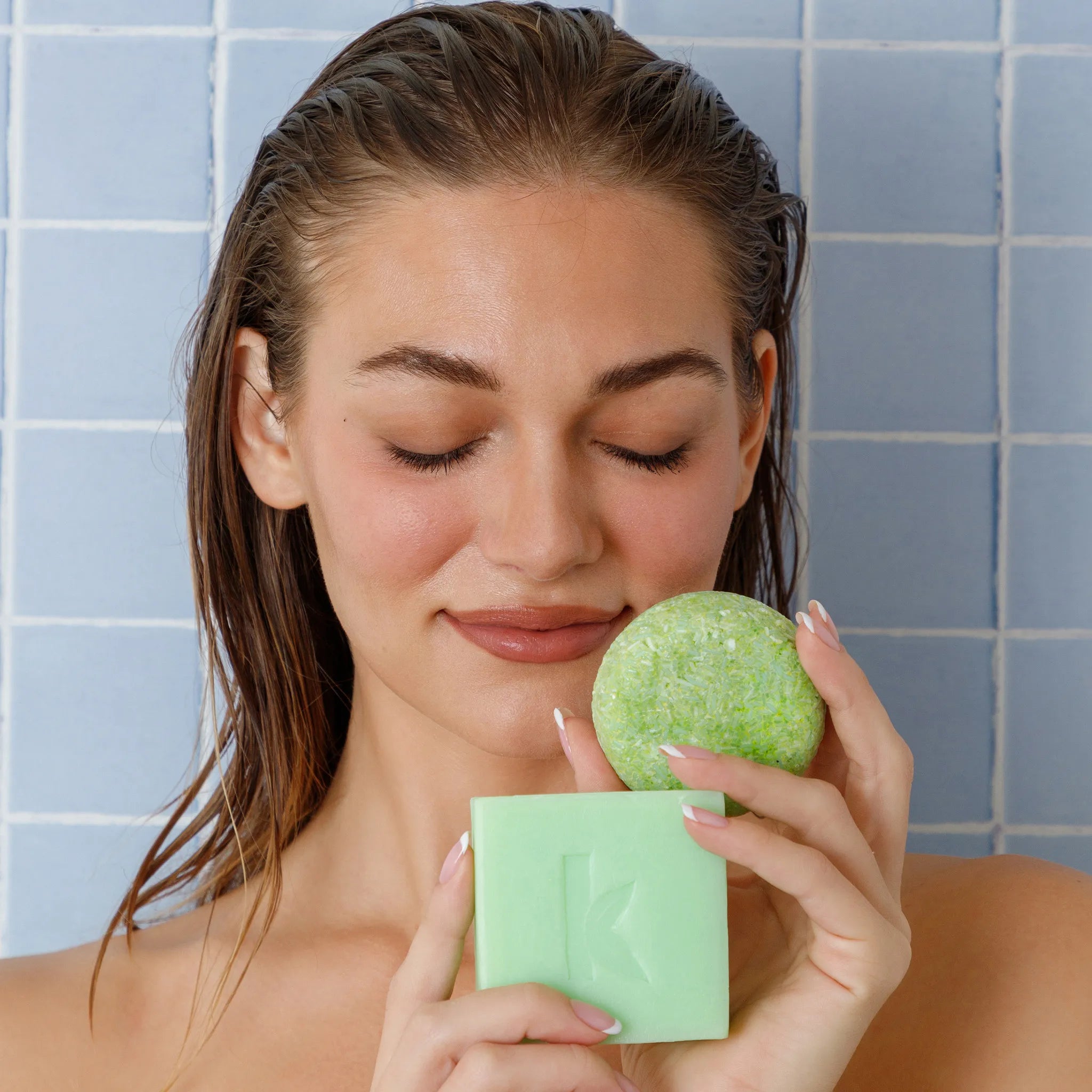
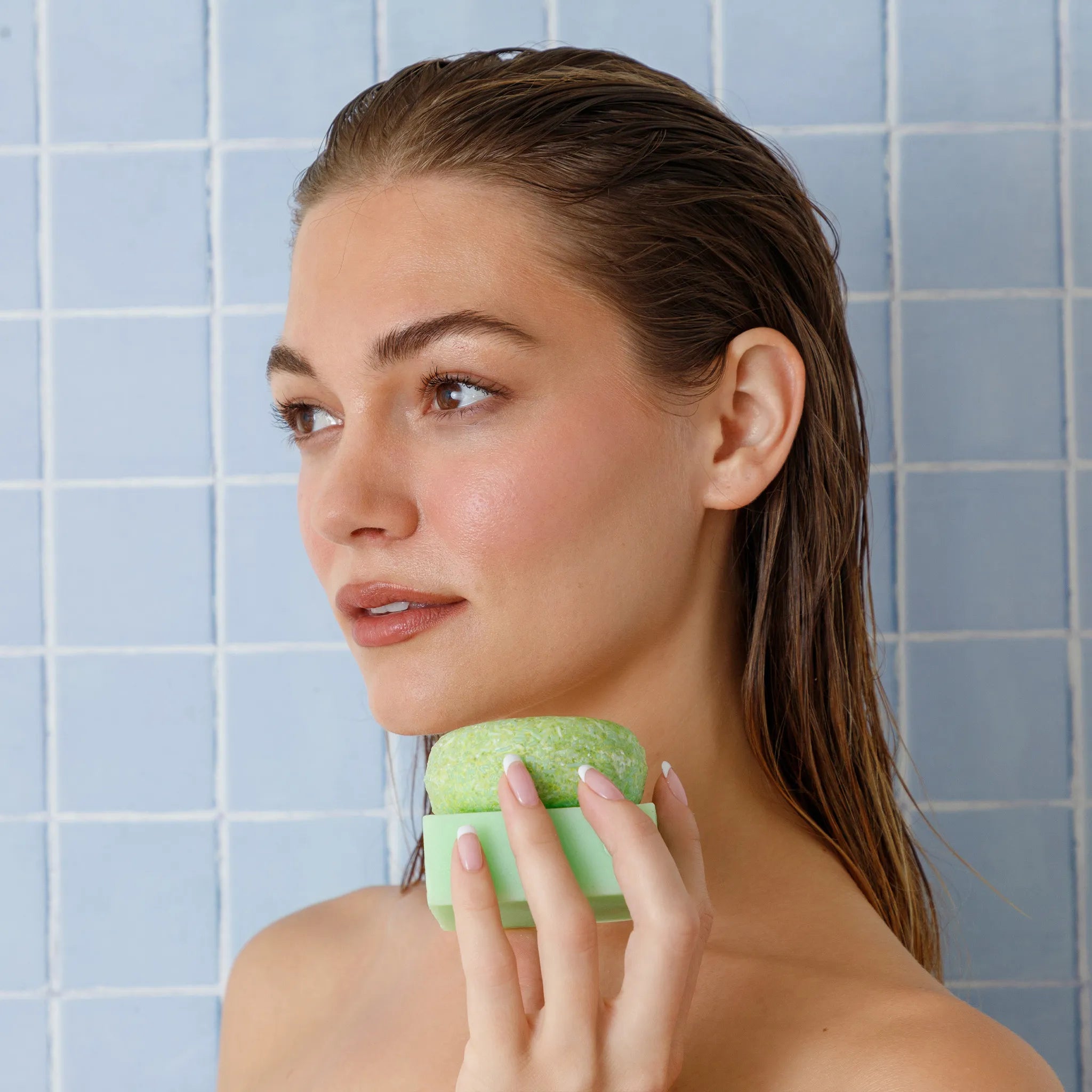
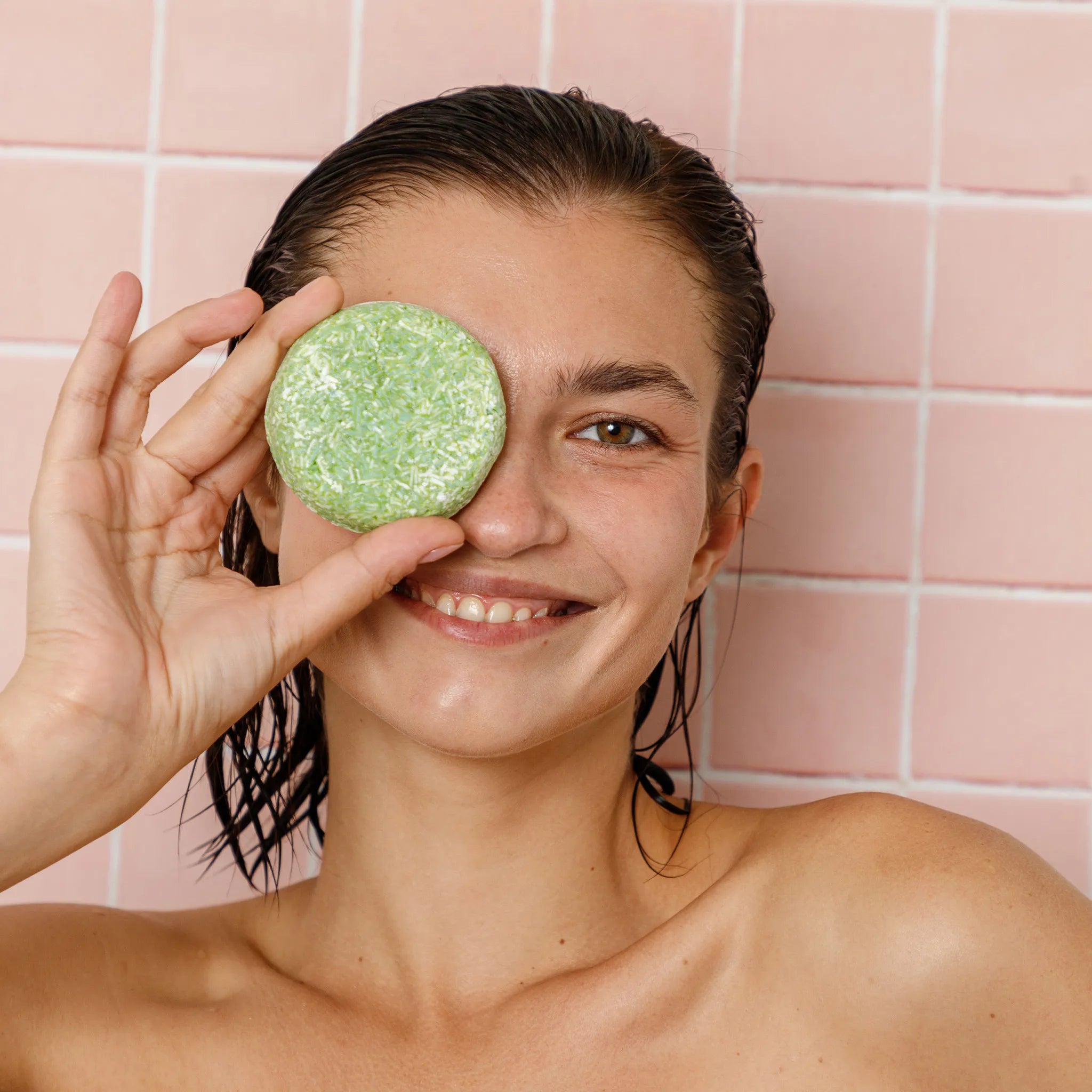
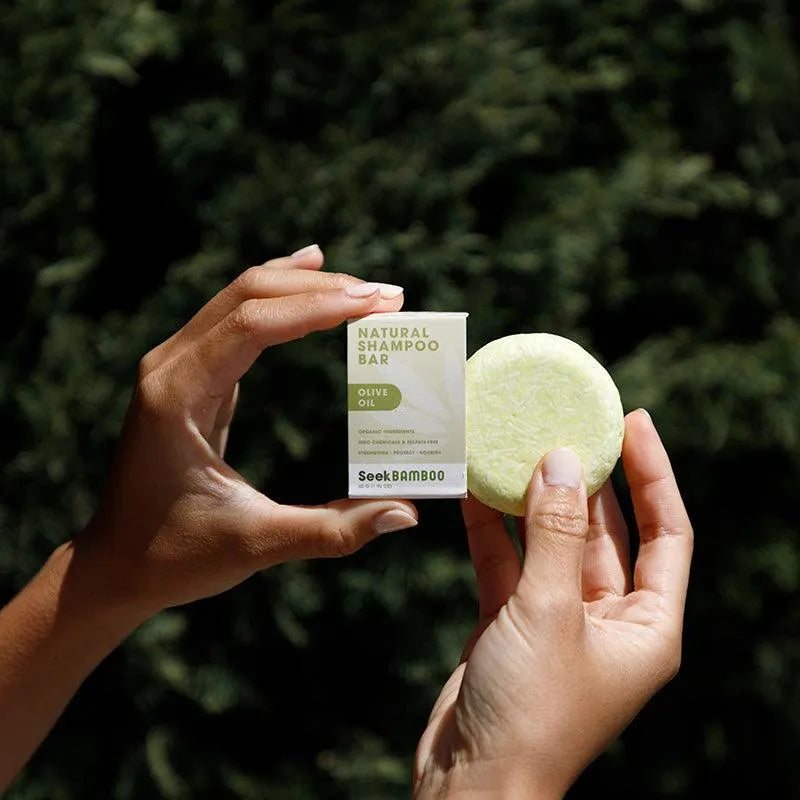
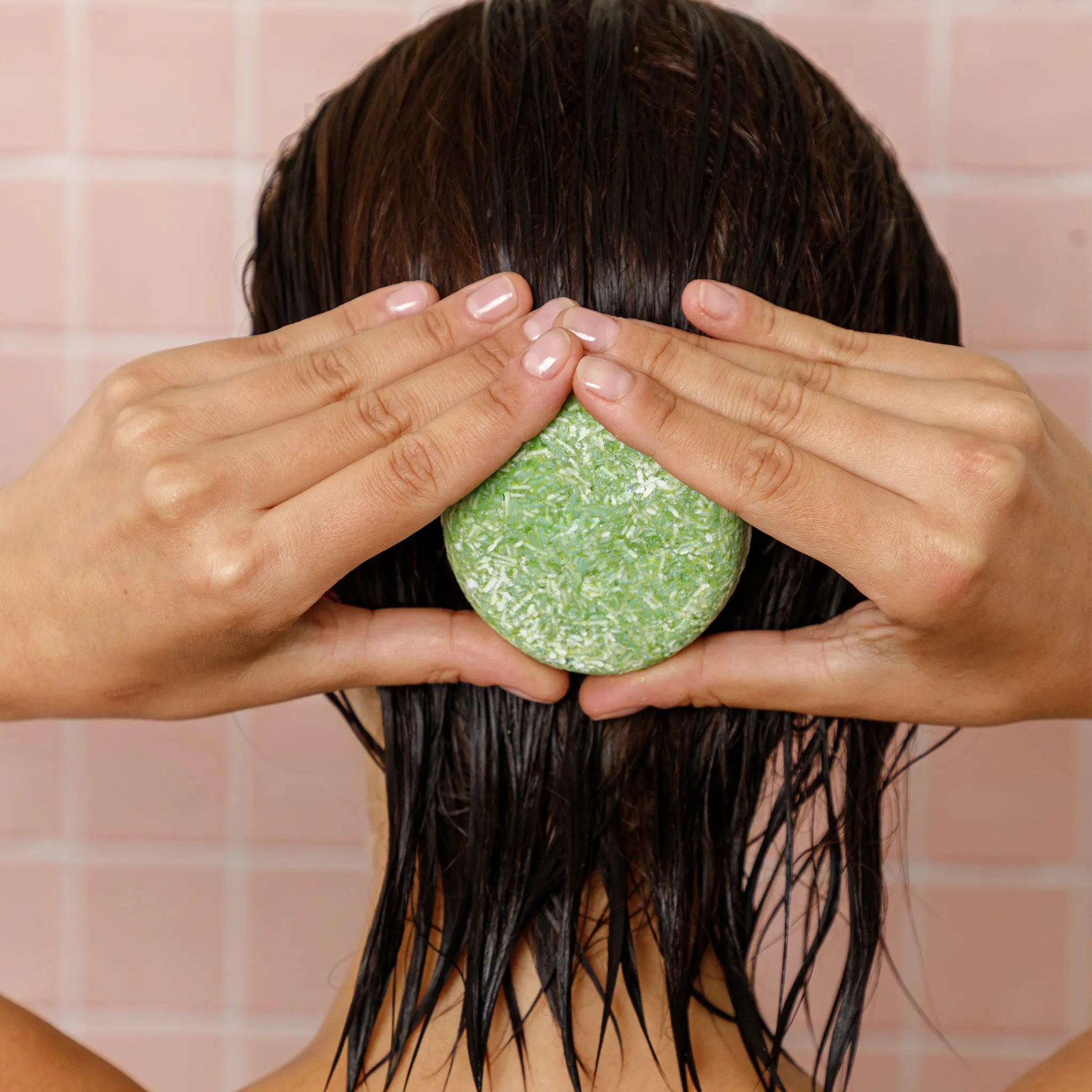
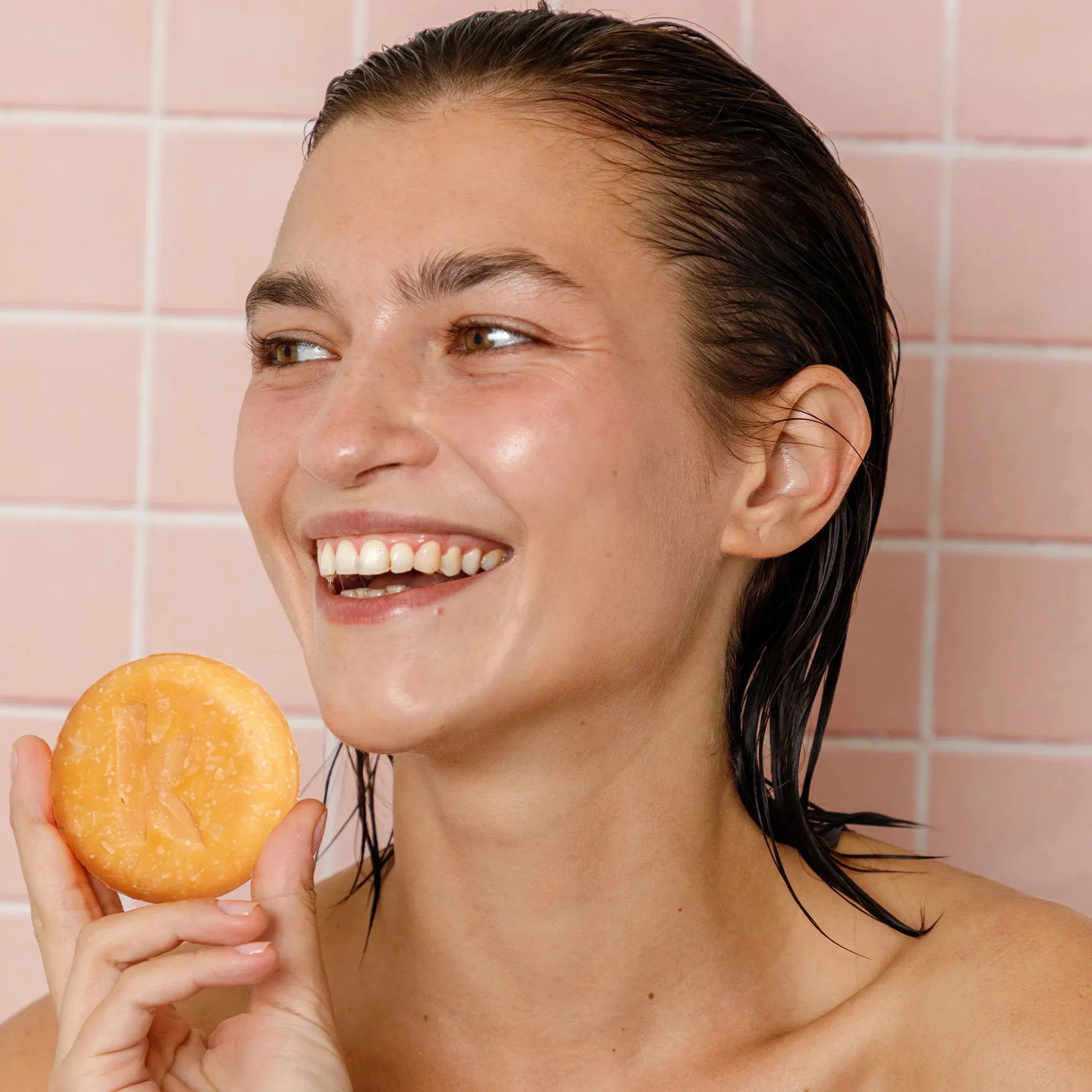
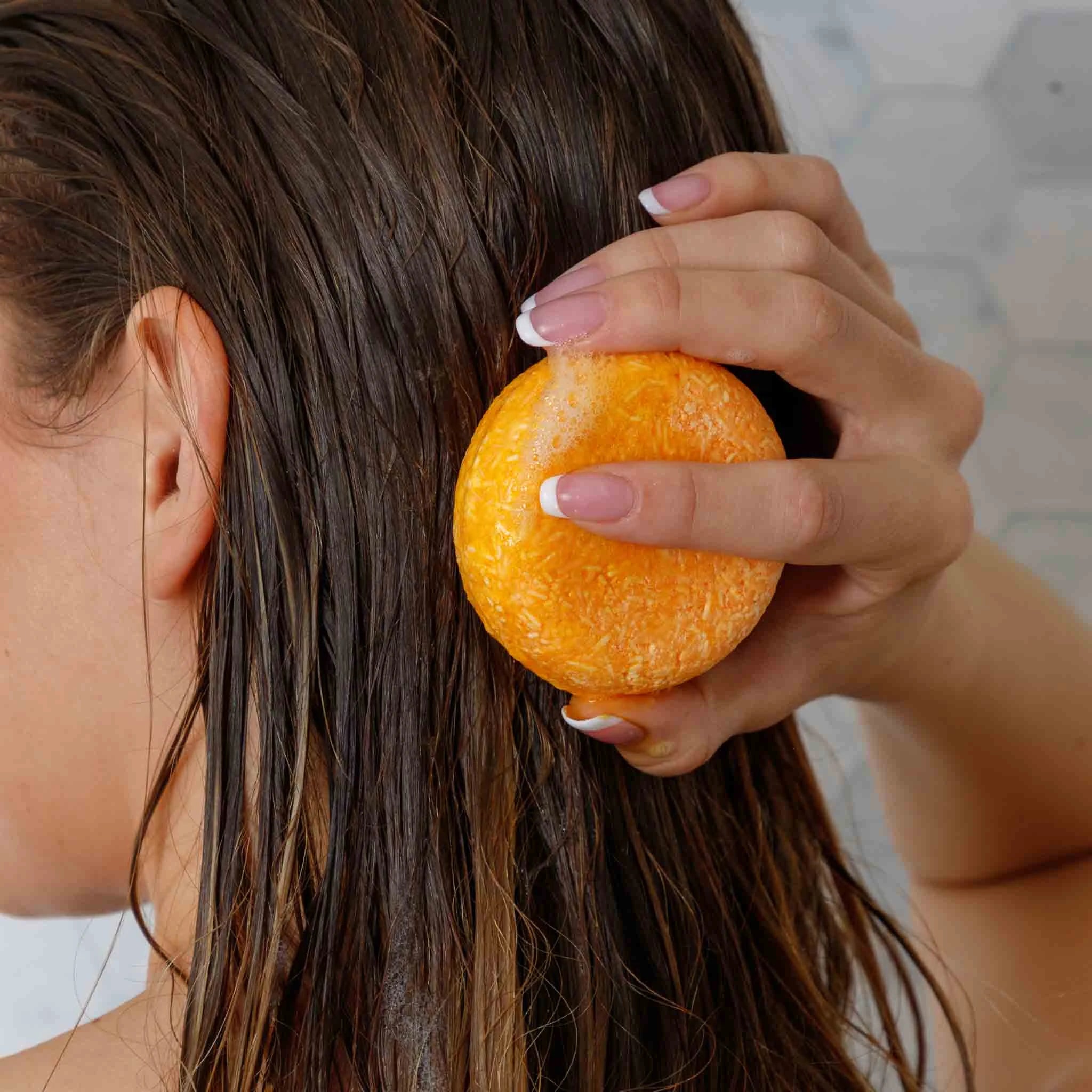
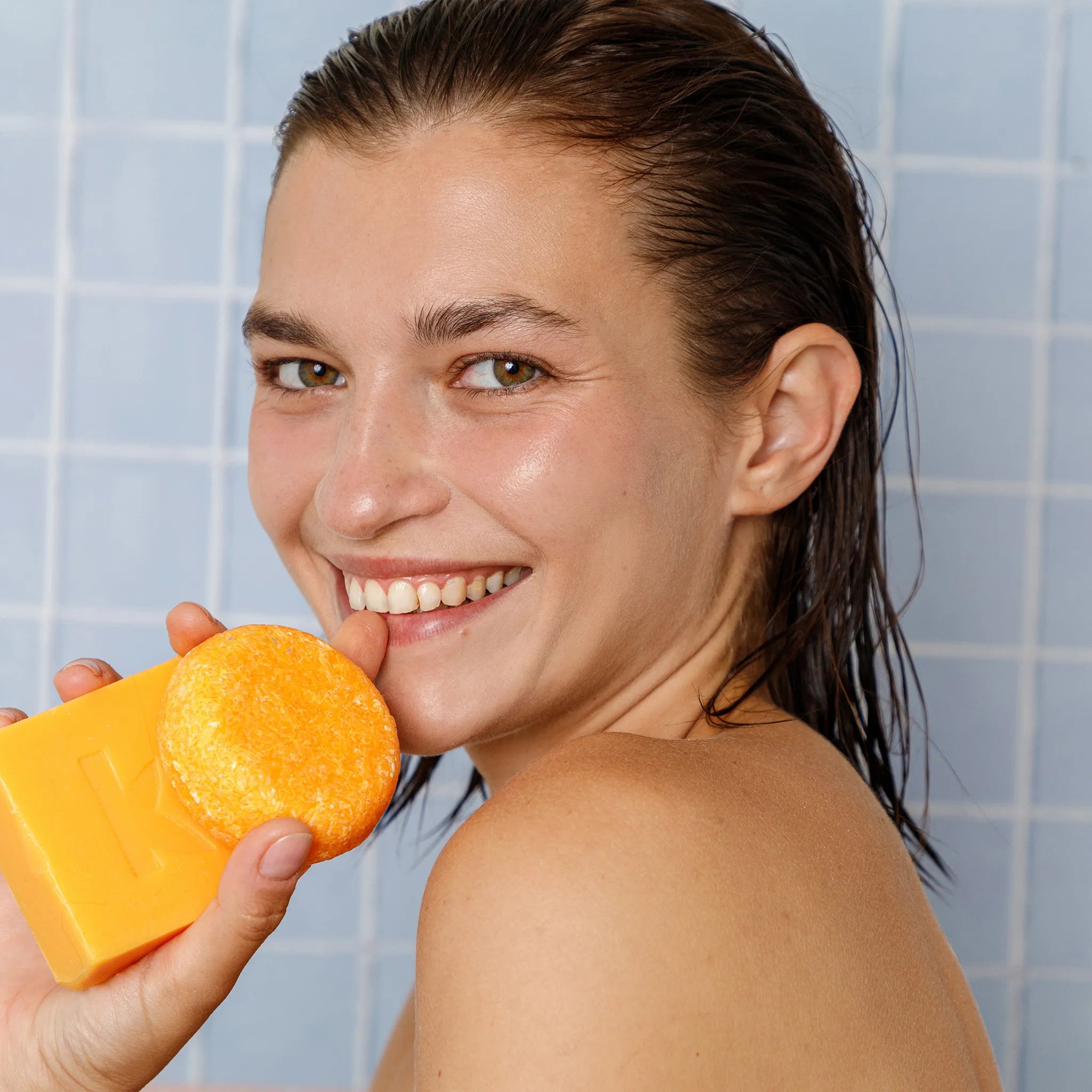
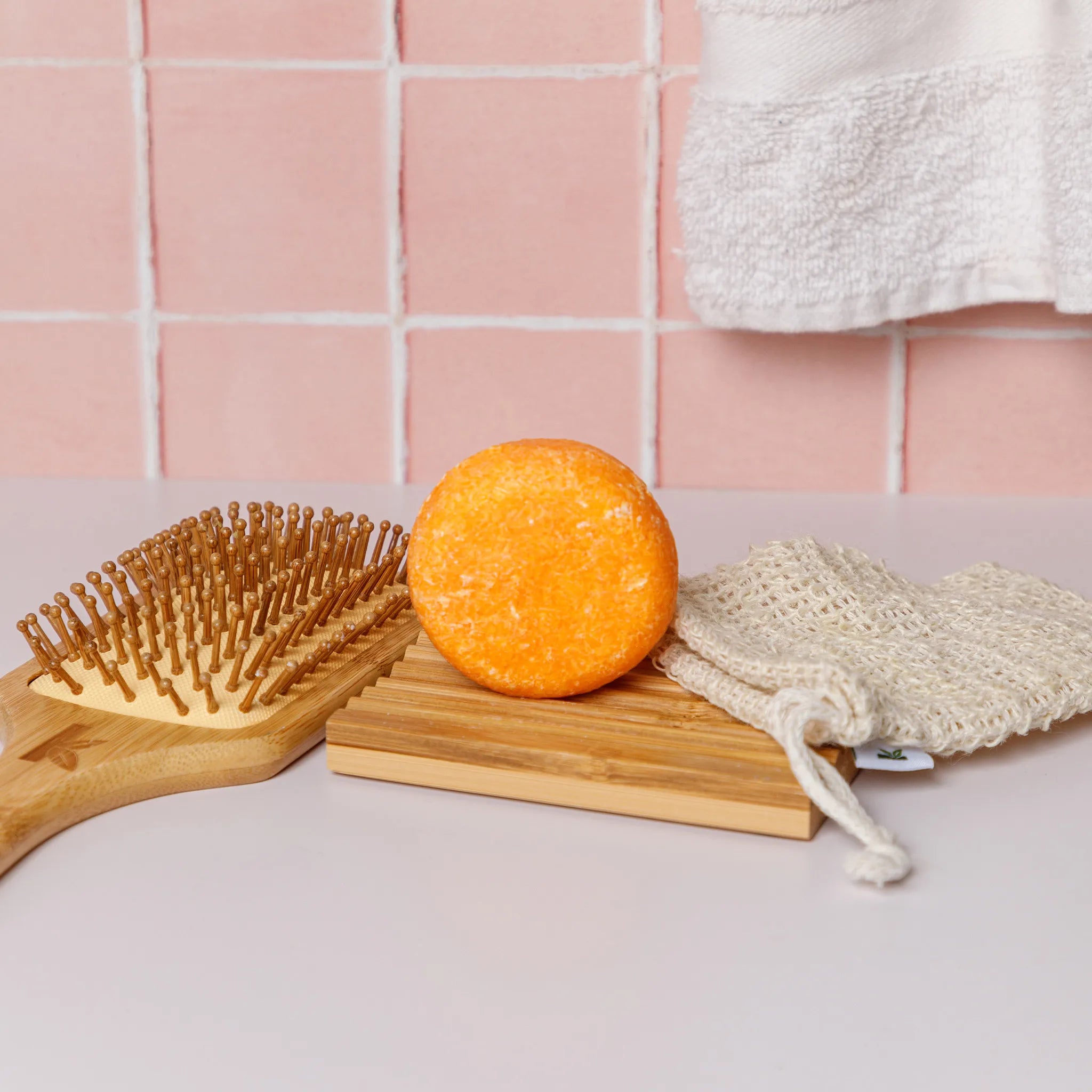
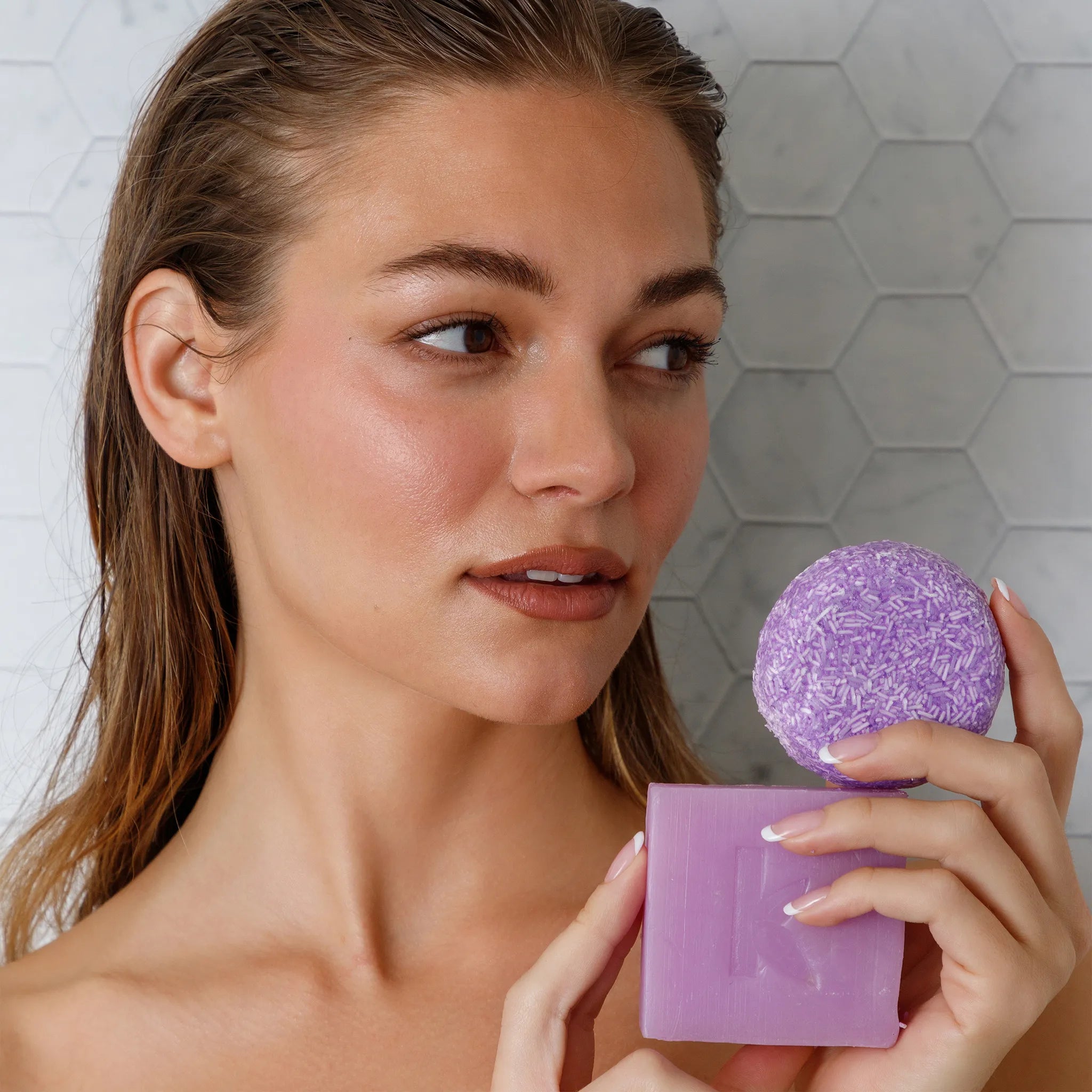
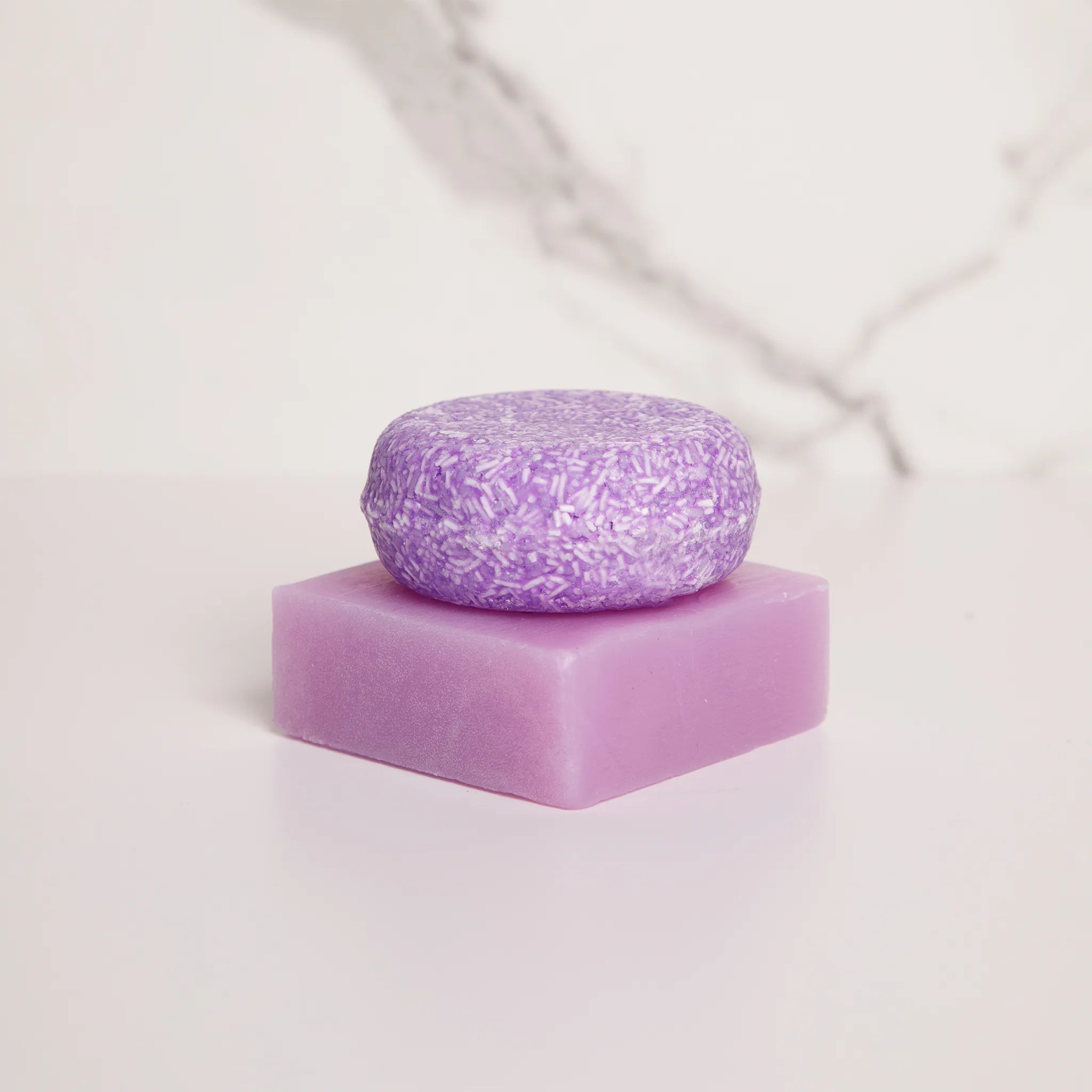
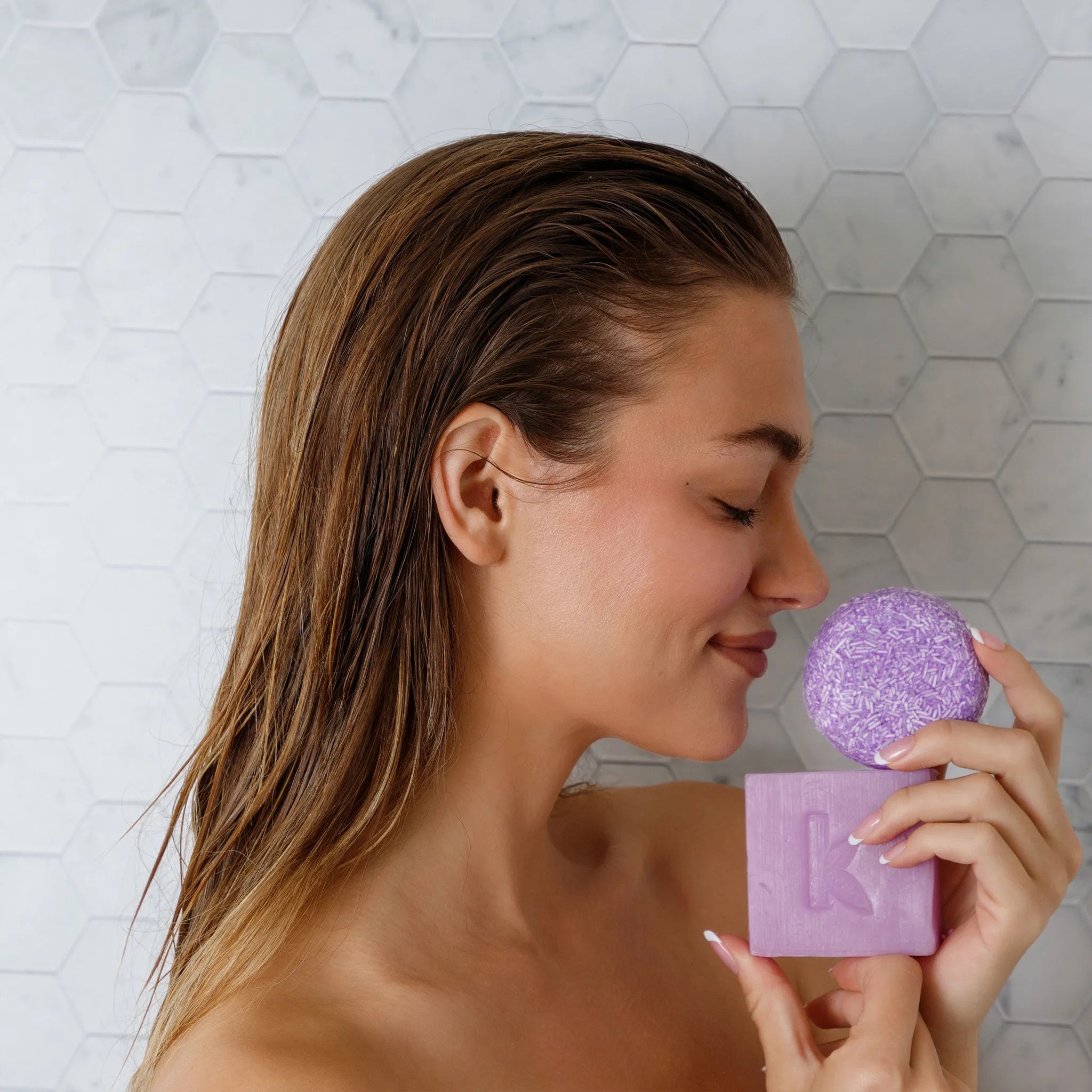
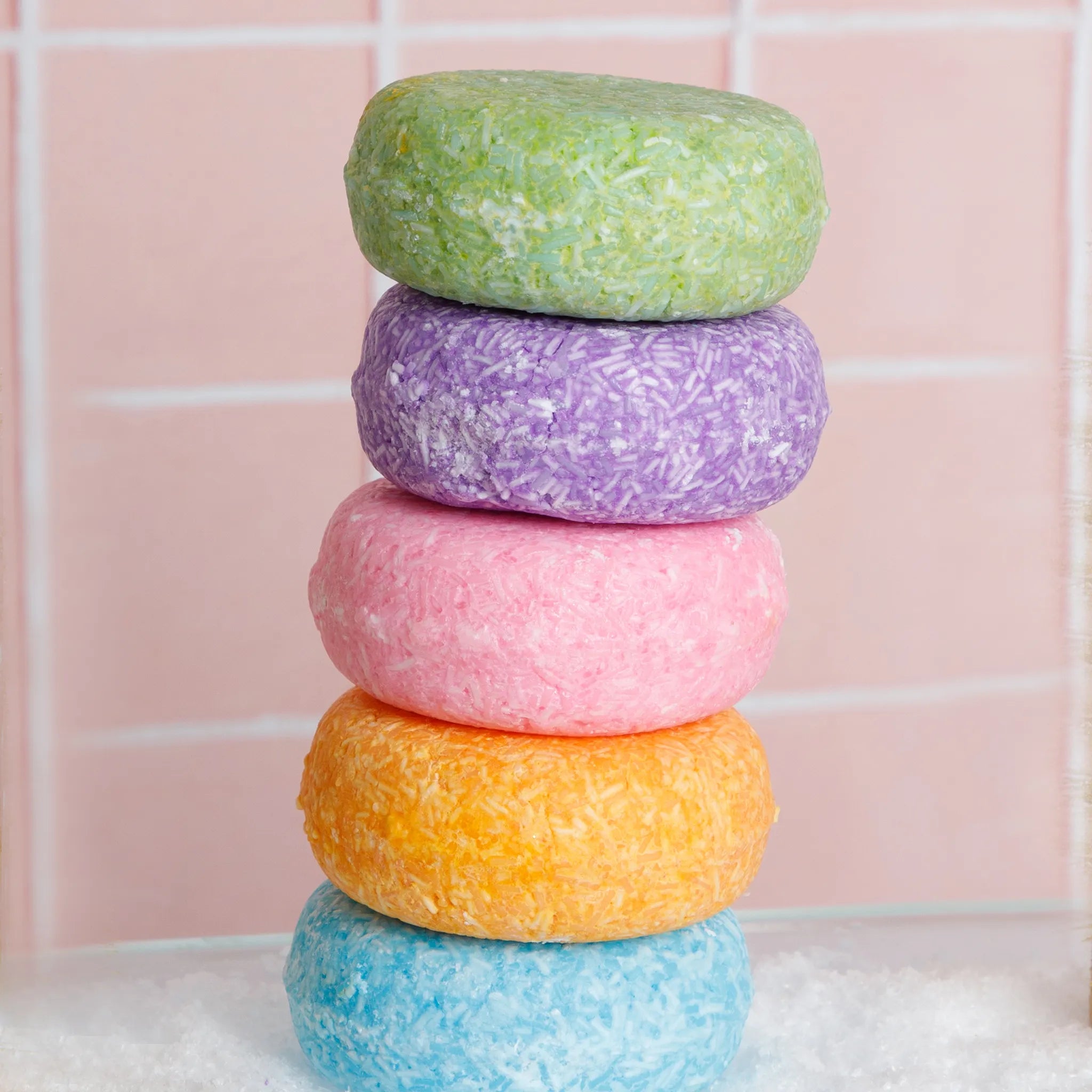
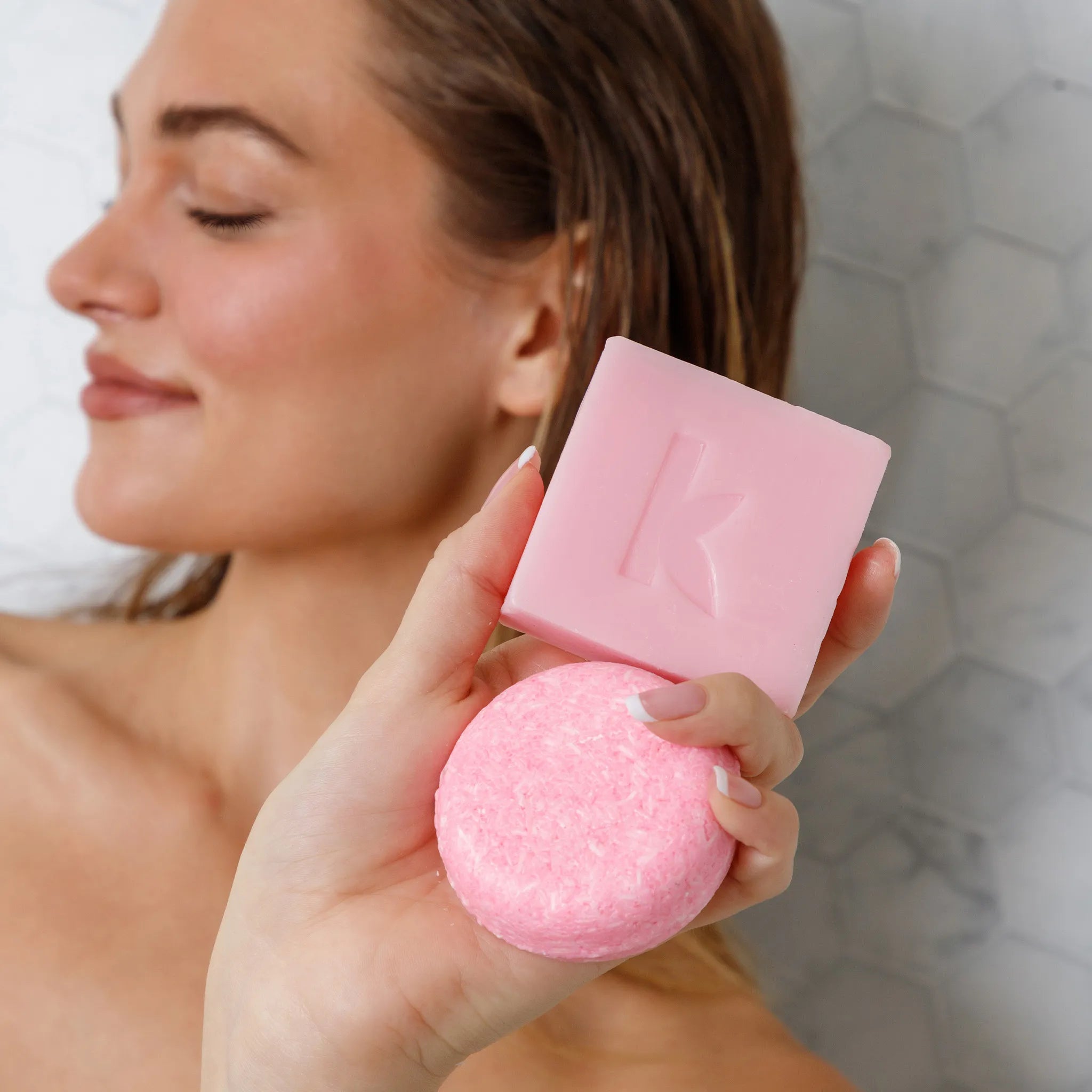
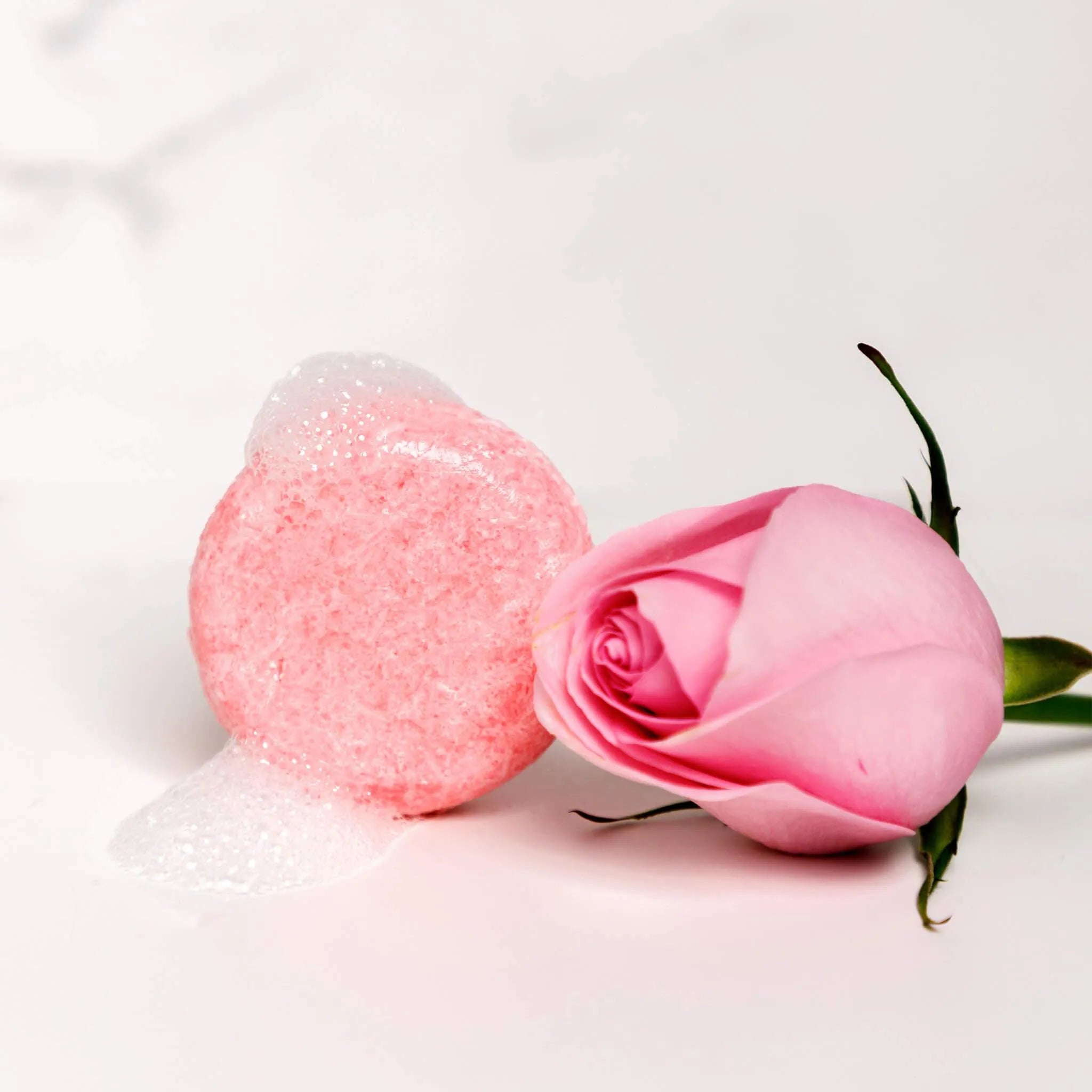
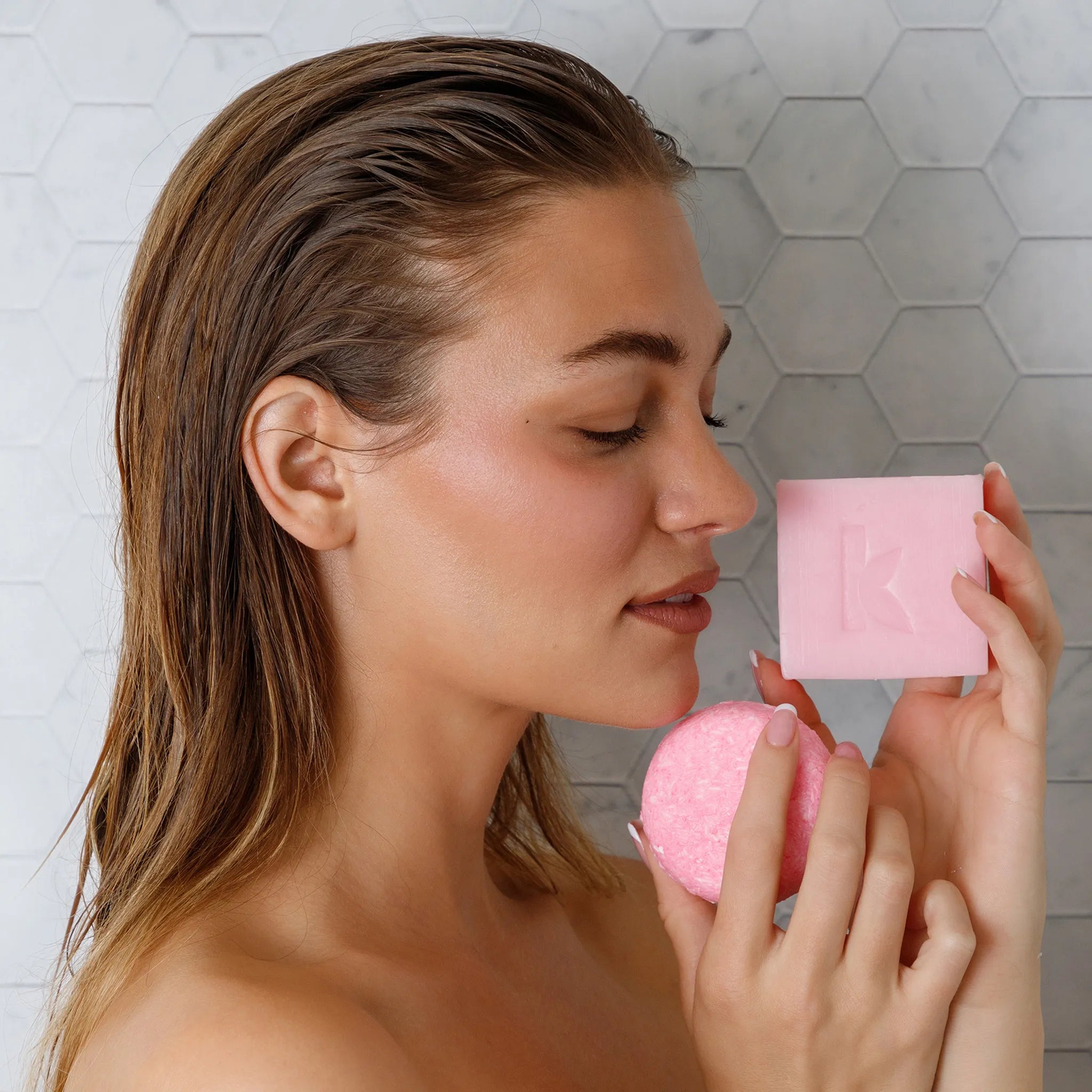
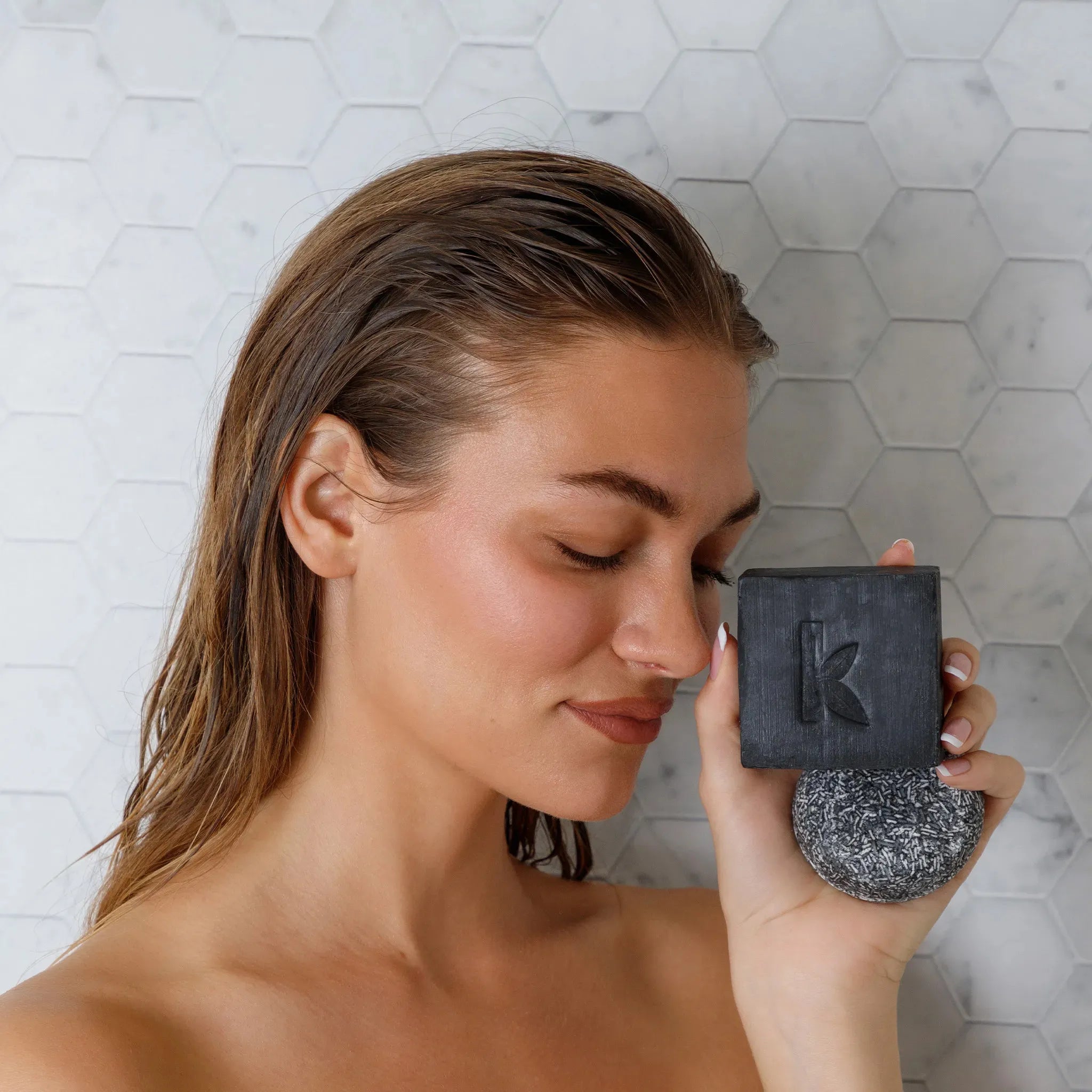
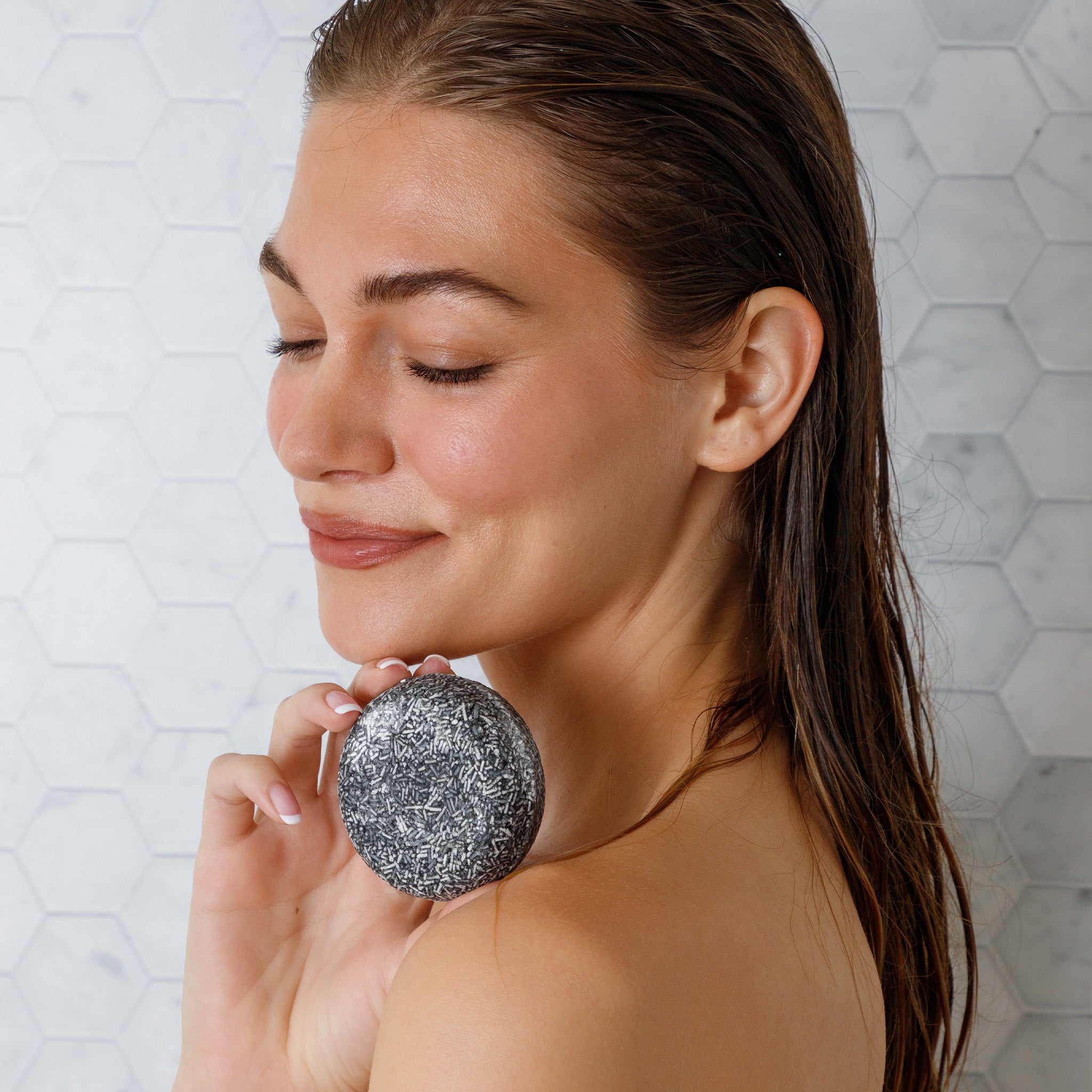
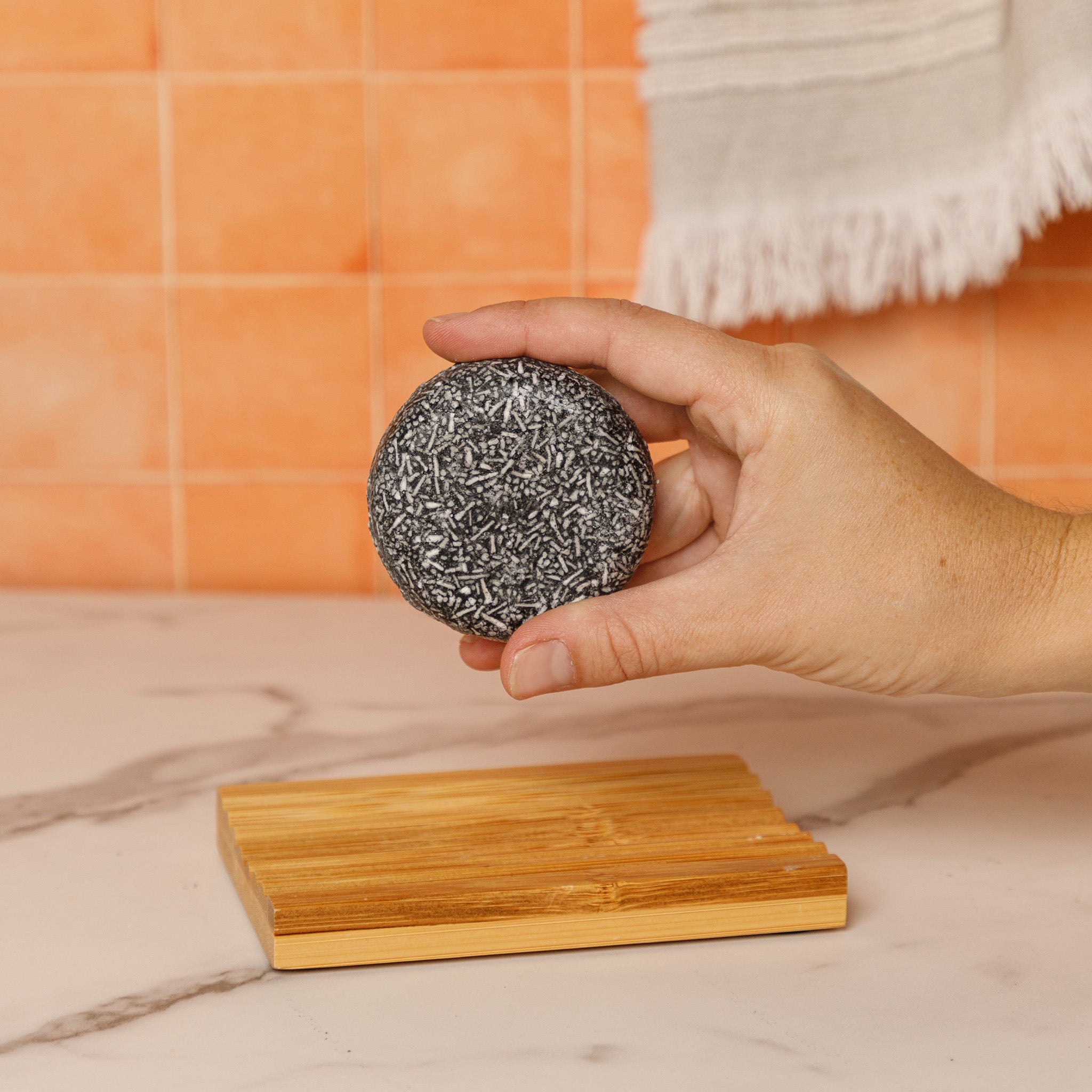
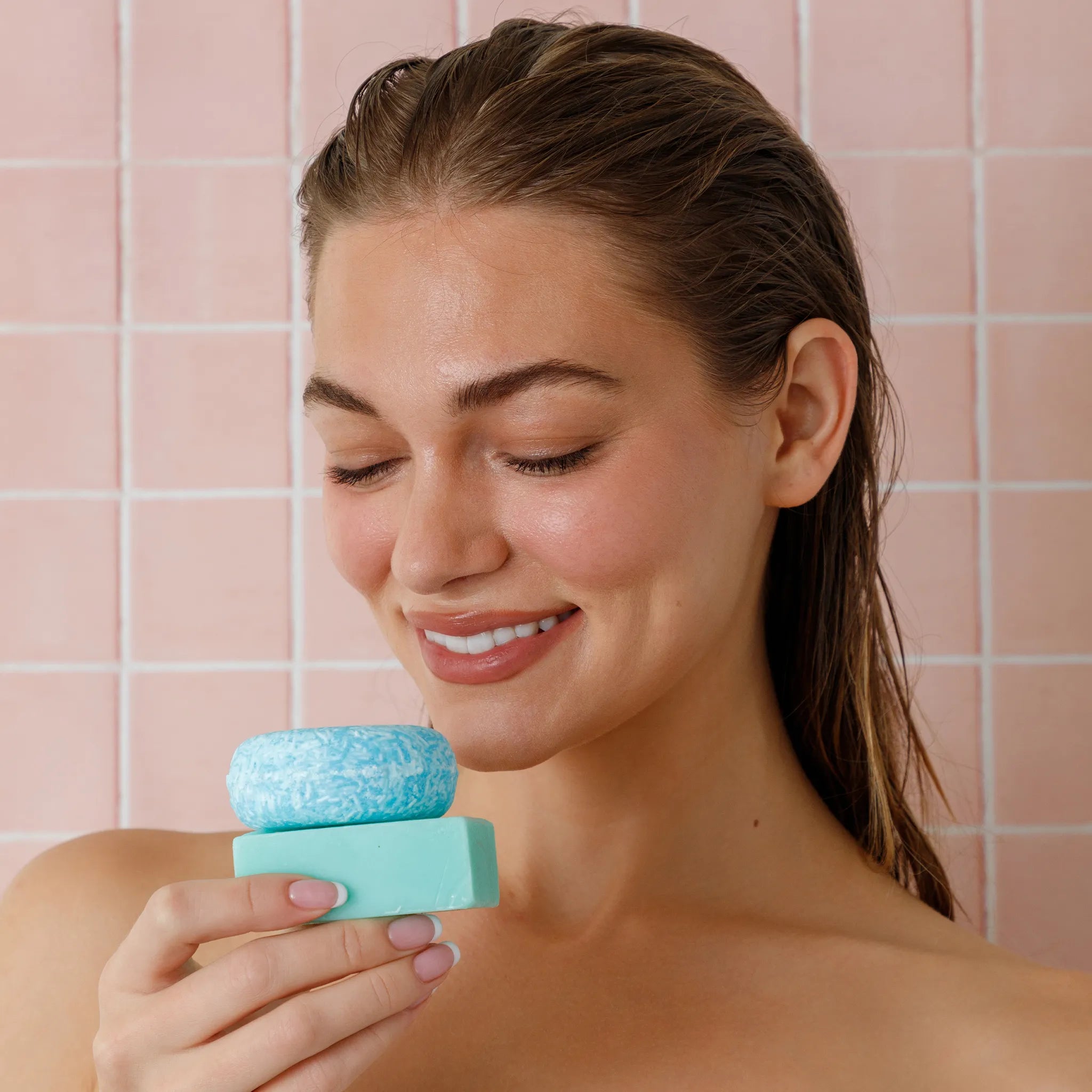
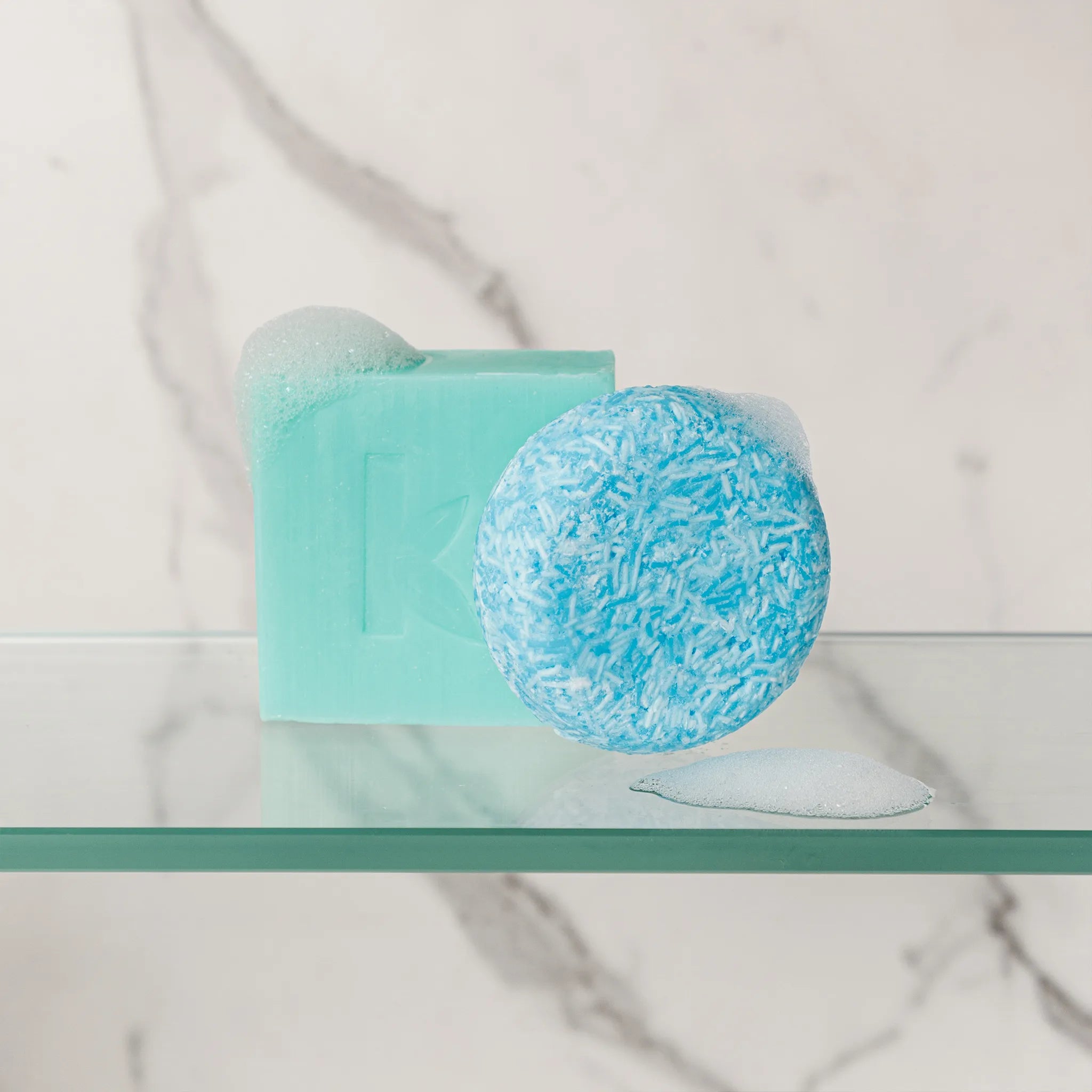
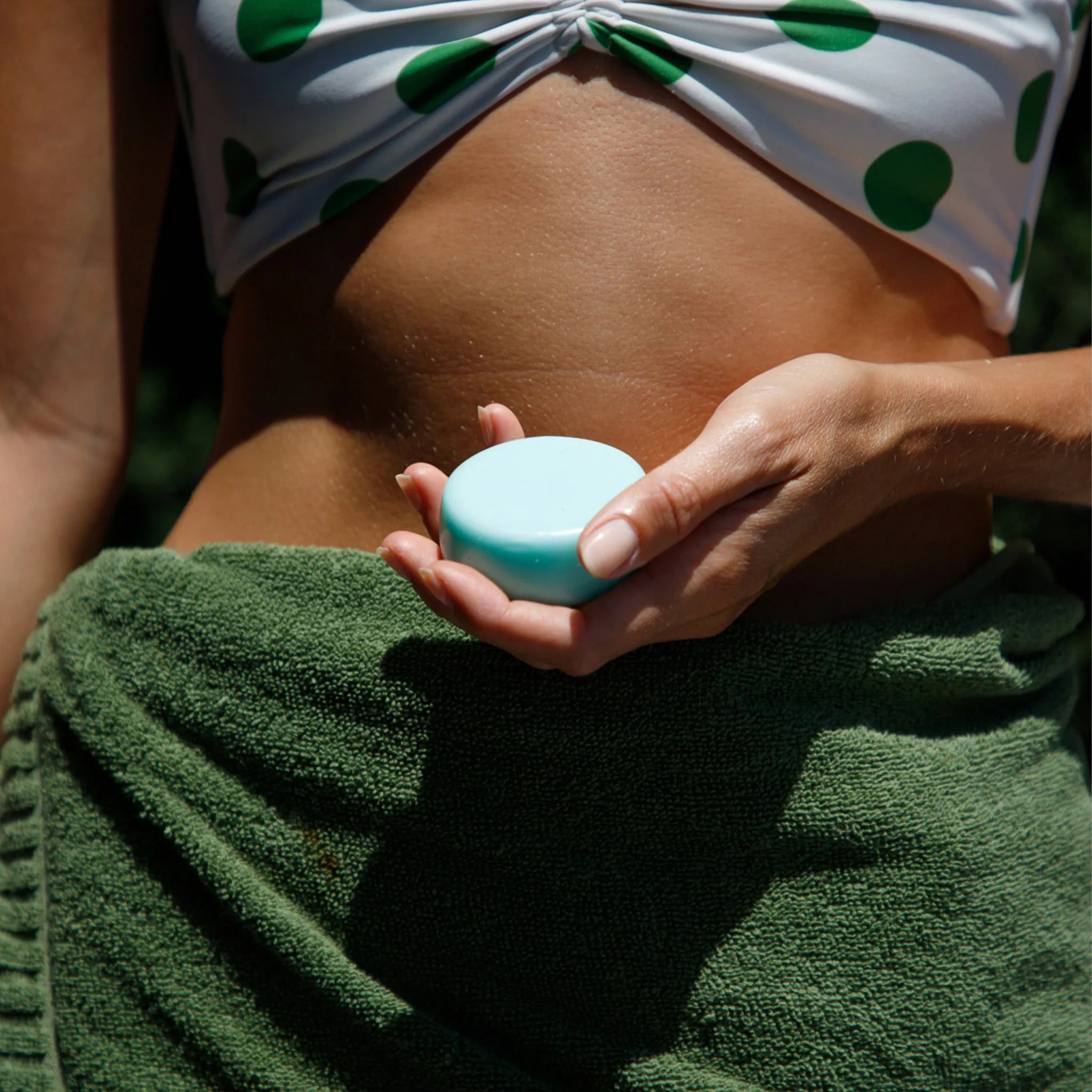
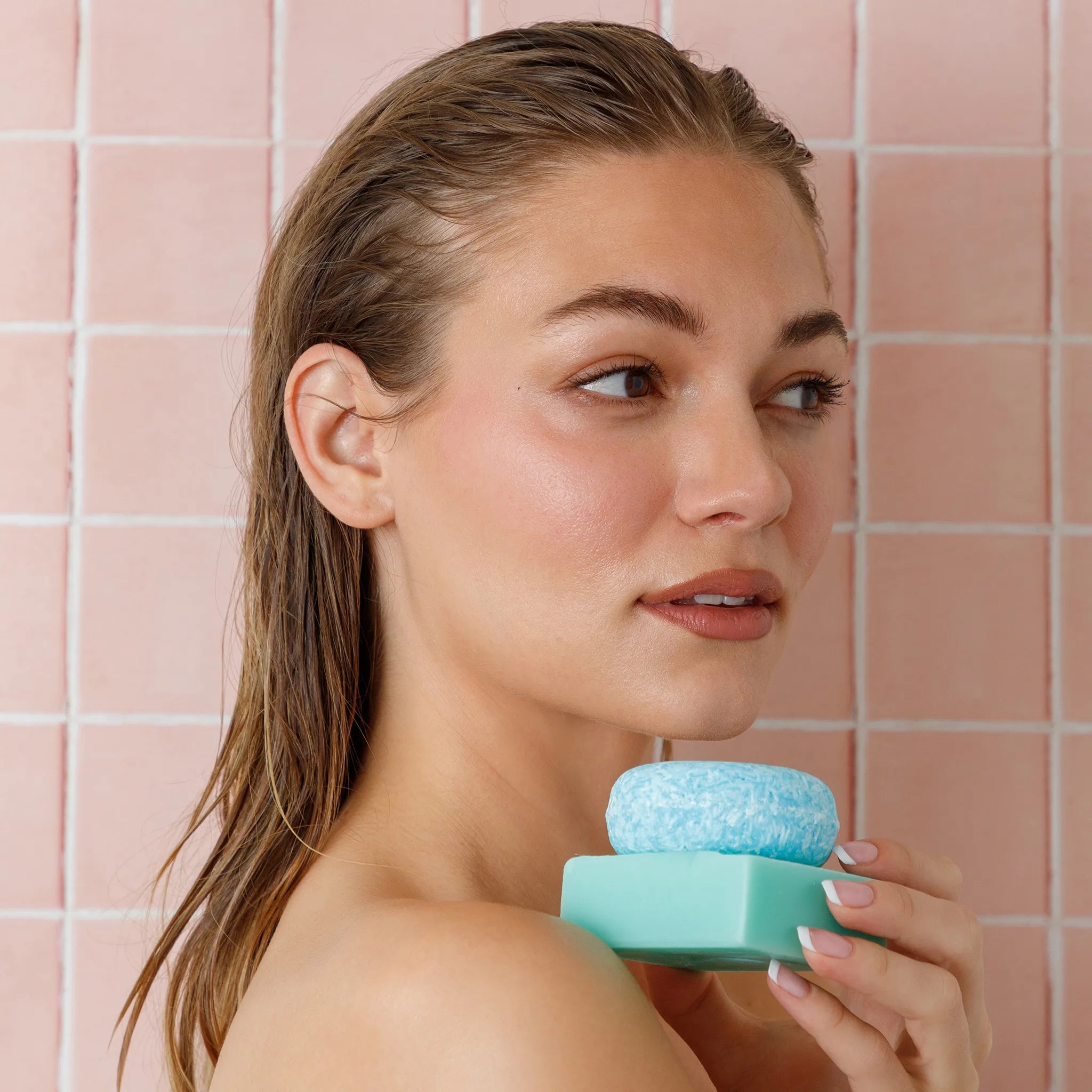
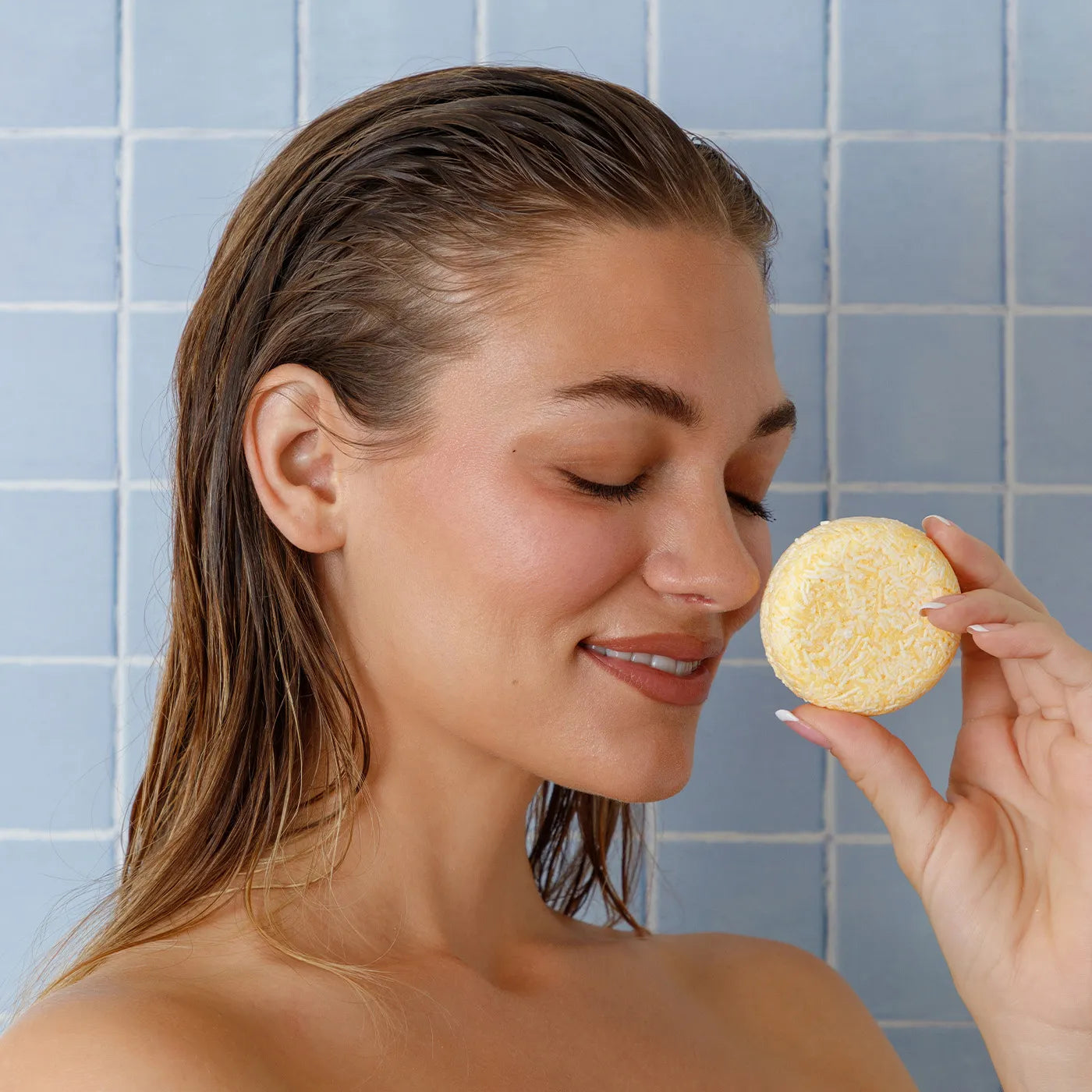
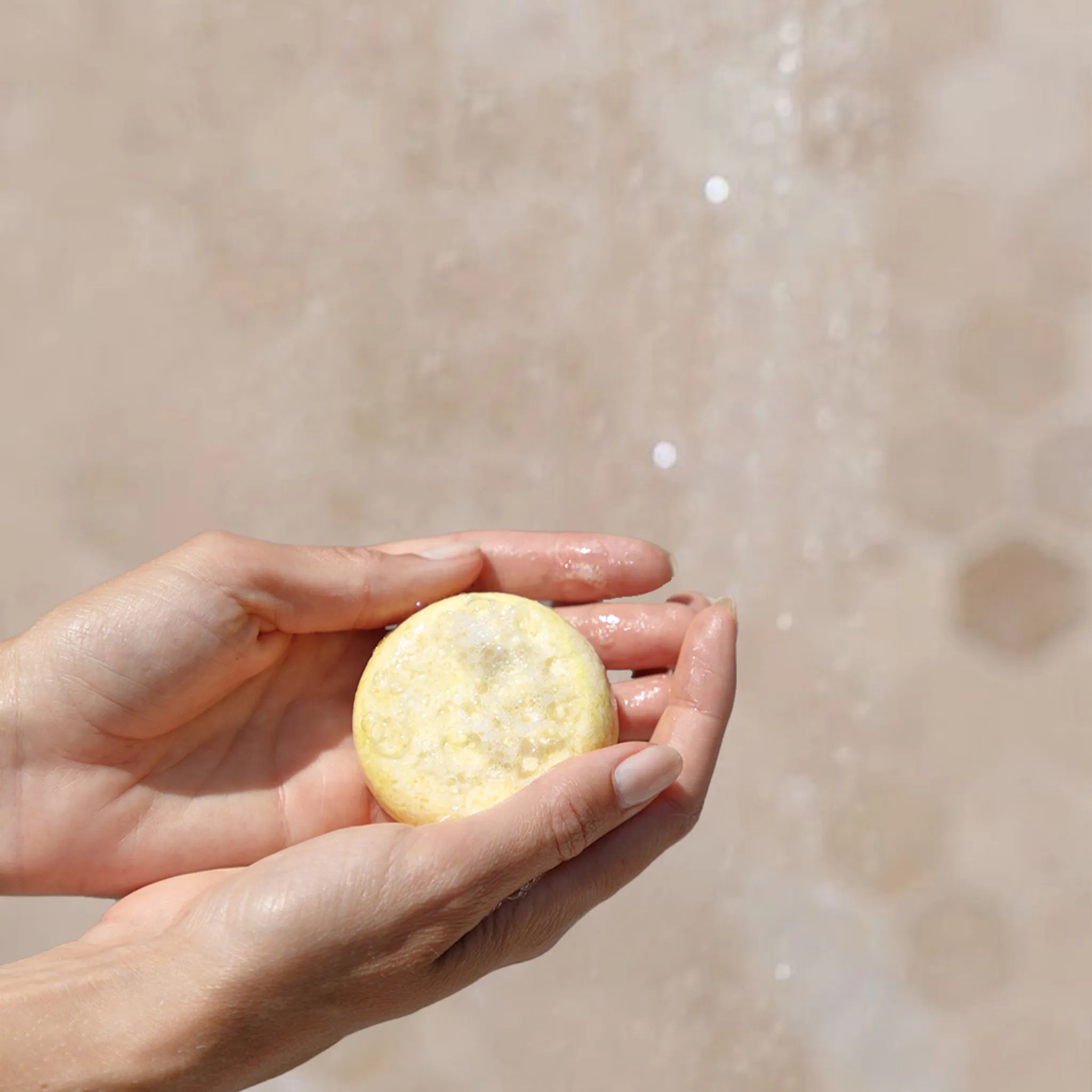
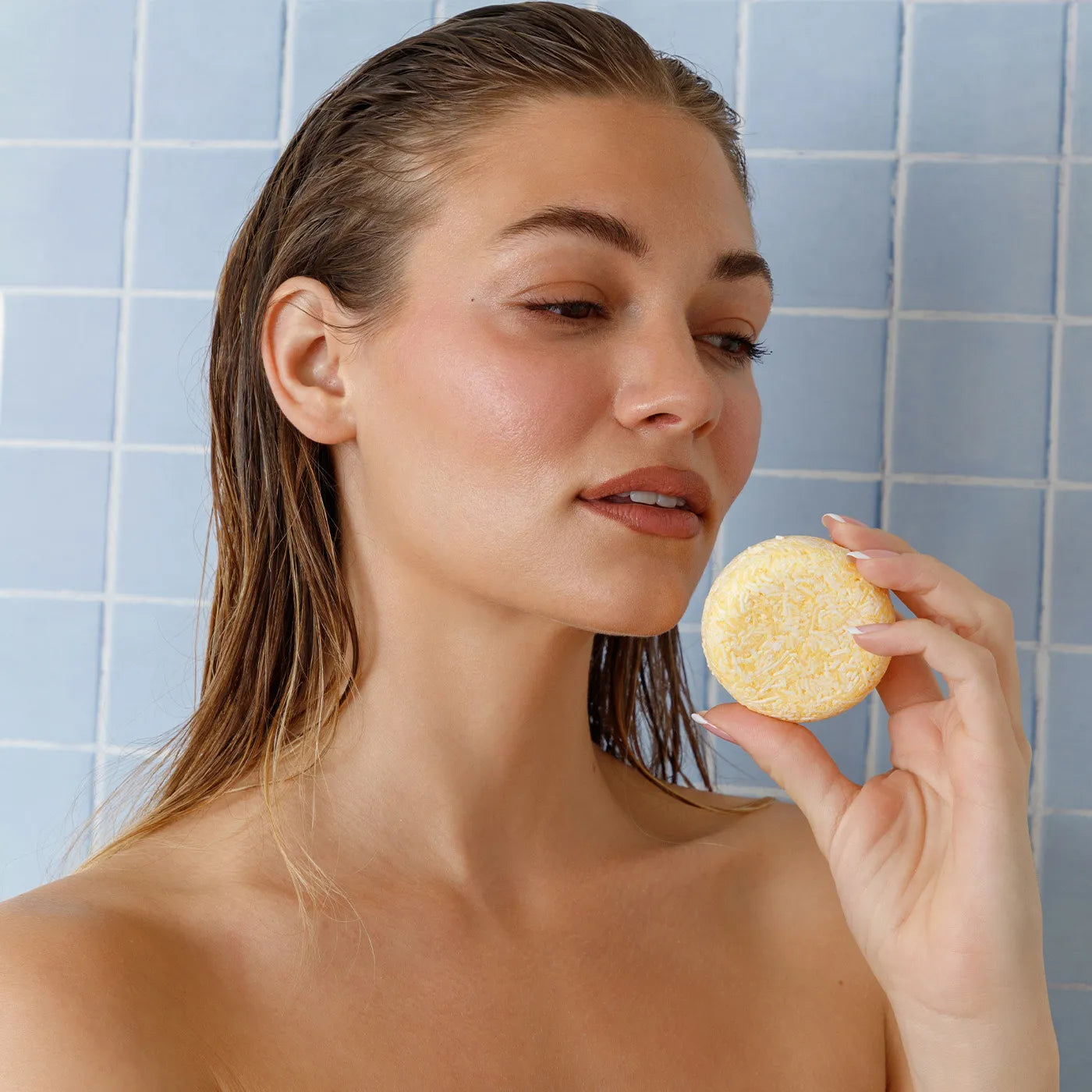
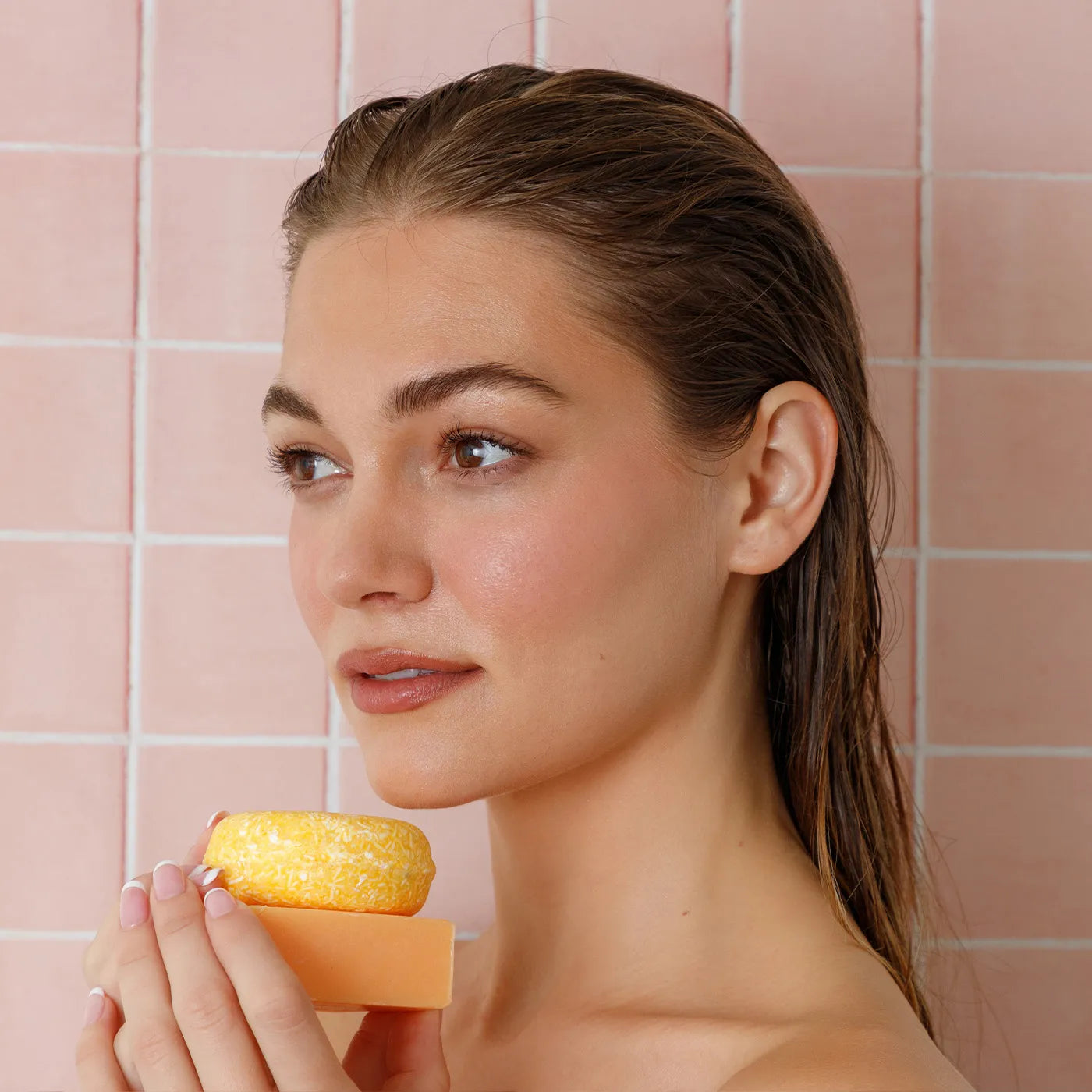
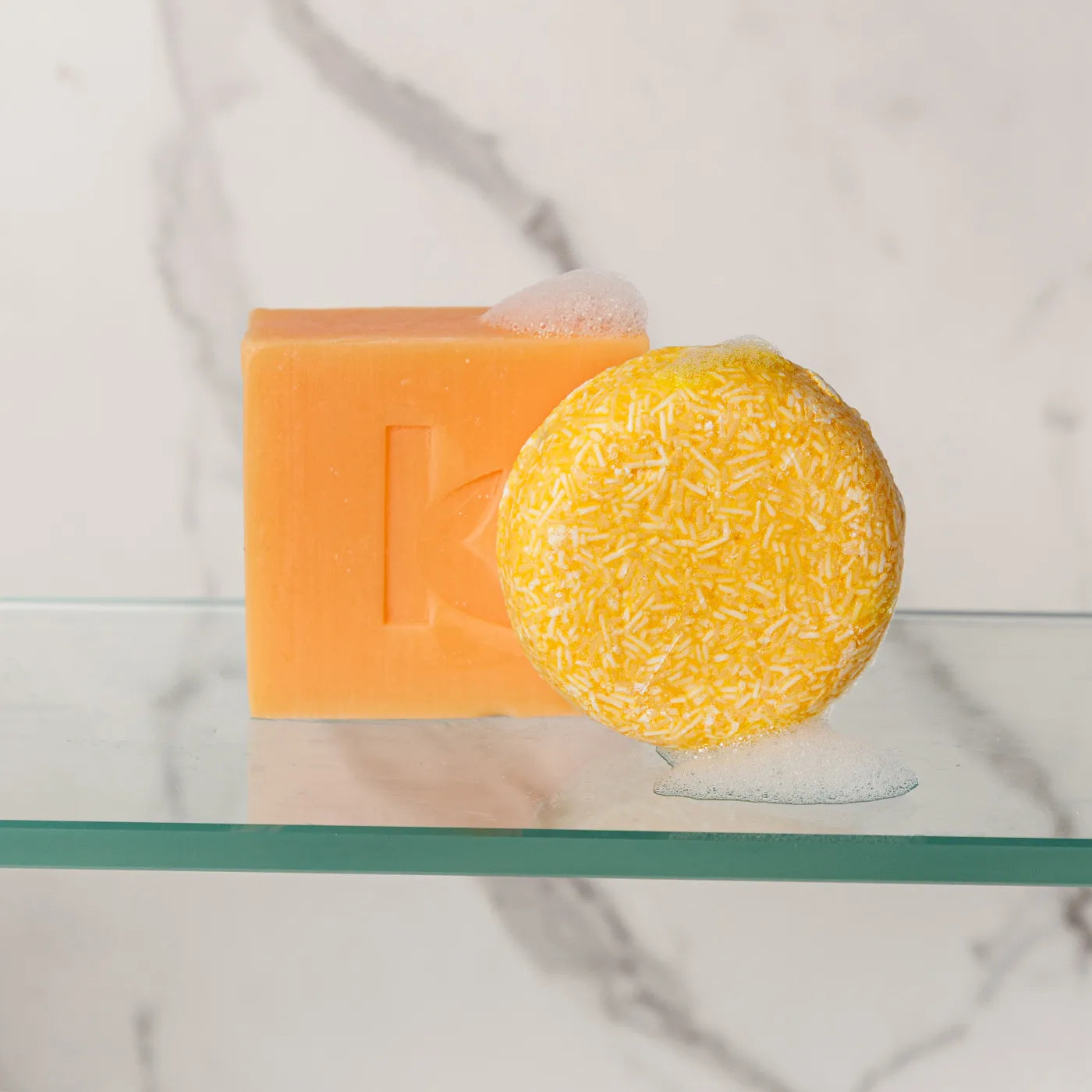
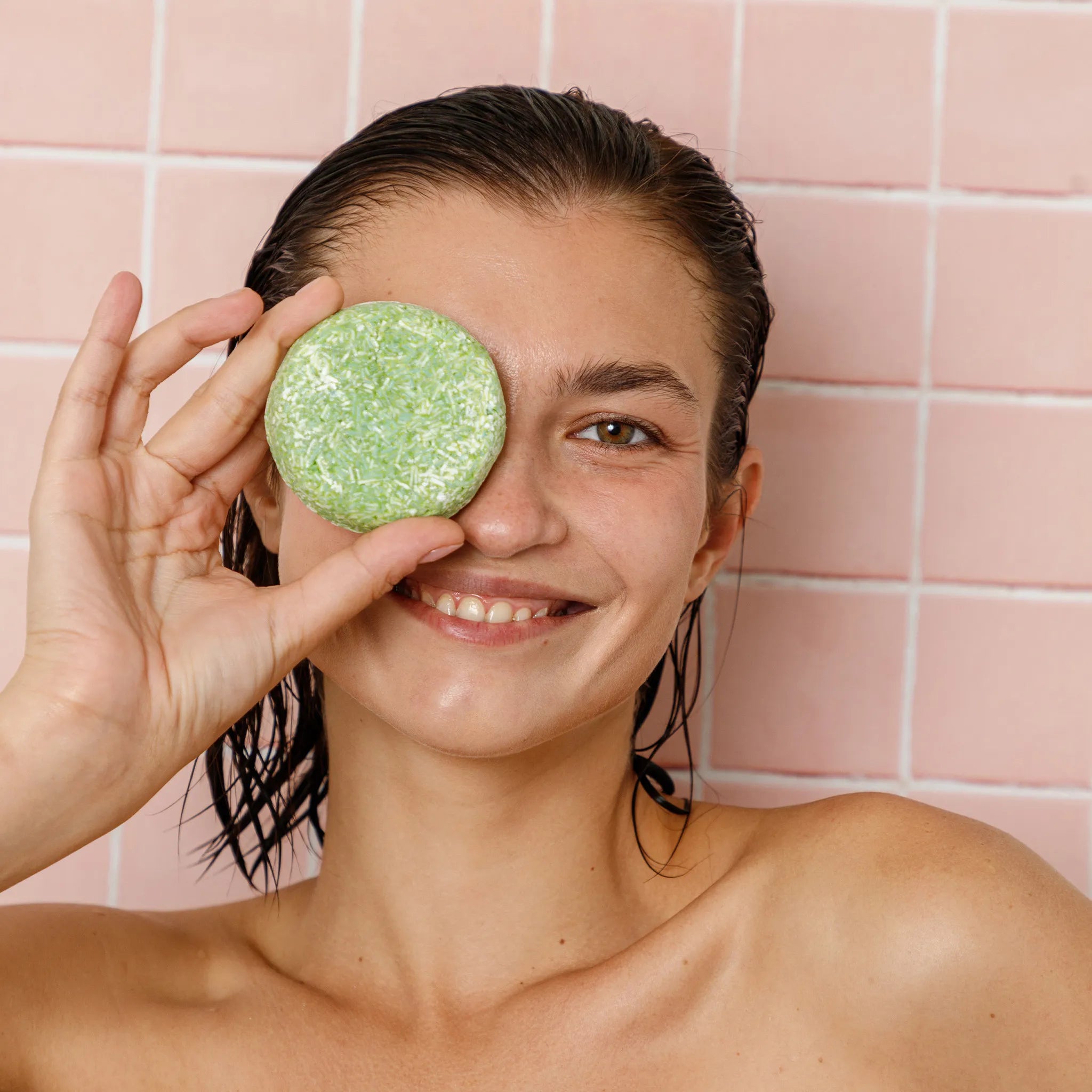
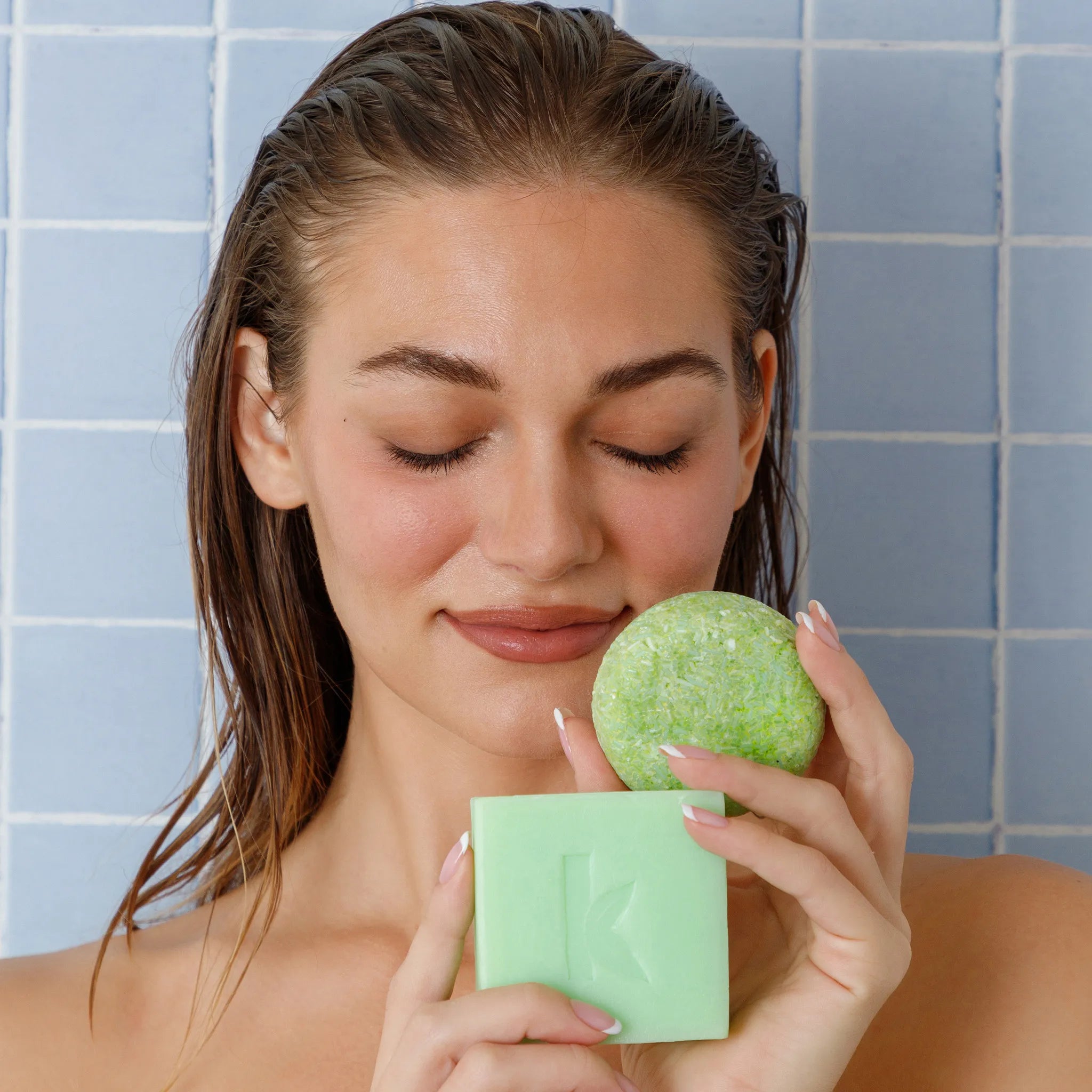
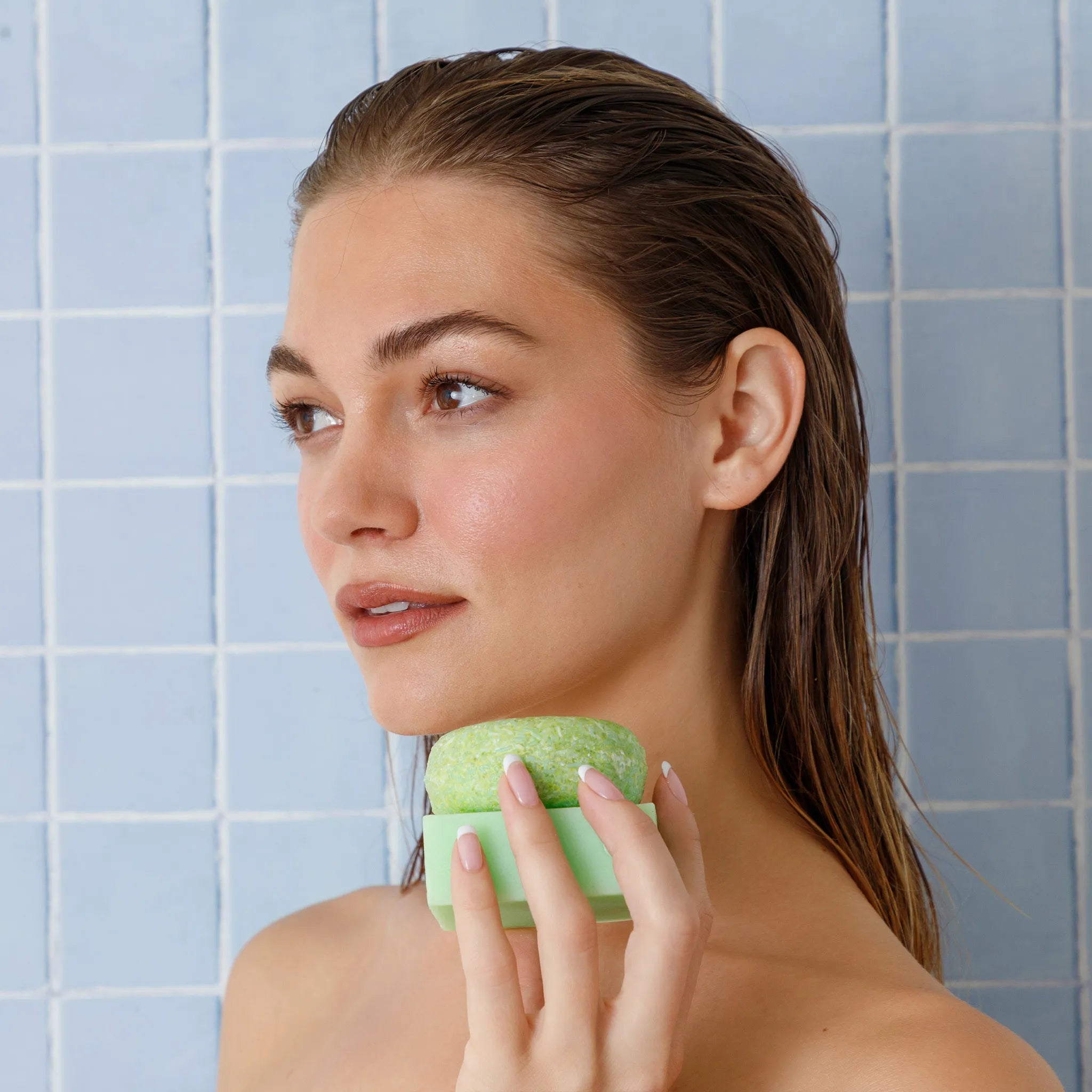
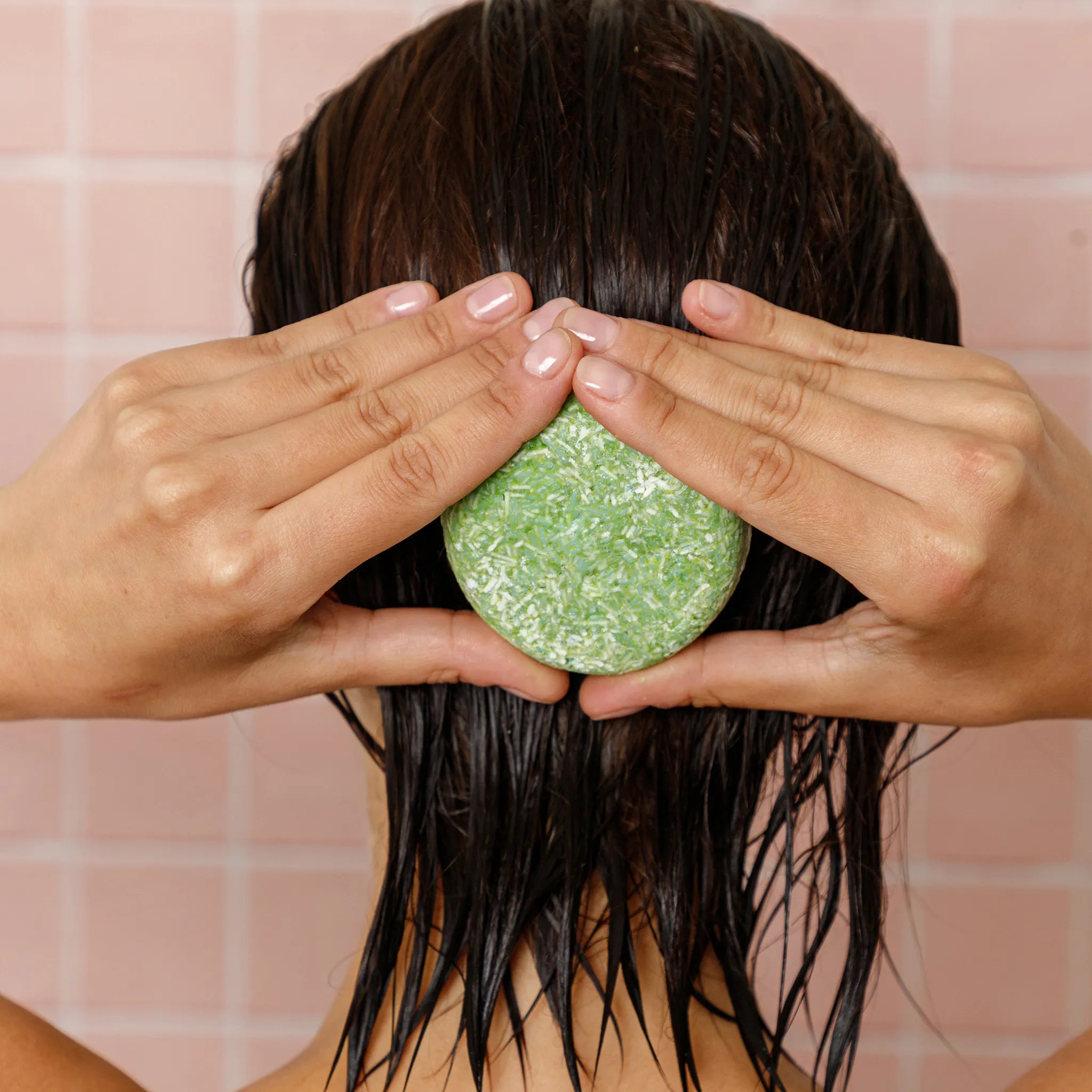
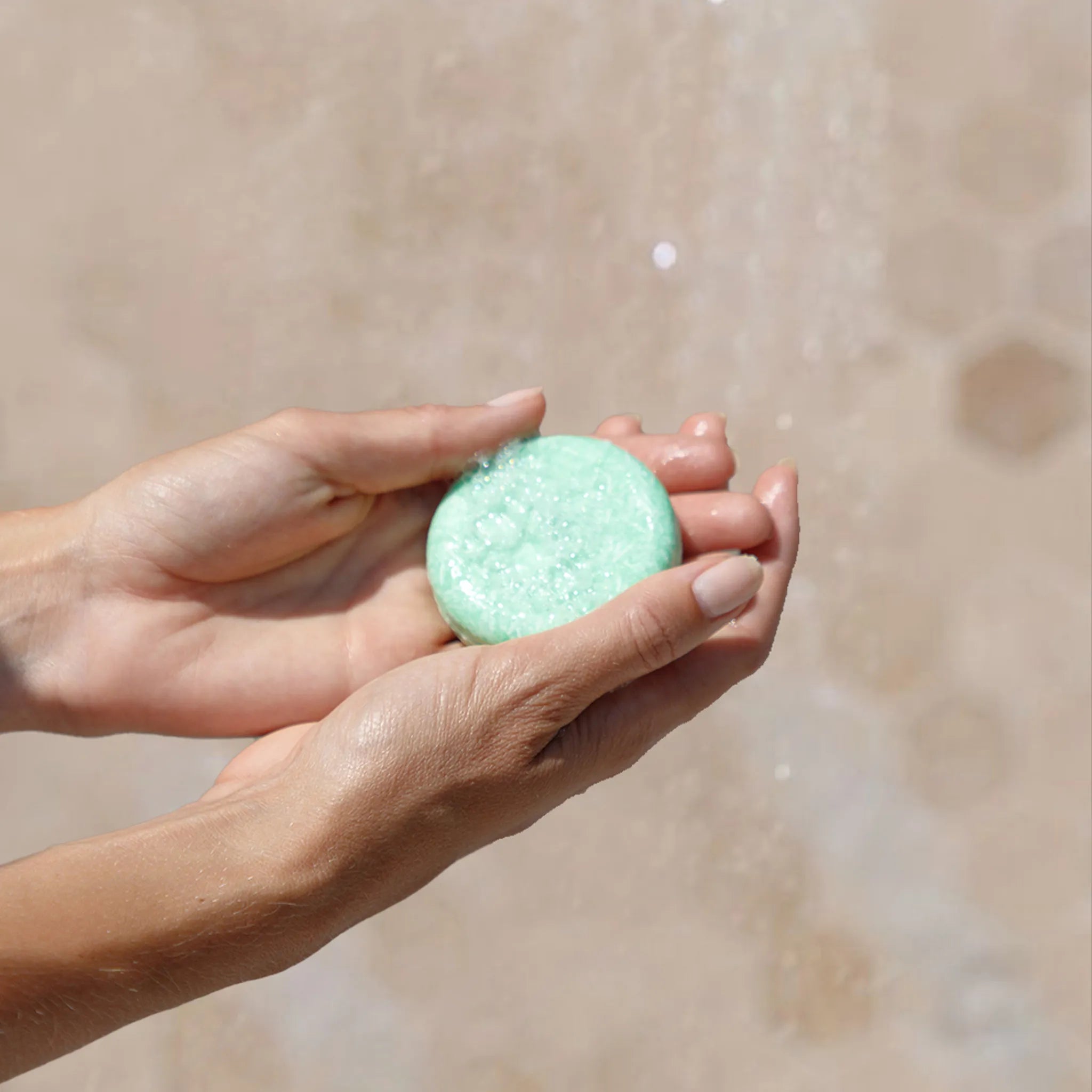
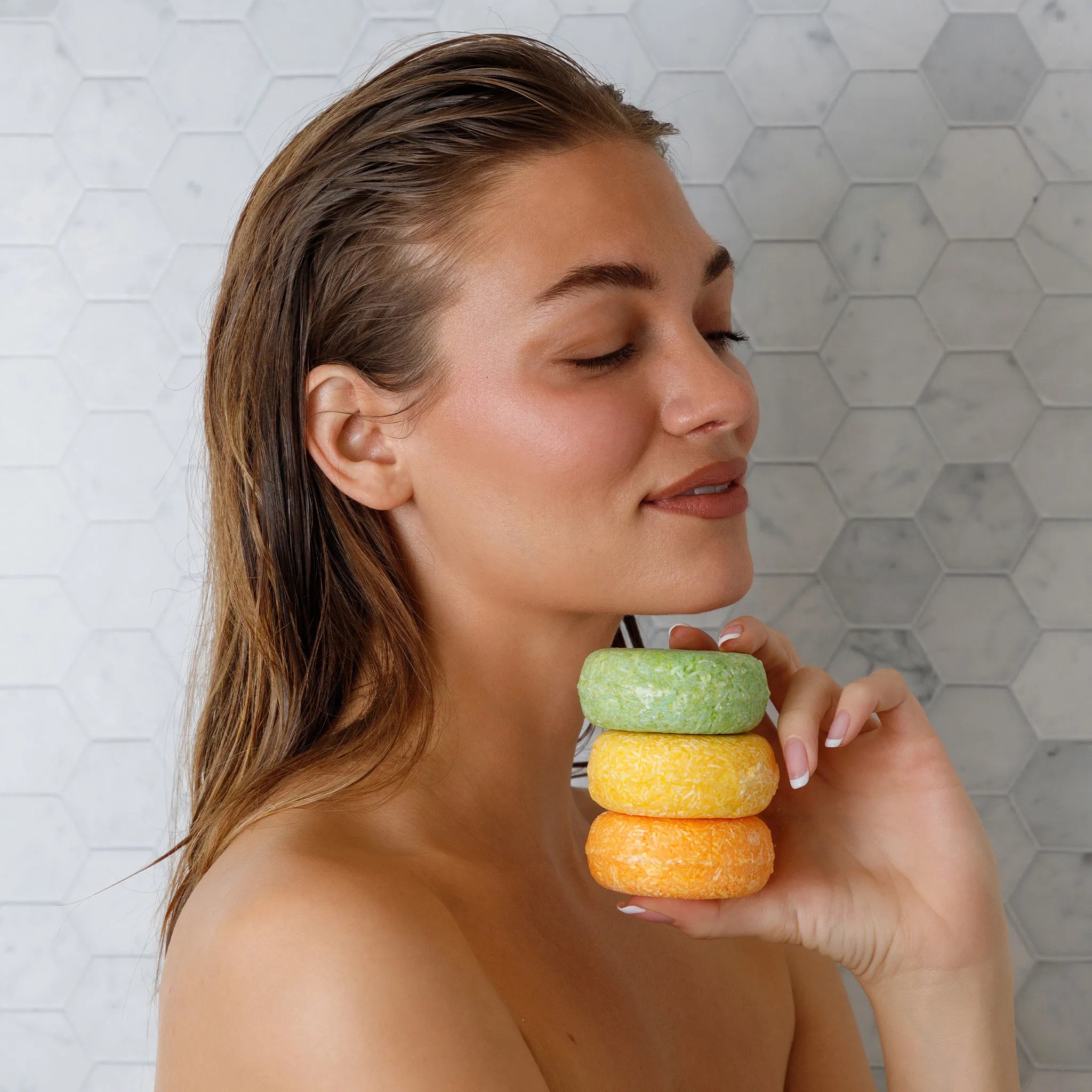
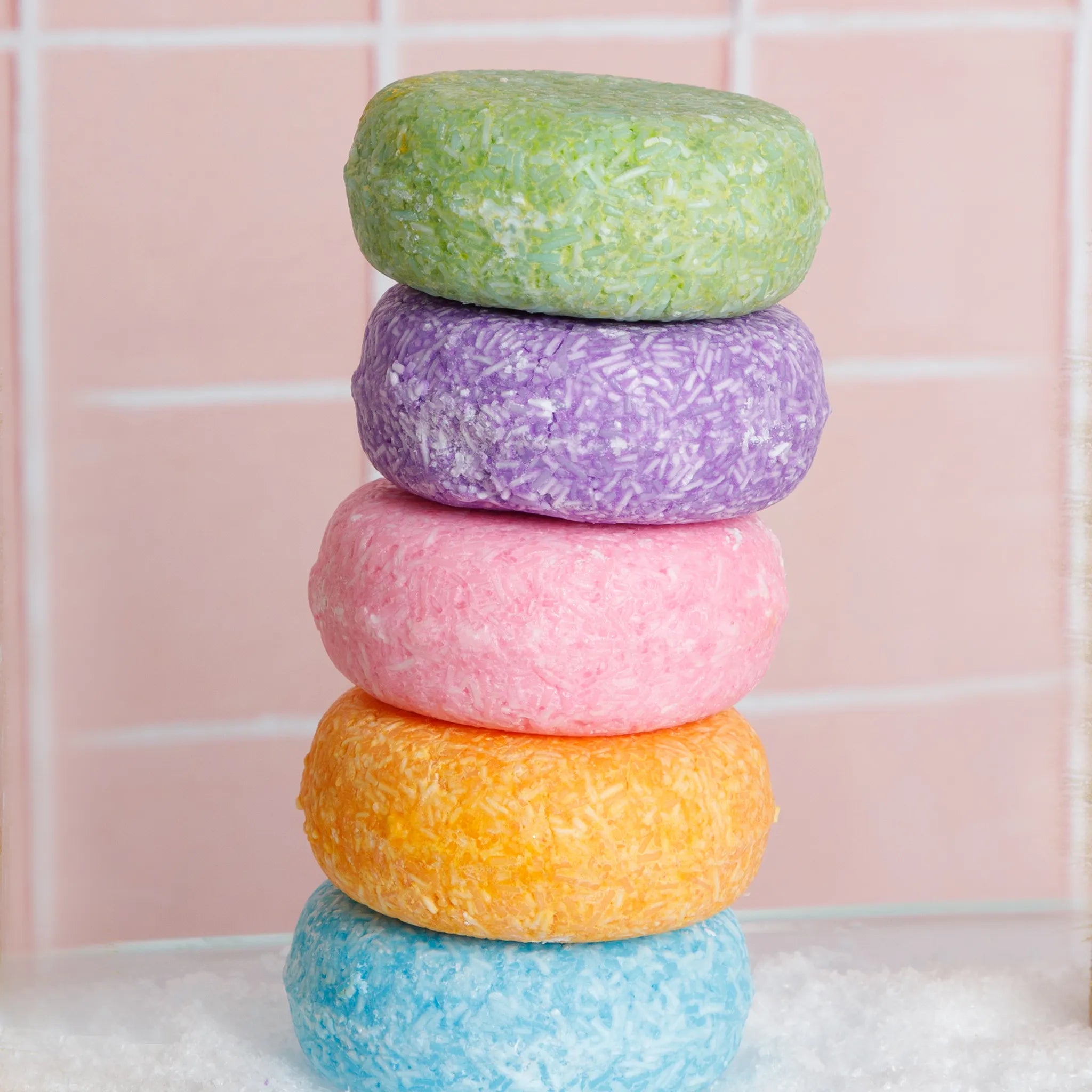


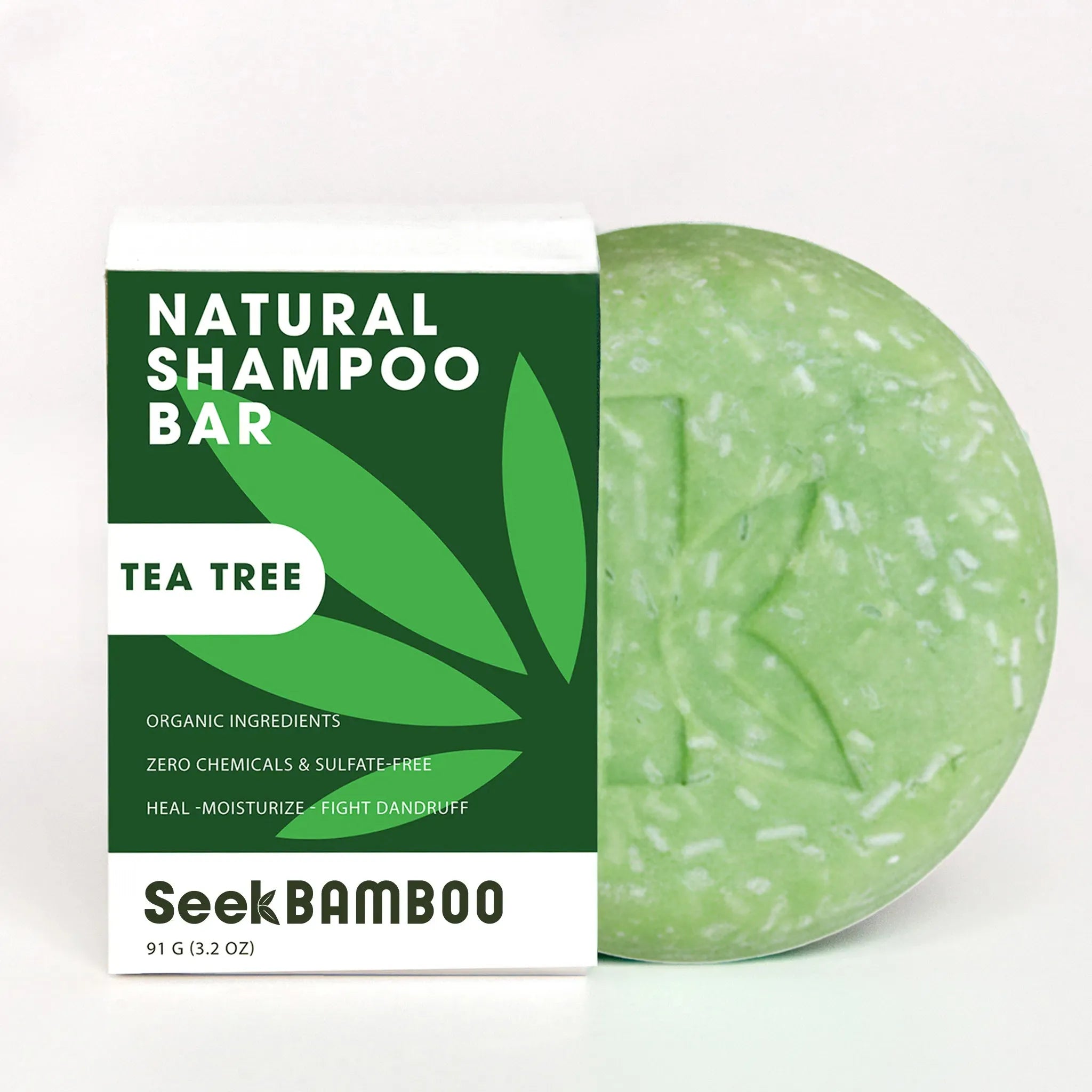
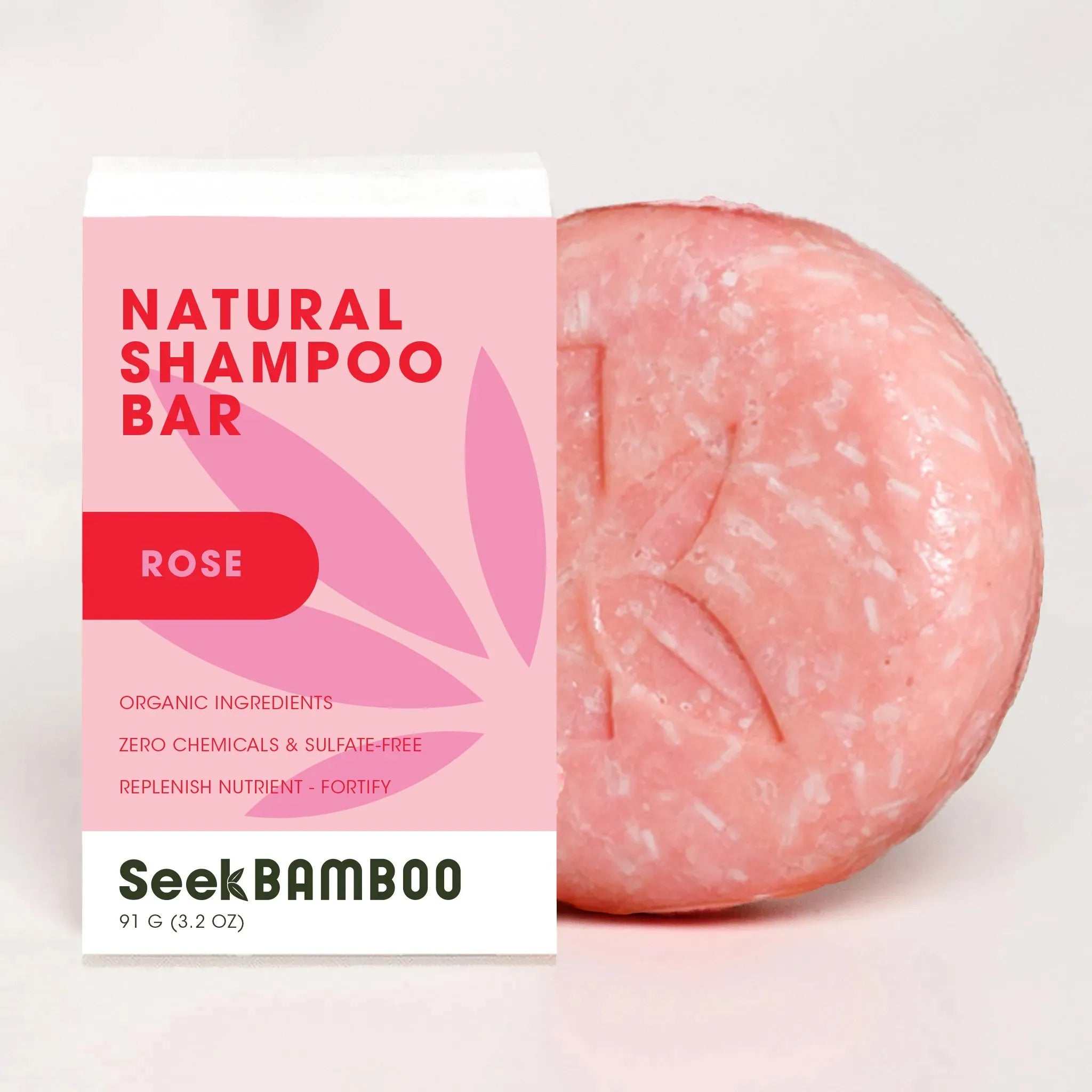
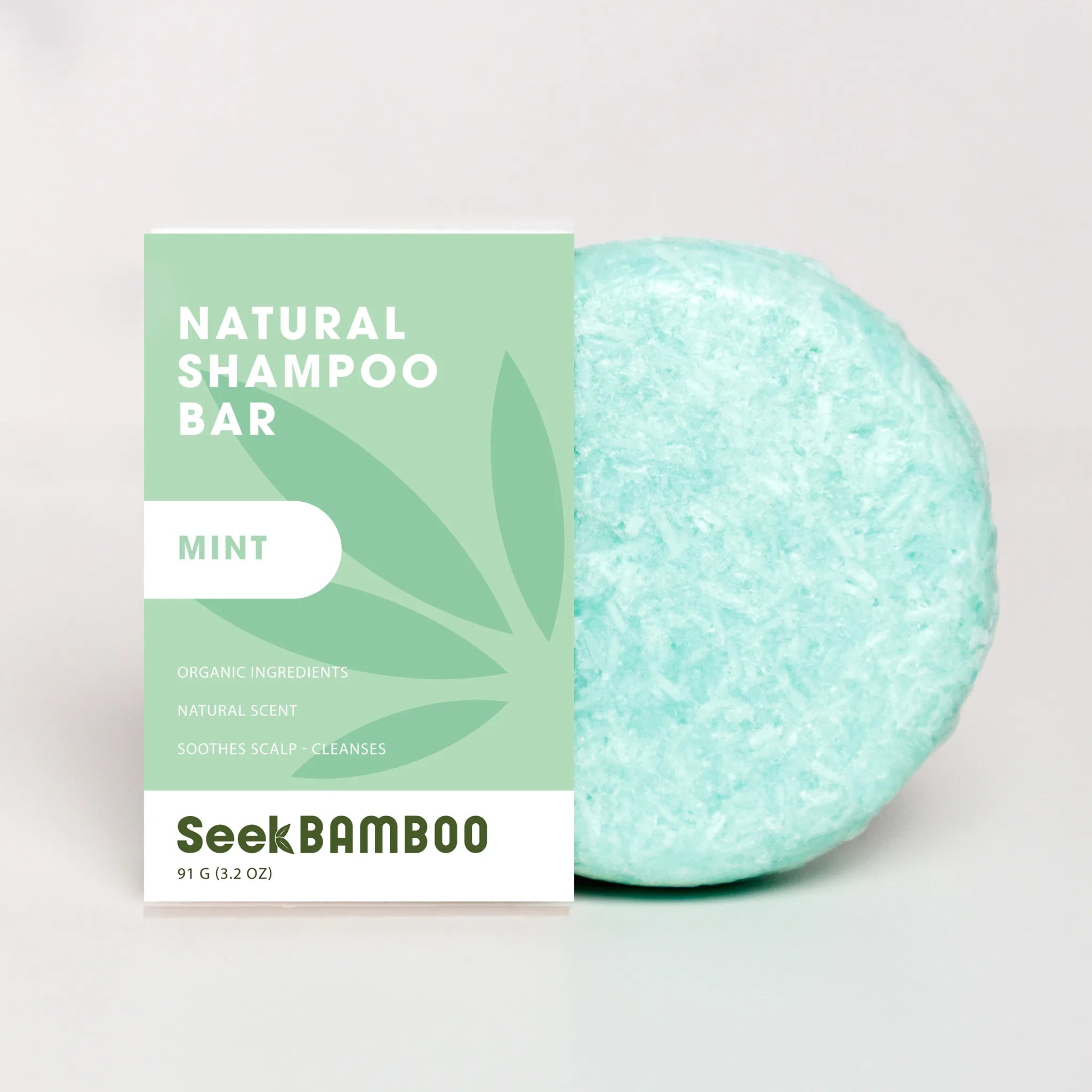

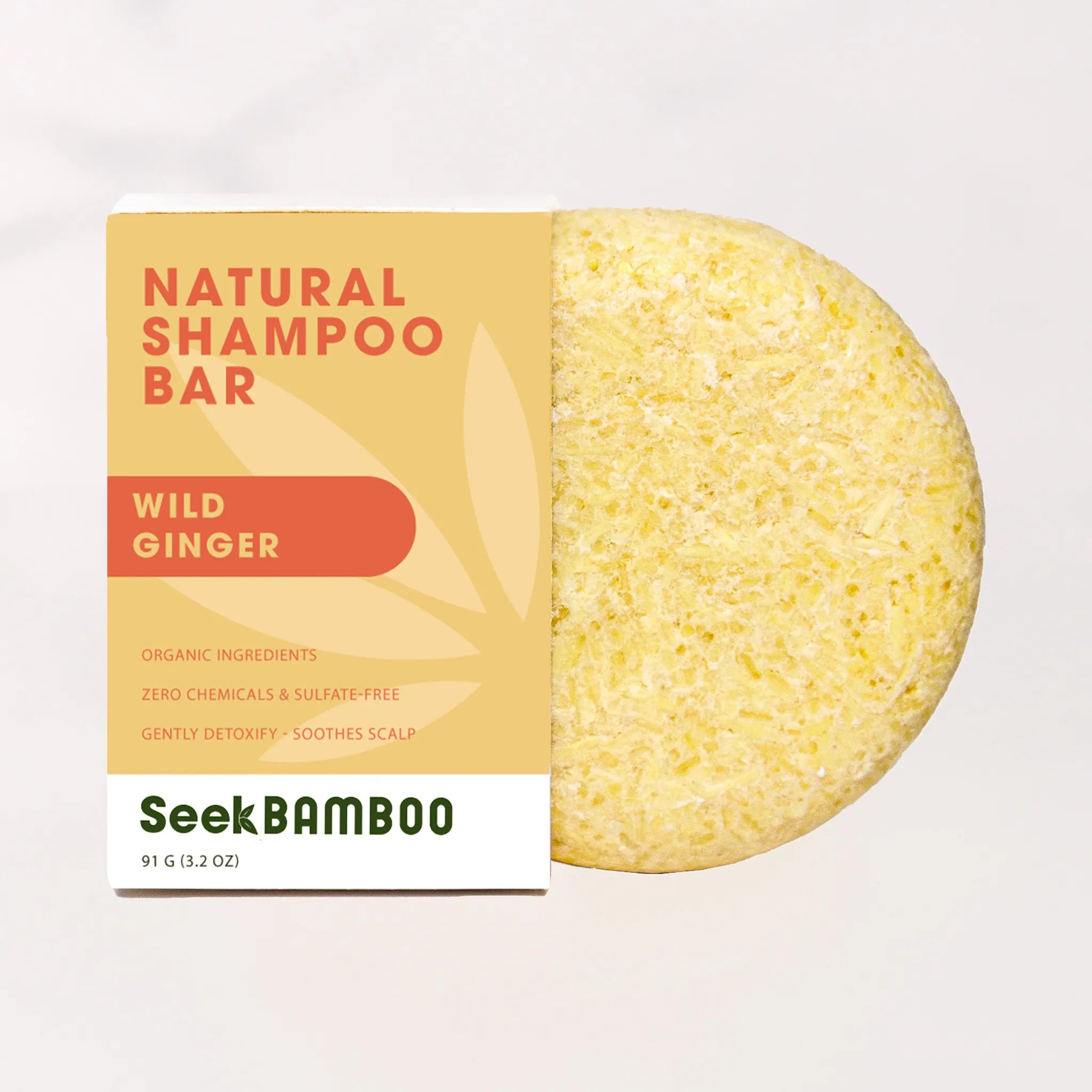

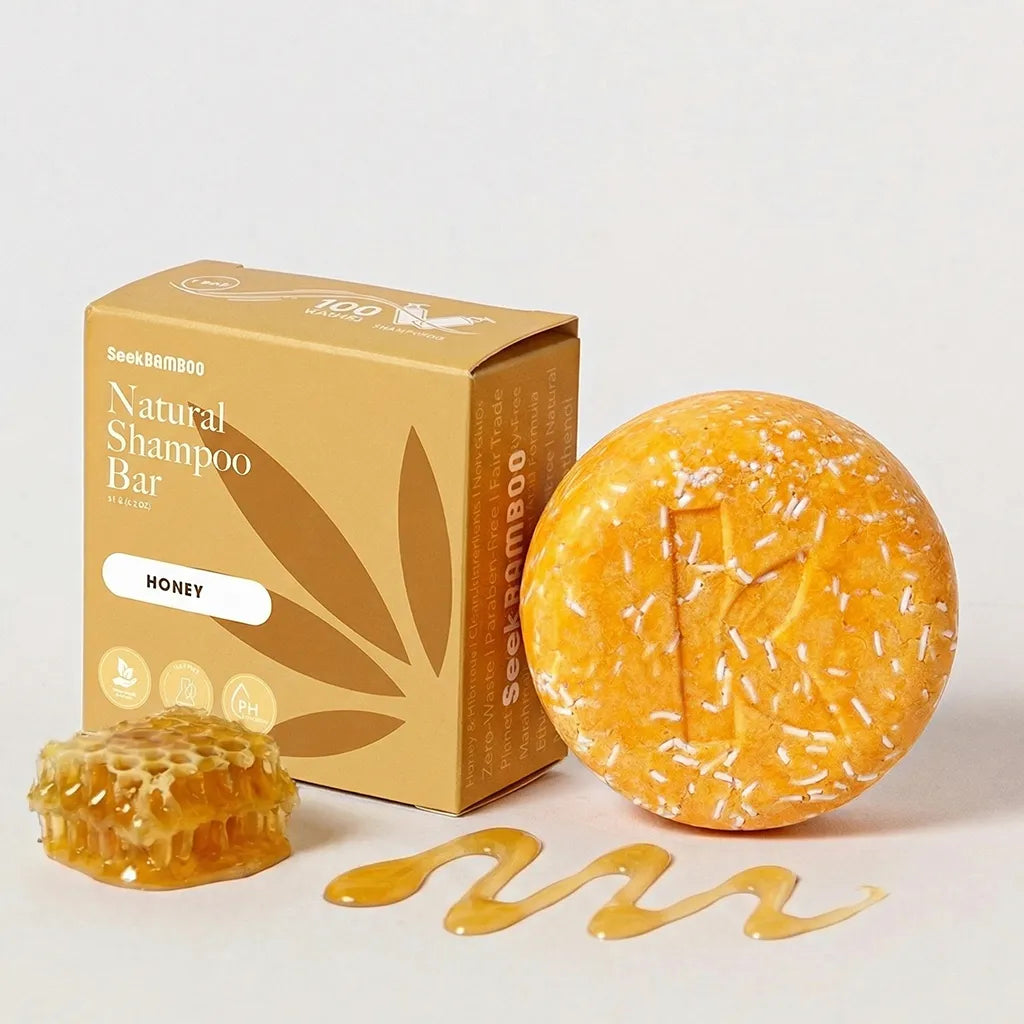
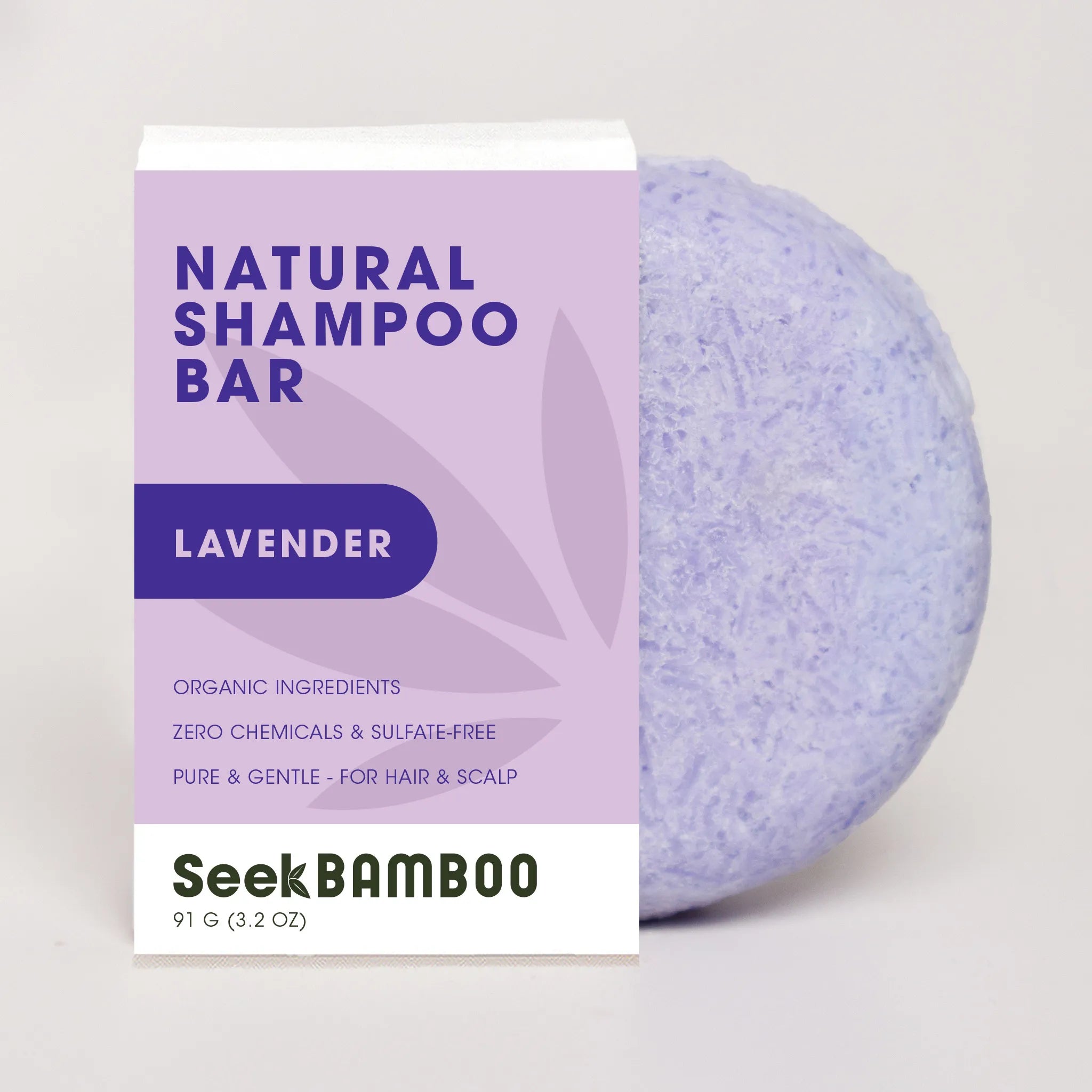
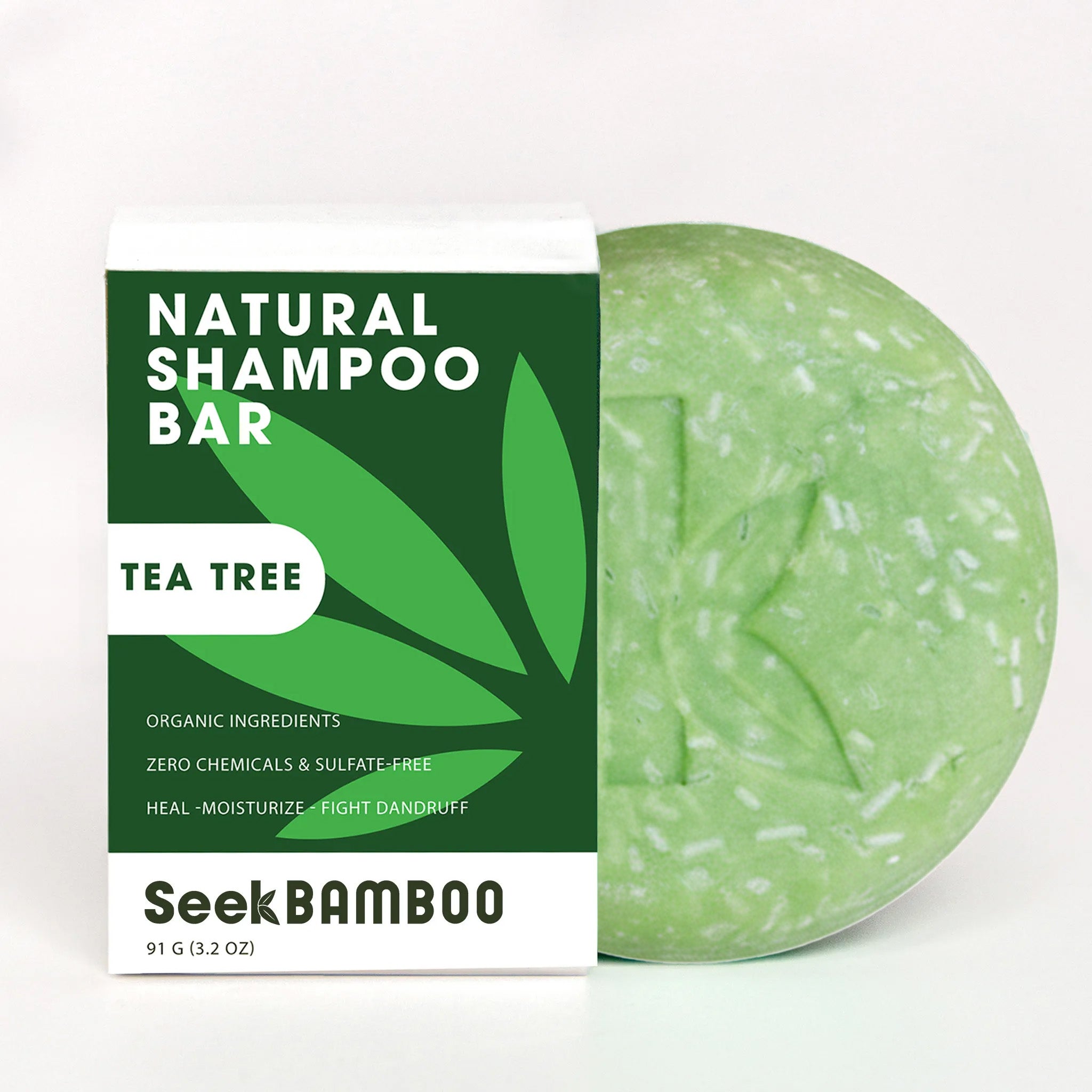
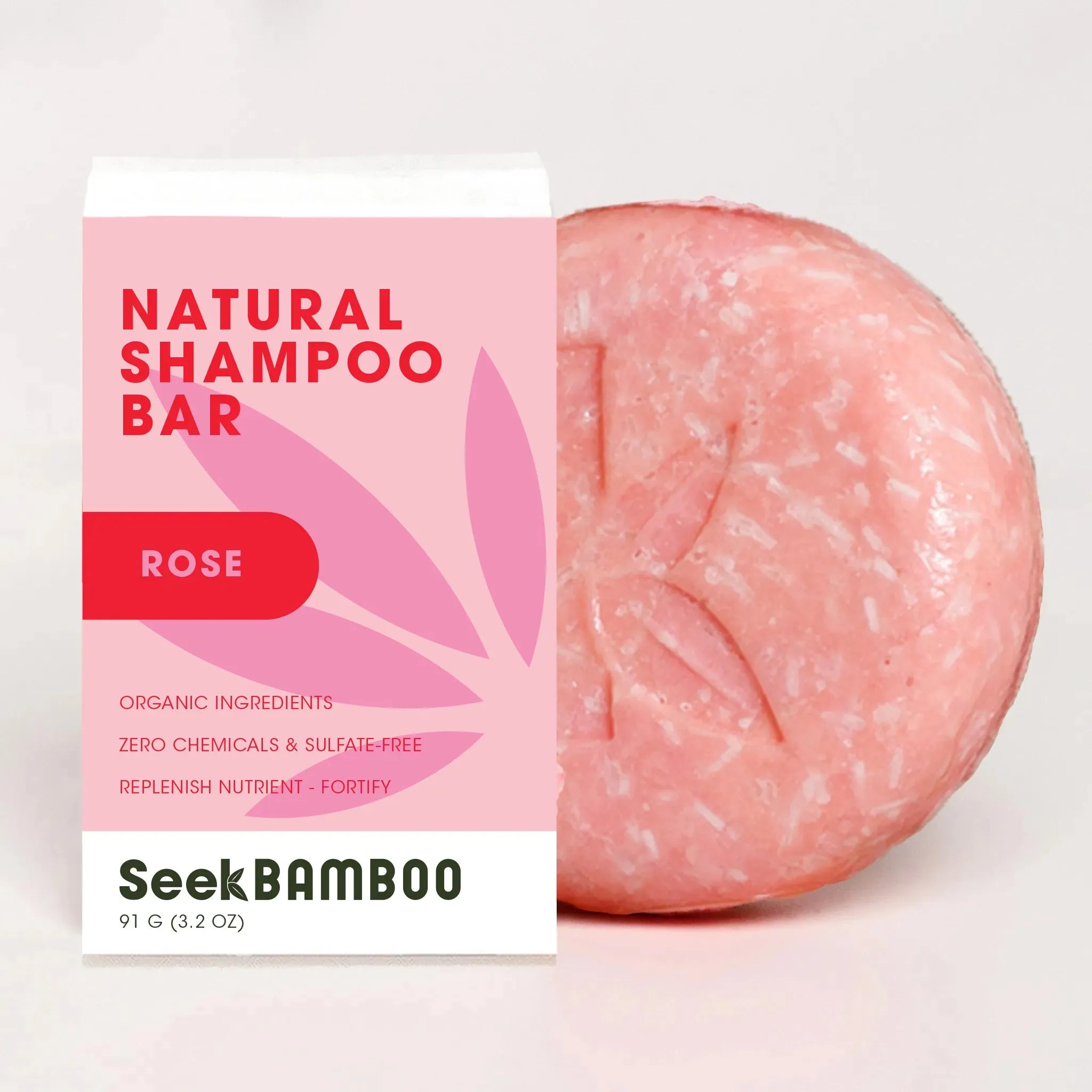
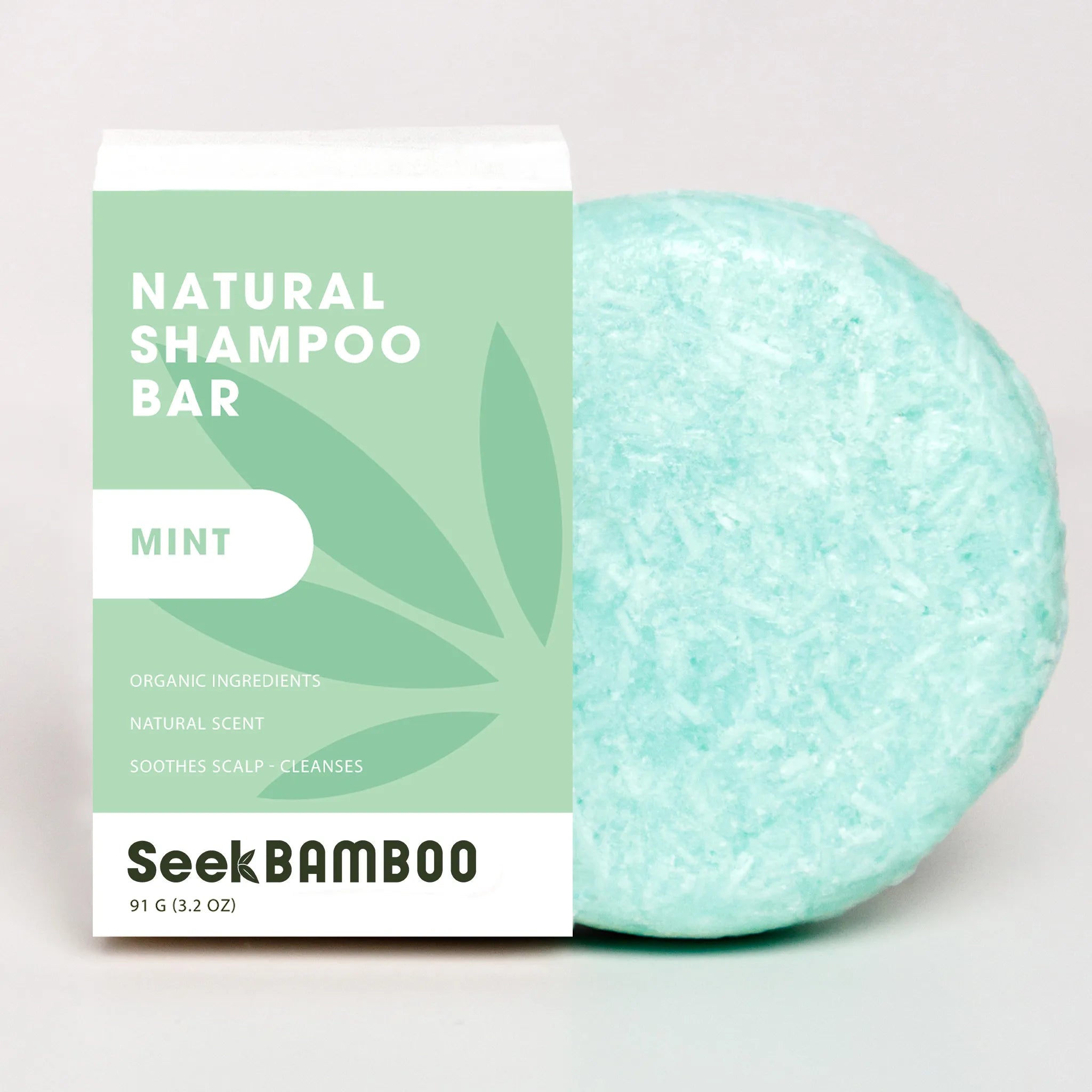
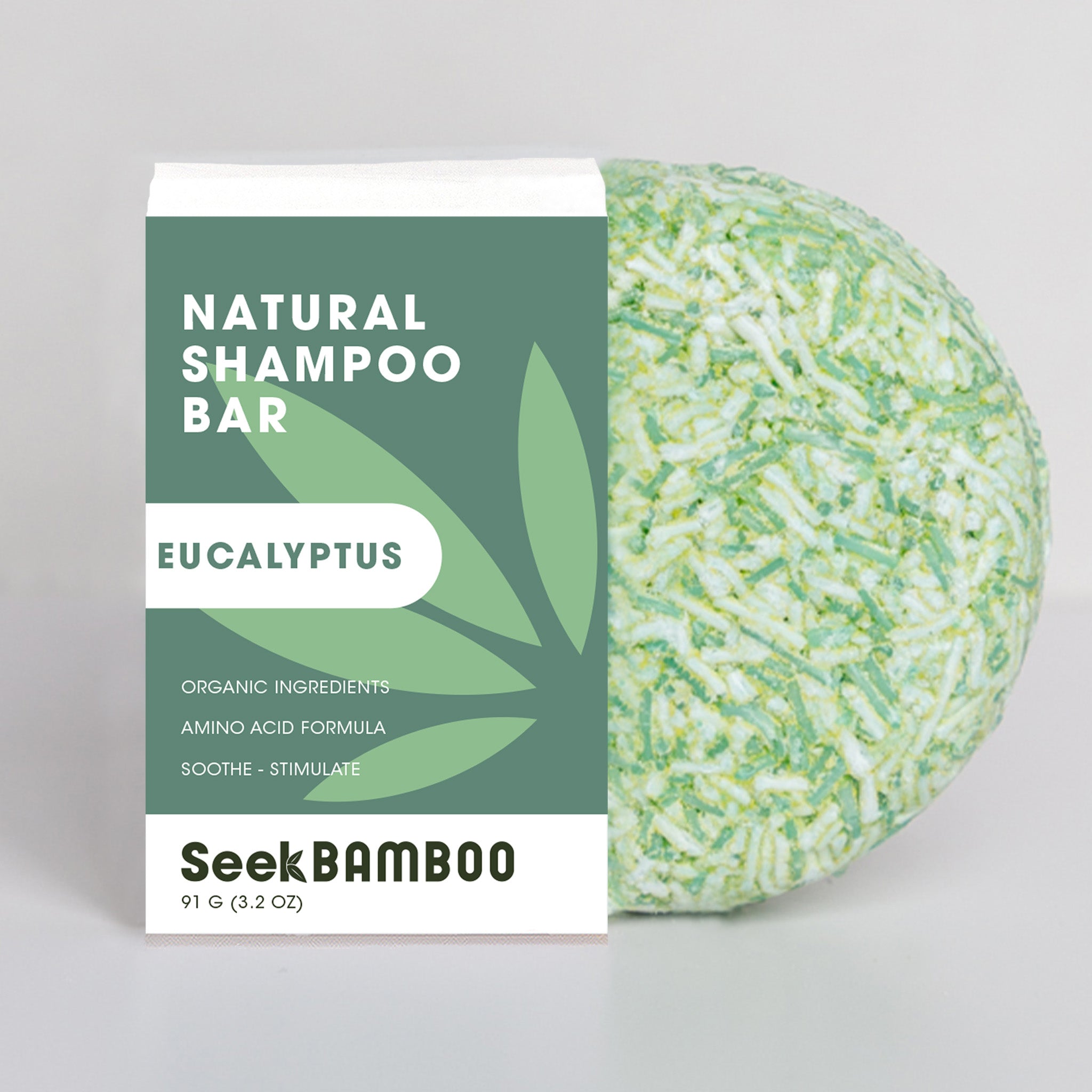
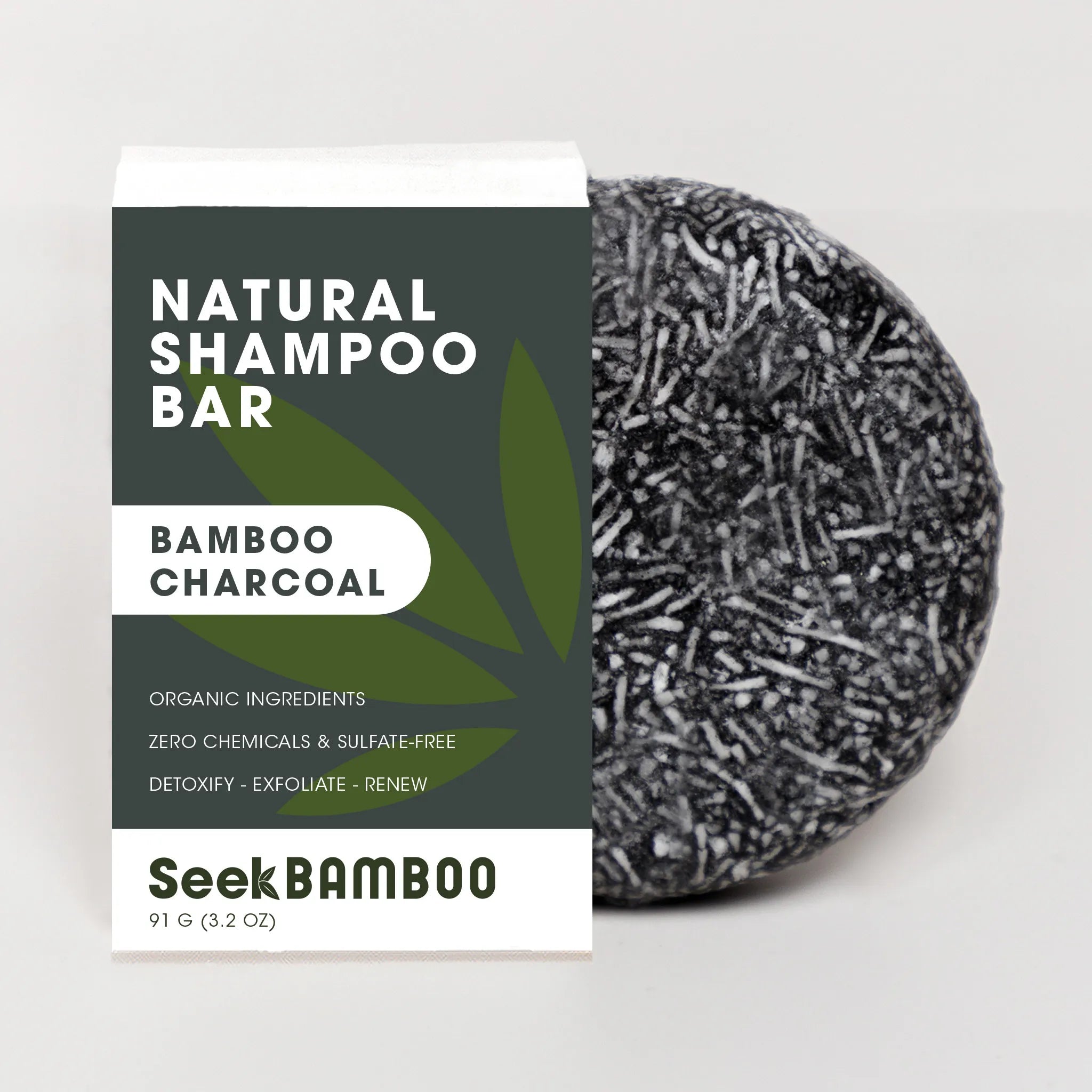

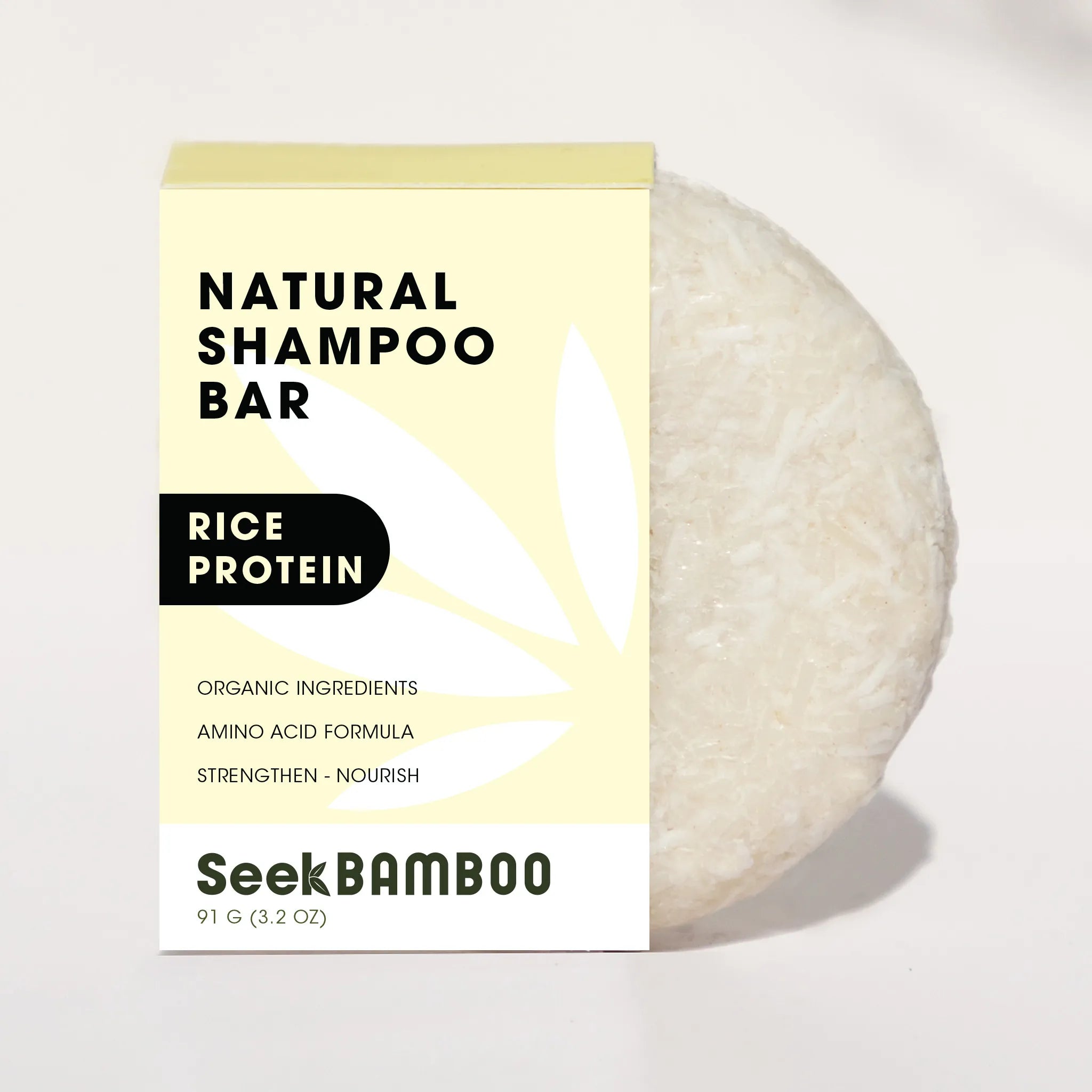
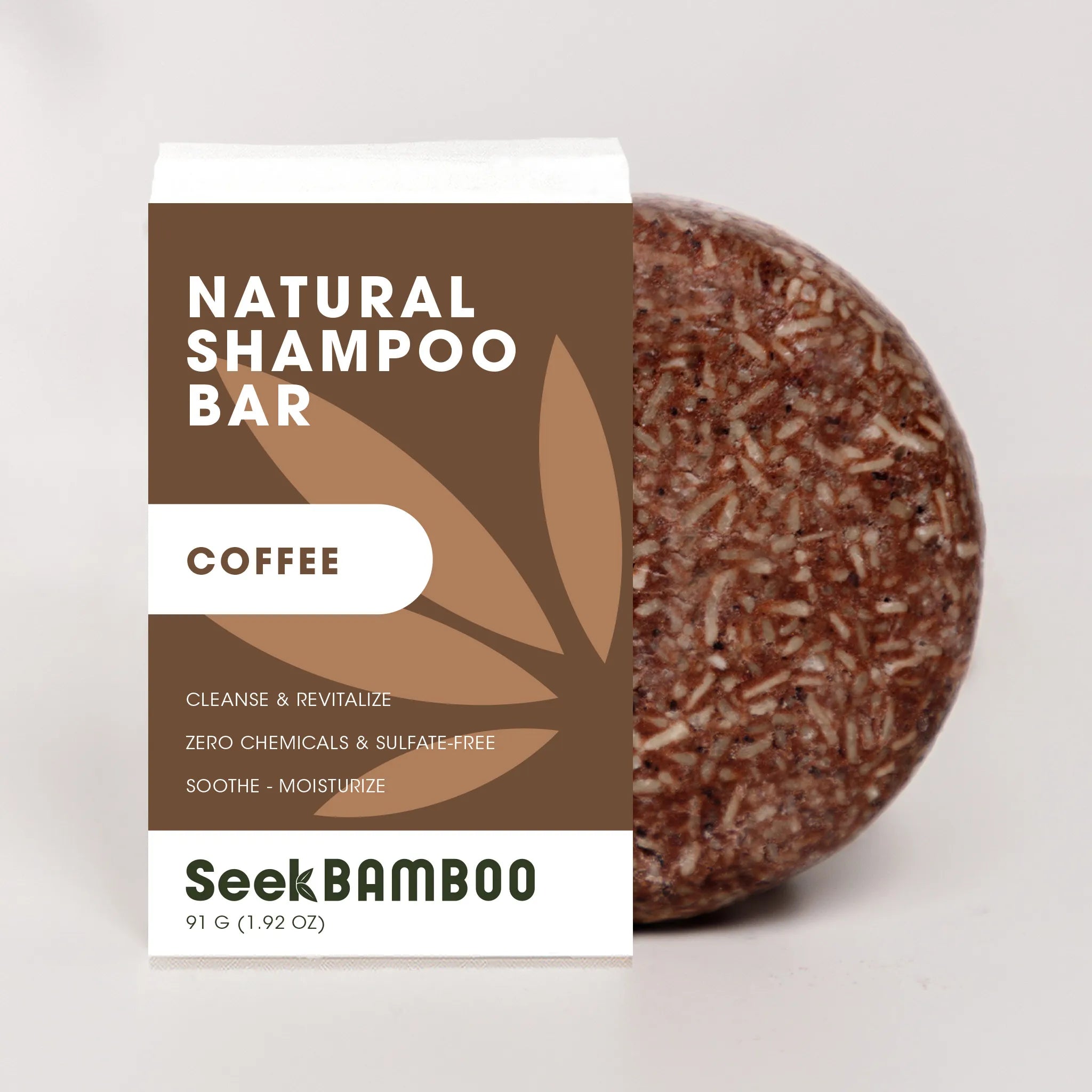
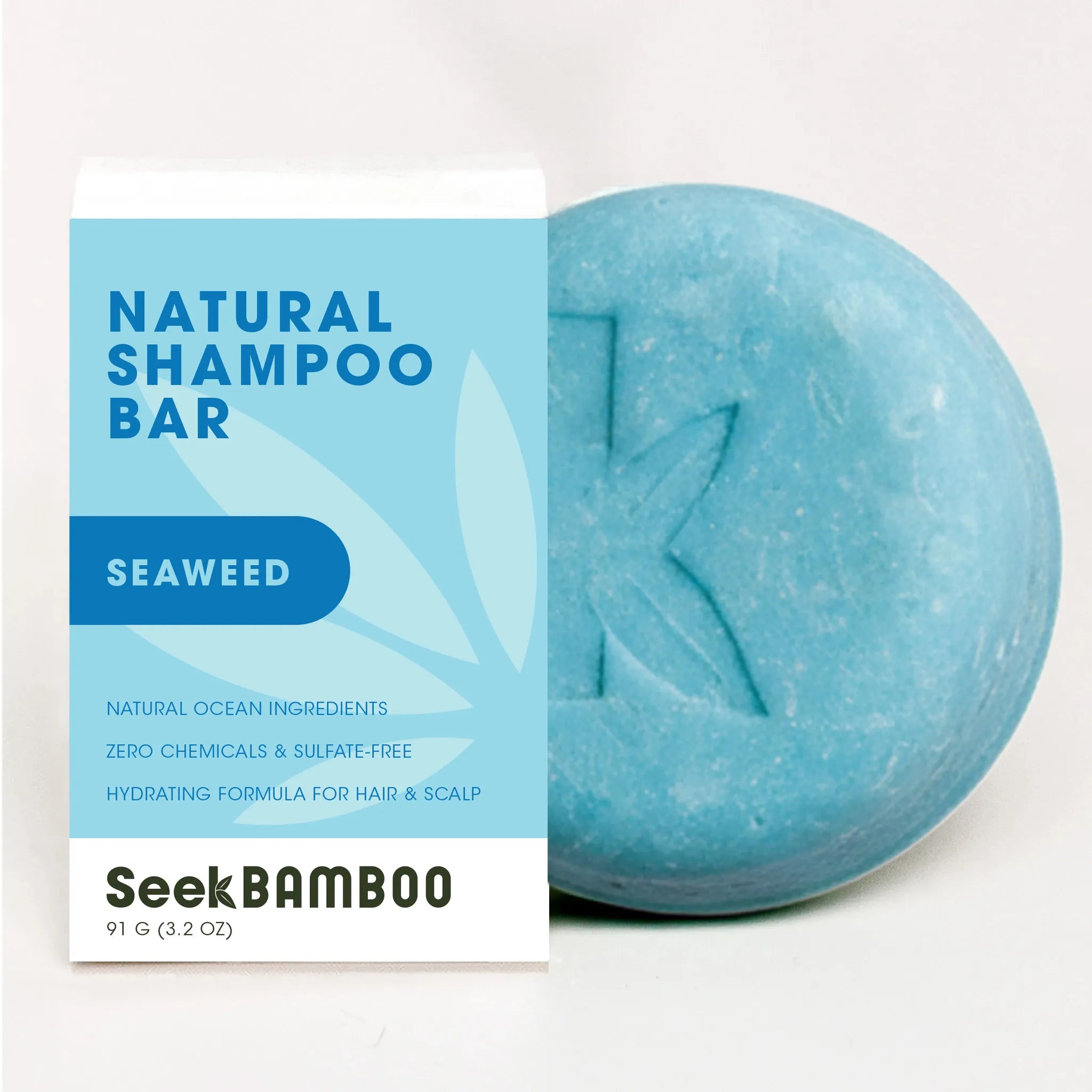
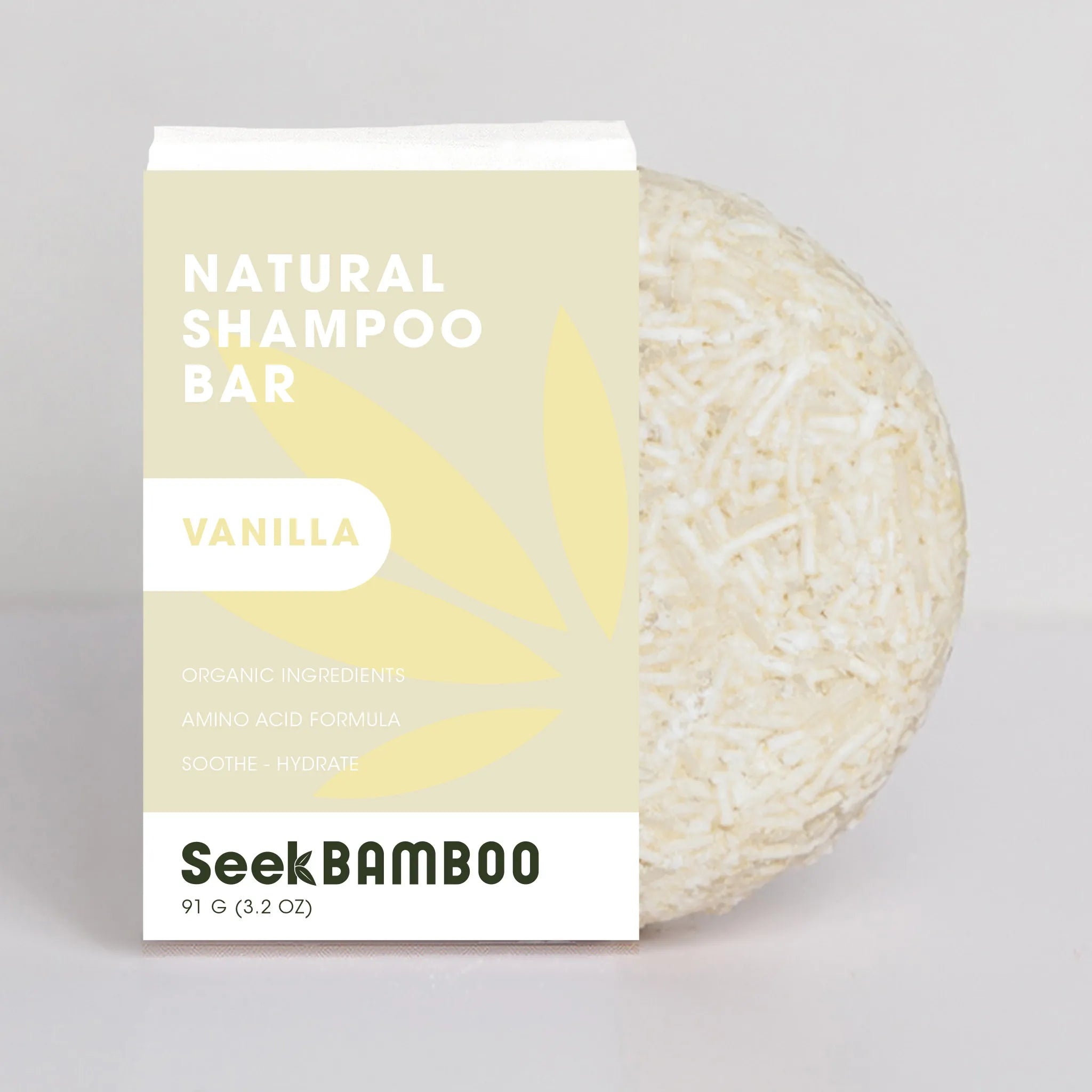

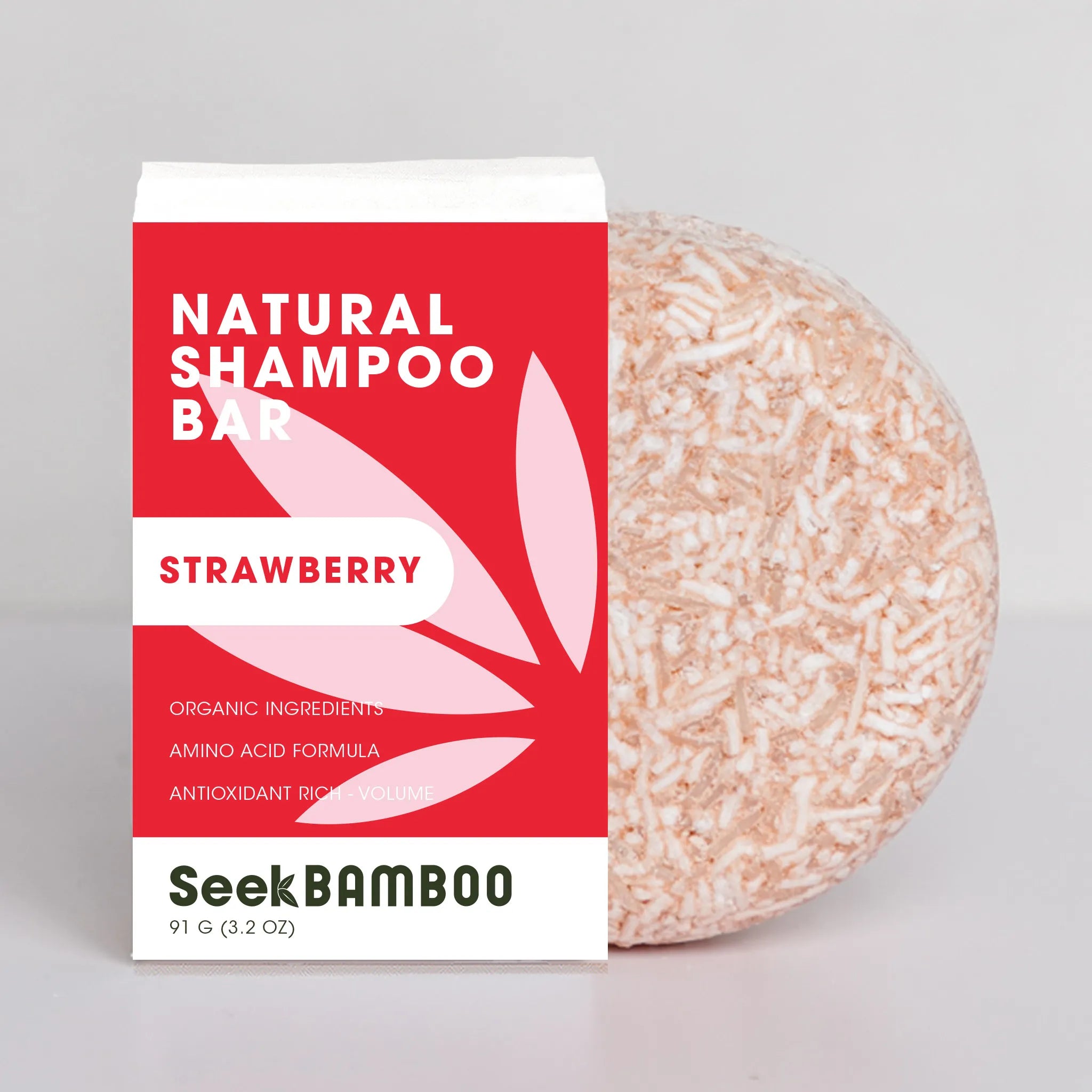
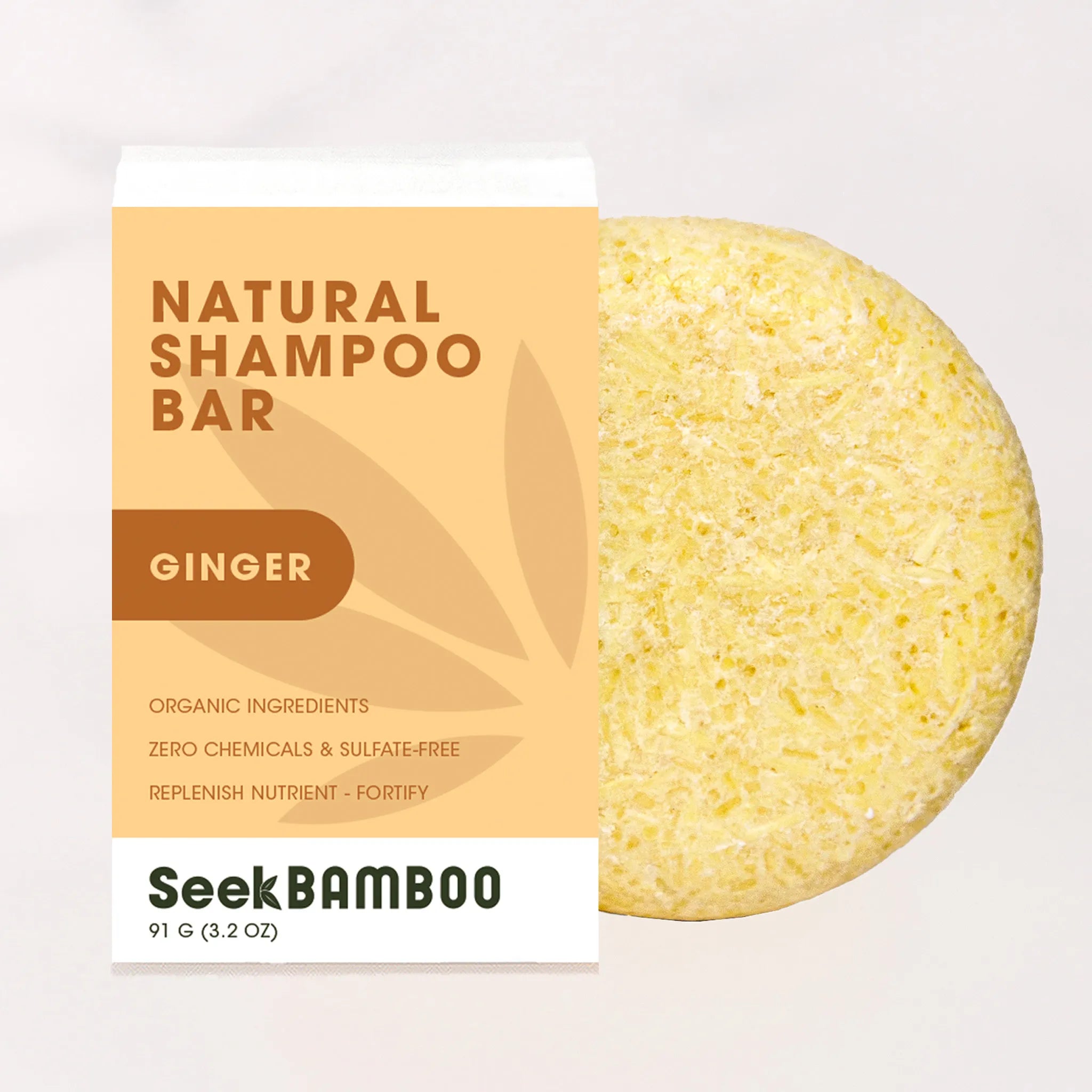

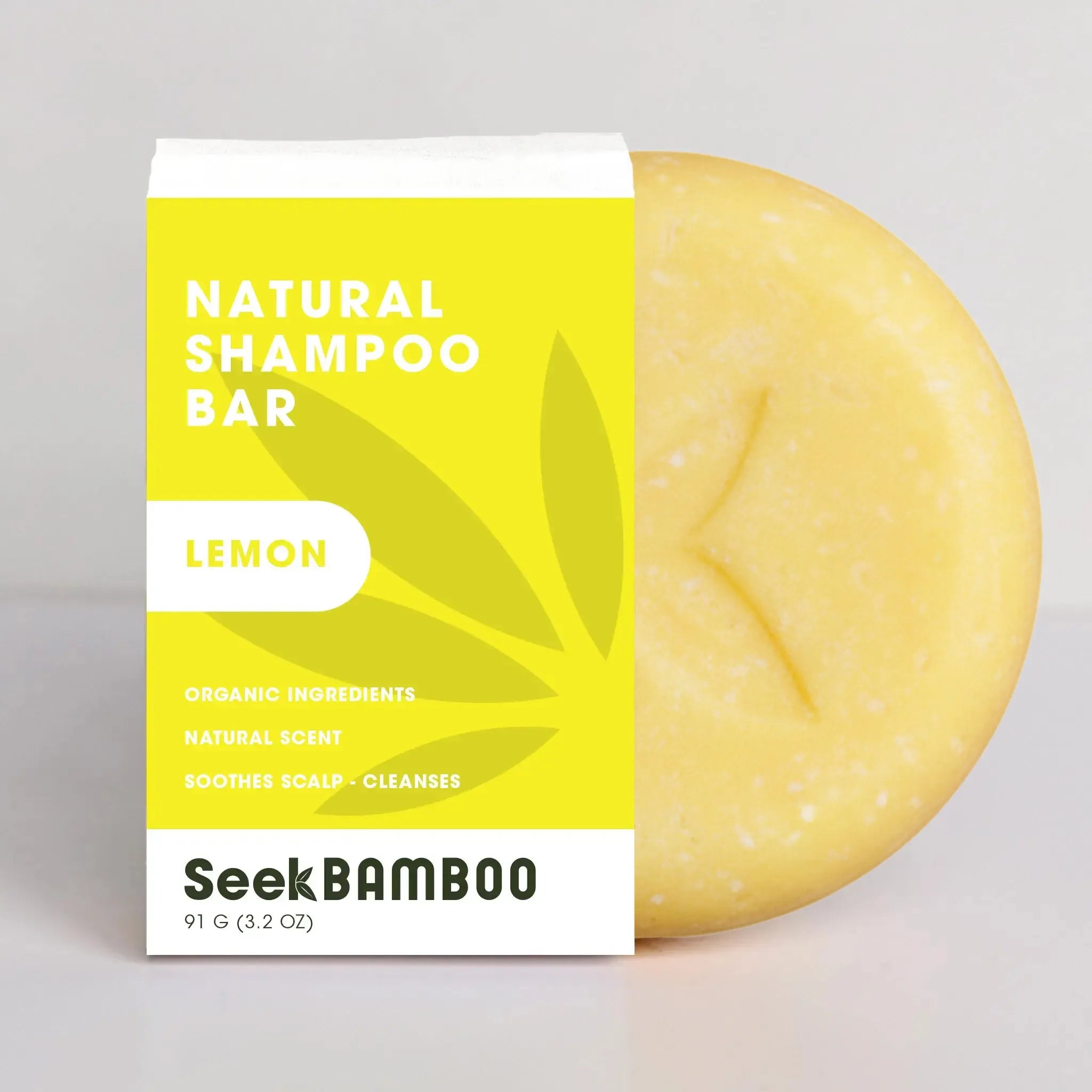
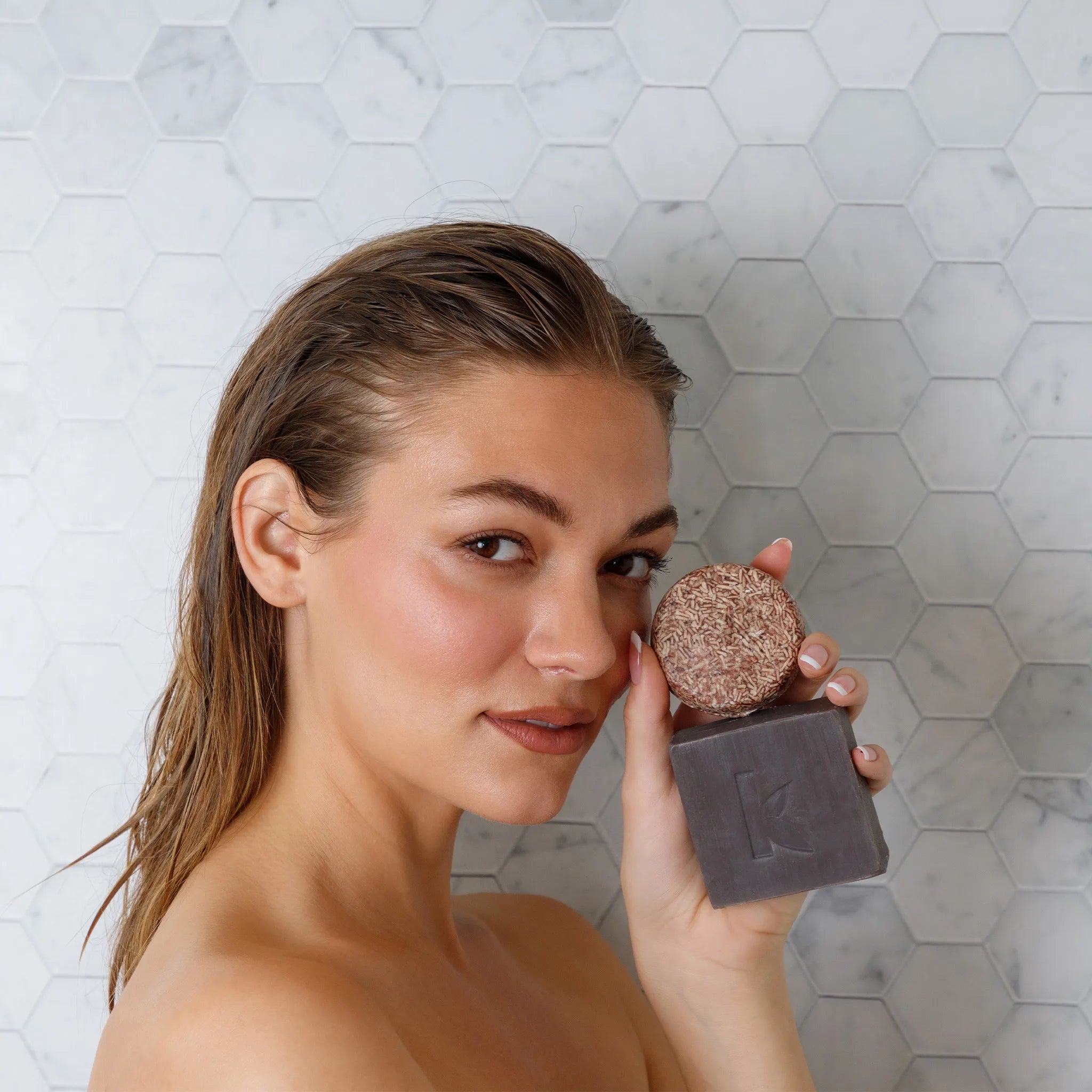
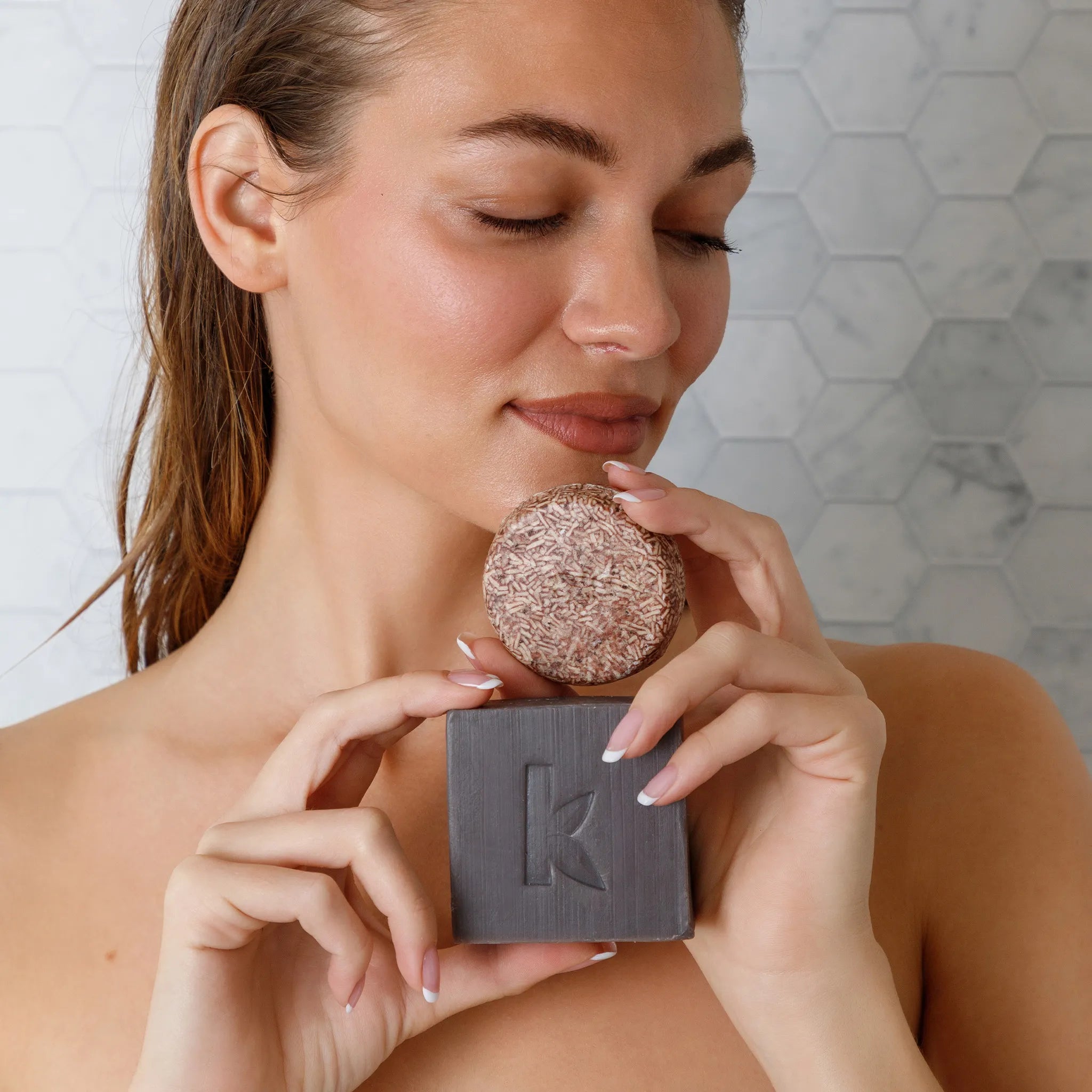
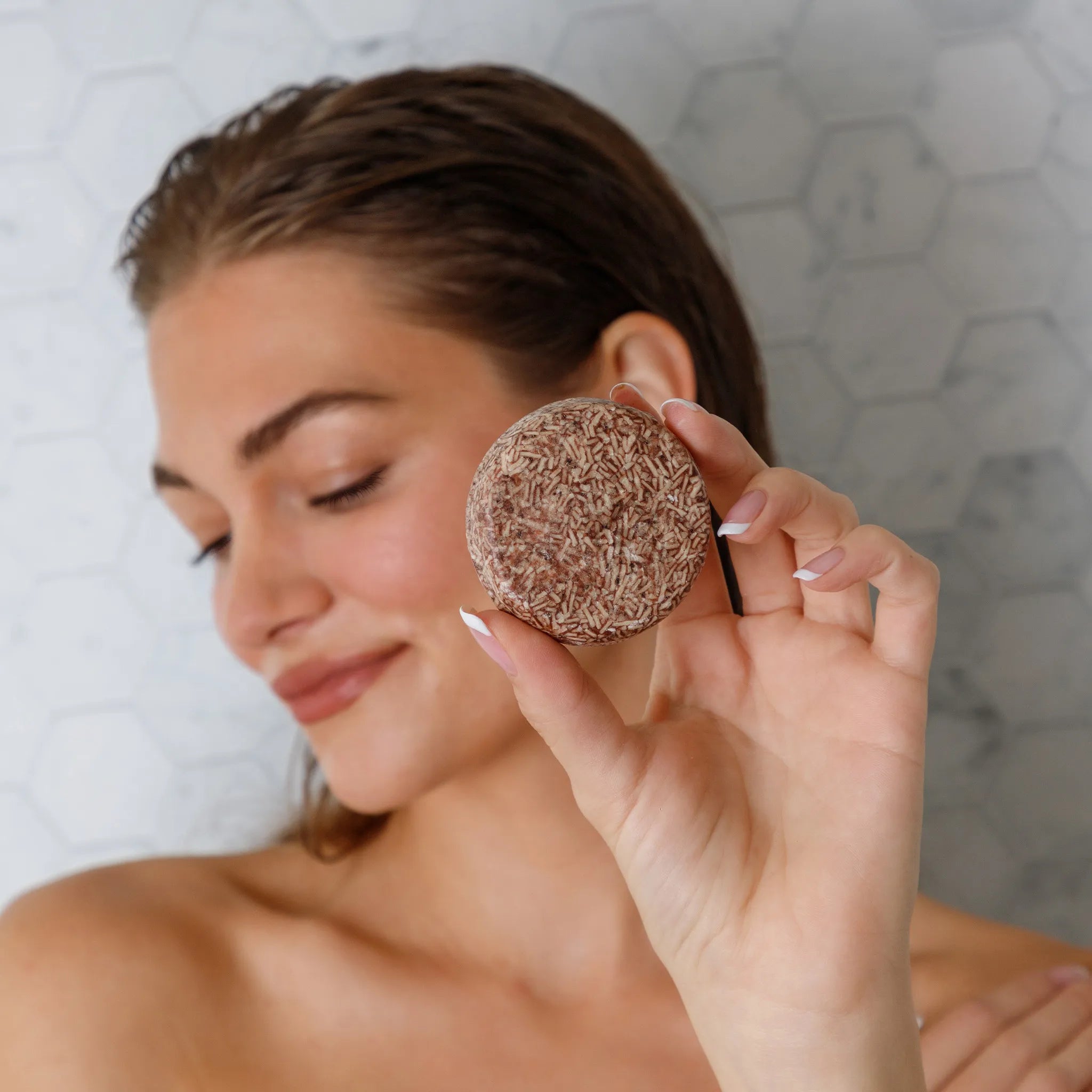
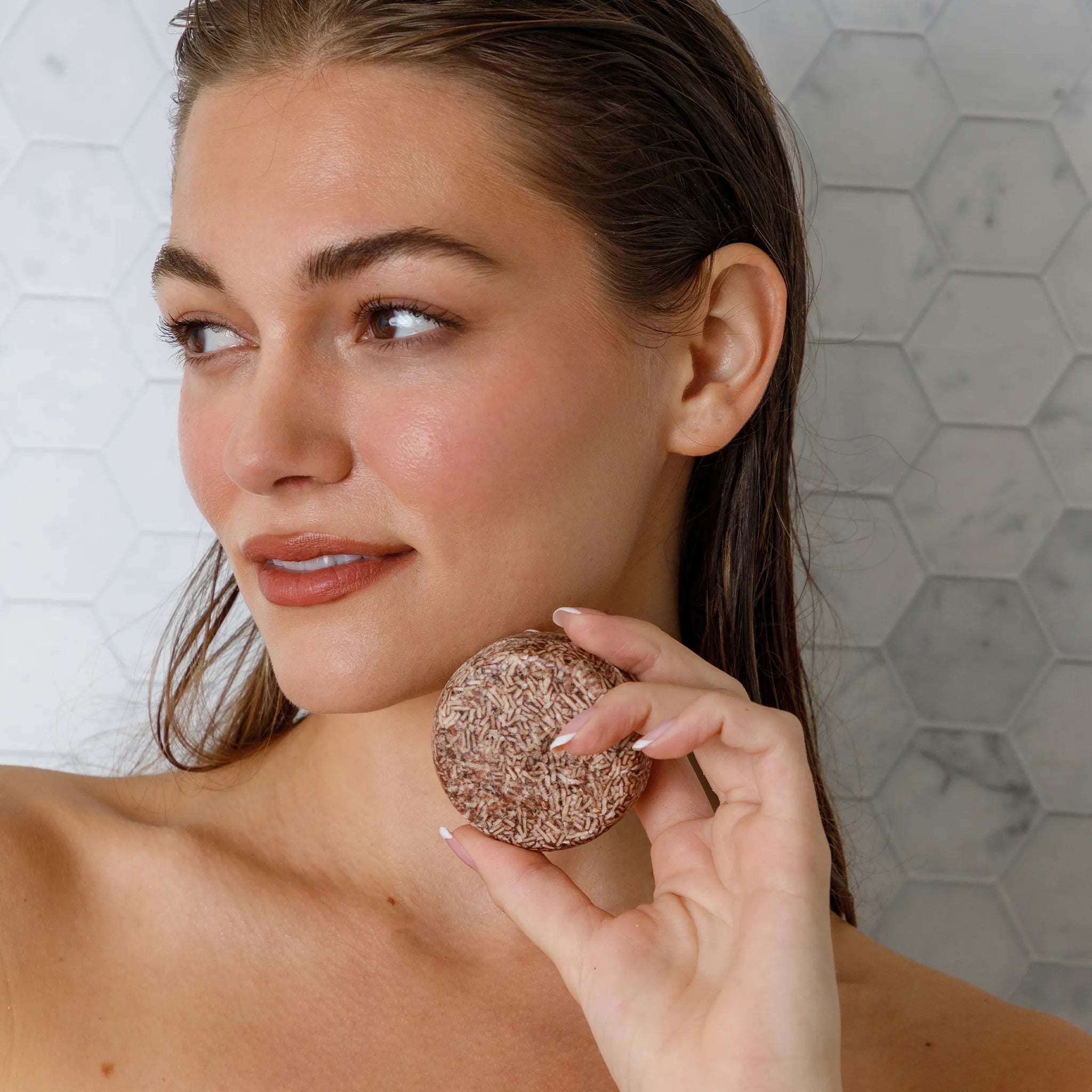
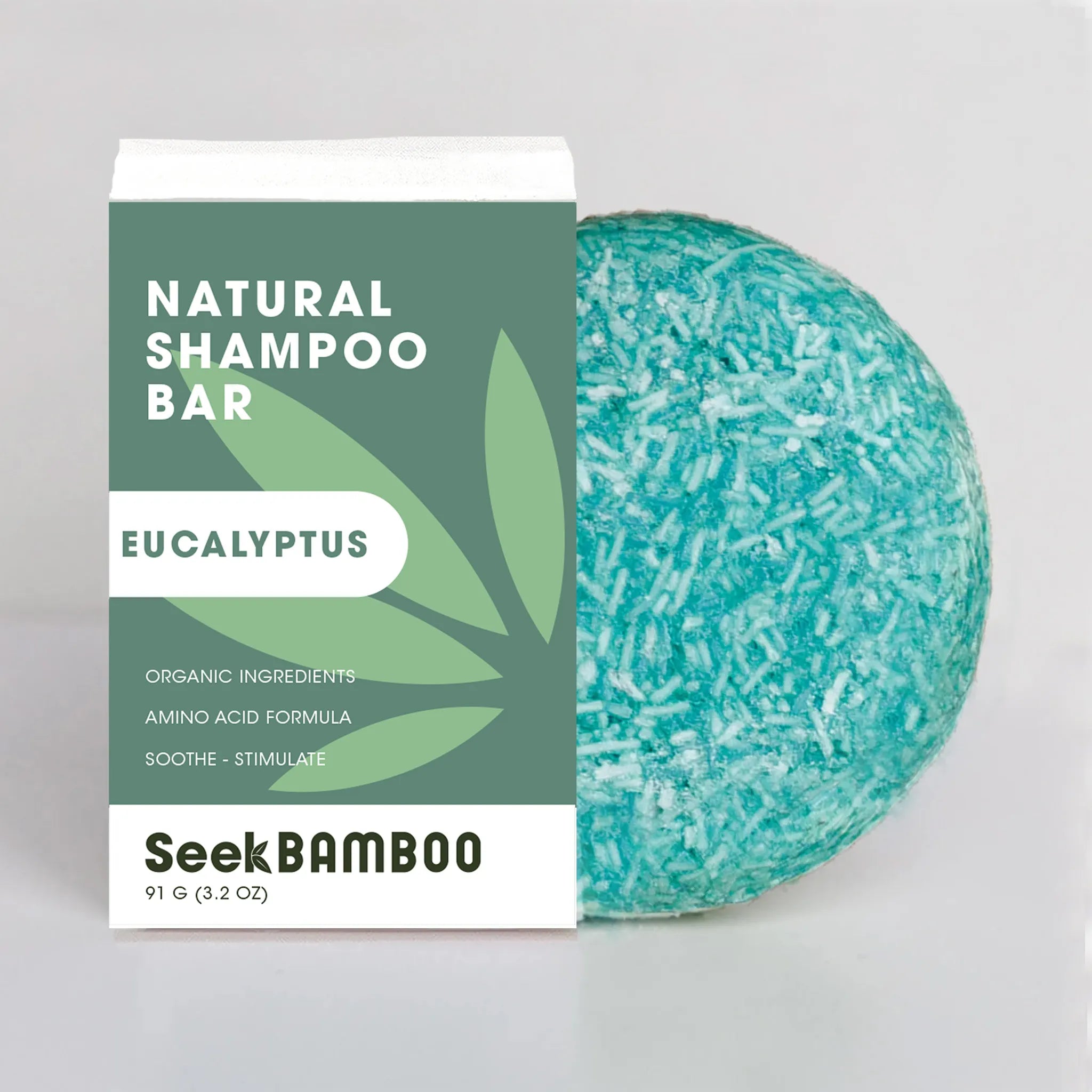
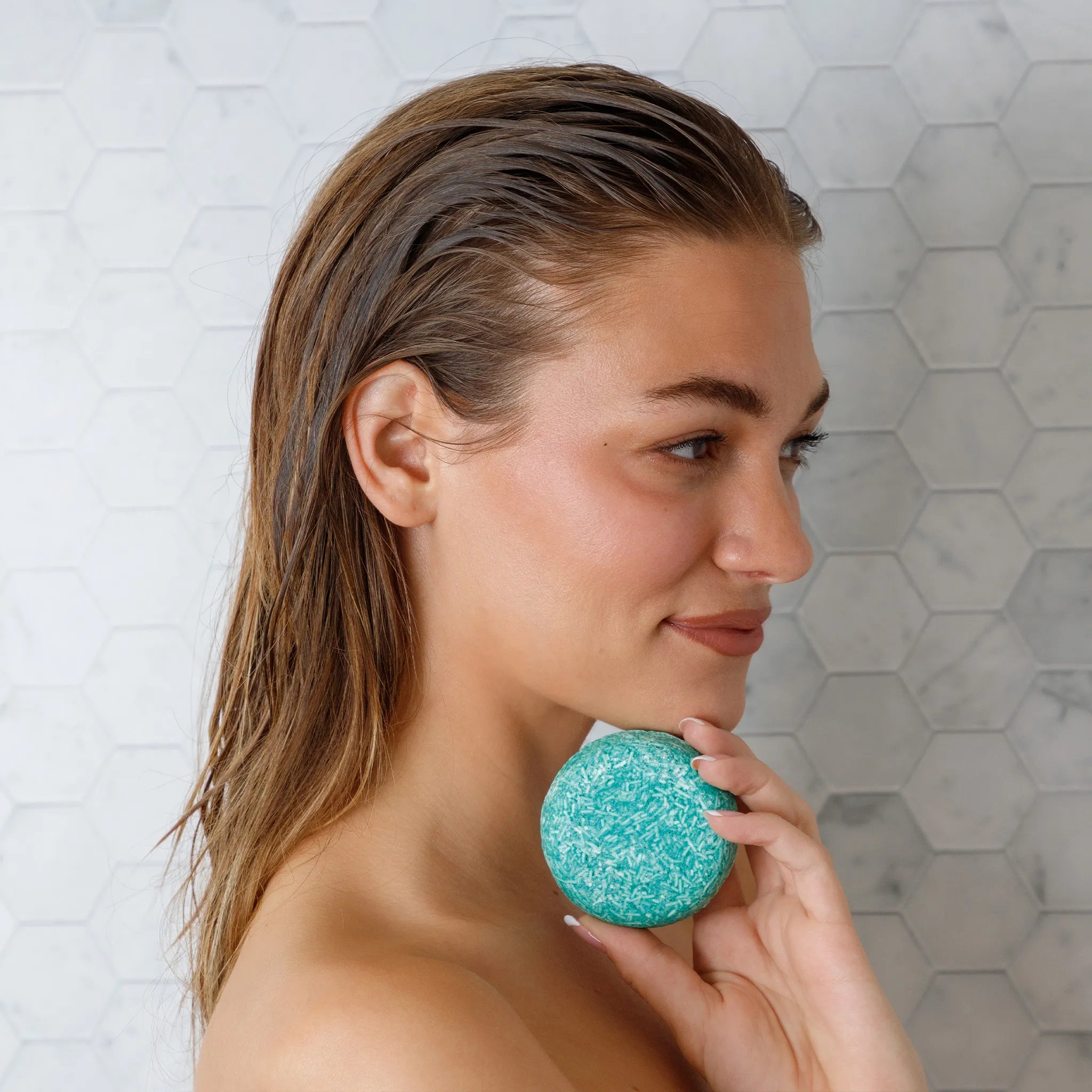
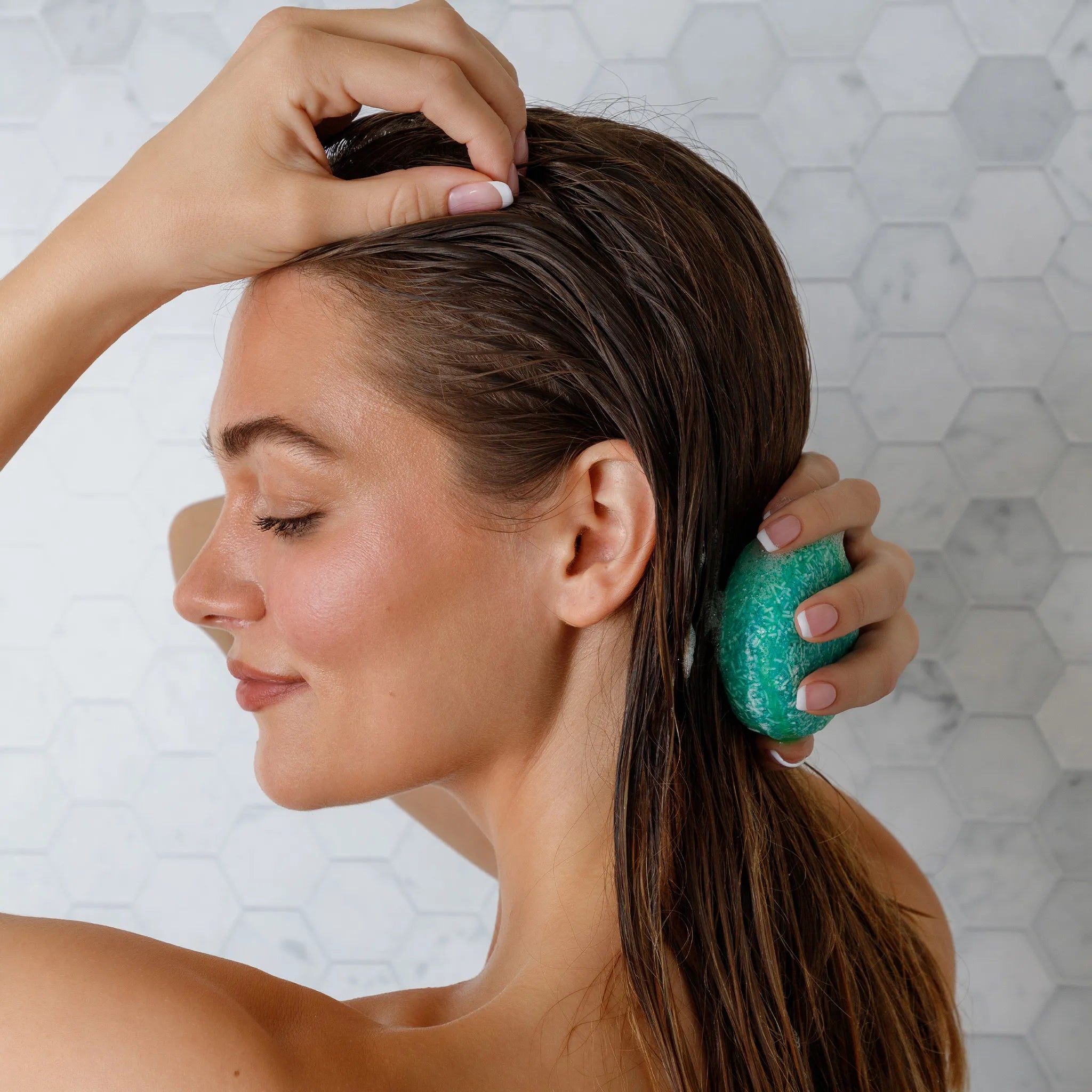

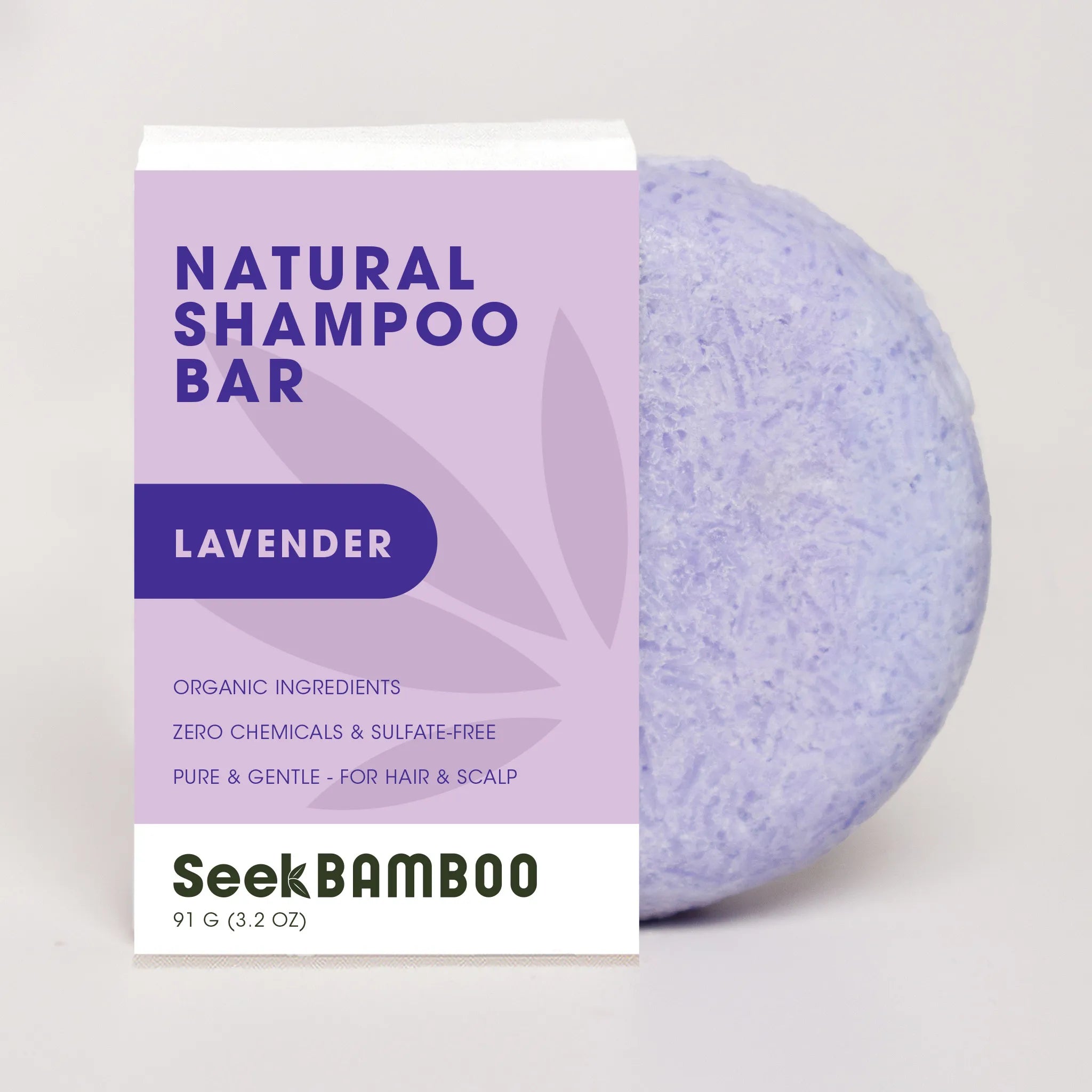
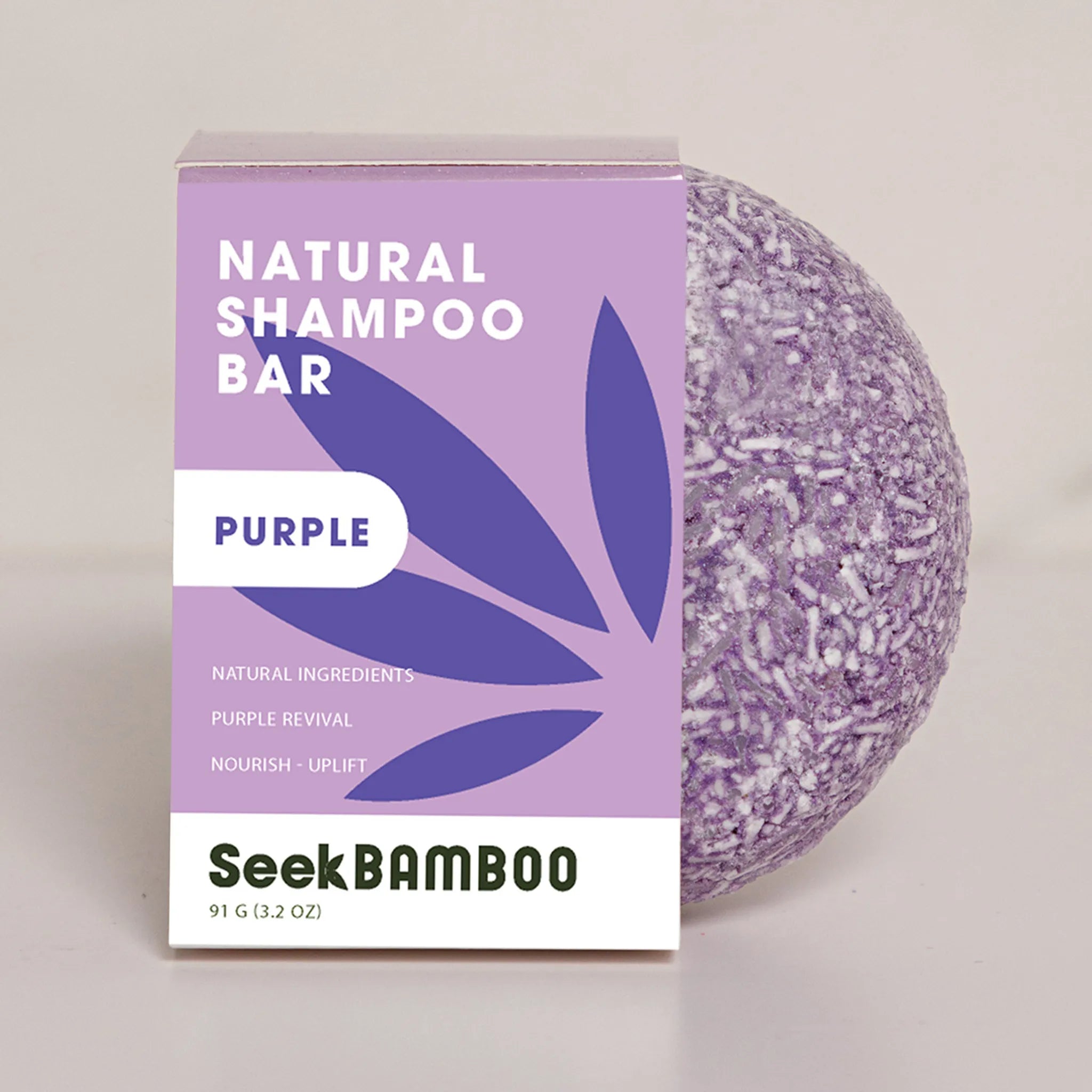

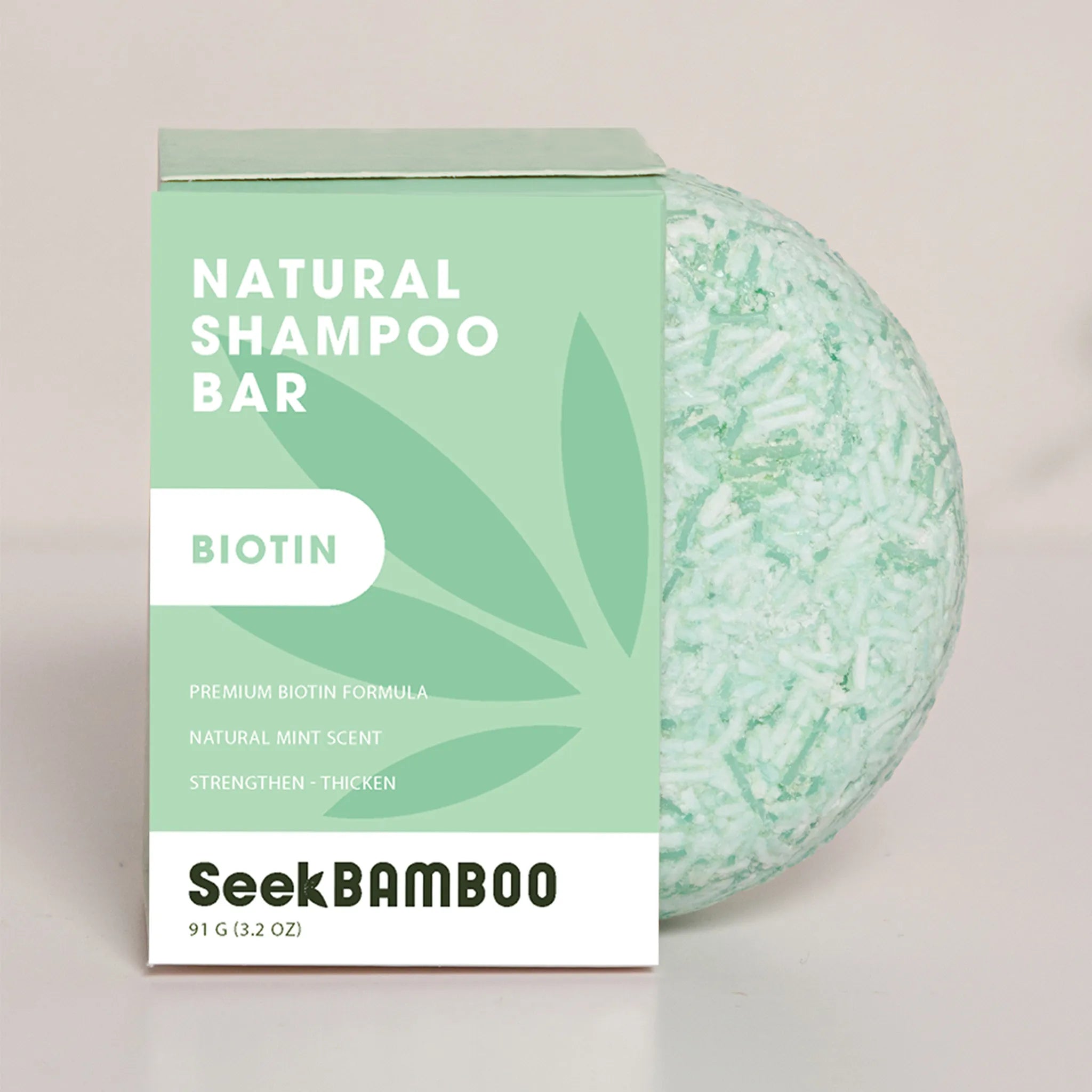
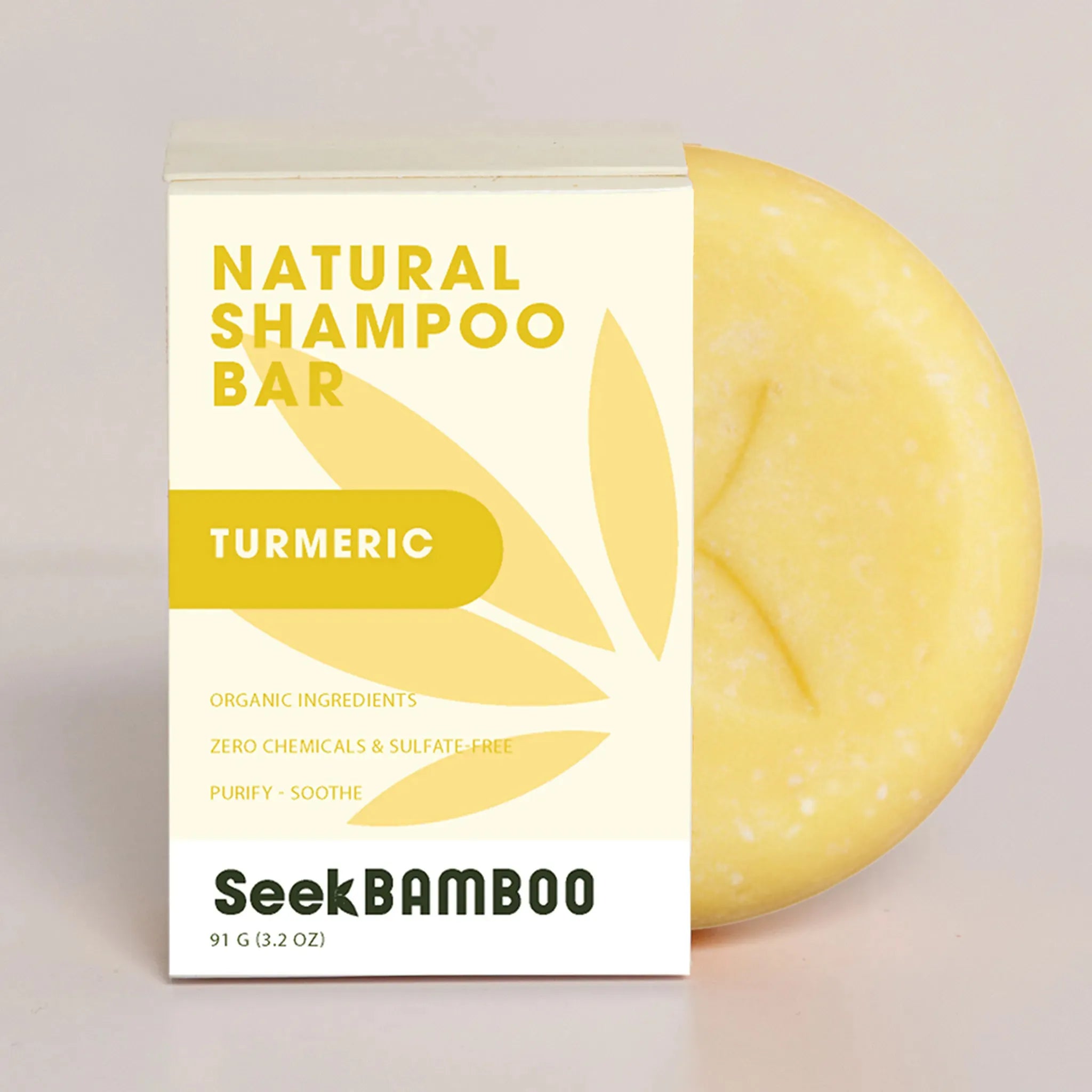
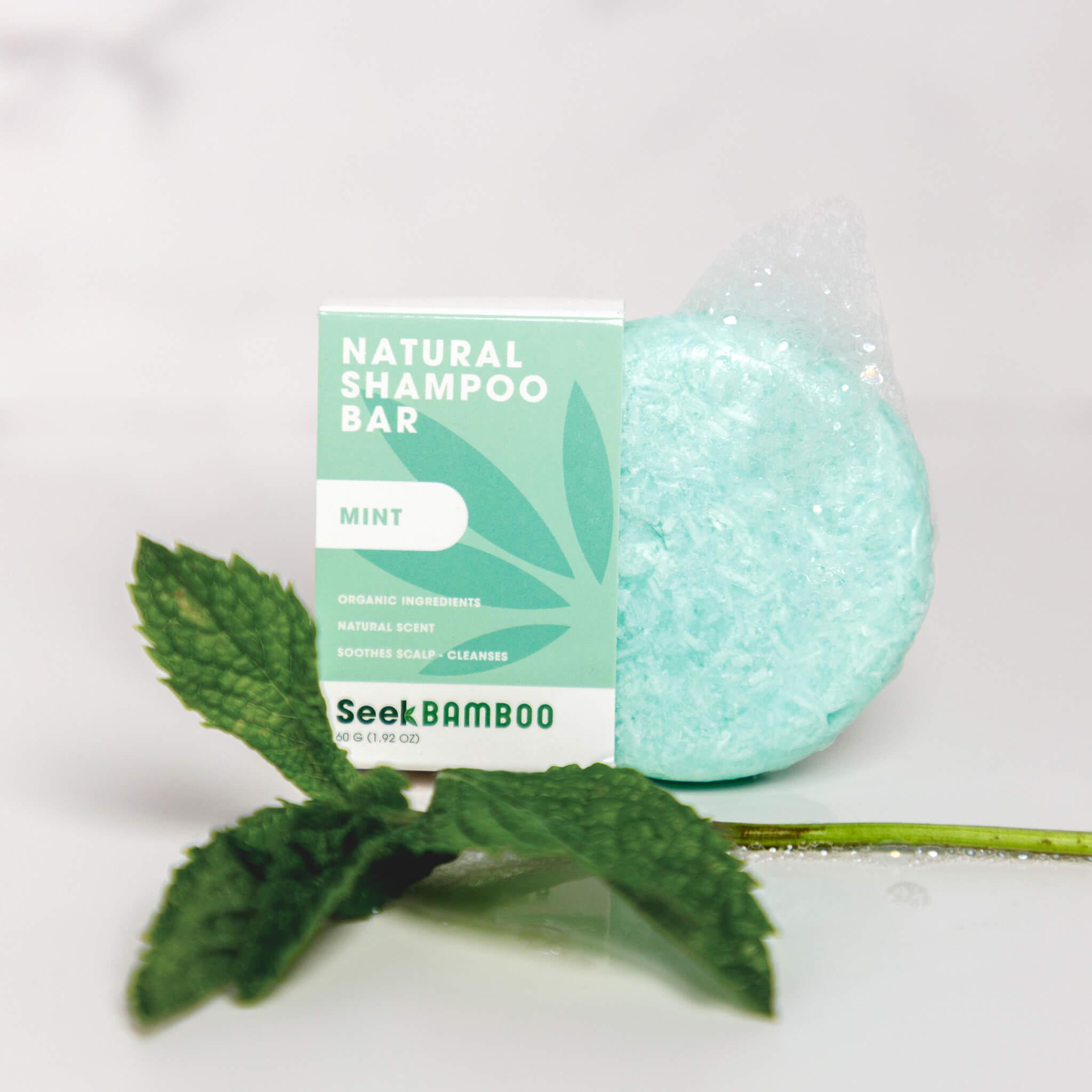
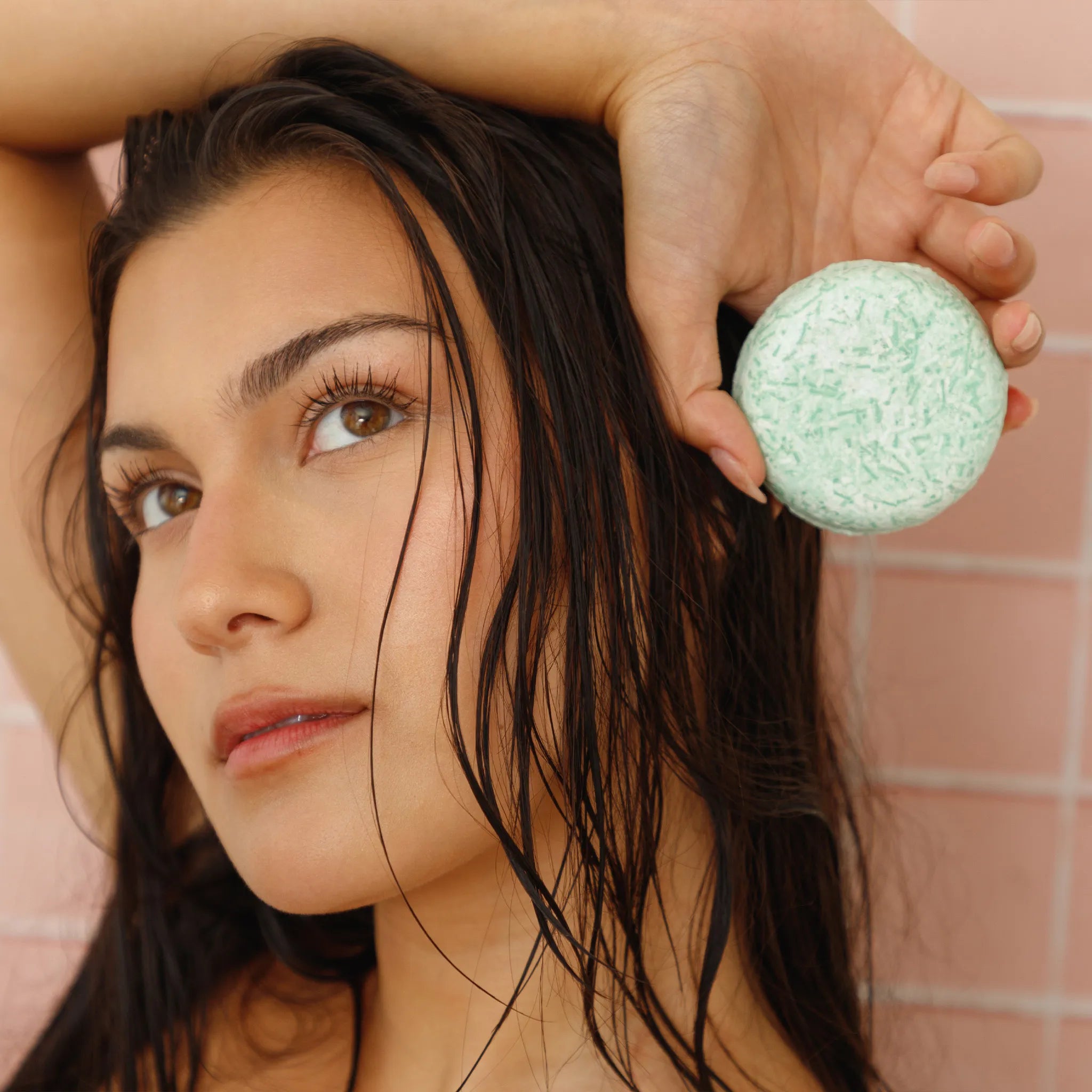
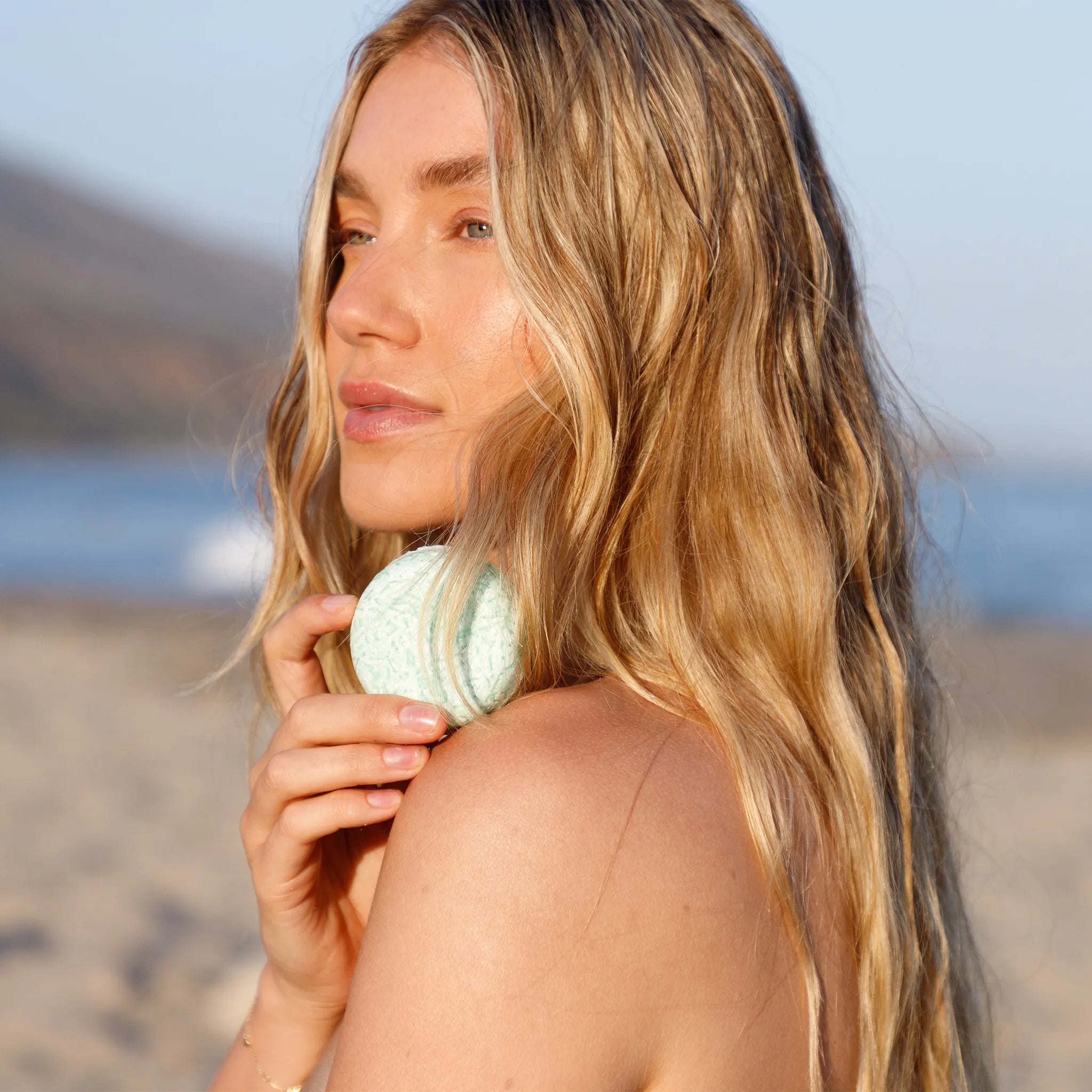
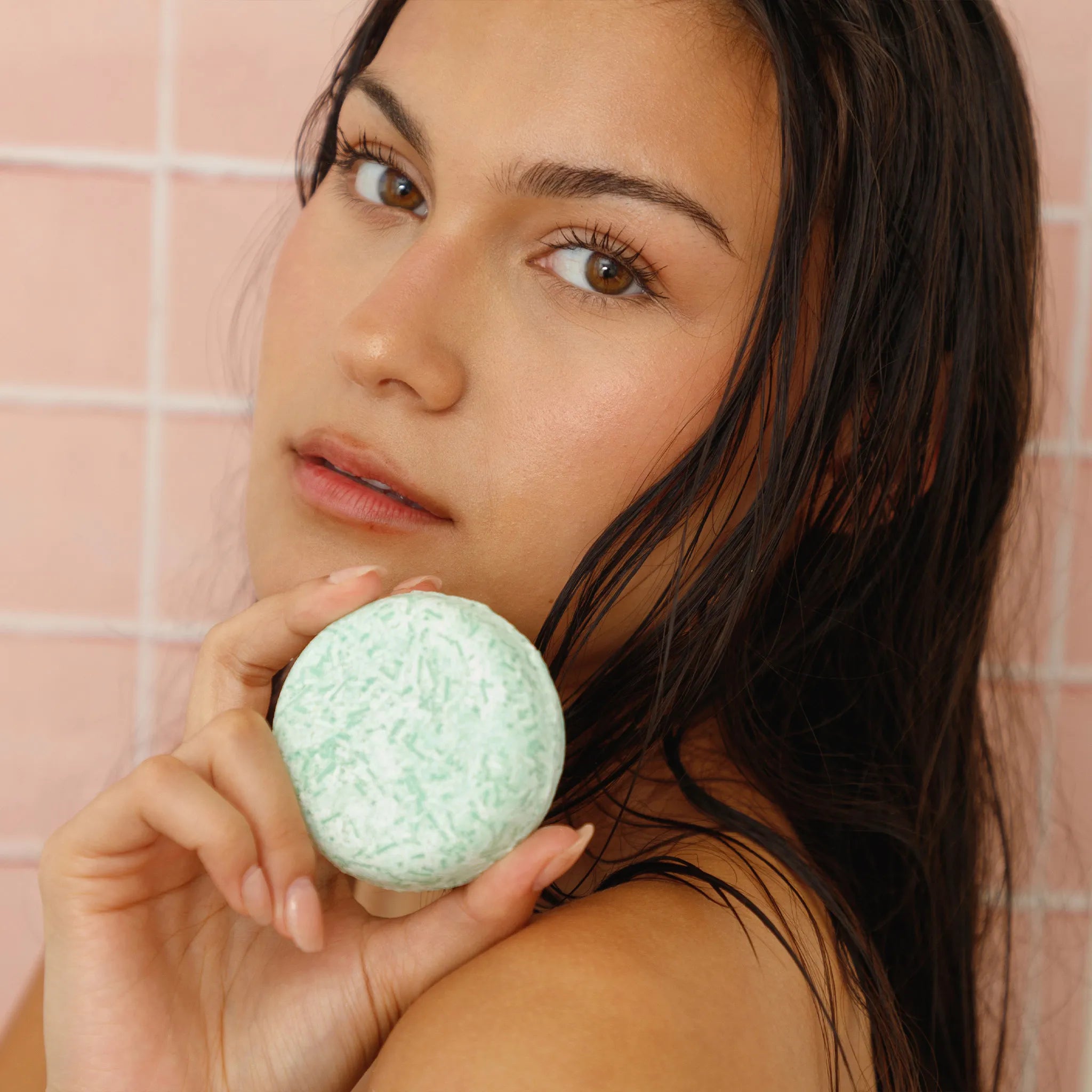
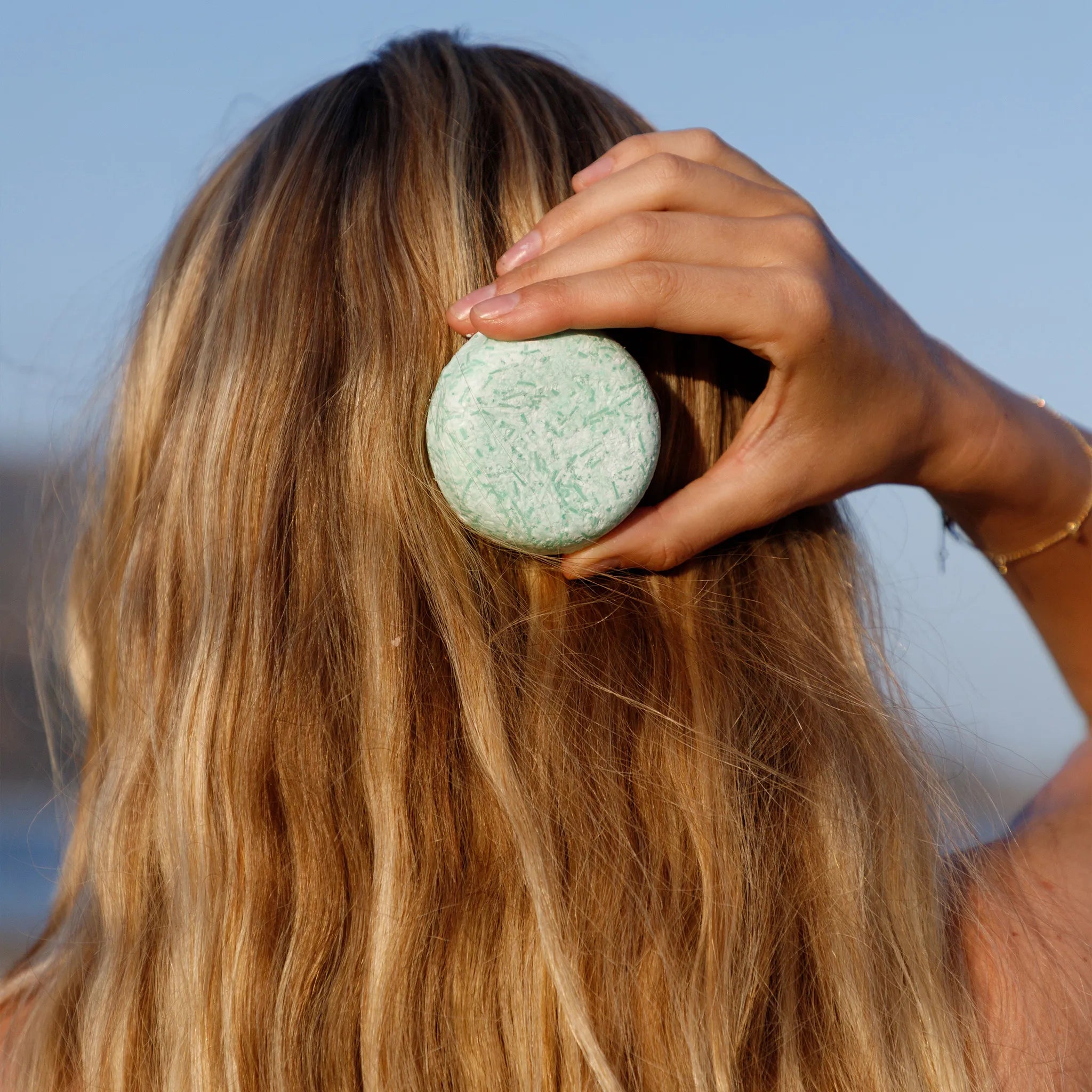
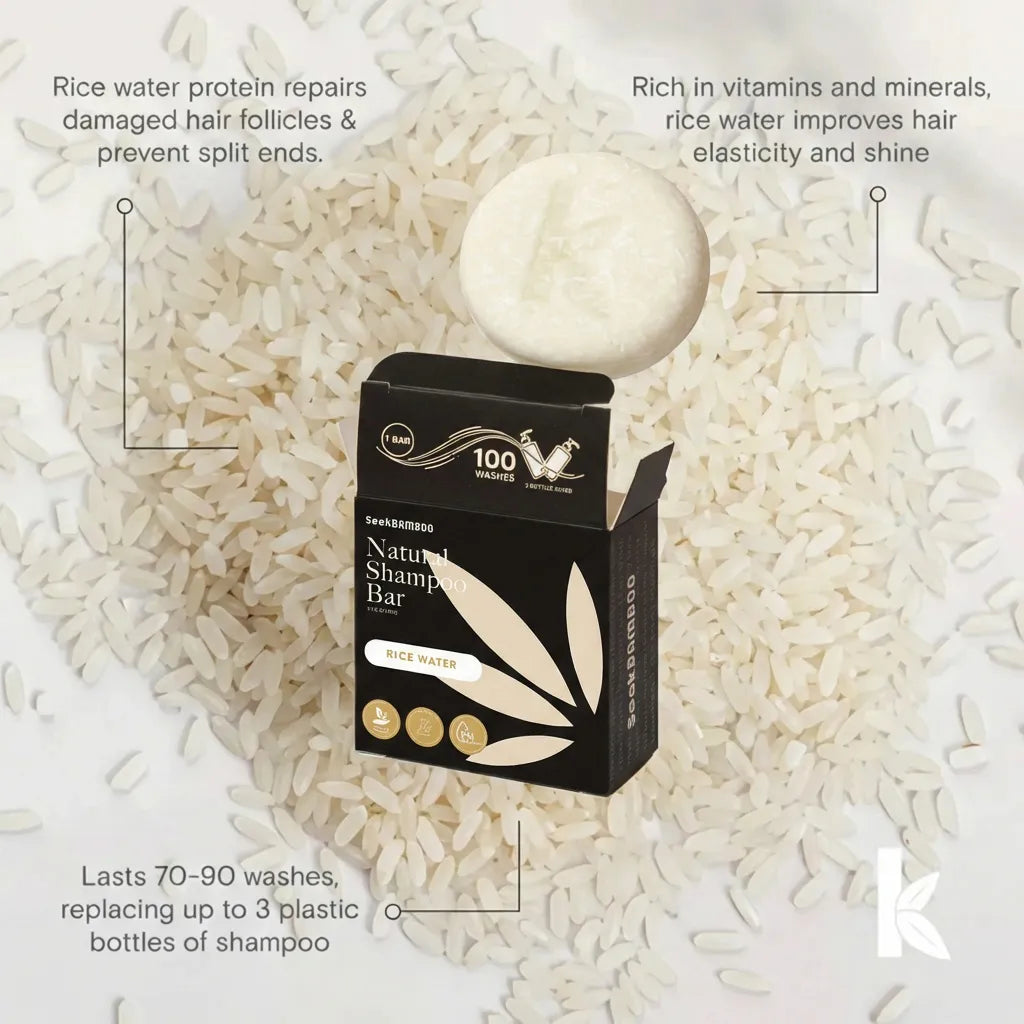

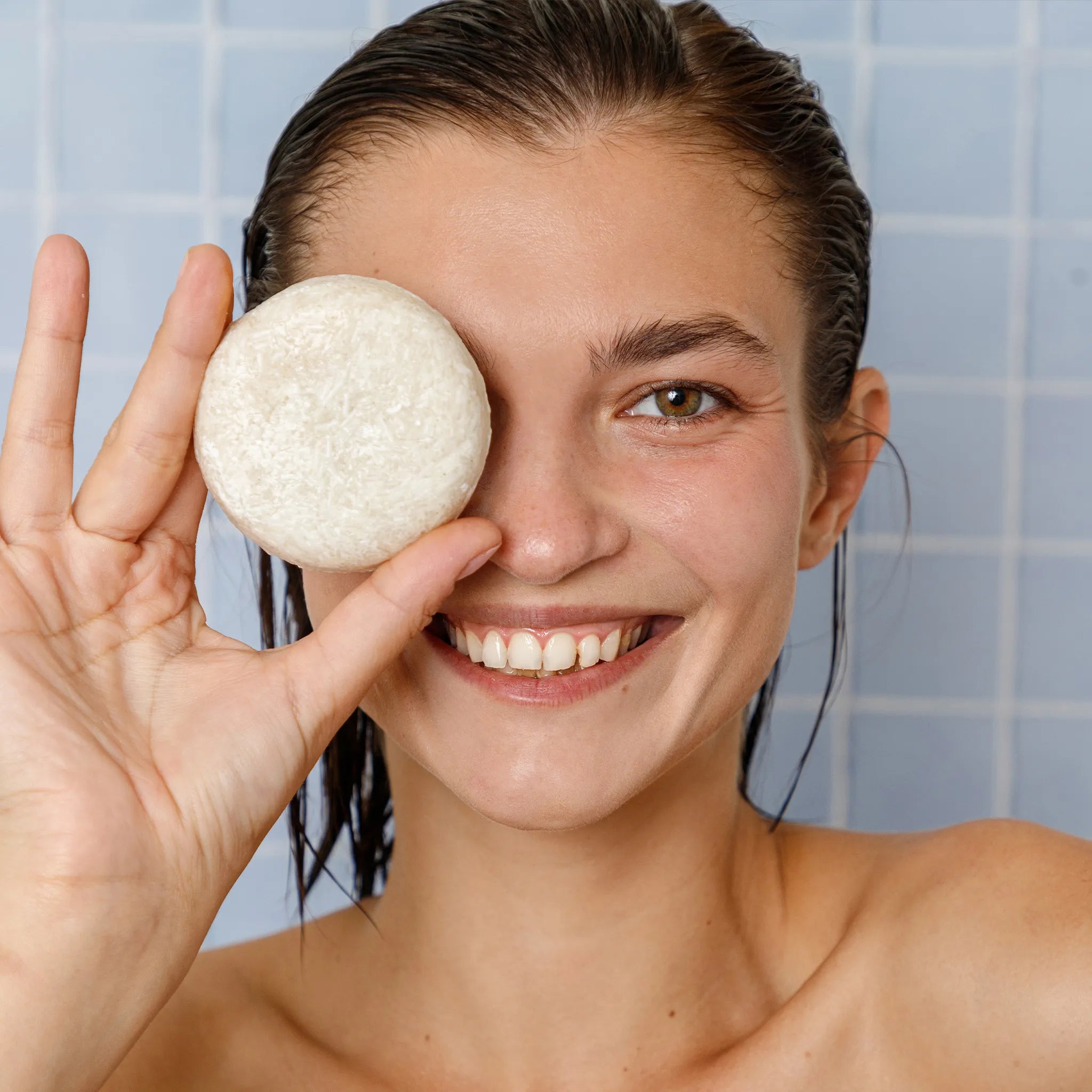
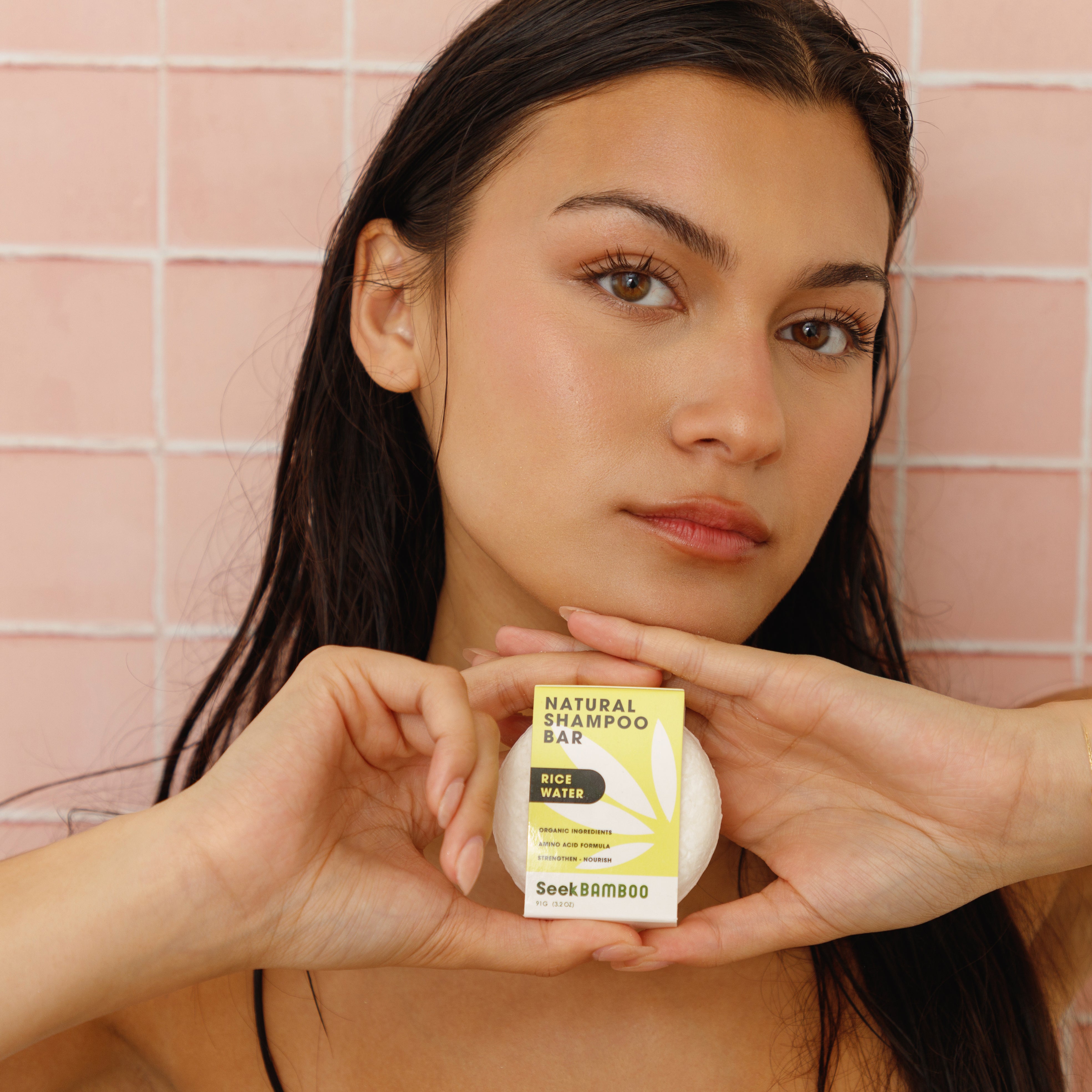
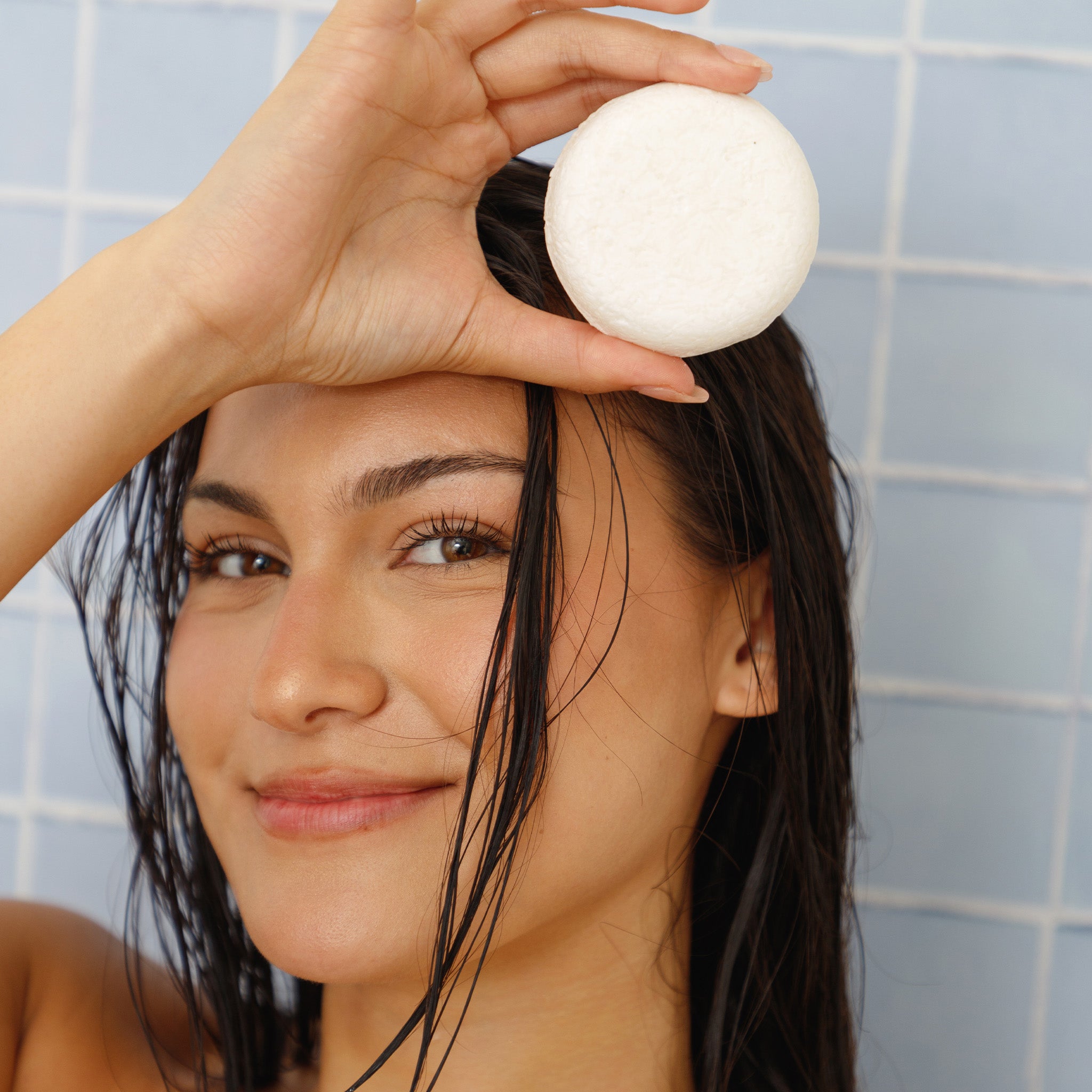
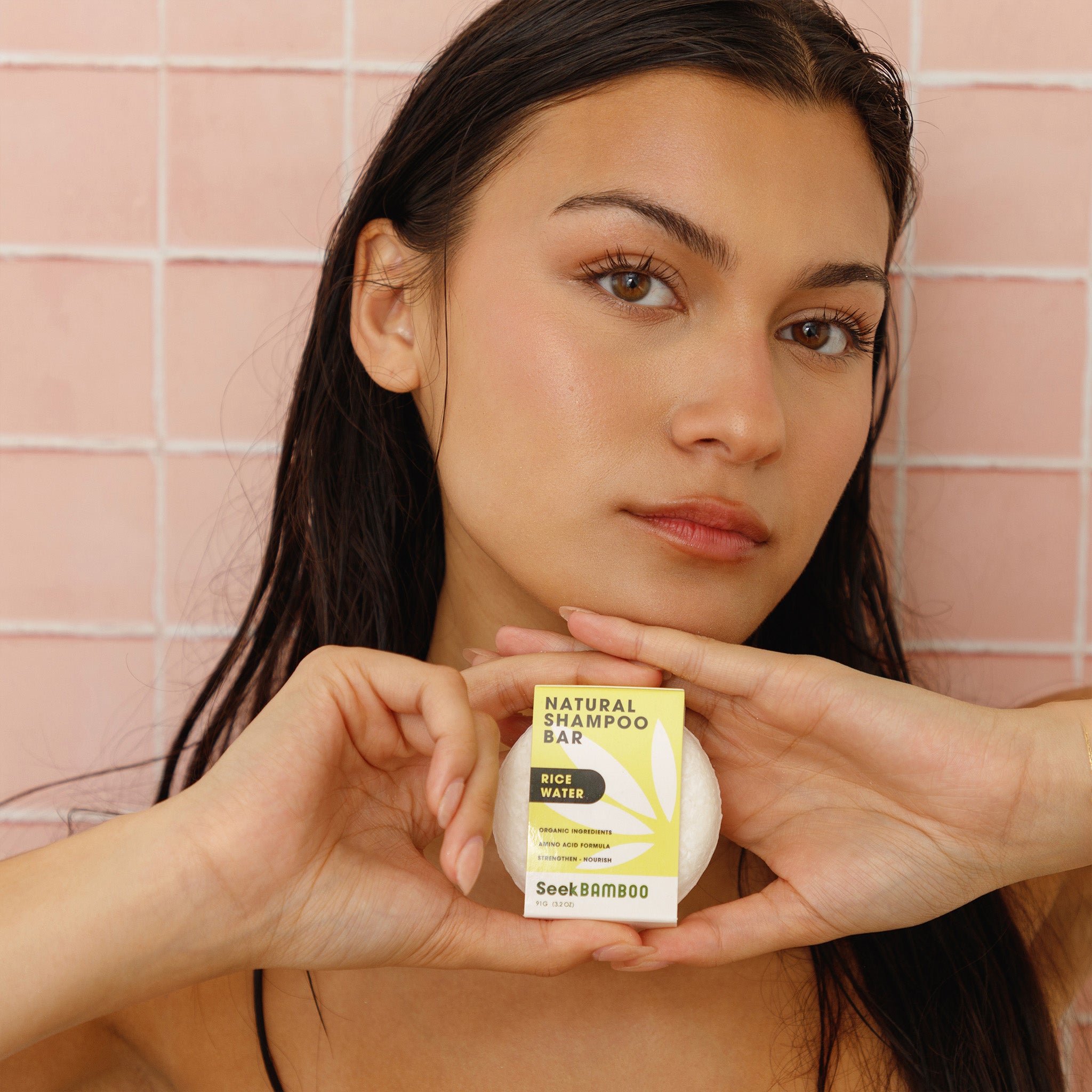
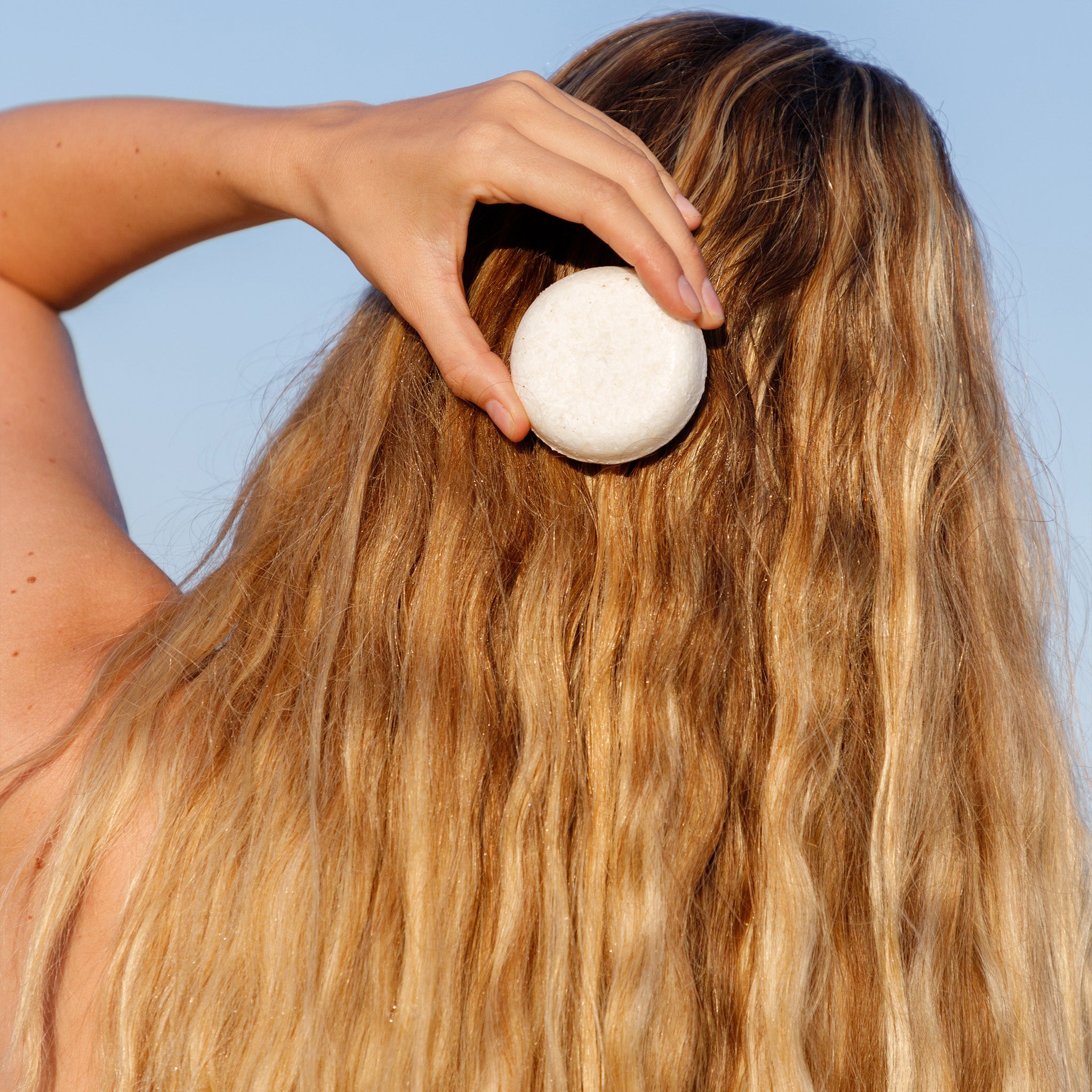
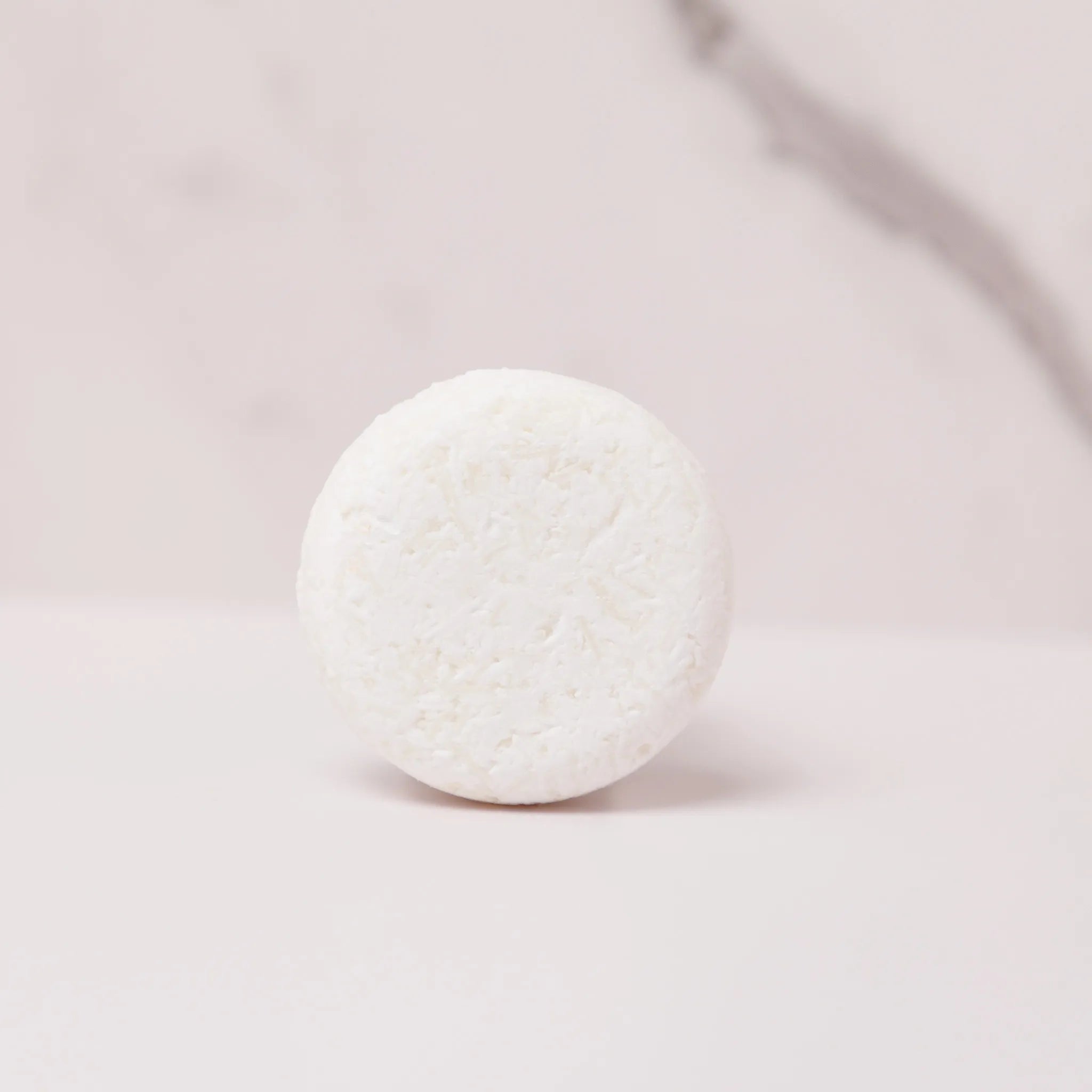

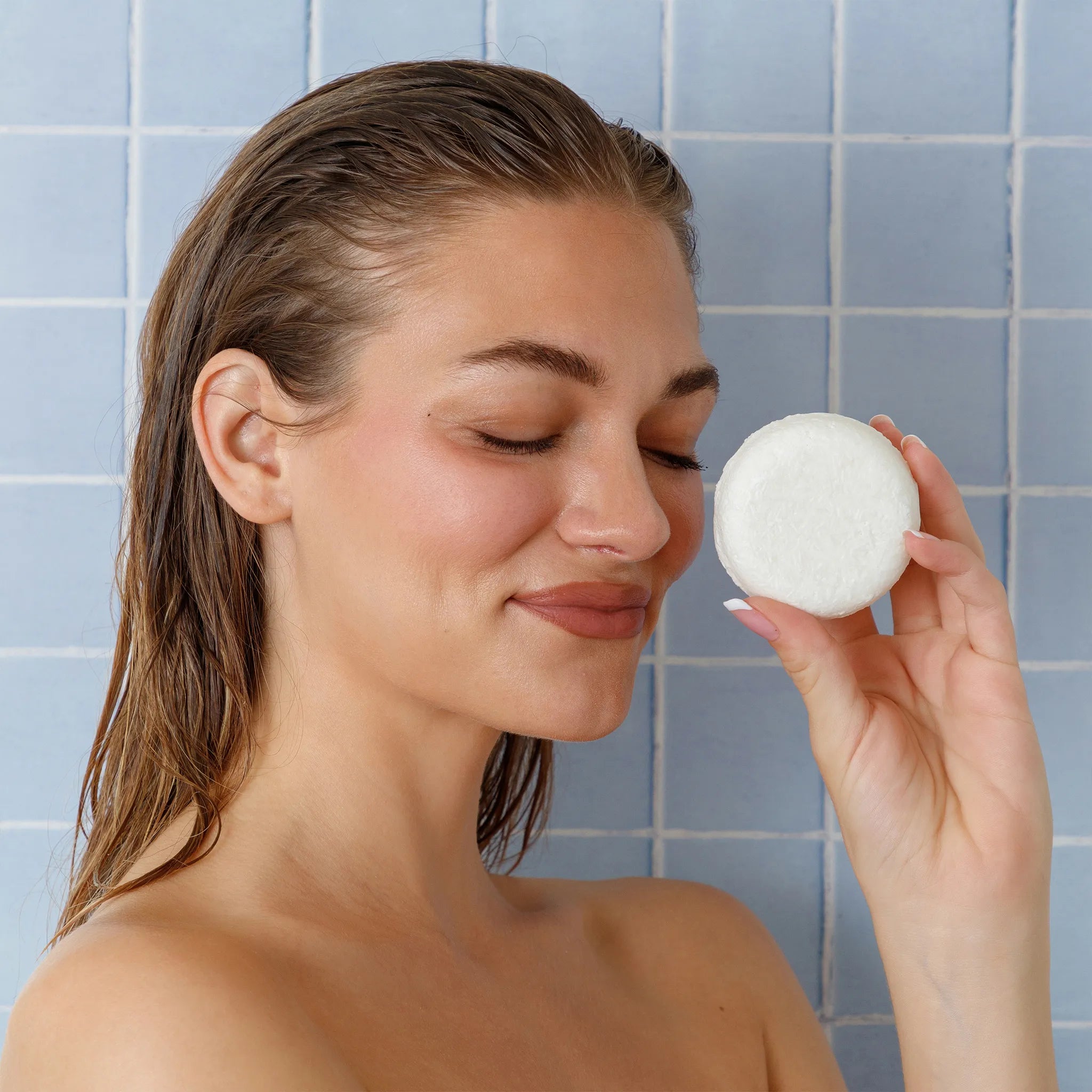
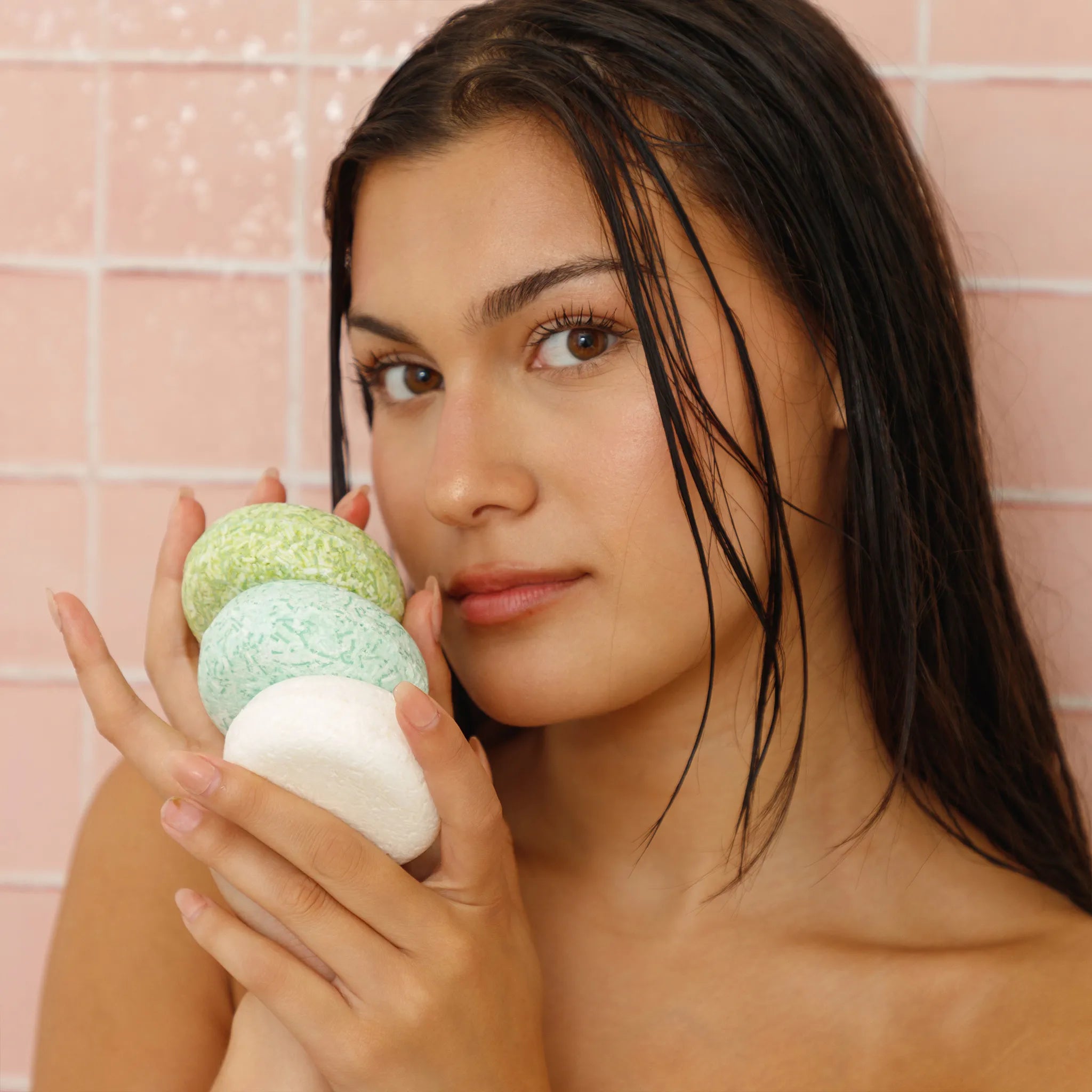
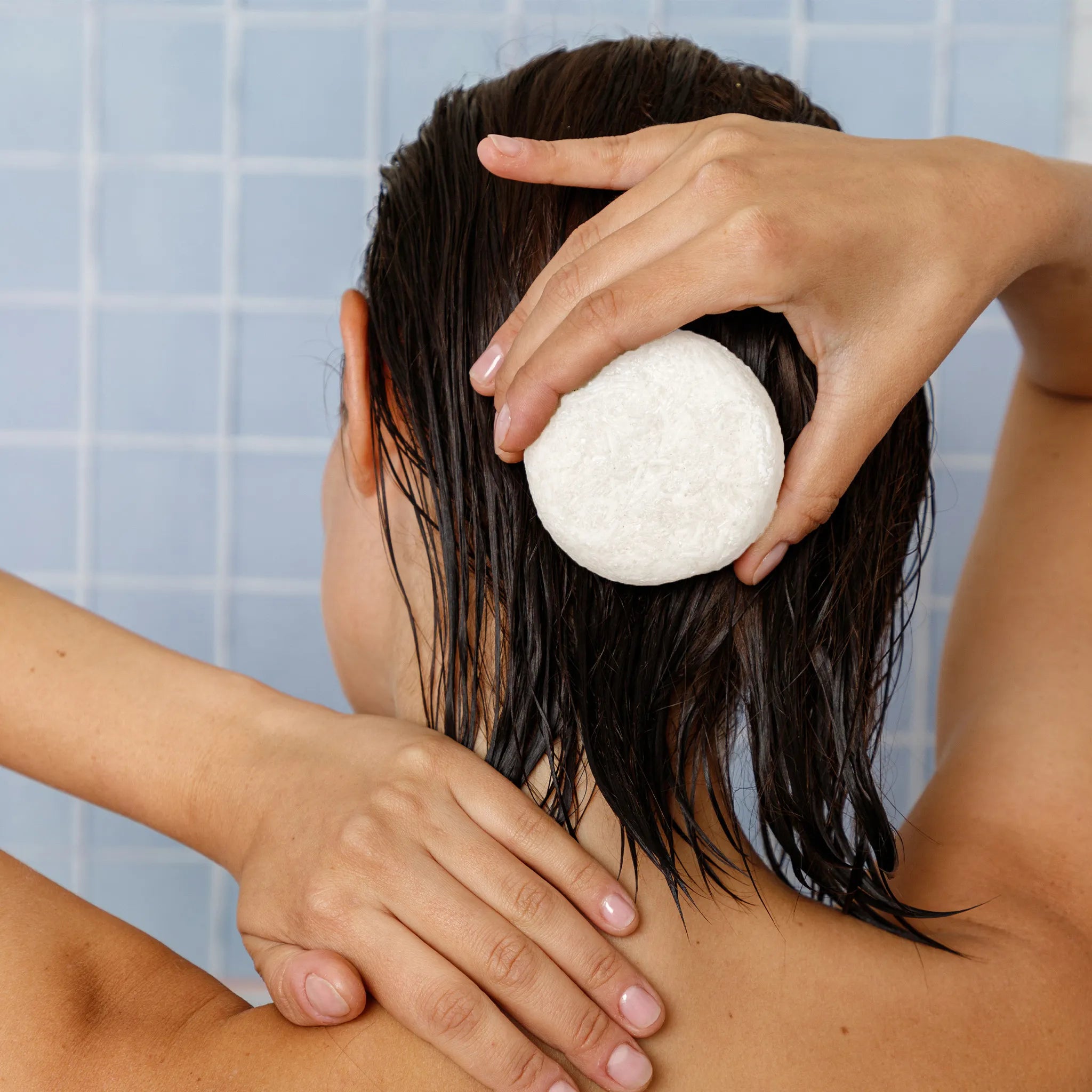
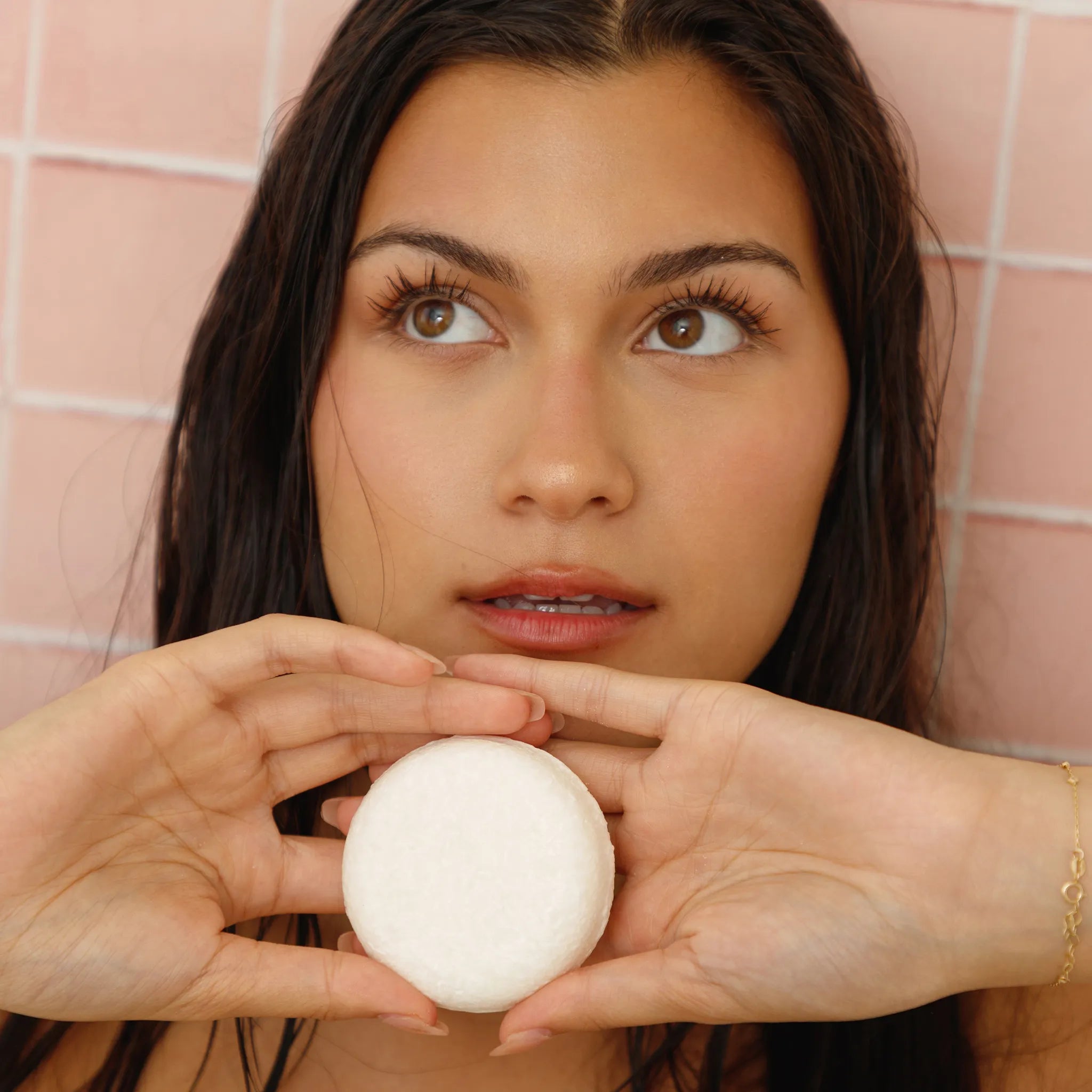
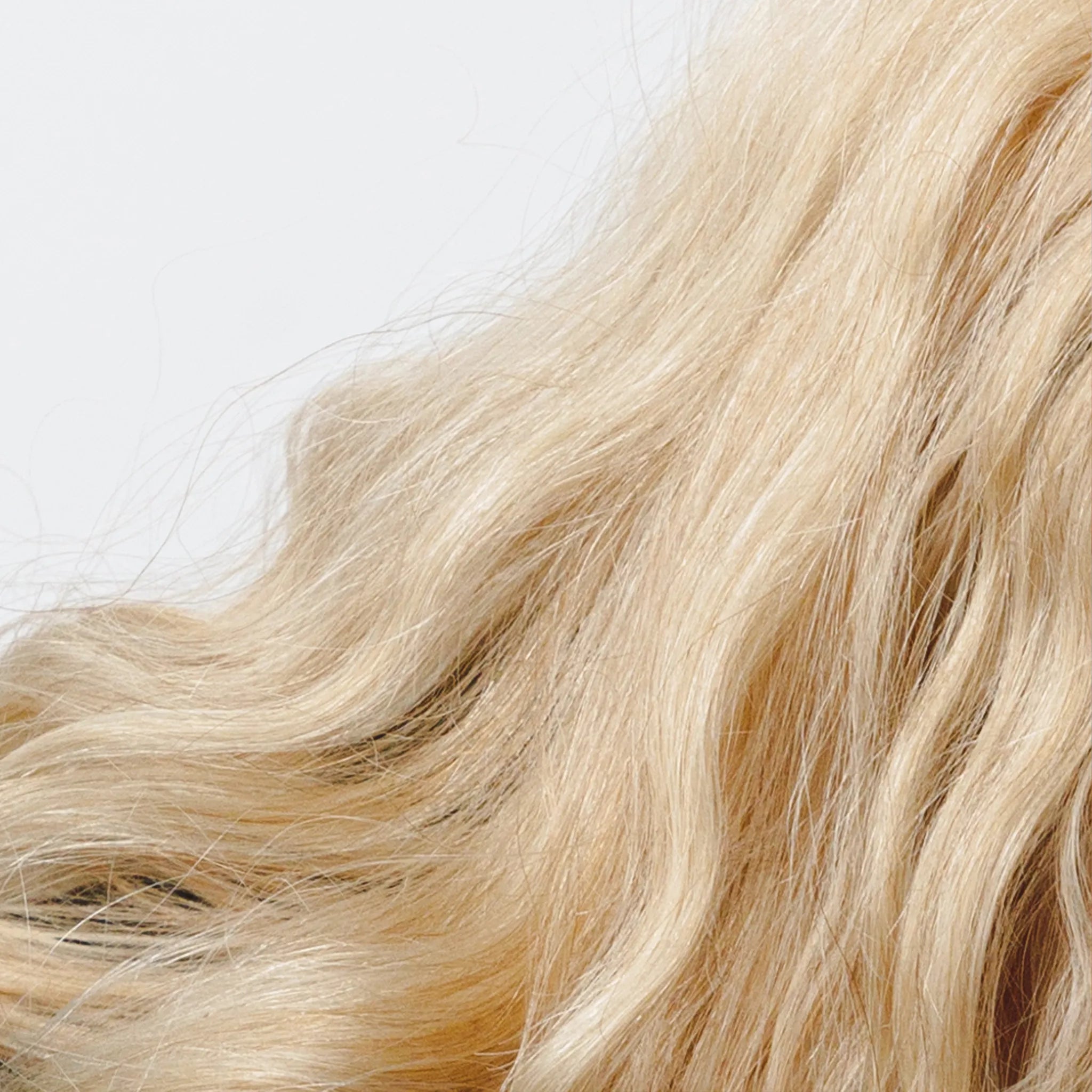
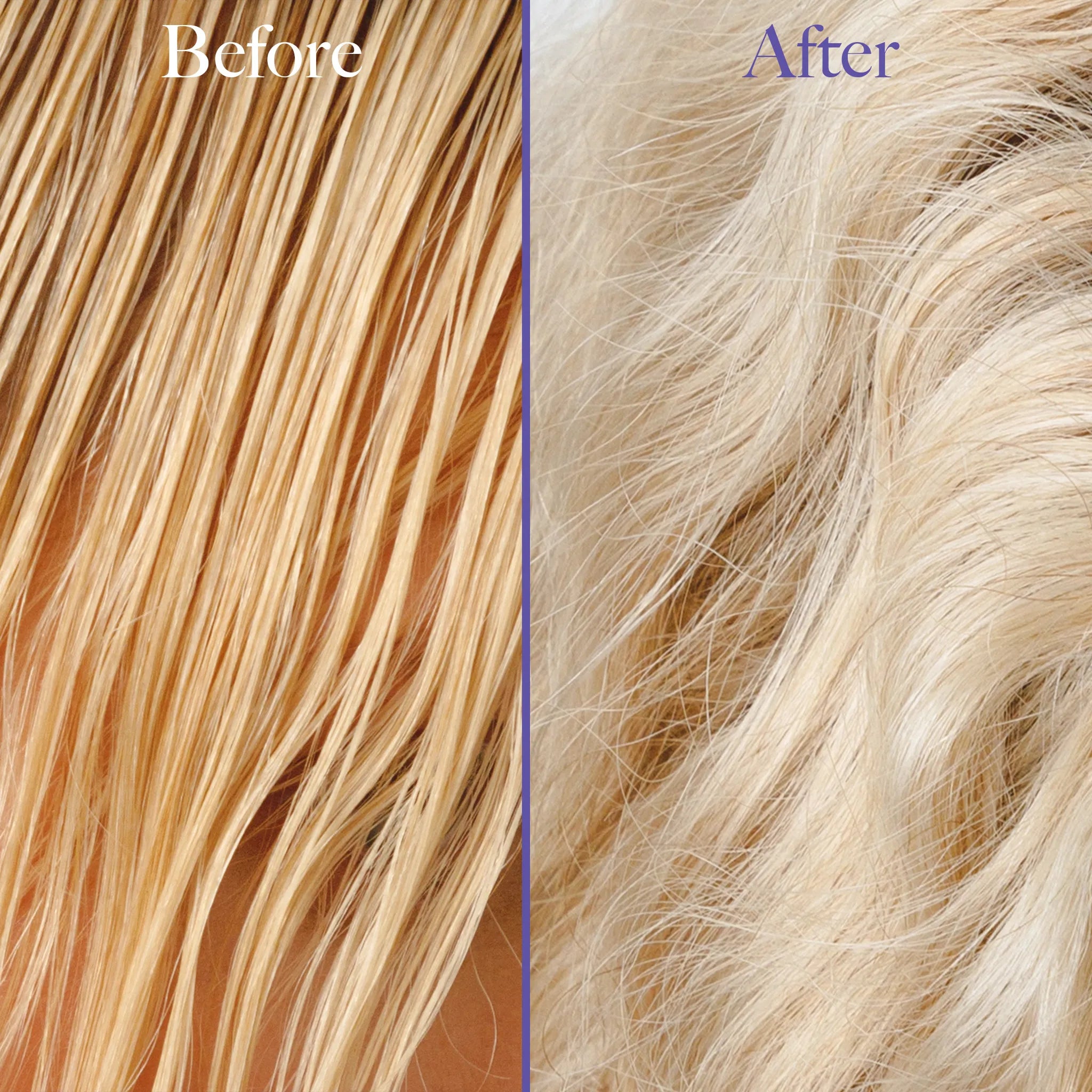
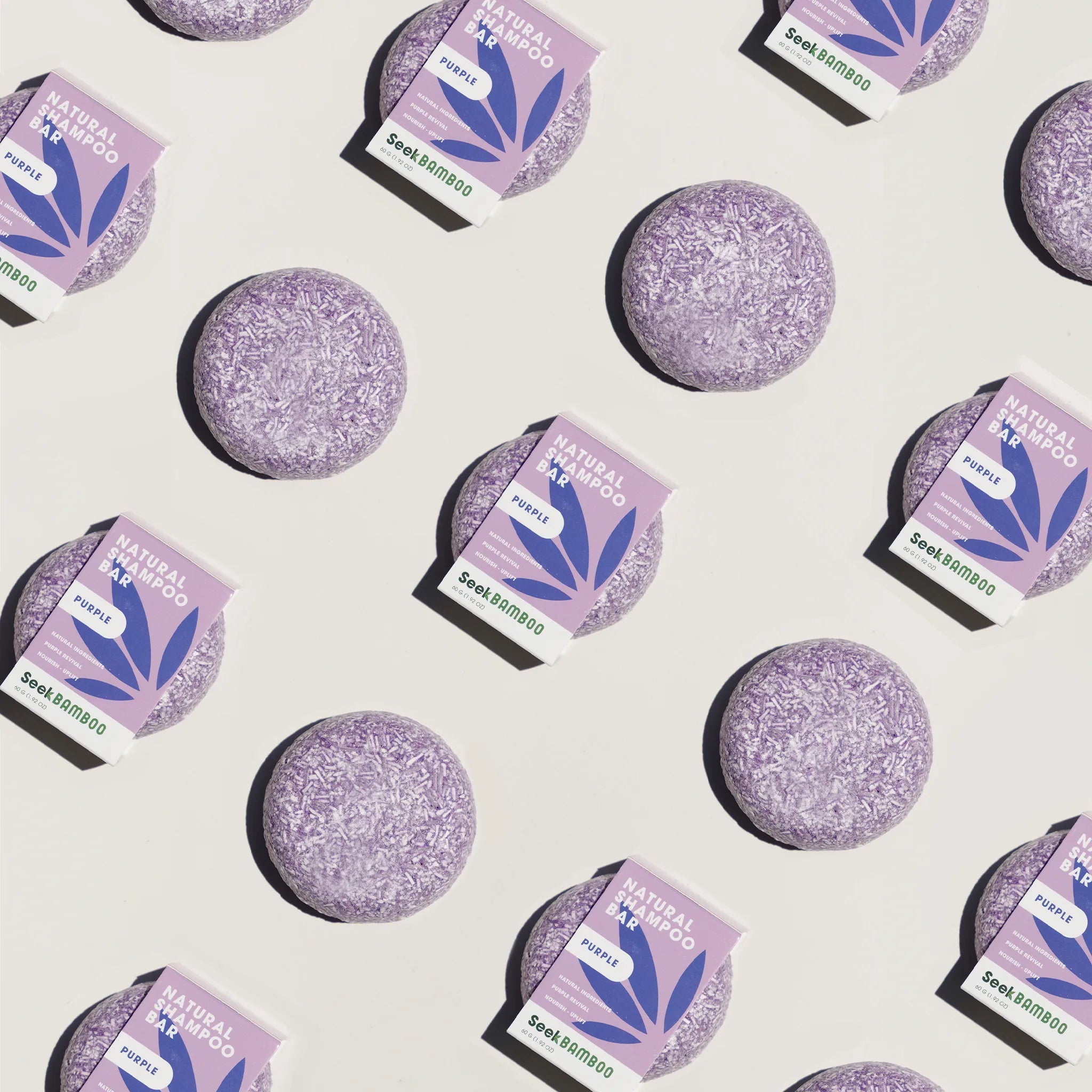
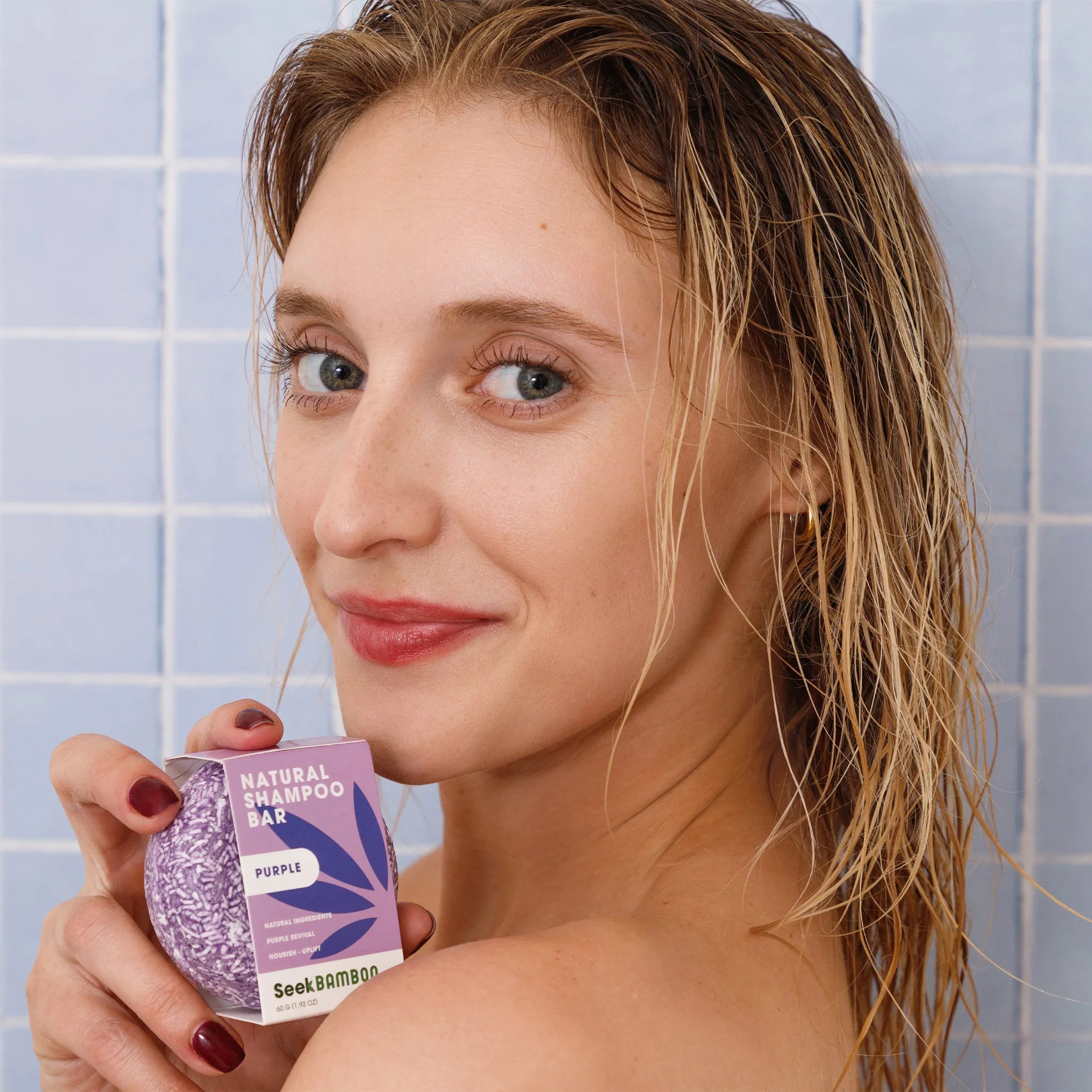
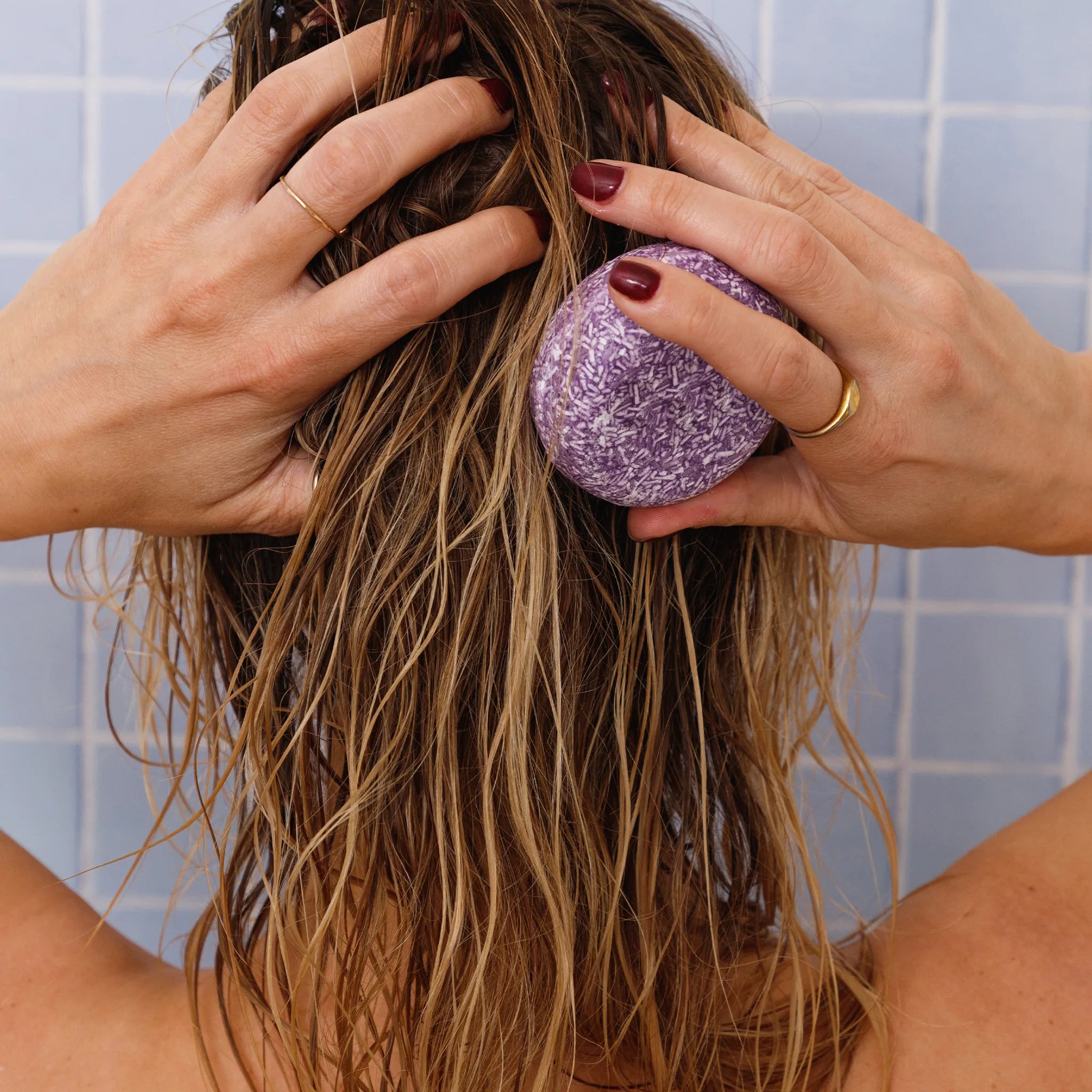
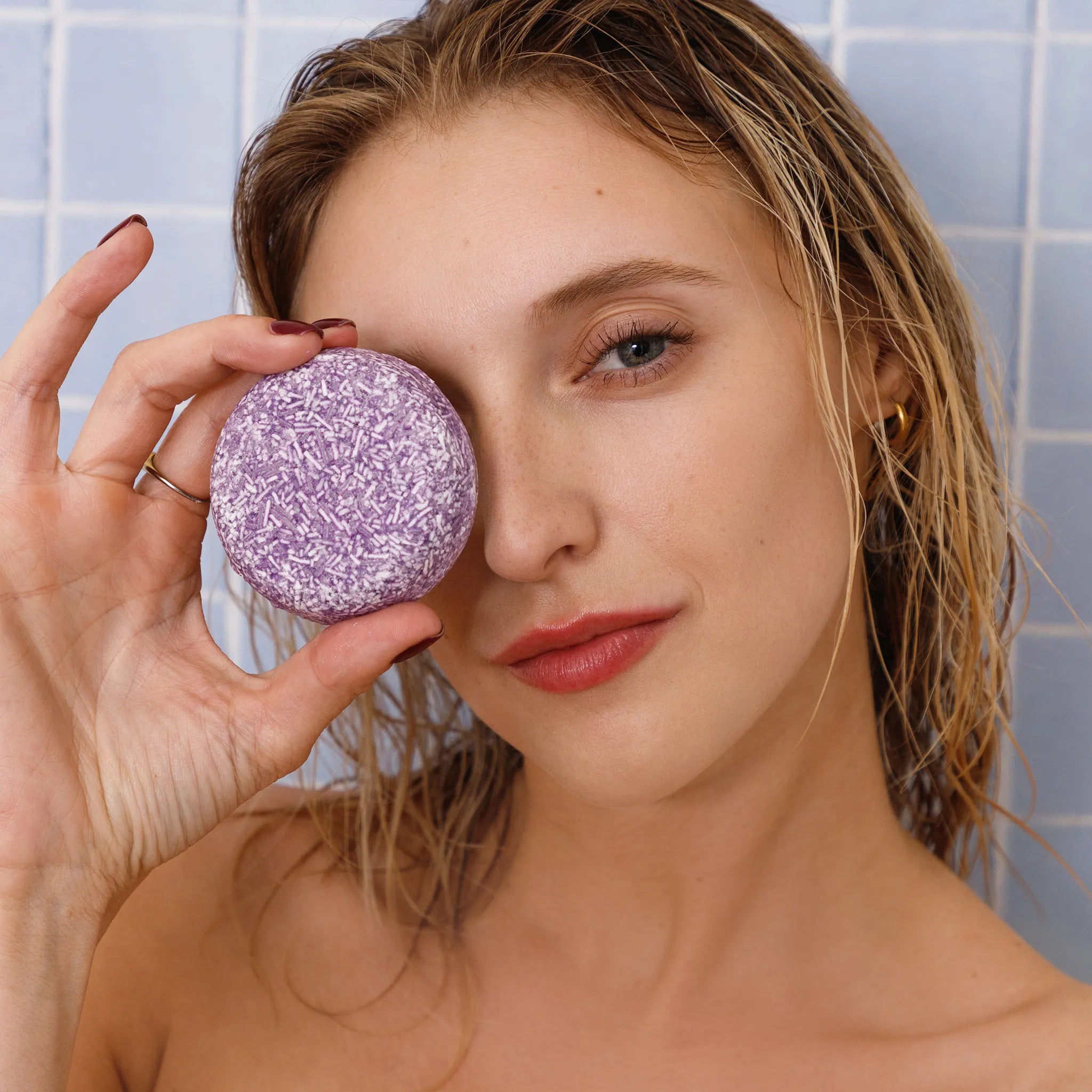
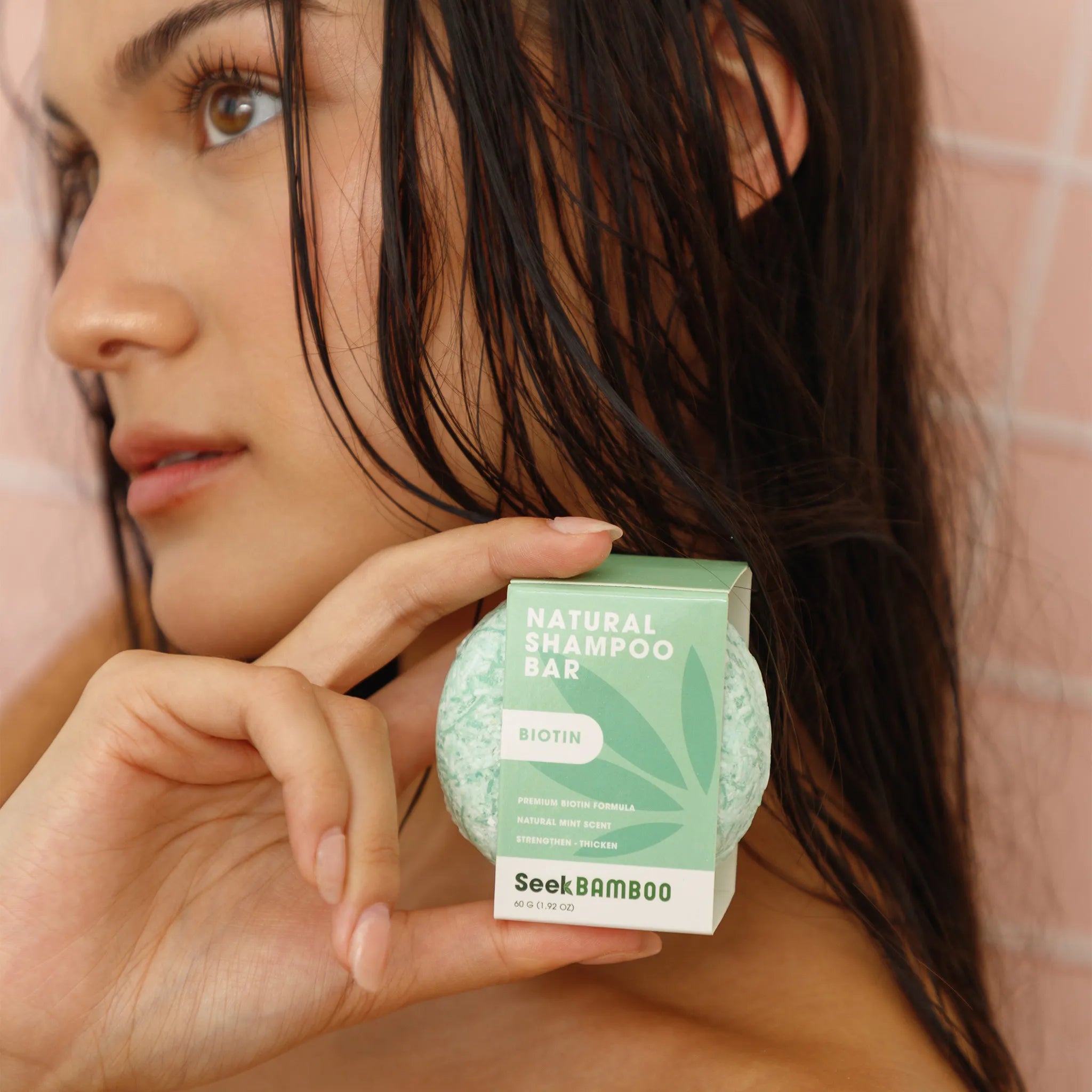
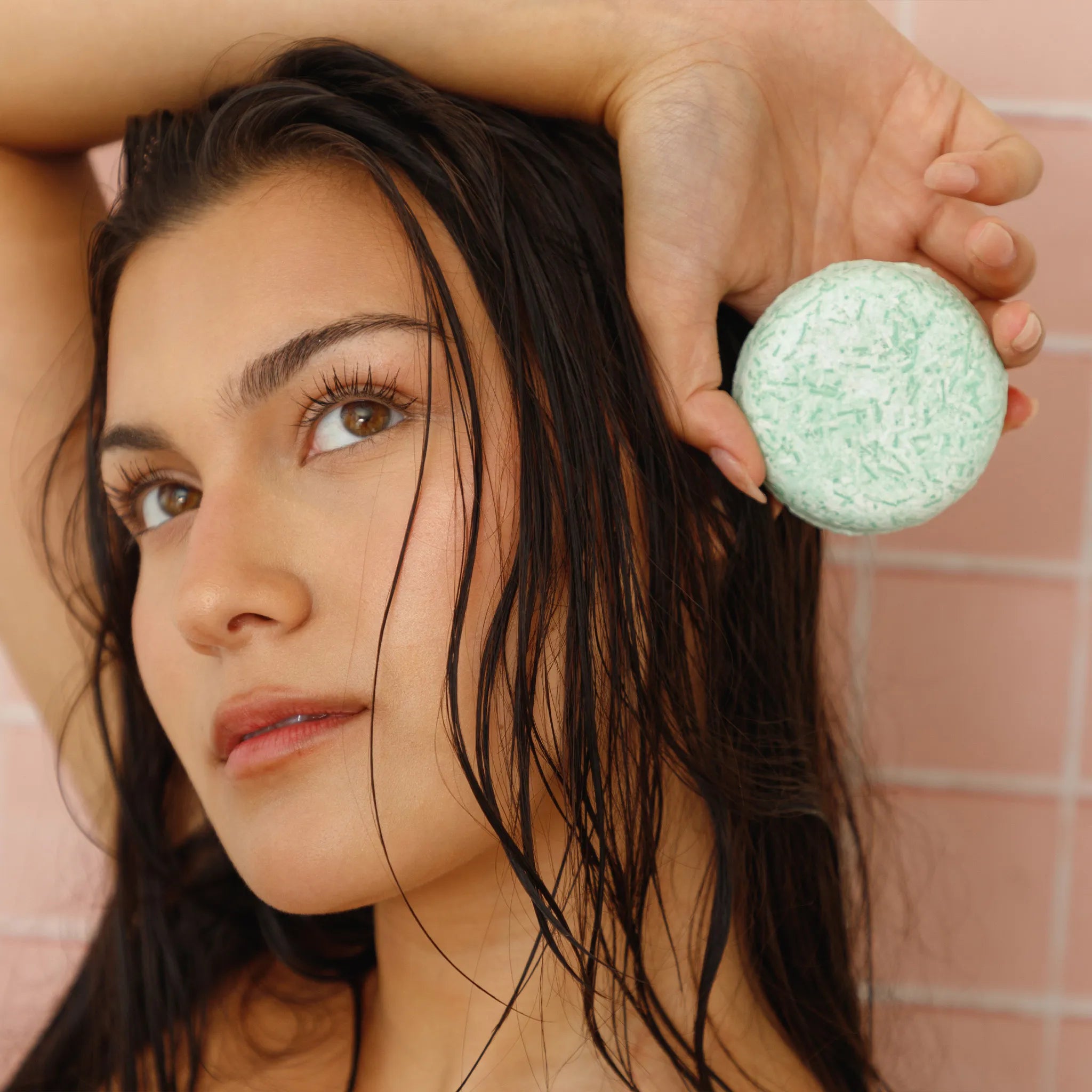
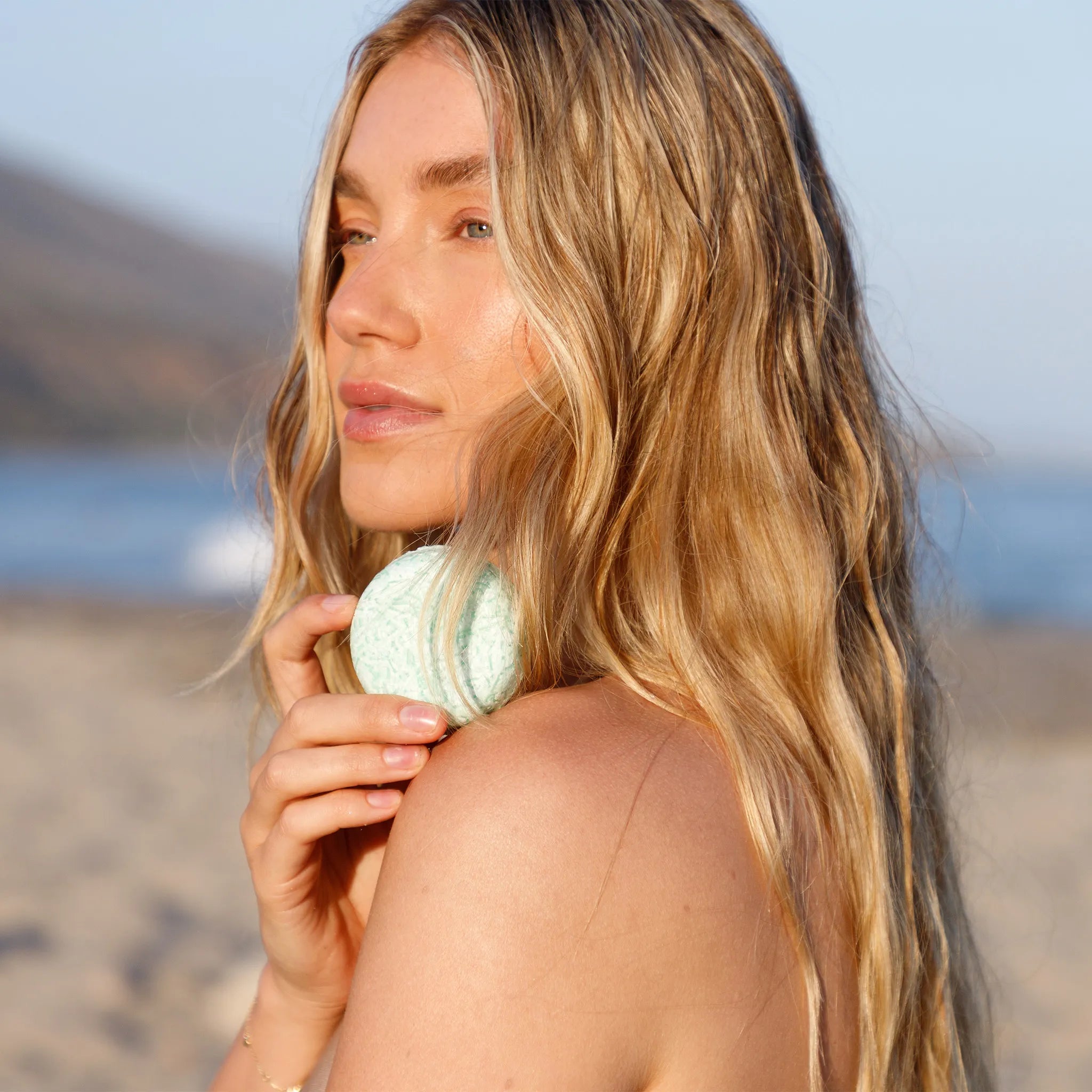
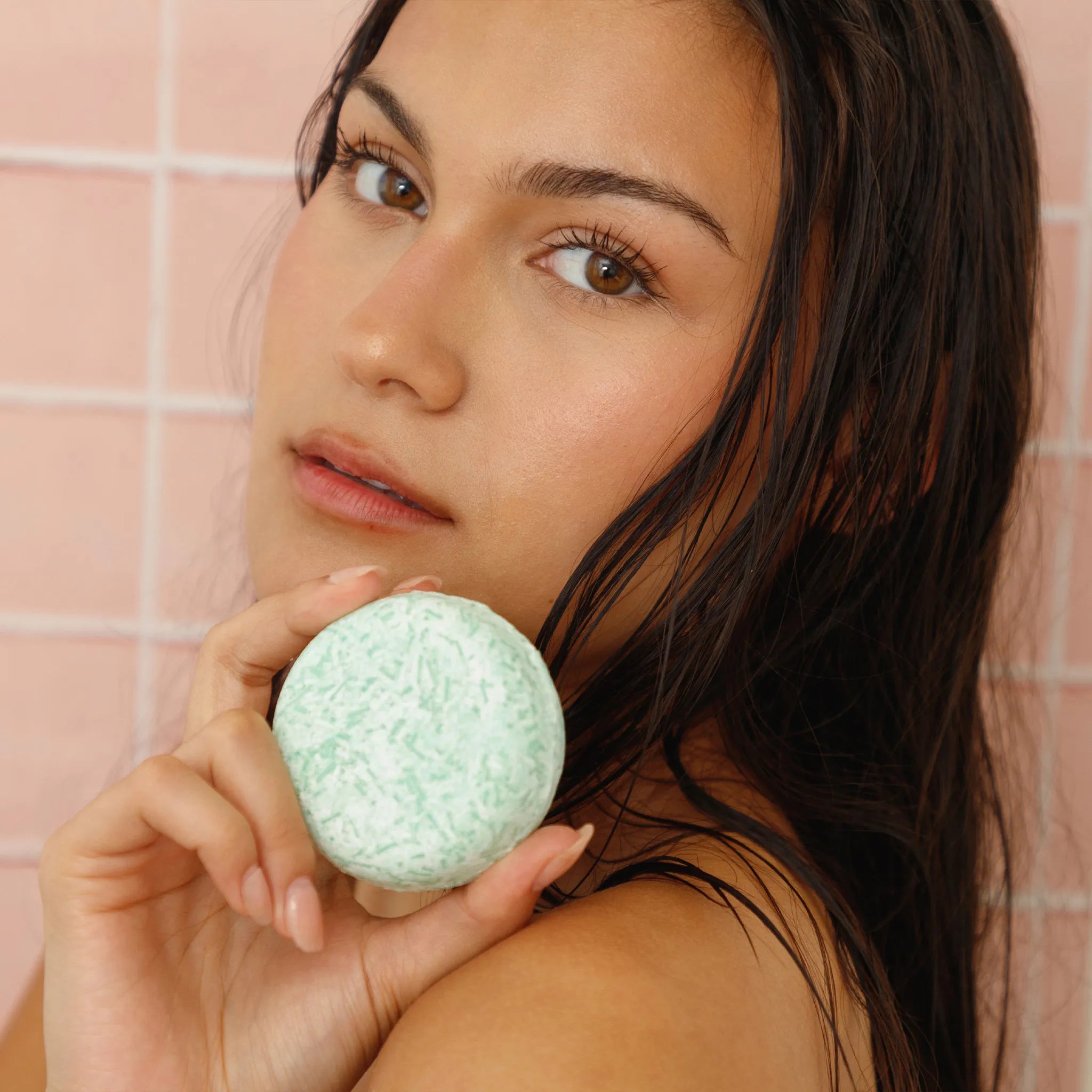
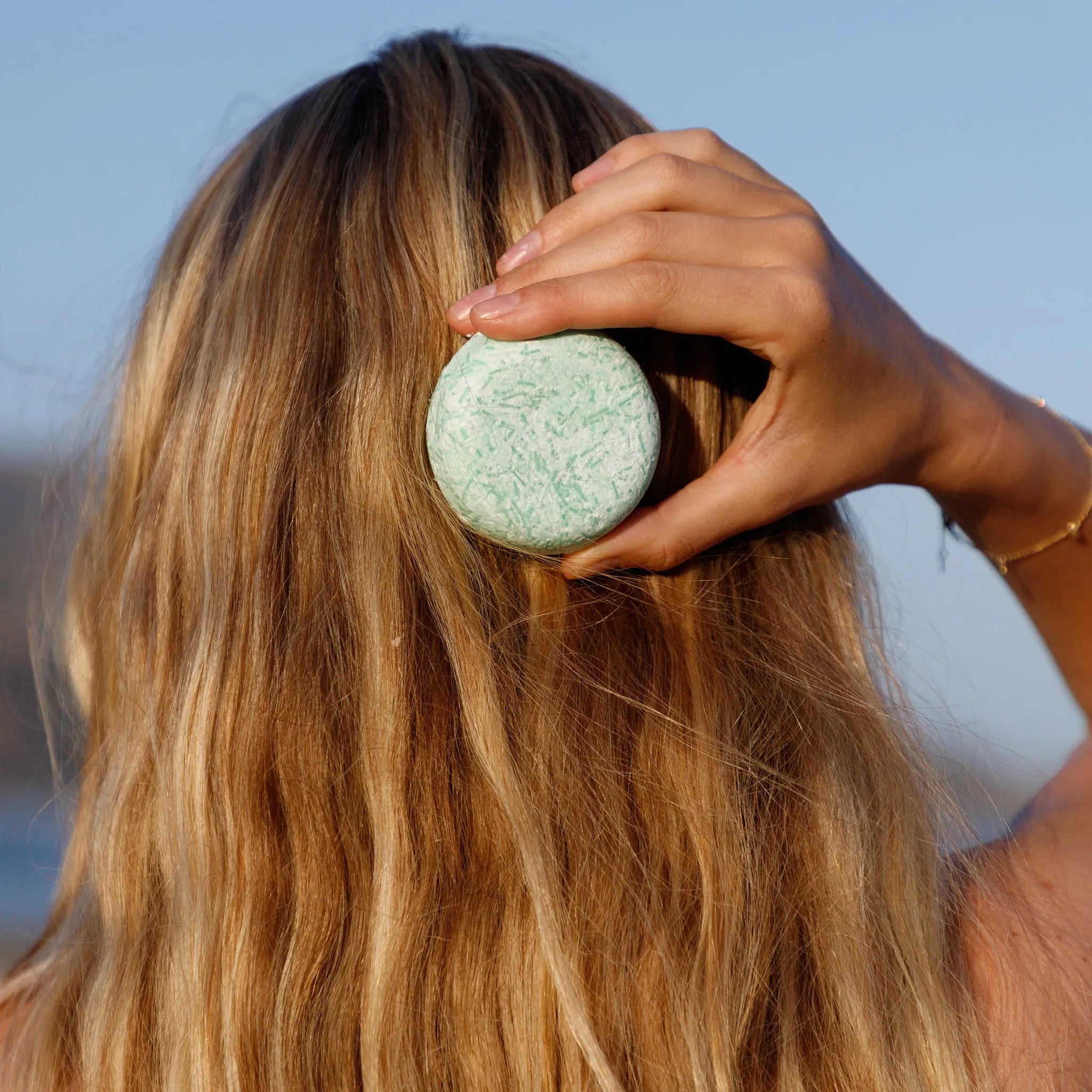
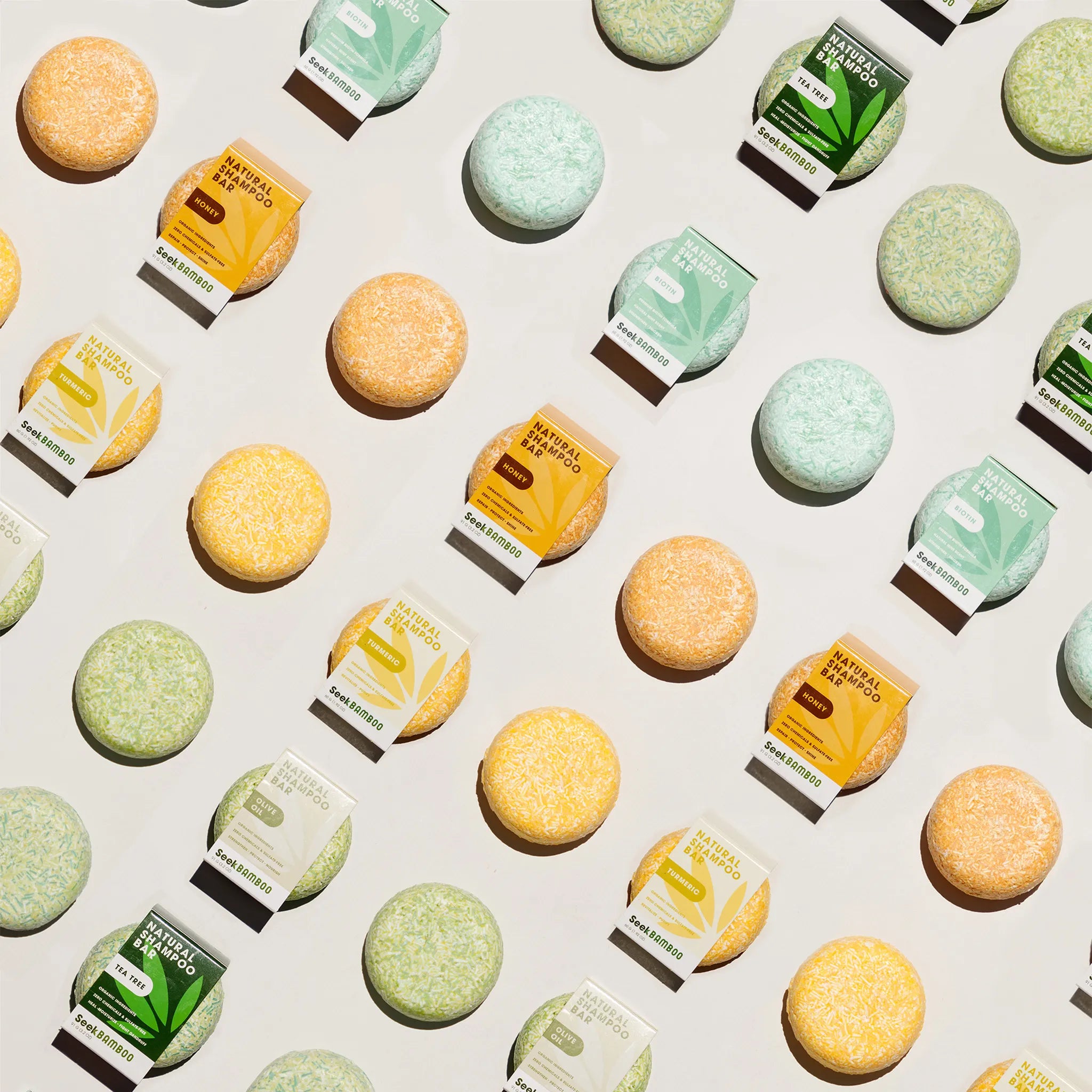
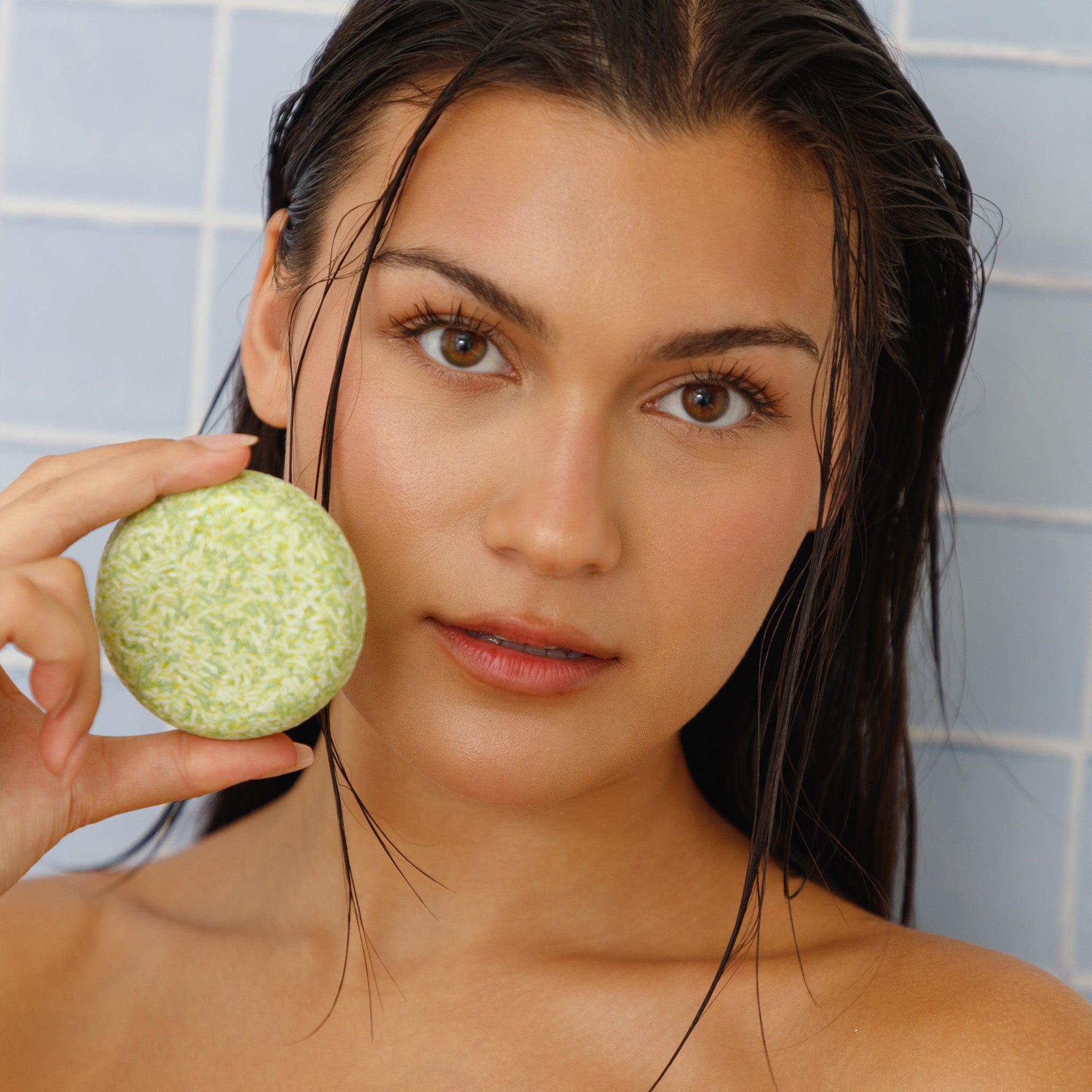
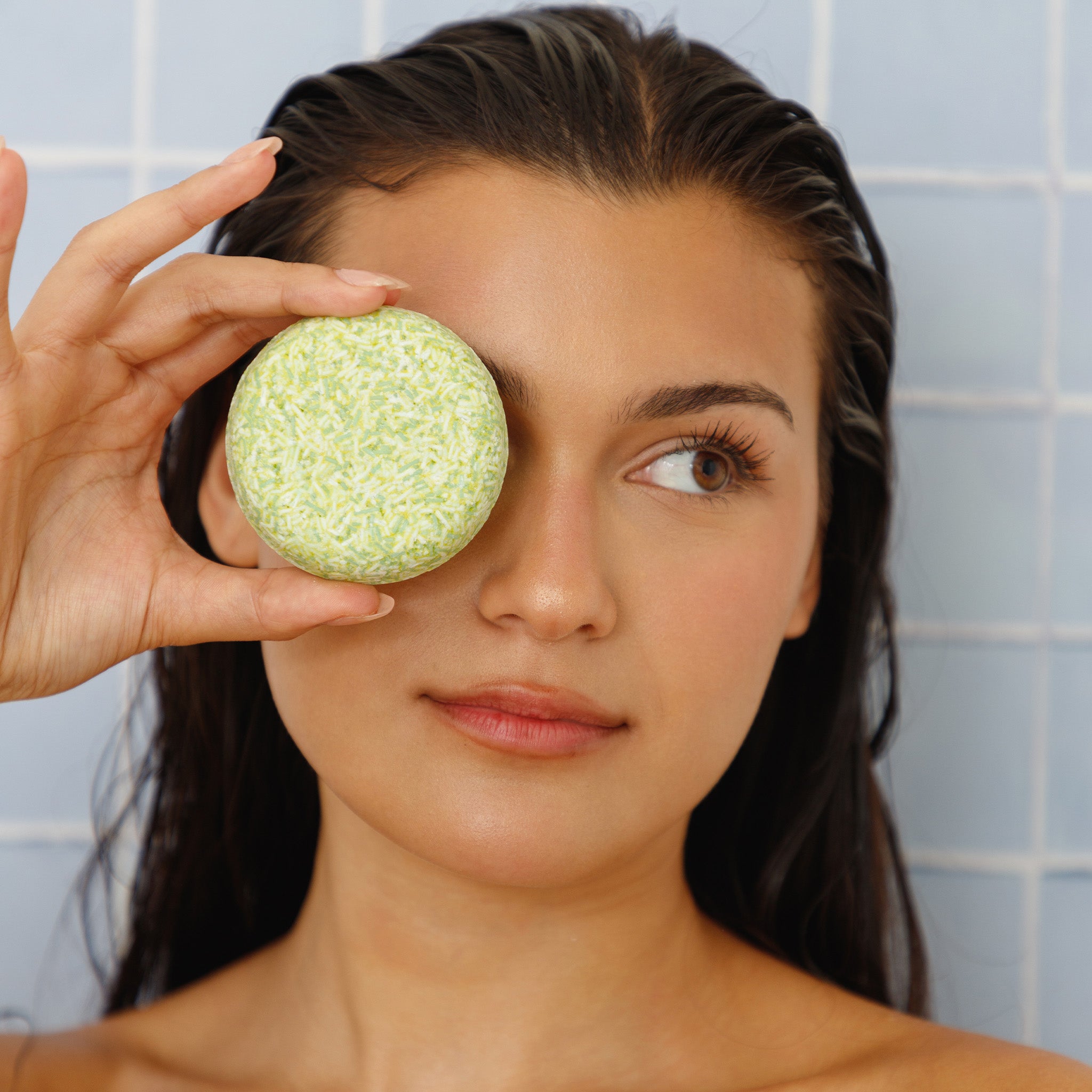
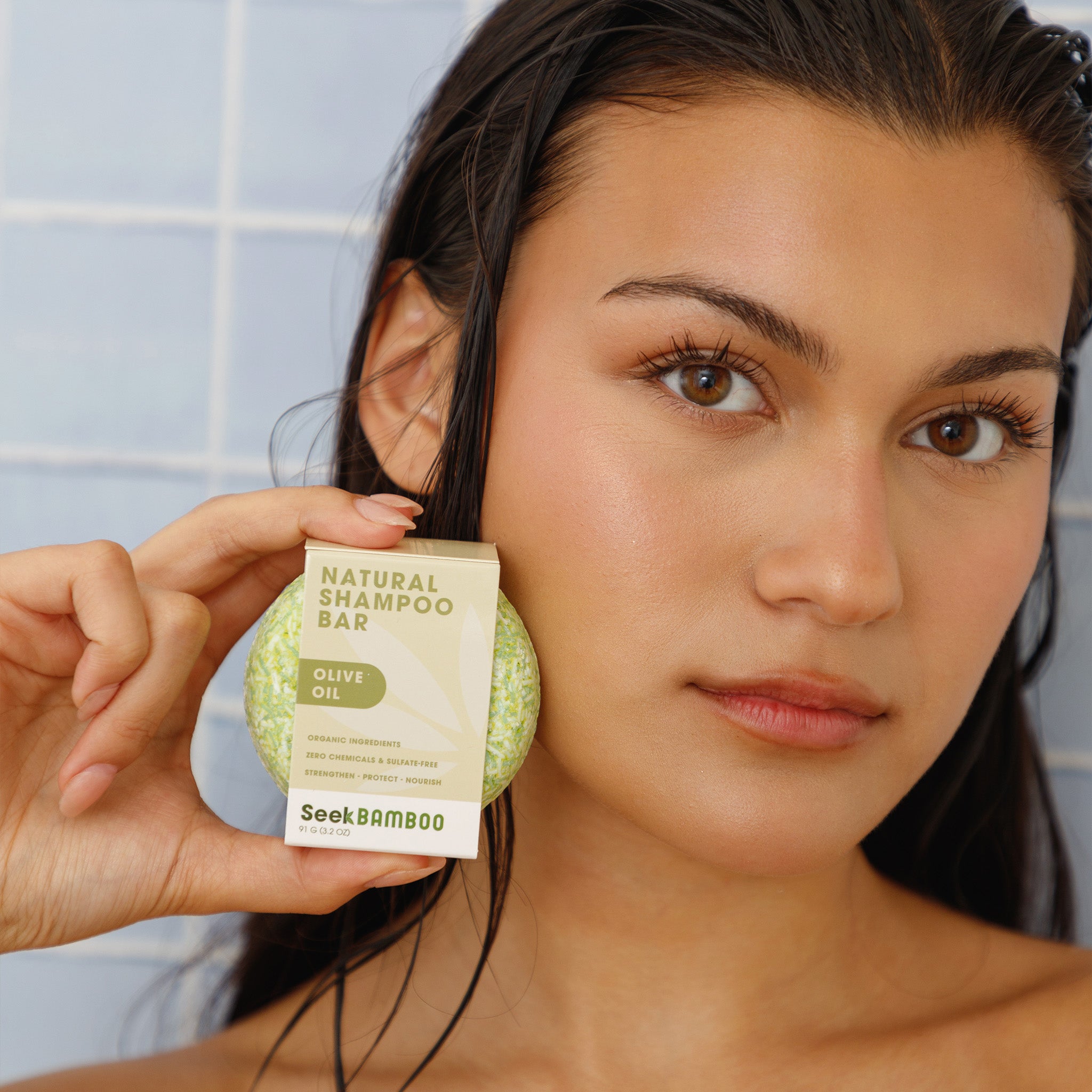
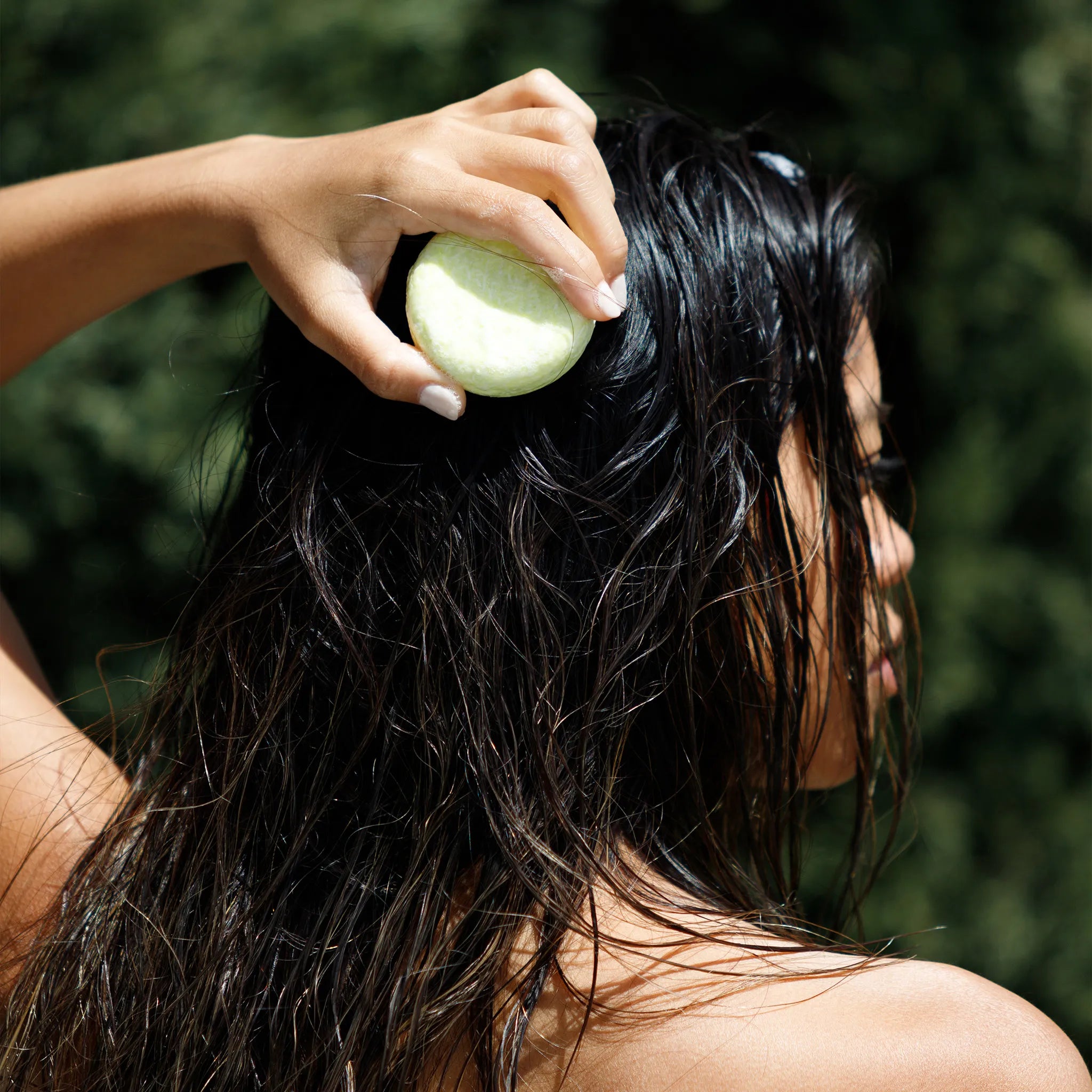
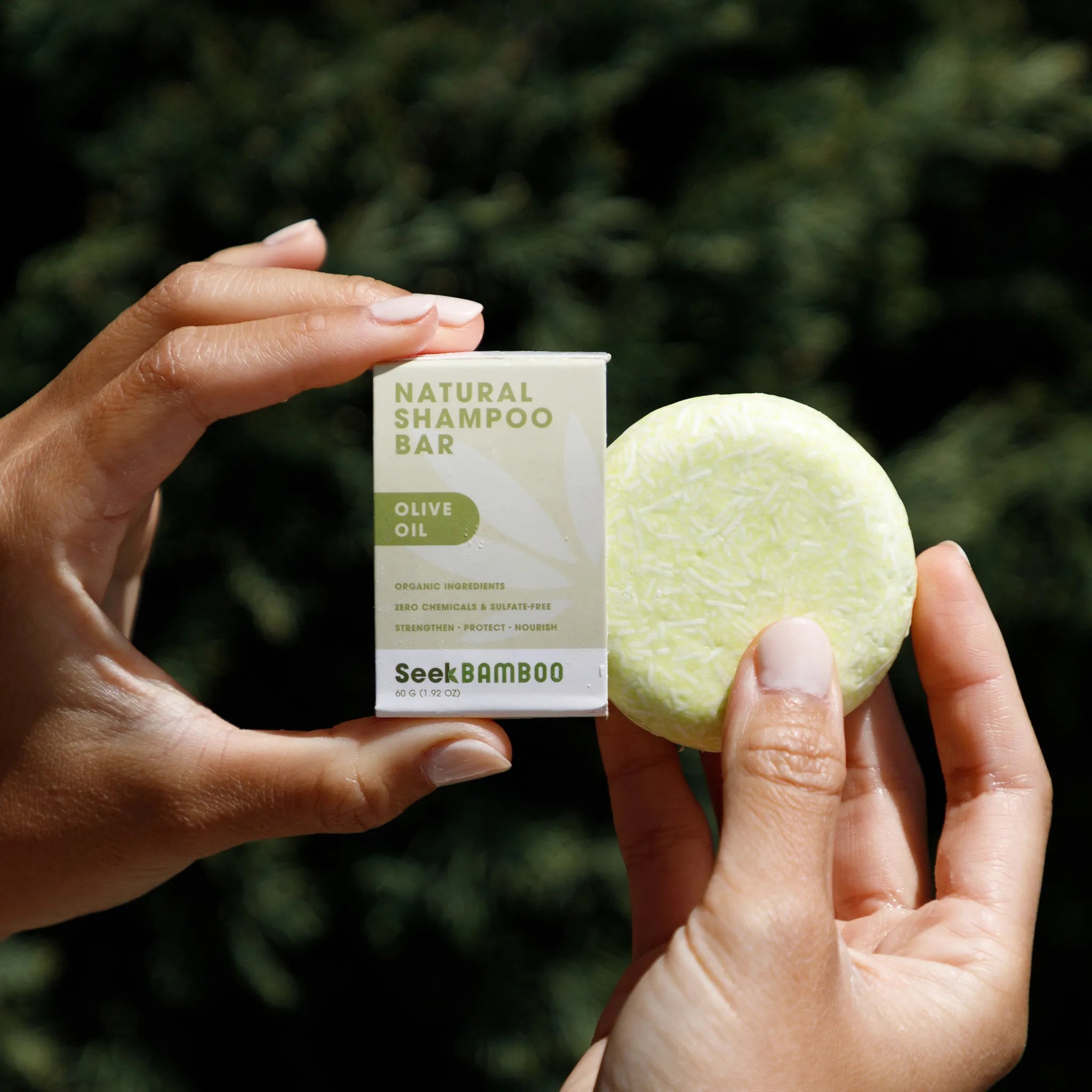
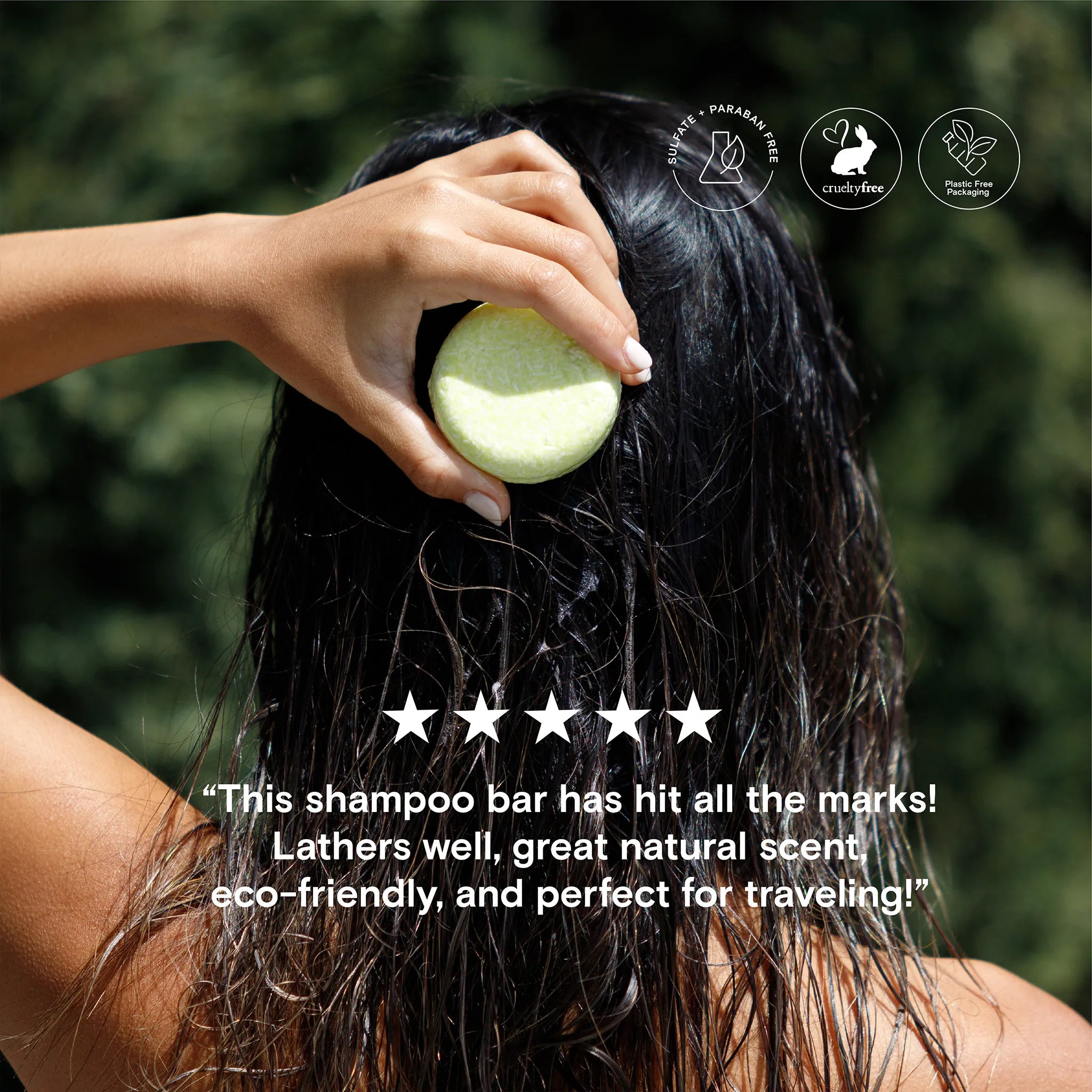
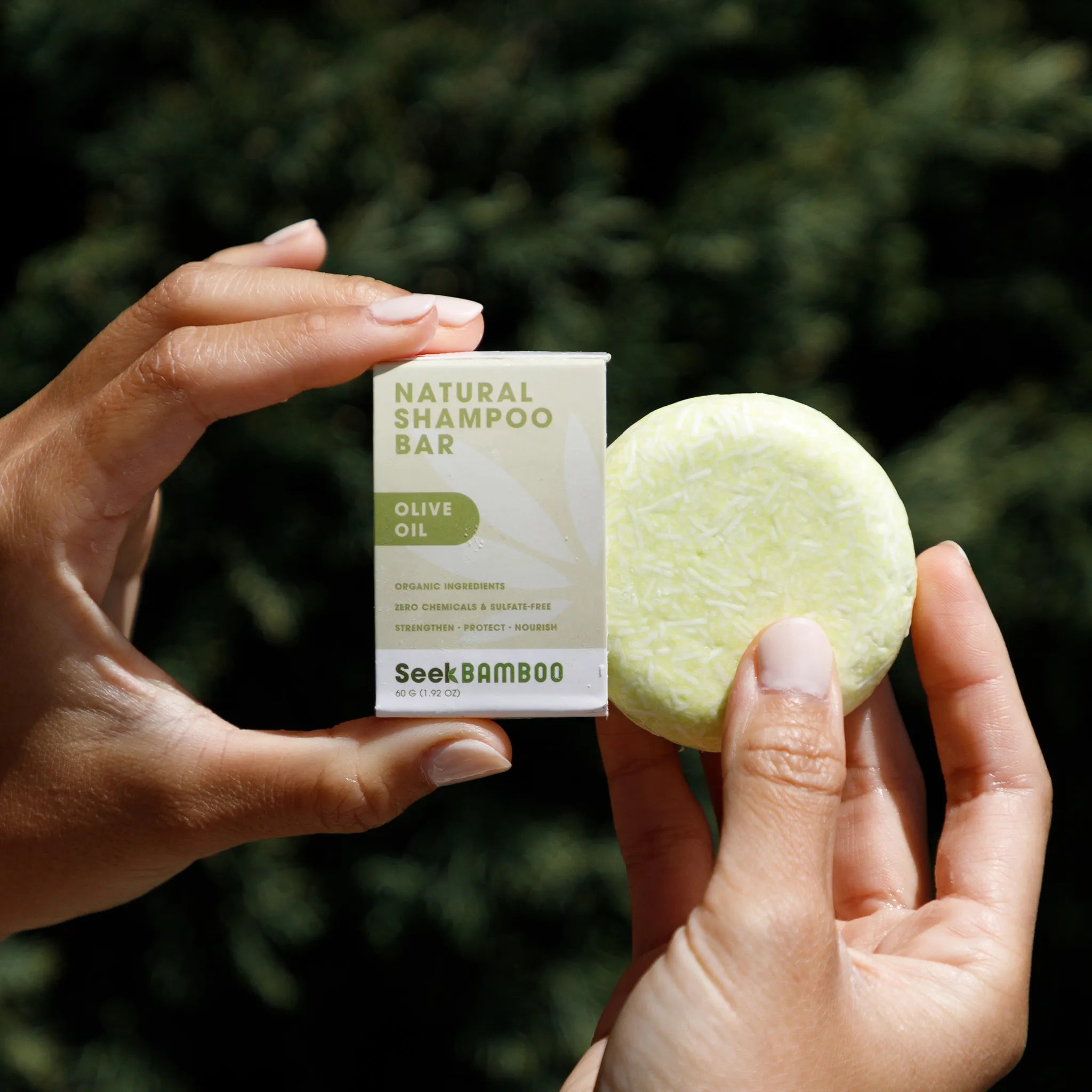
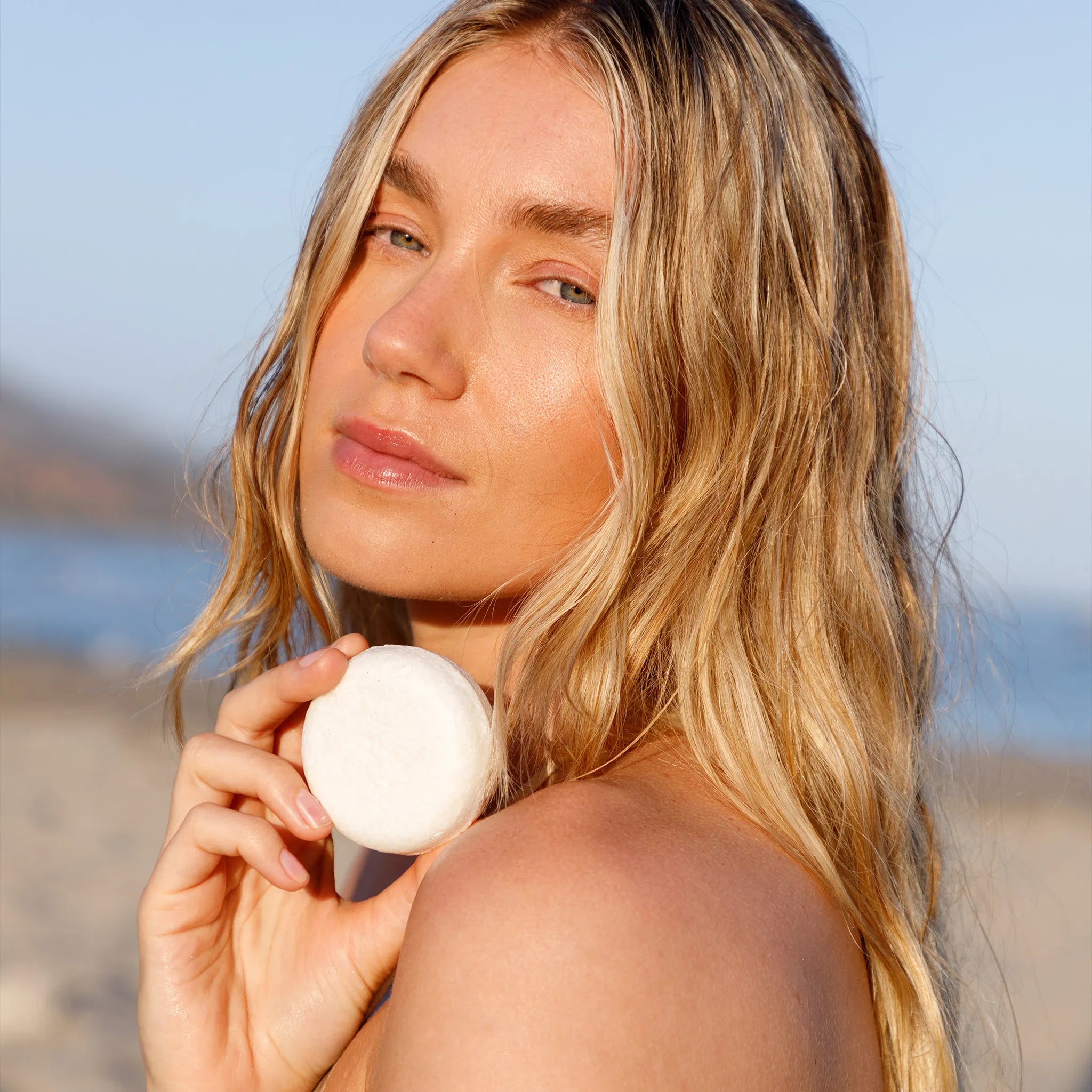
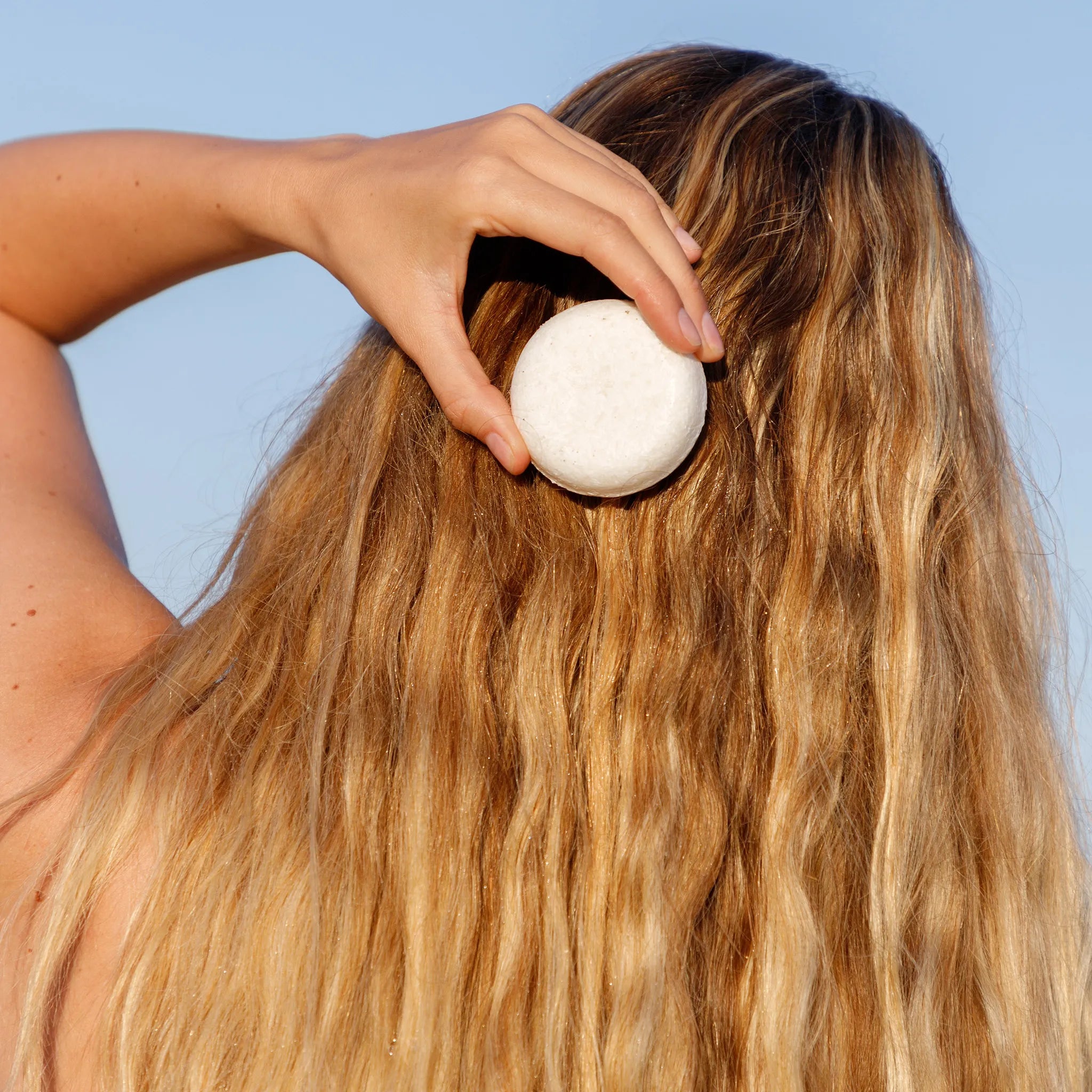
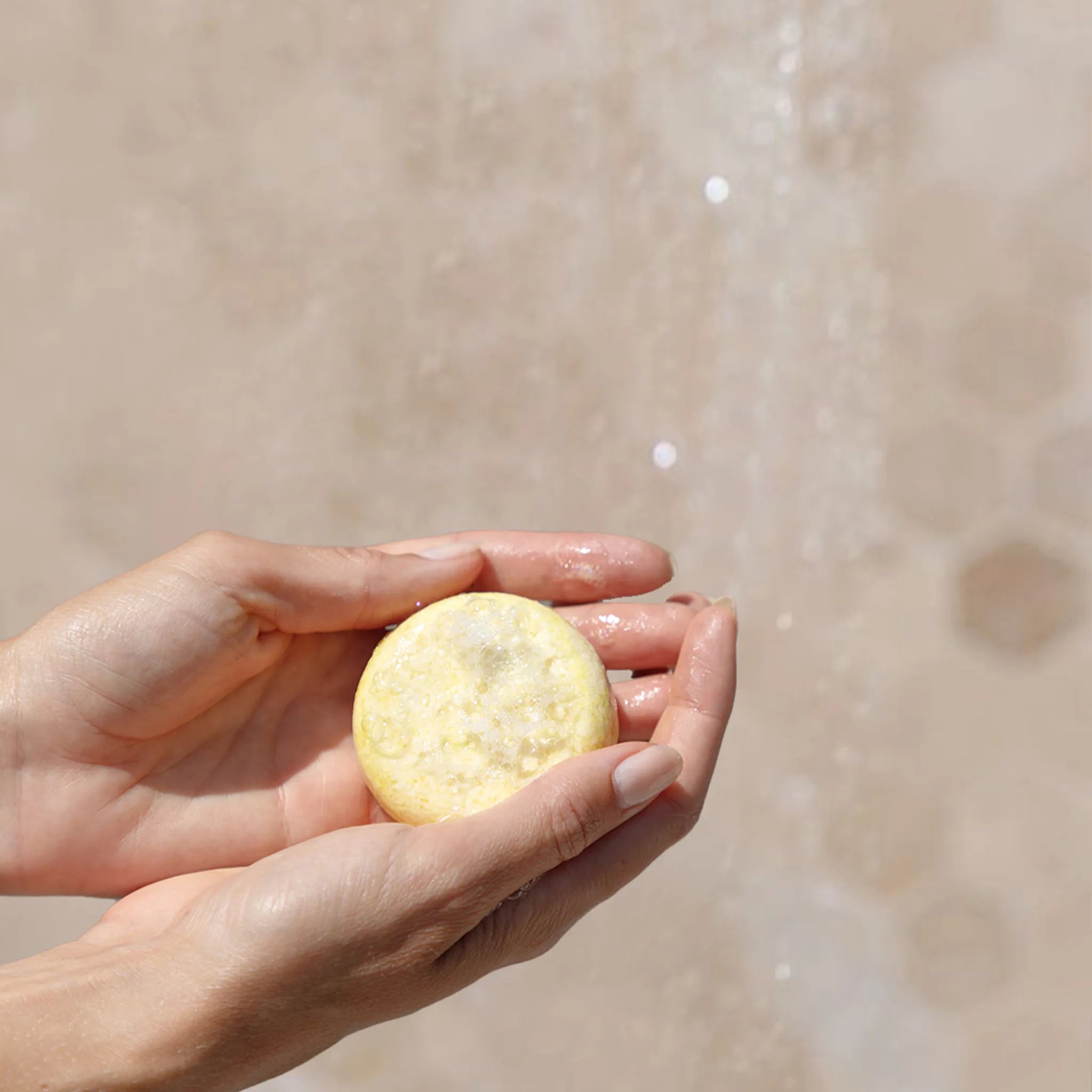
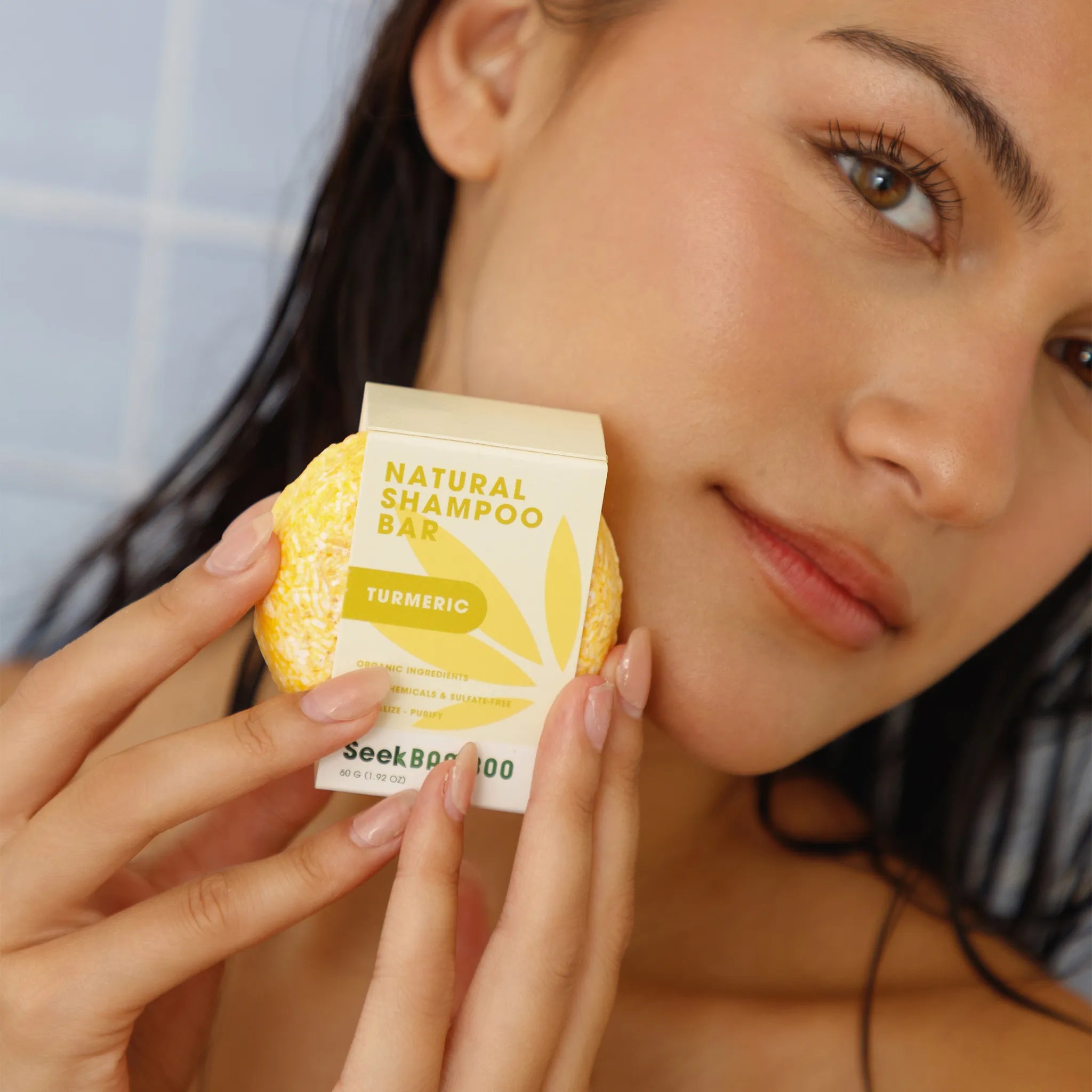
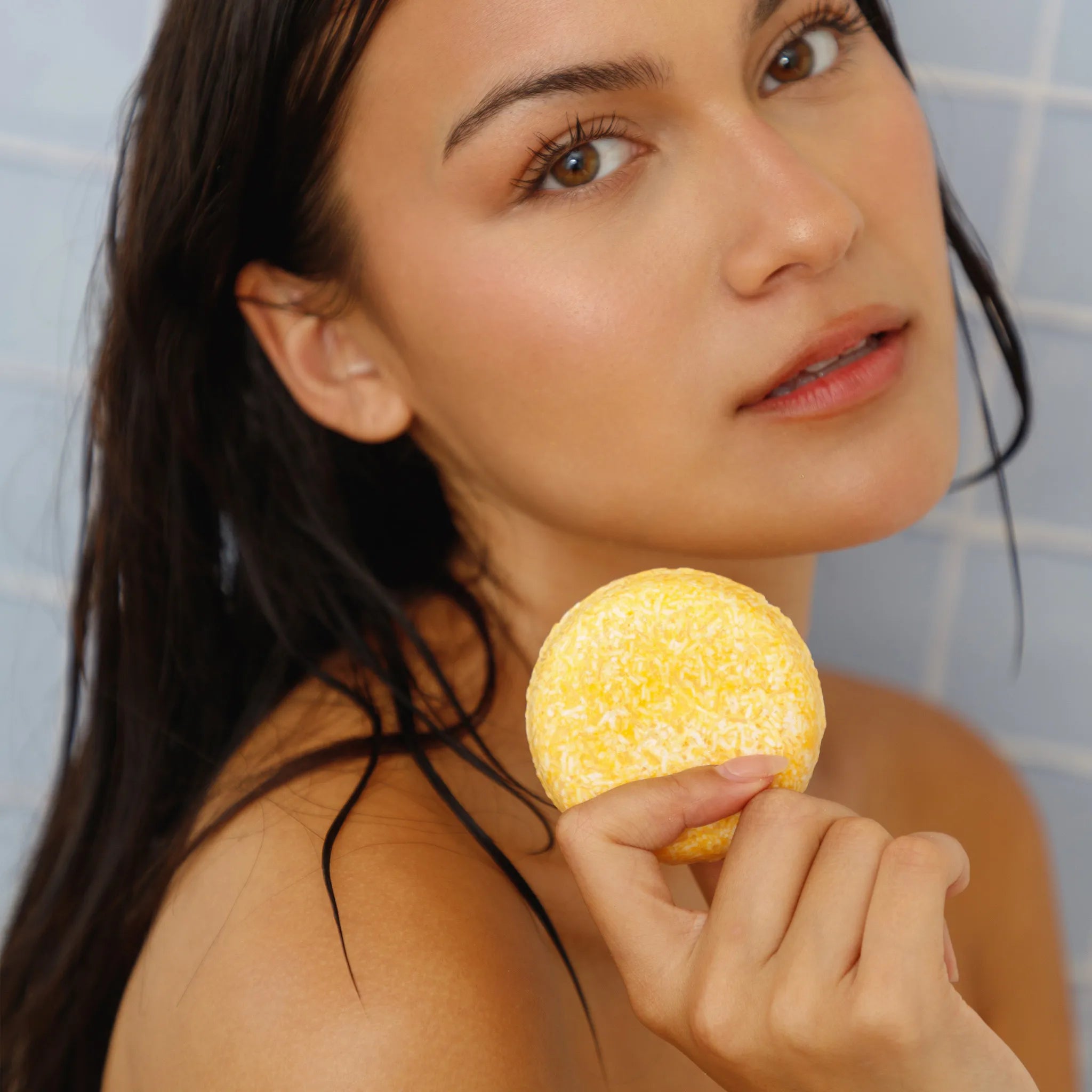
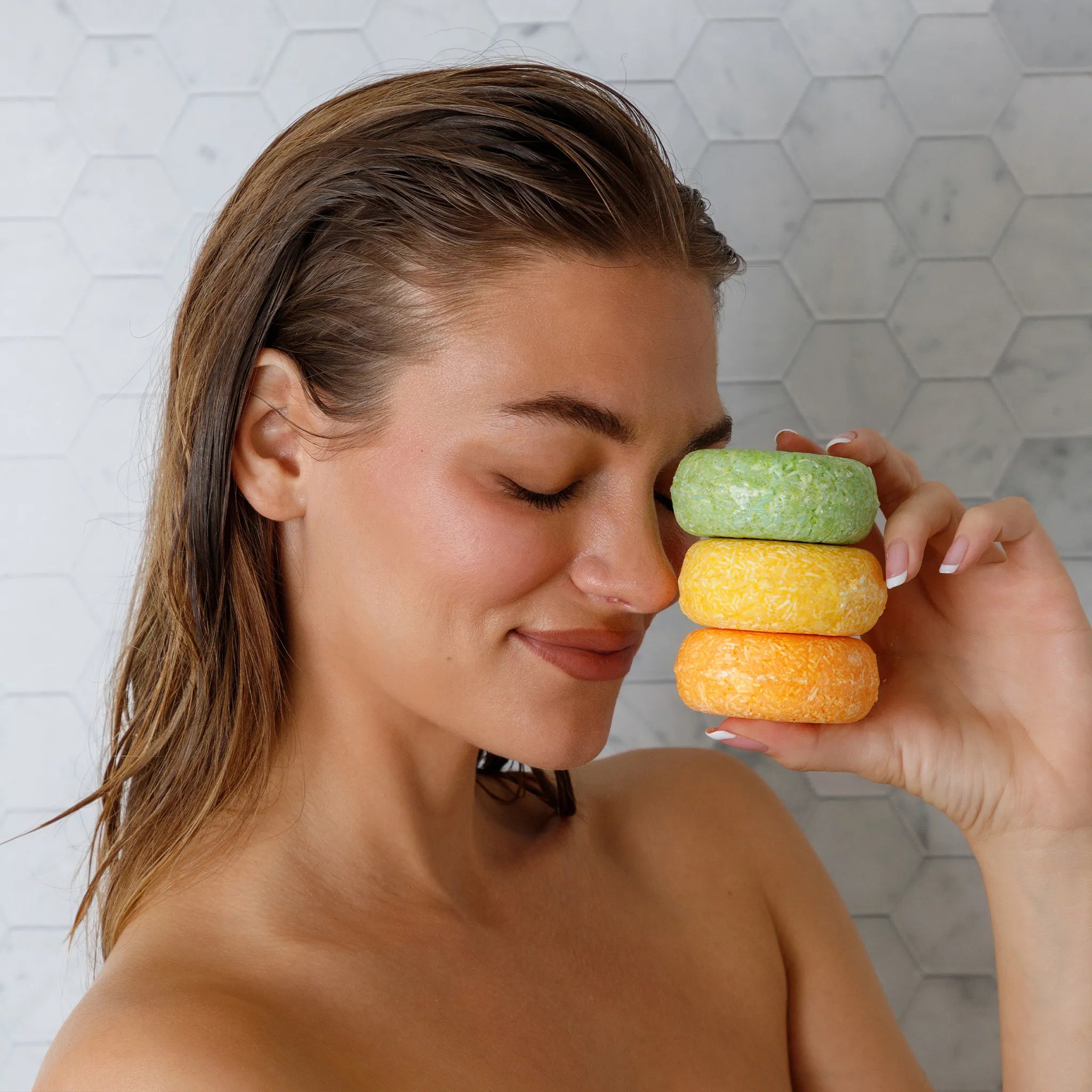
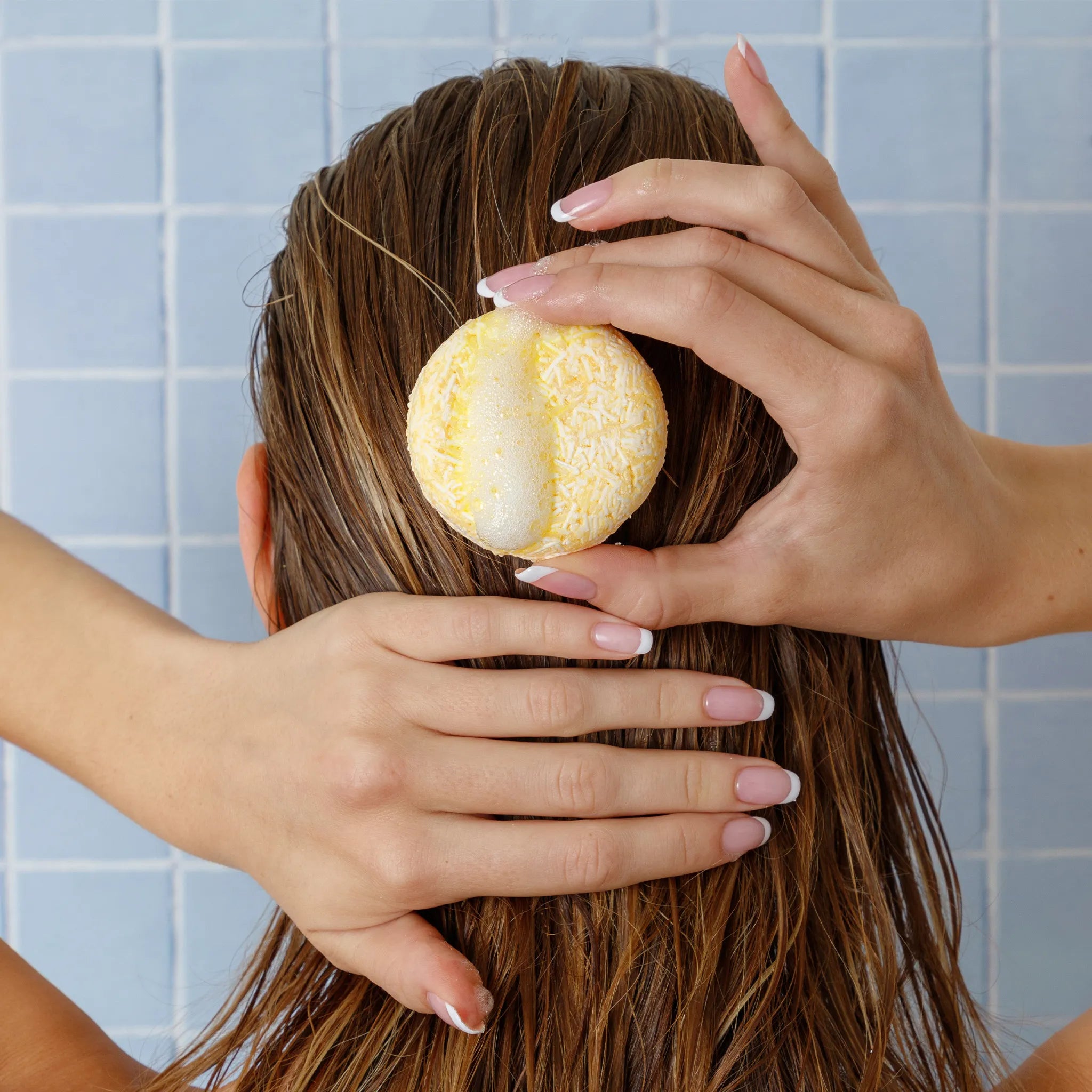
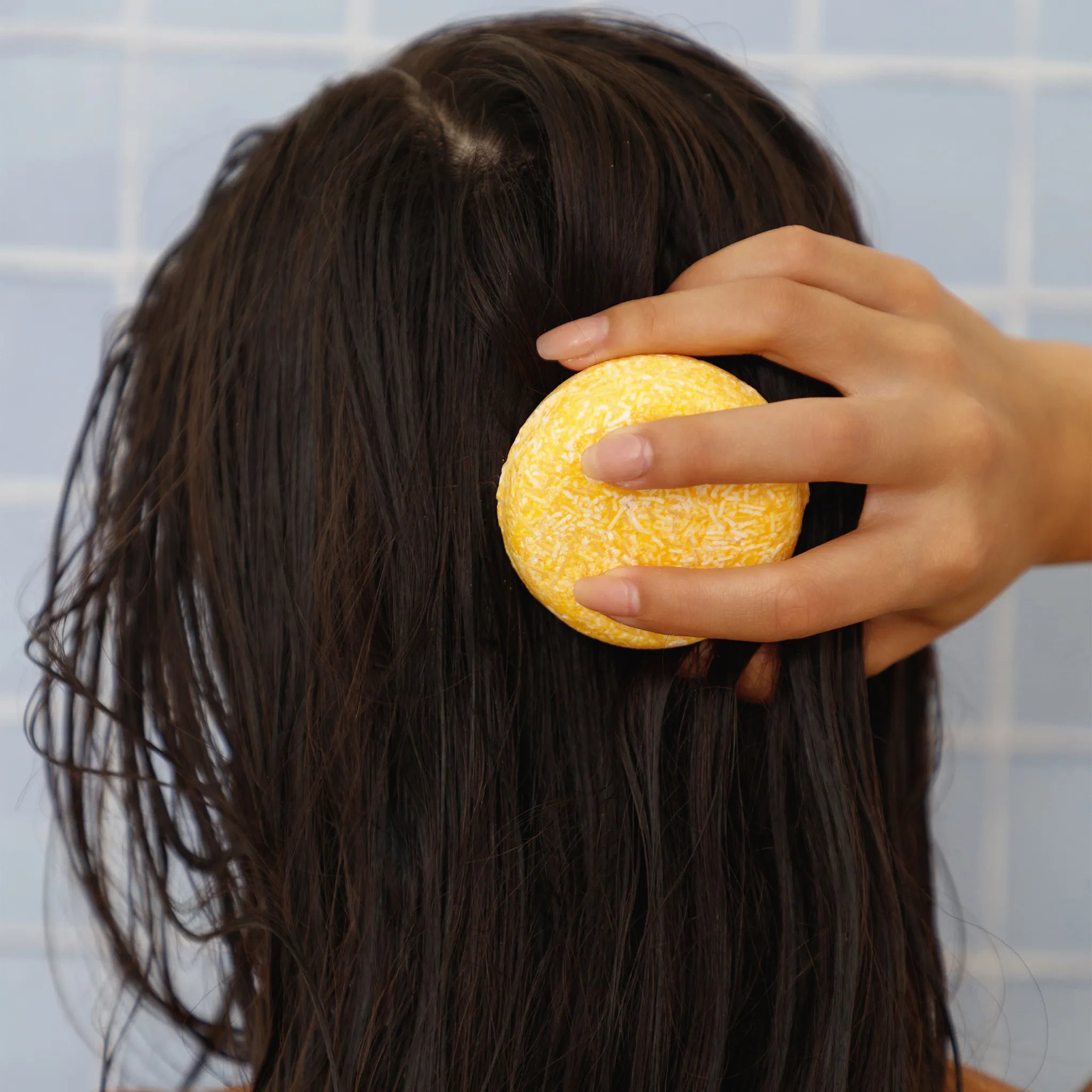
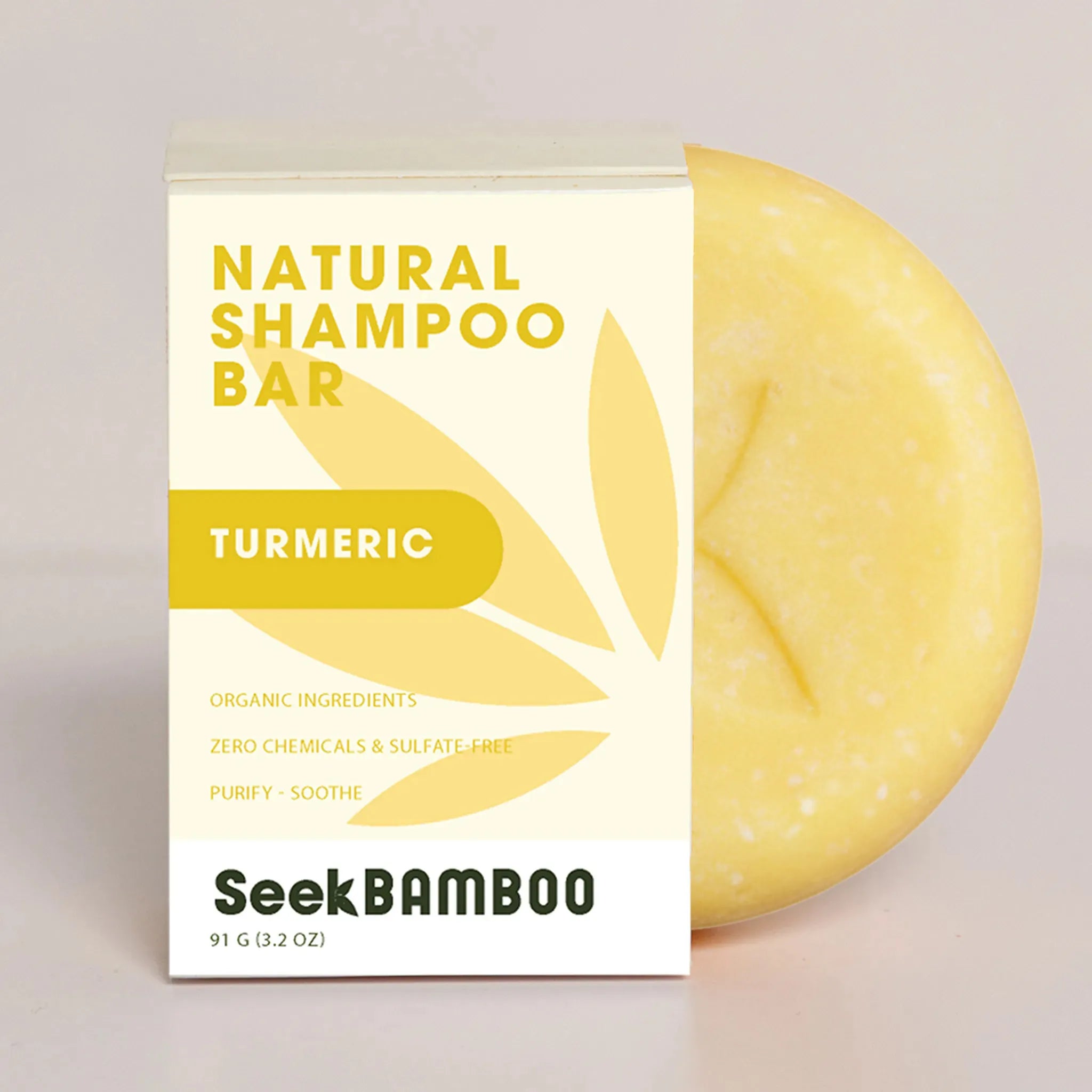
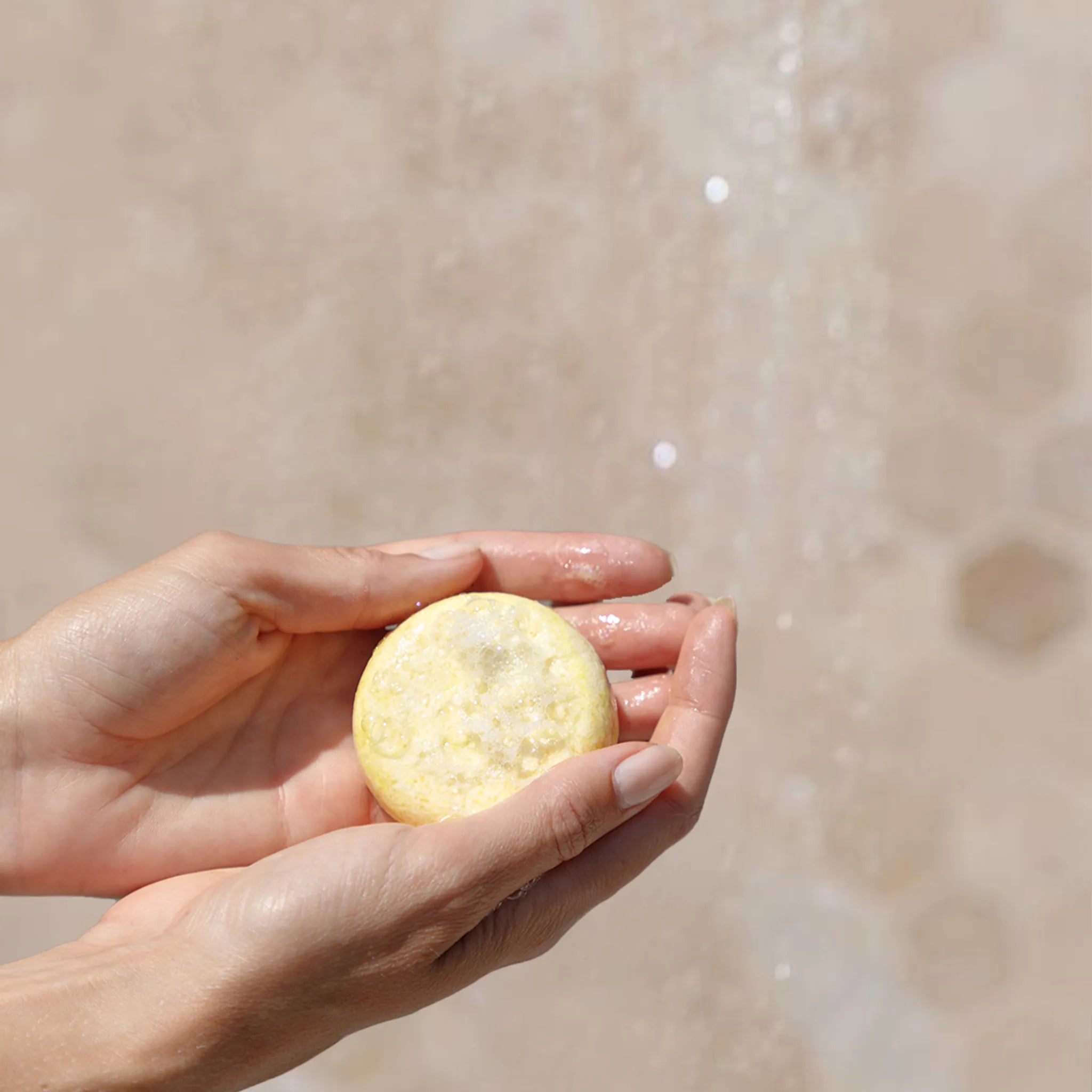
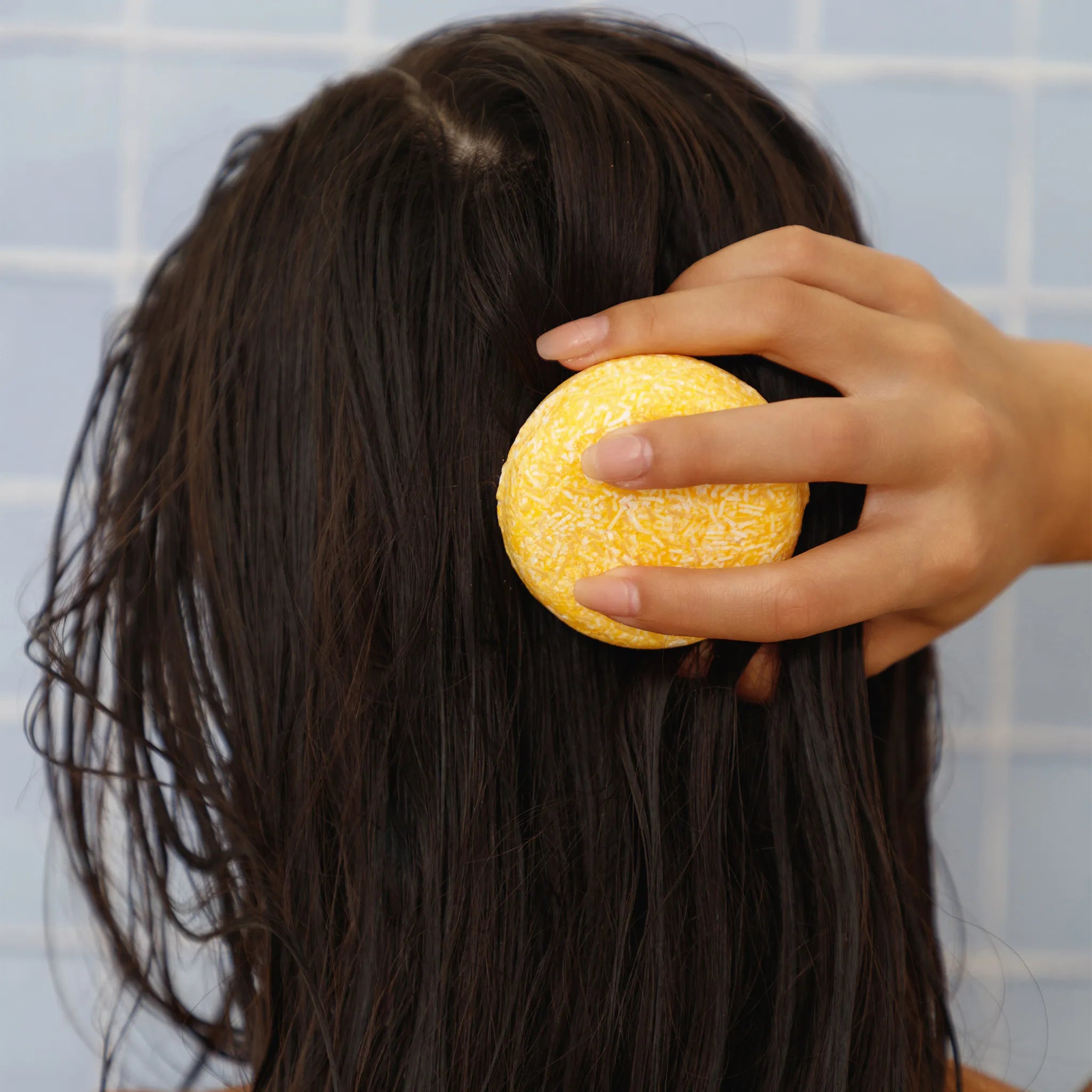
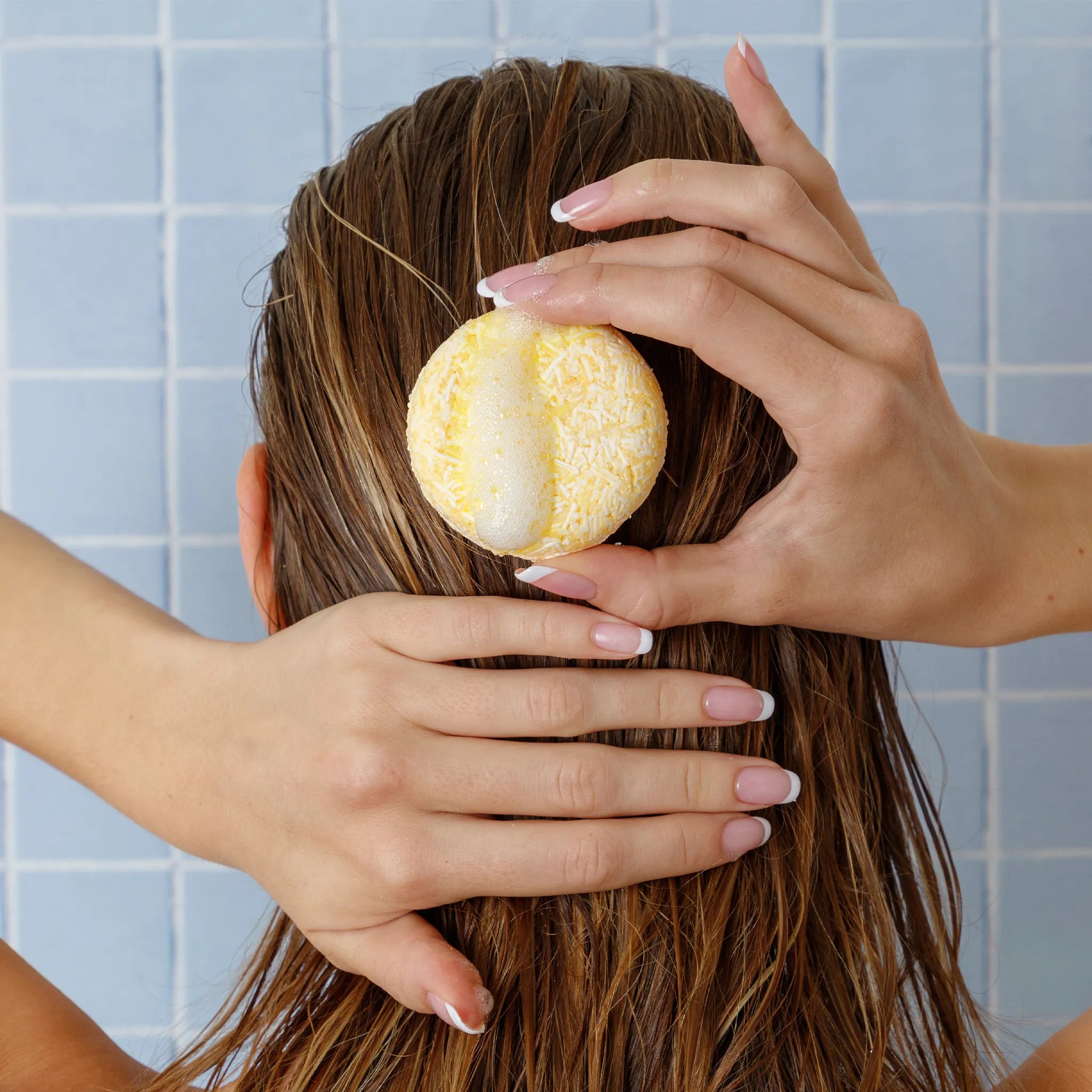
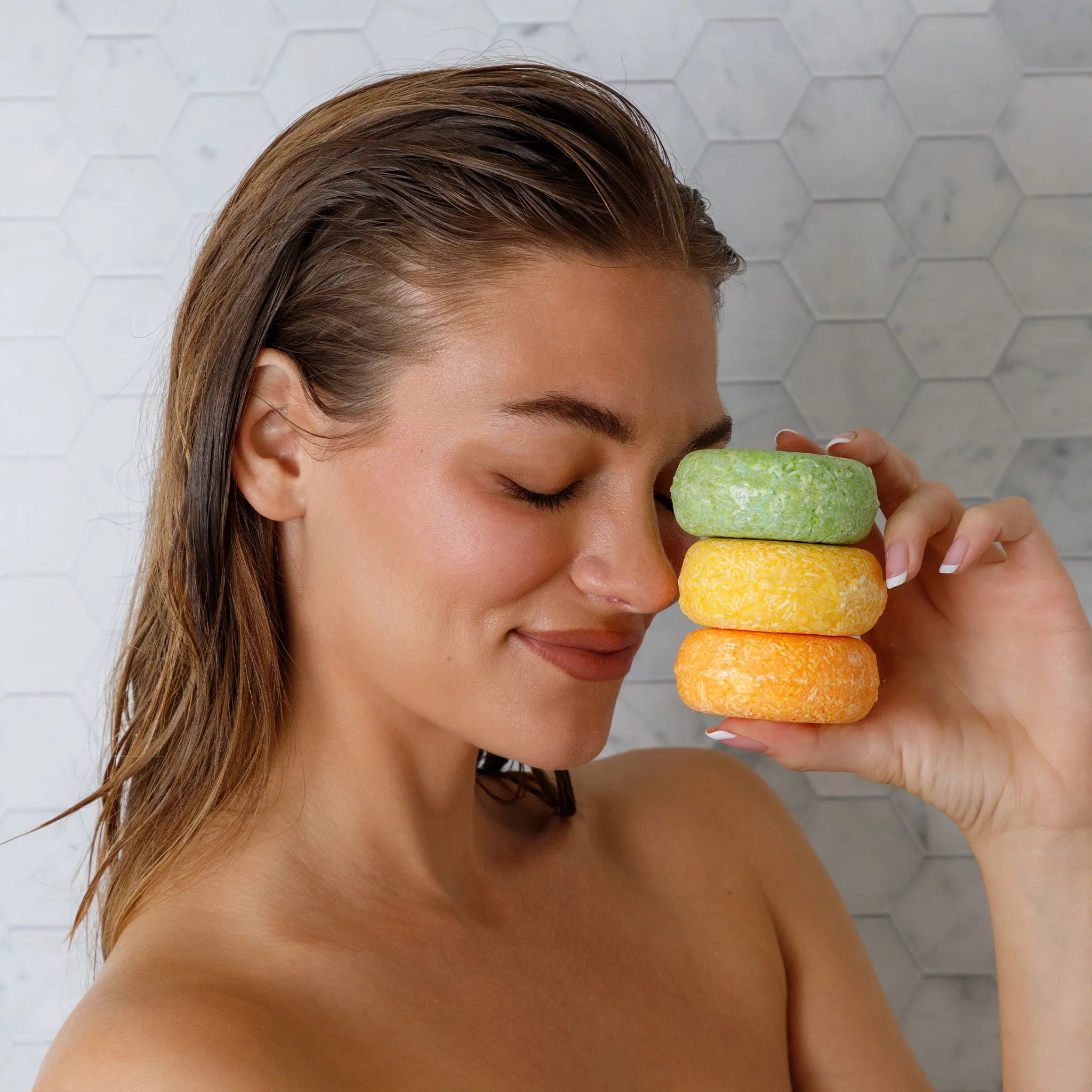
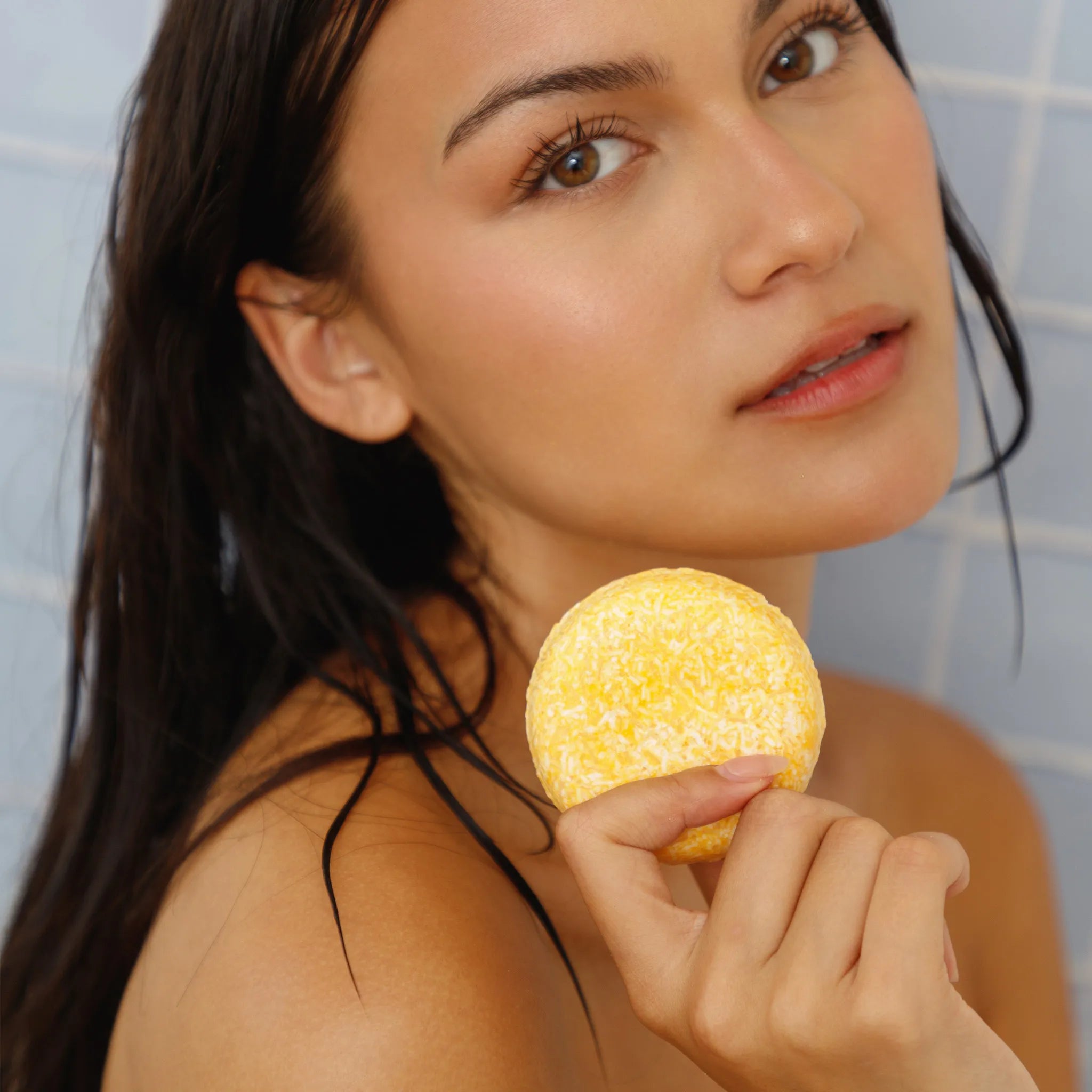
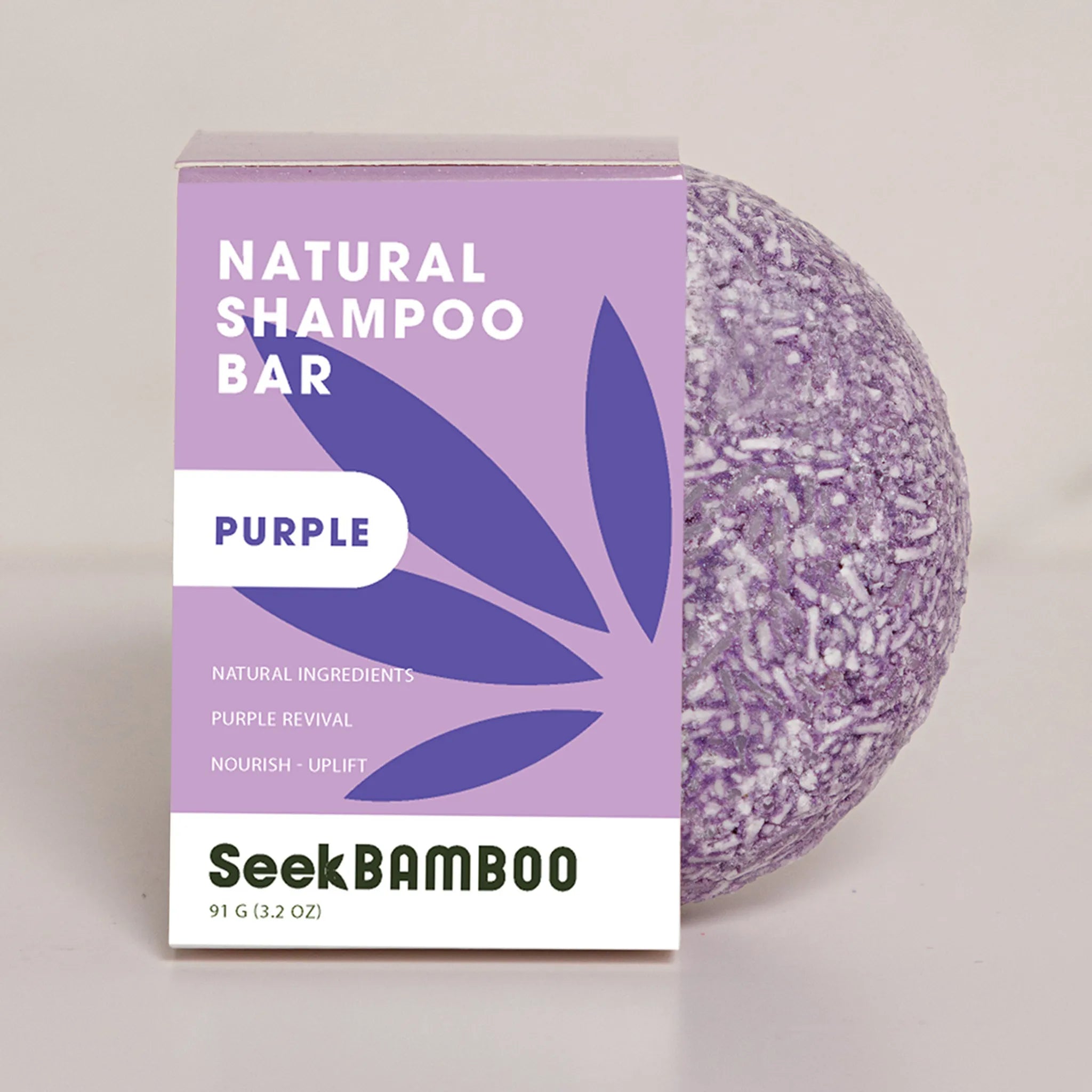
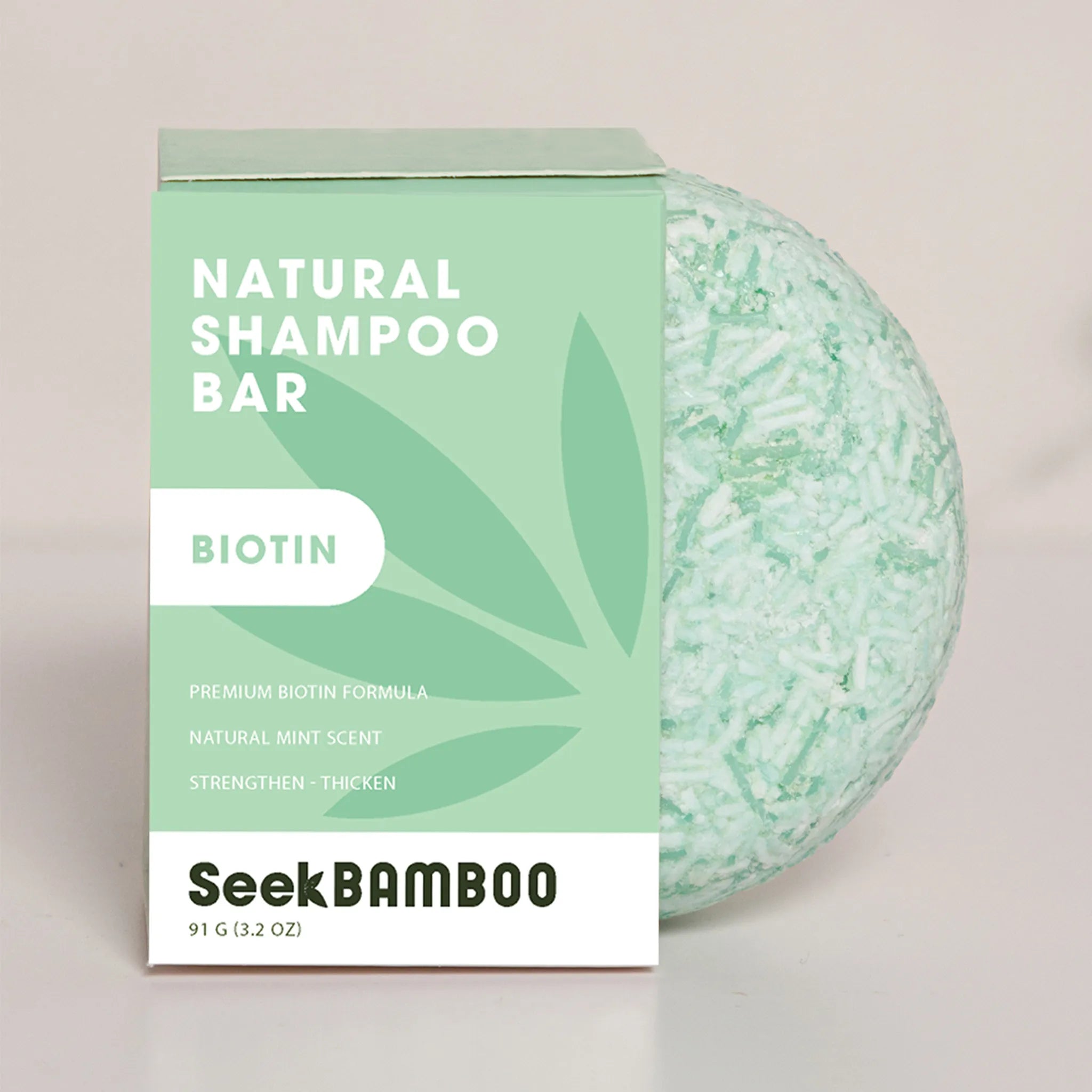

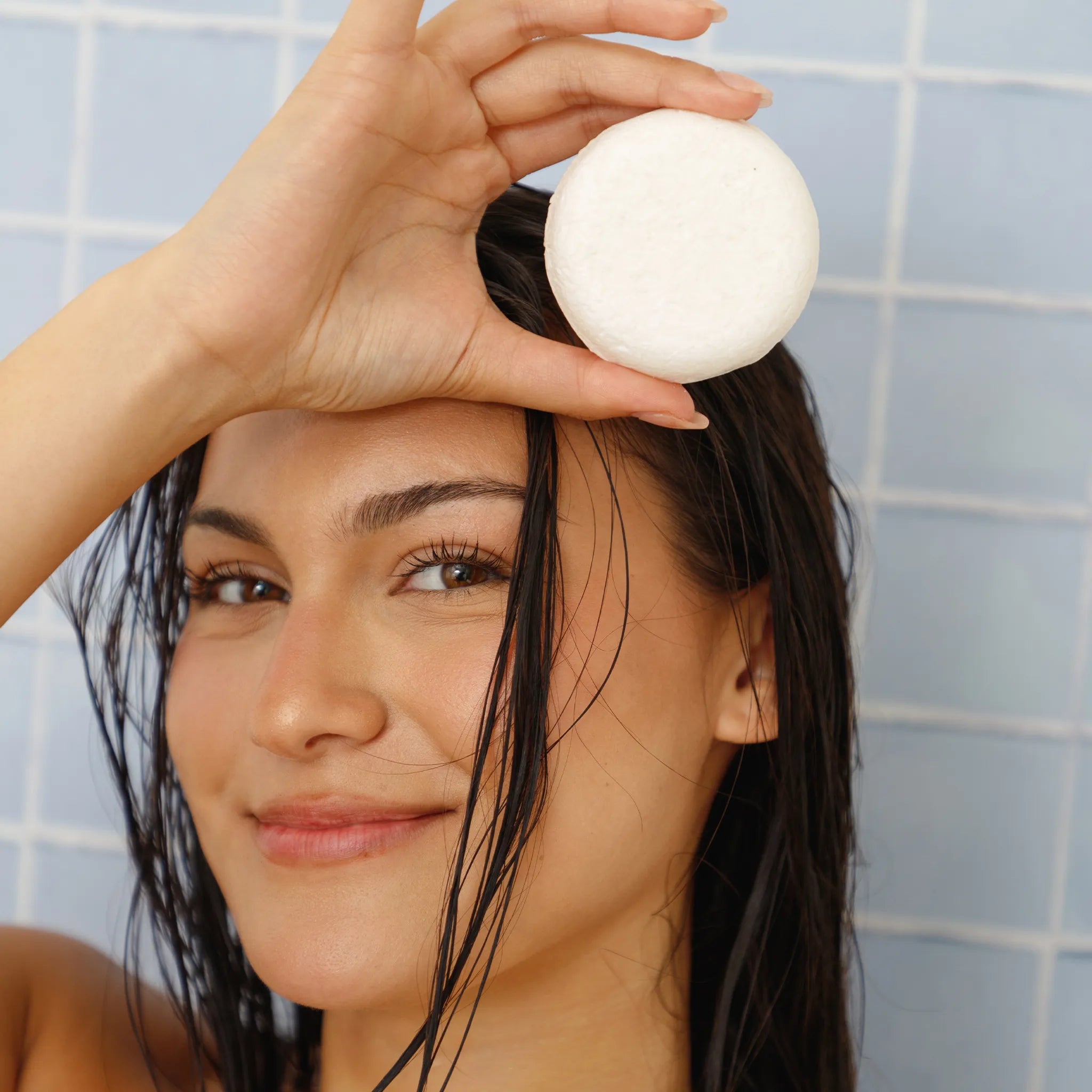
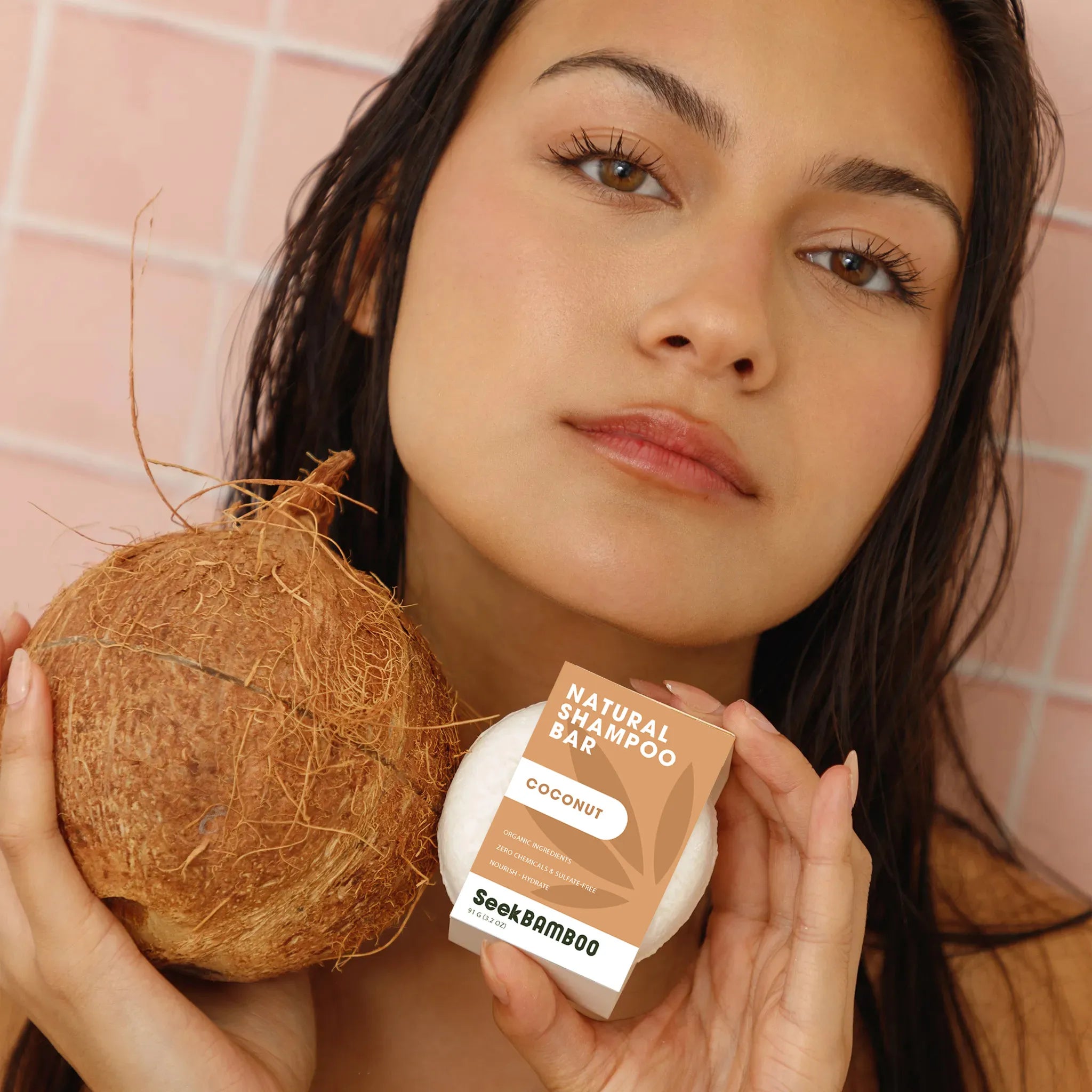
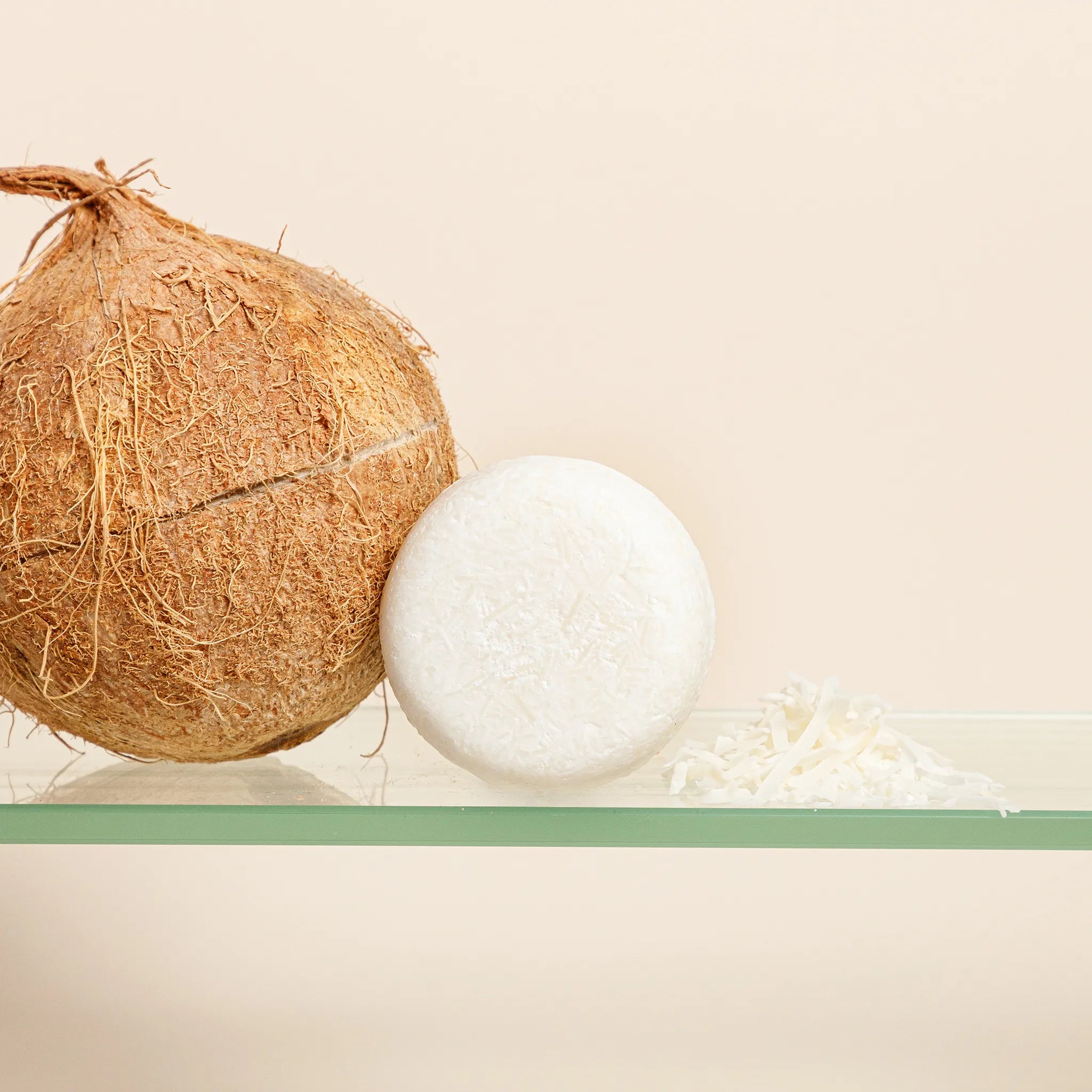
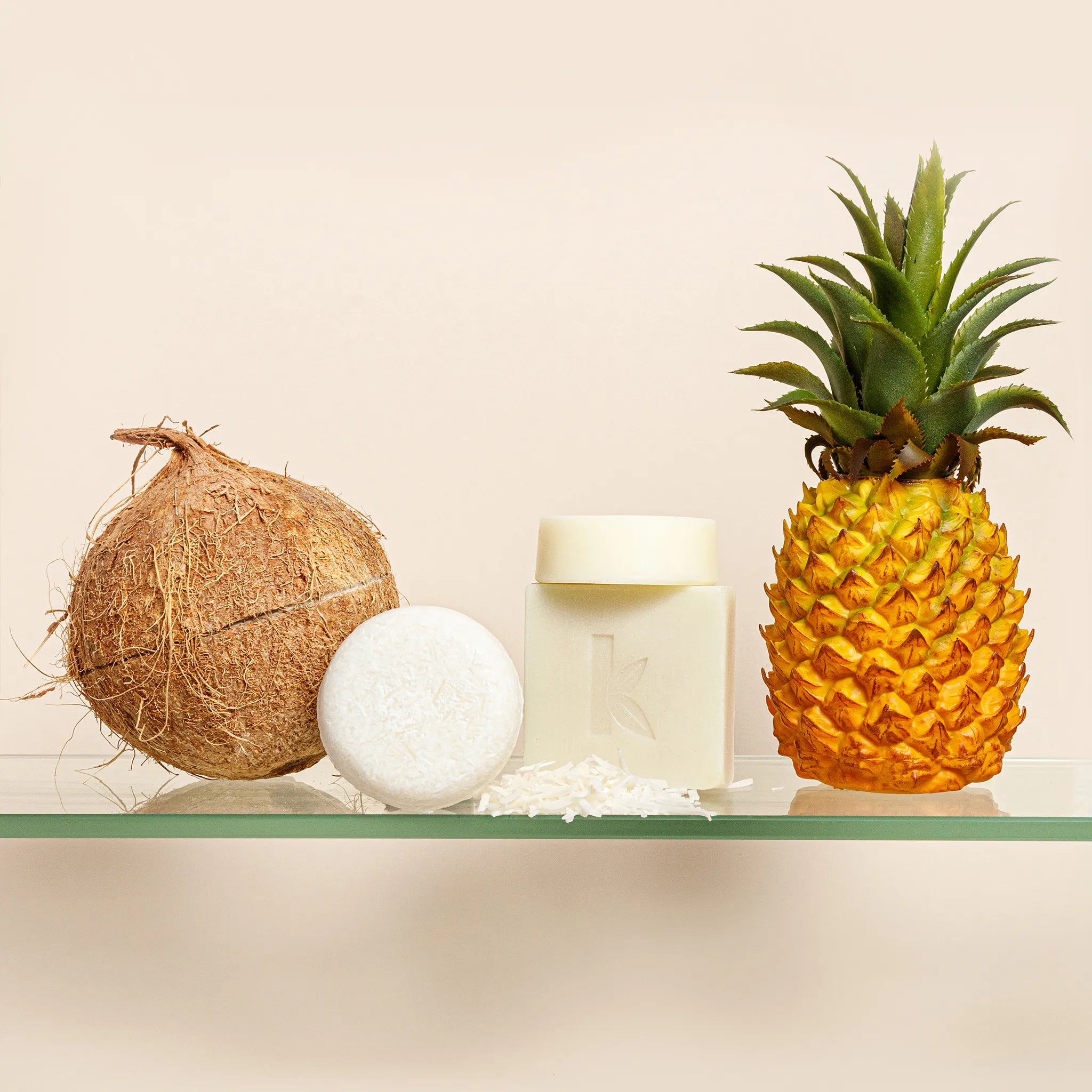
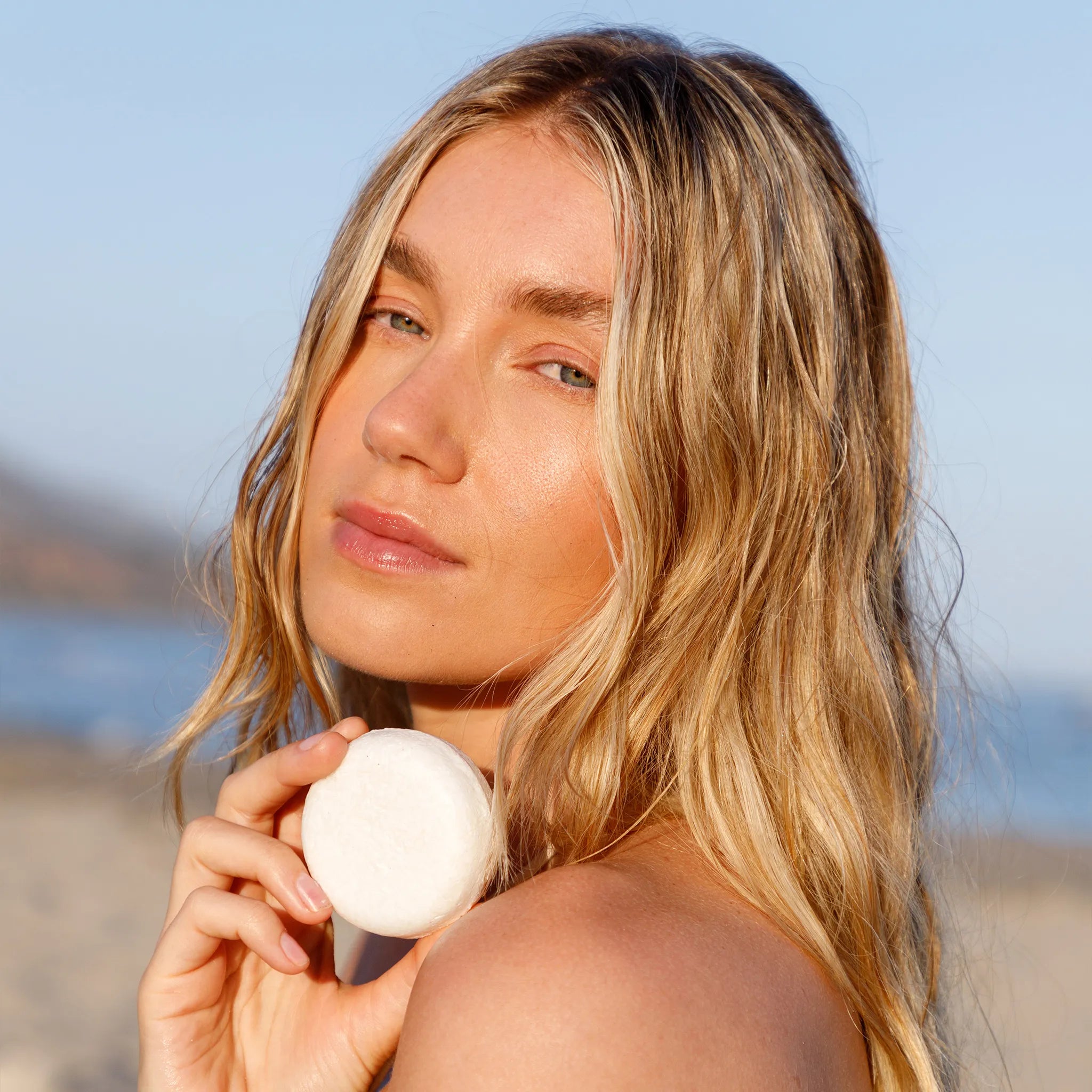
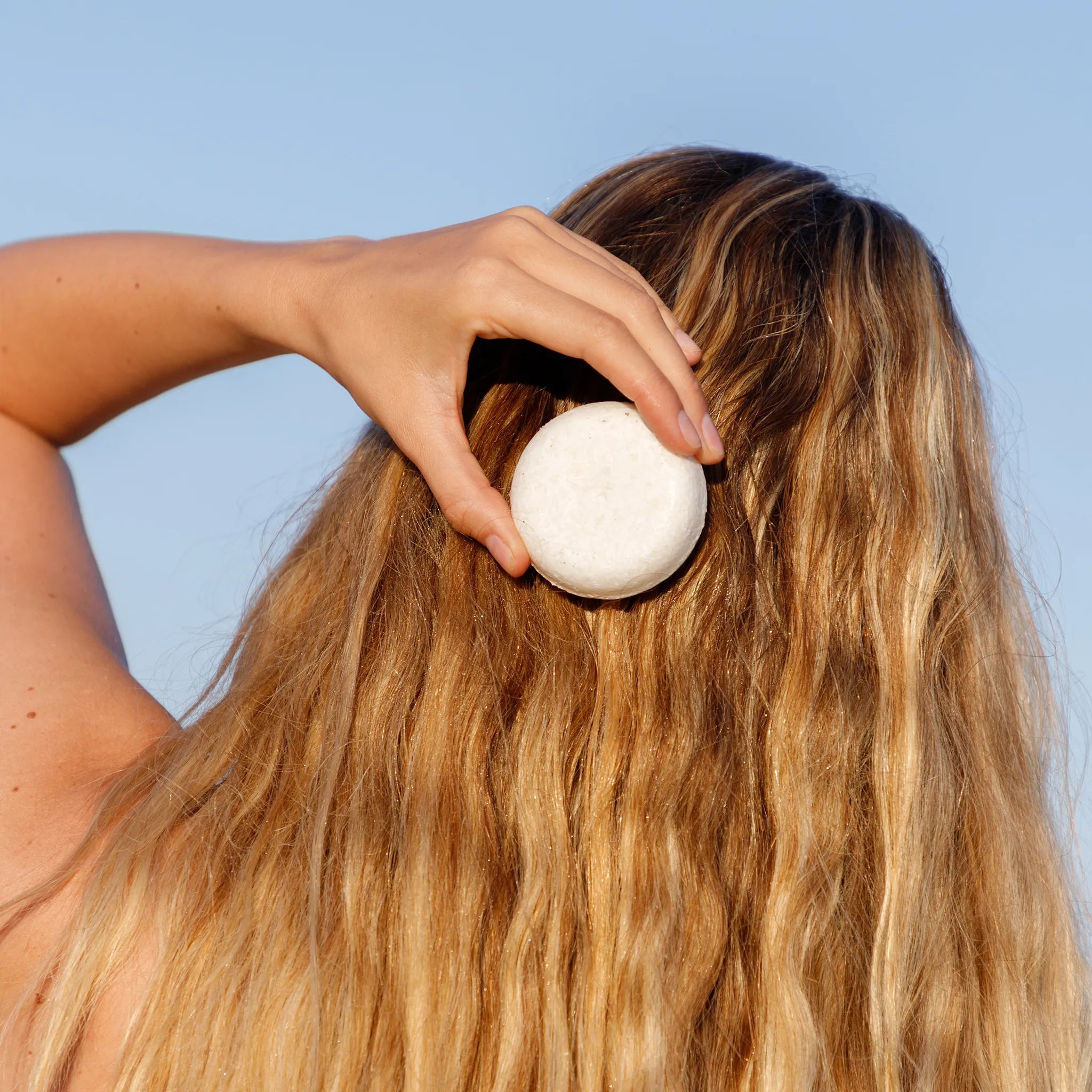
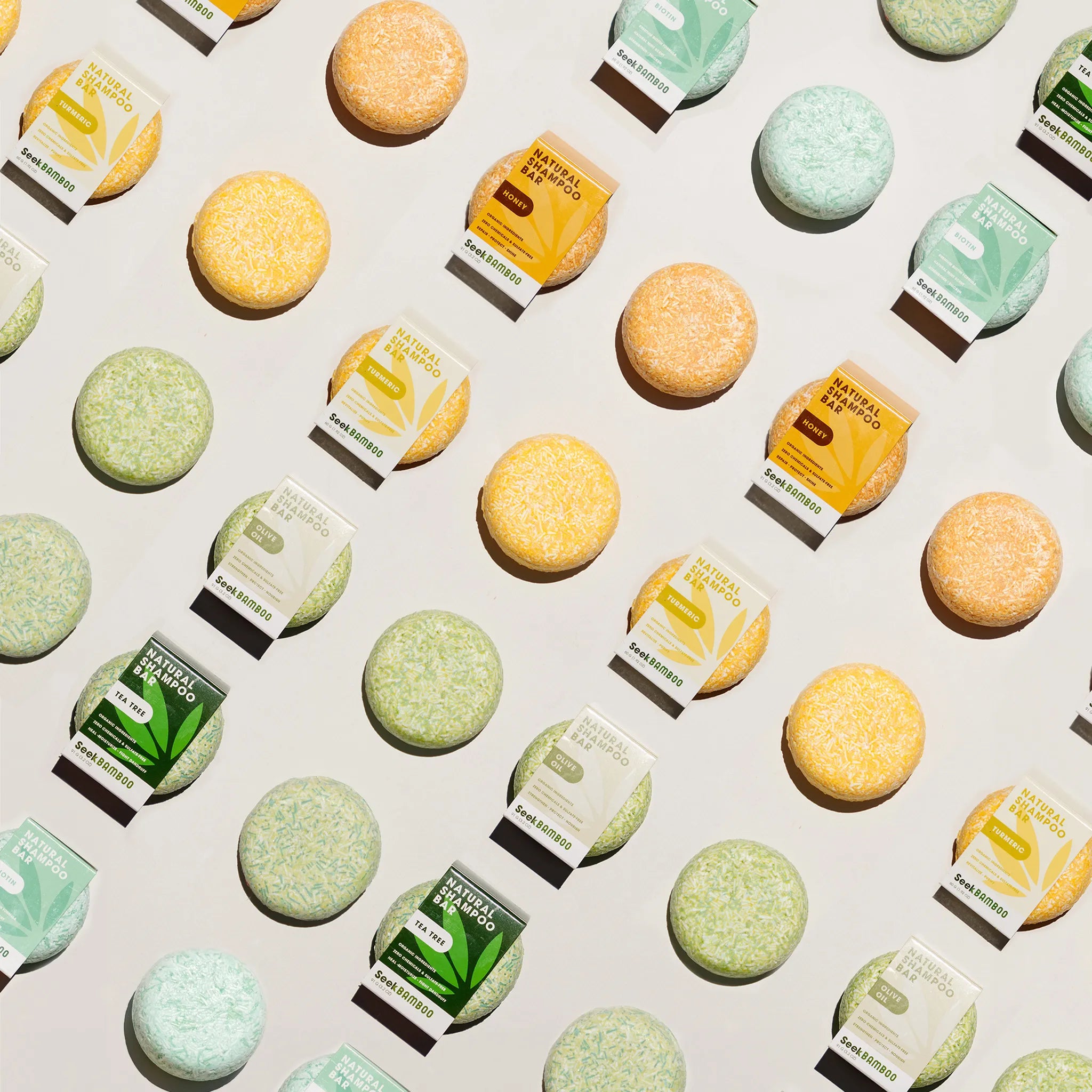
✓ Free of sulfates, palm oil, parabens, dyes, & synthetic fragrances
✓ Amino acid formula for all hair types, promoting strength, volume & vitality
✓ Packed with antioxidants & vitamins
✓ Larger 3.2 oz size lasts 70-90 washes, replacing up to 3 plastic bottles of shampoo
✓ Plastic-free & eco-friendly packaging, making it a sustainable choice for both your hair & the planet
The Perfect Blend for Holistic Hair Care
While cocoa butter and mango butter each have distinct benefits, they also complement one another beautifully. Combining them in a natural shampoo butter can deliver the best of both worlds: deep hydration, lightweight nourishment, and protection for all hair types. Offering such a blend ensures a versatile, well-rounded hair care solution that meets a wide range of customer needs, making it a staple in any natural hair care routine.
Natural Soap and Shampoo Bars
Butter Believe It: All Your Questions Answered!
Cocoa Butter vs. Mango Butter for Your Hair Care Routine
What is the main difference between cocoa butter and mango butter?
Cocoa butter is a rich, dense butter with a thick texture that provides intense hydration and creates a protective barrier on the hair. It’s ideal for coarse, curly, or extremely dry hair. Mango butter, on the other hand, is softer and lighter, offering quick absorption and balanced hydration. It’s better suited for fine or oily hair and helps improve elasticity without weighing the hair down.
Which butter is better for dry or damaged hair?
Cocoa butter is the better choice for severely dry or damaged hair due to its ability to deeply penetrate the hair shaft and lock in moisture. Its rich texture also helps repair split ends and protect against further damage. Mango butter, while hydrating, is more suited for mild dryness or for maintaining healthy hair.
Can I use cocoa butter or mango butter on my scalp?
Yes, both butters can be applied to the scalp. Cocoa butter is excellent for soothing dry or flaky scalps, creating a protective layer to lock in moisture. Mango butter is lightweight and absorbs easily, making it ideal for hydrating the scalp without clogging pores, especially if you have an oily scalp.
Are cocoa butter and mango butter suitable for curly hair?
Absolutely! Cocoa butter is particularly beneficial for coarse, tight curls, as it provides deep hydration and helps define curls. Mango butter works well for wavy or fine curls, offering lightweight moisture and enhancing curl elasticity without making them feel heavy or greasy.
Is mango butter better for fine or oily hair?
Yes, mango butter is an excellent choice for fine or oily hair. Its lightweight consistency hydrates without adding heaviness or leaving a greasy residue, making it perfect for maintaining soft, healthy hair without weighing it down.
Can I use cocoa butter and mango butter together?
Yes, combining cocoa butter and mango butter can offer the best of both worlds. This blend provides intense hydration and deep repair from cocoa butter while balancing it with mango butter’s lightweight, quick-absorbing properties. The combination is ideal for creating versatile hair care products like shampoo butters.
Do cocoa butter and mango butter help with frizz?
Both butters are excellent for managing frizz. Cocoa butter is highly effective for taming frizz in thick or coarse hair, as its dense texture smooths the hair shaft. Mango butter also reduces frizz but does so with a lighter touch, making it better for fine or wavy hair.
Are these butters safe for color-treated or chemically processed hair?
Yes, both cocoa butter and mango butter are safe for color-treated or chemically processed hair. Their natural, nourishing properties help repair damage, lock in moisture, and restore softness and shine without stripping color or causing buildup.


